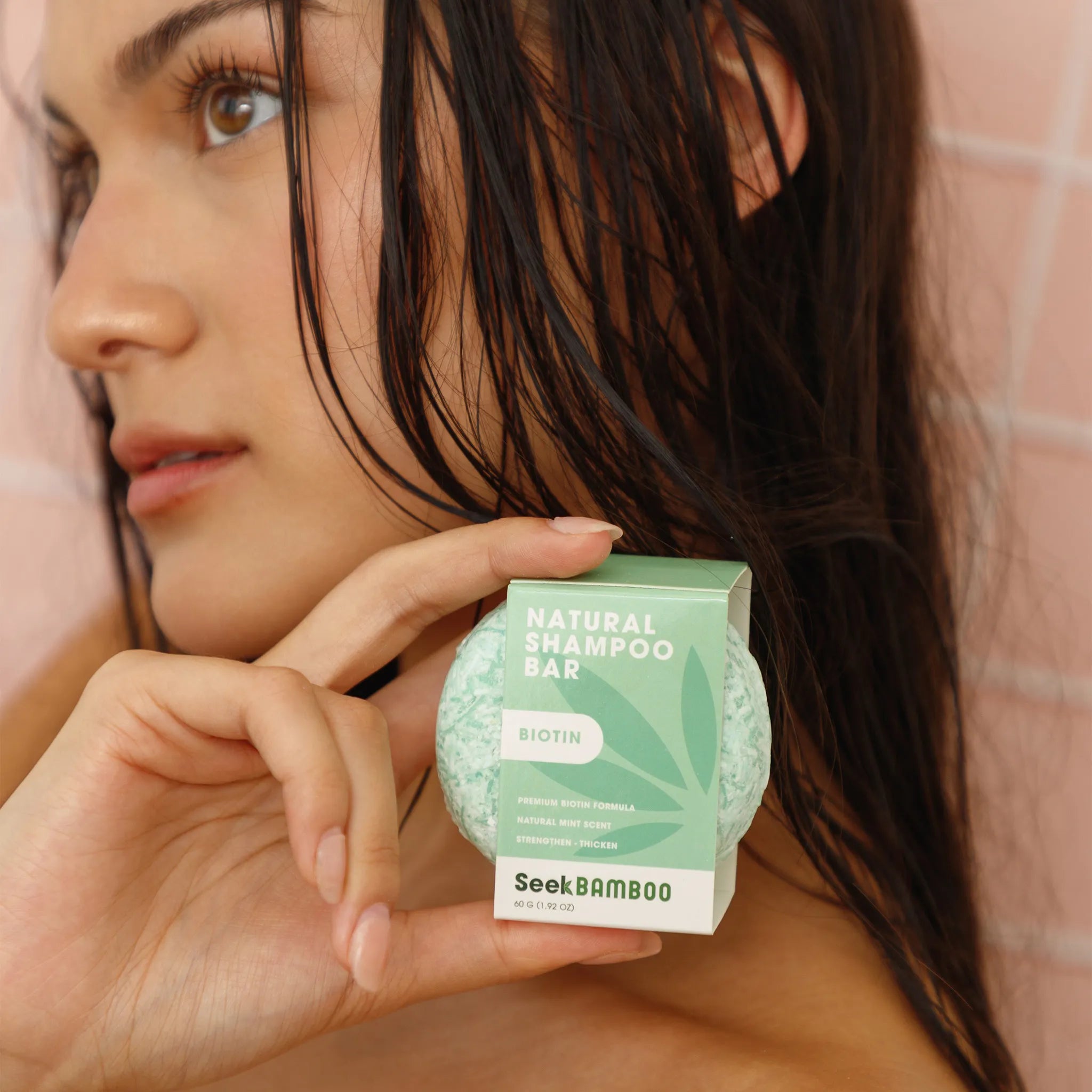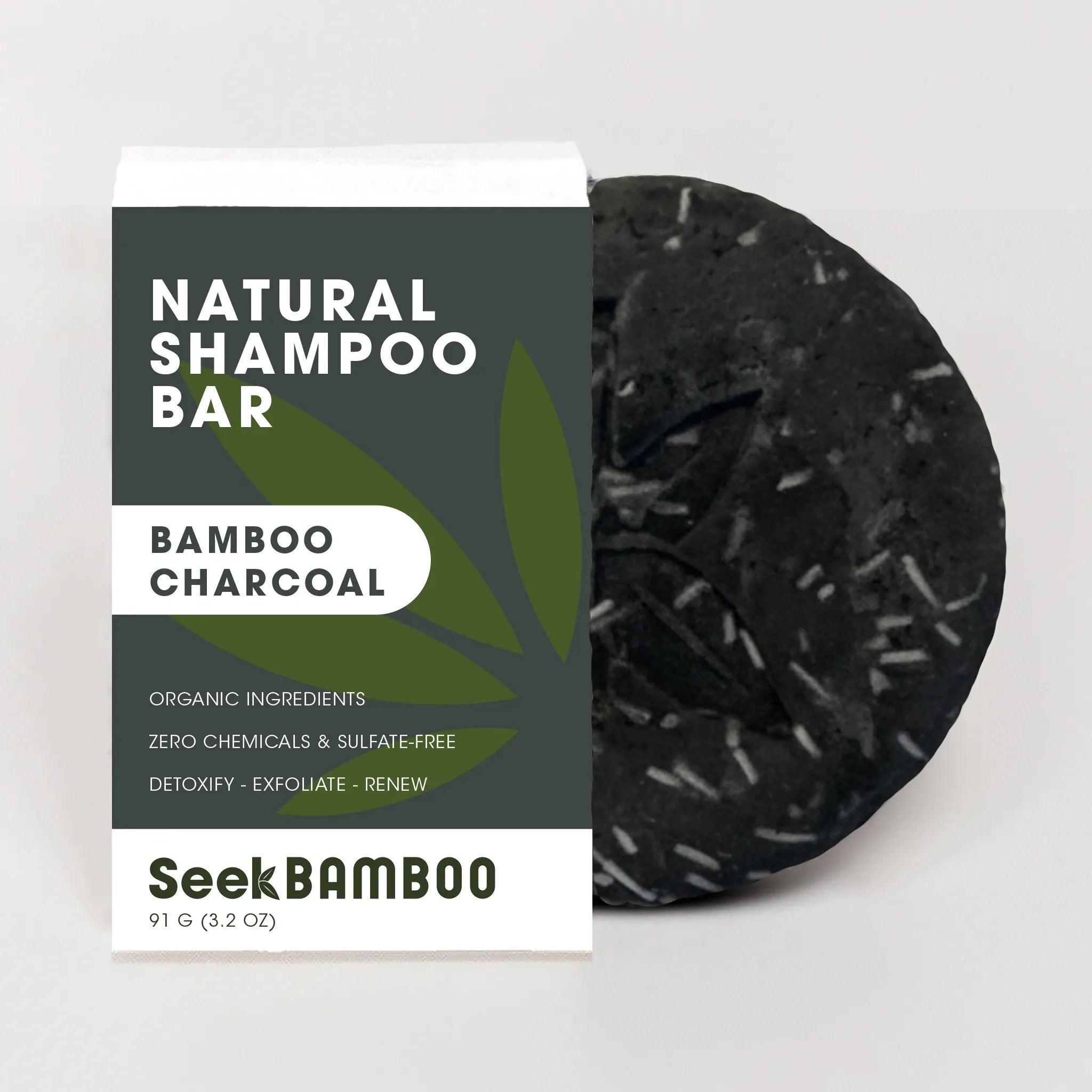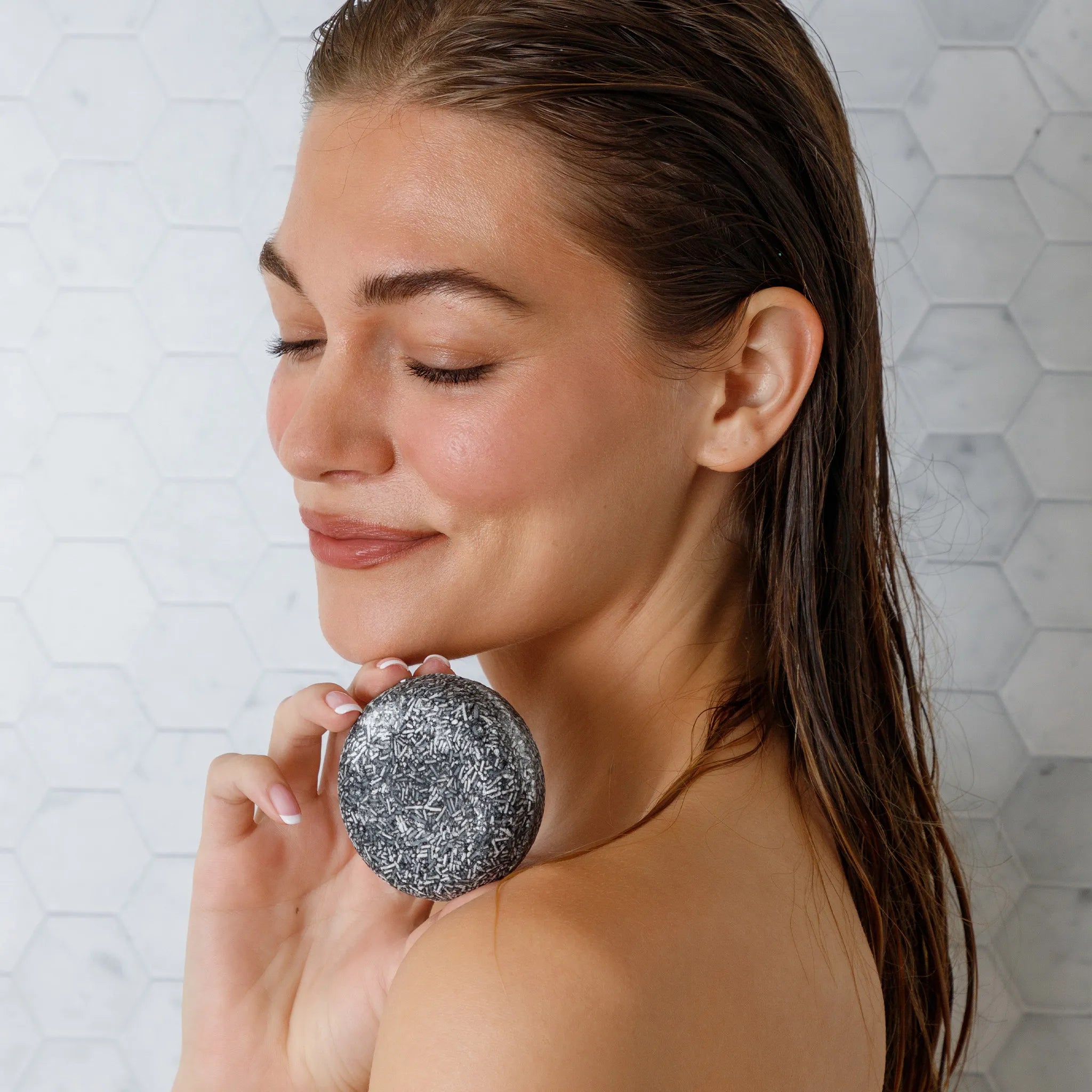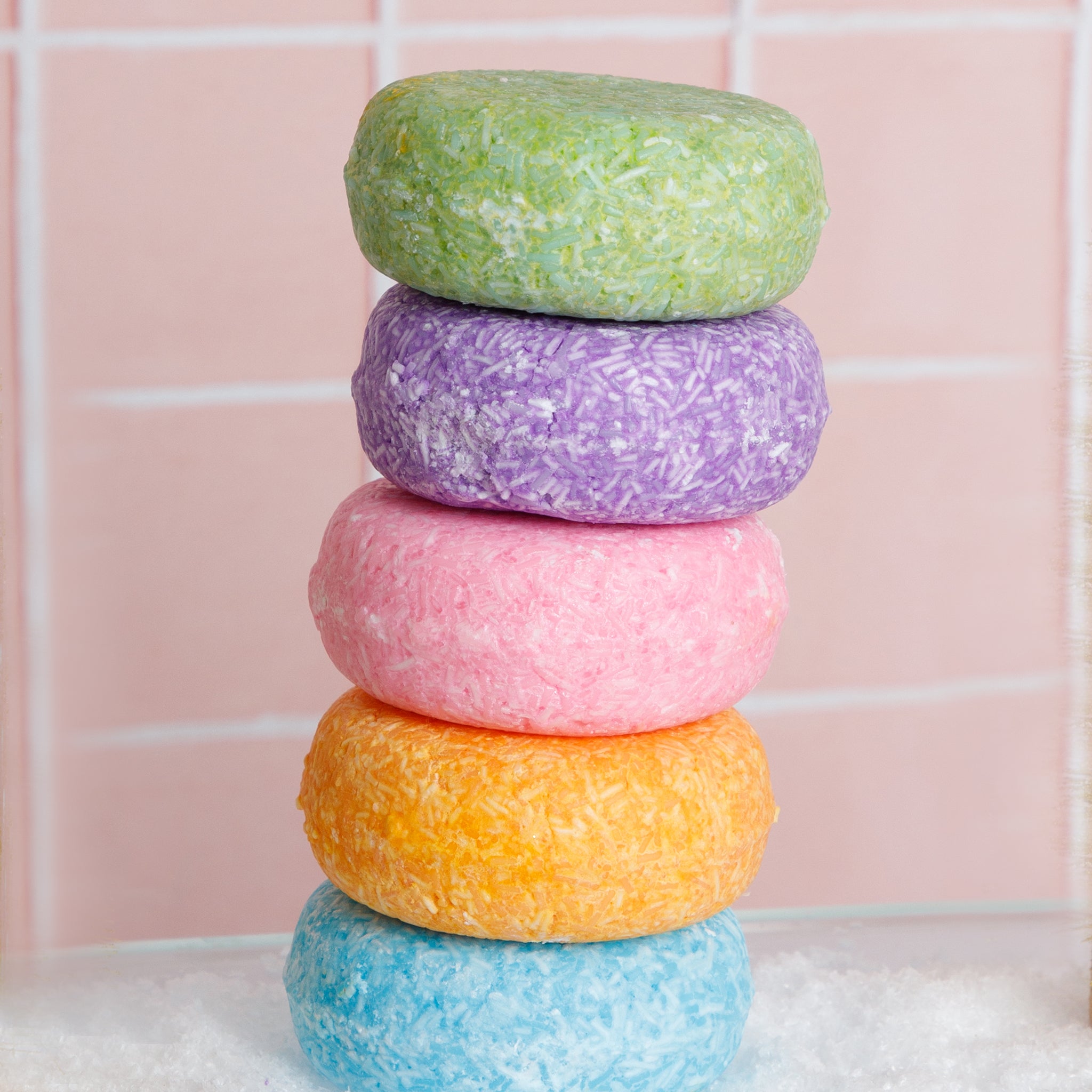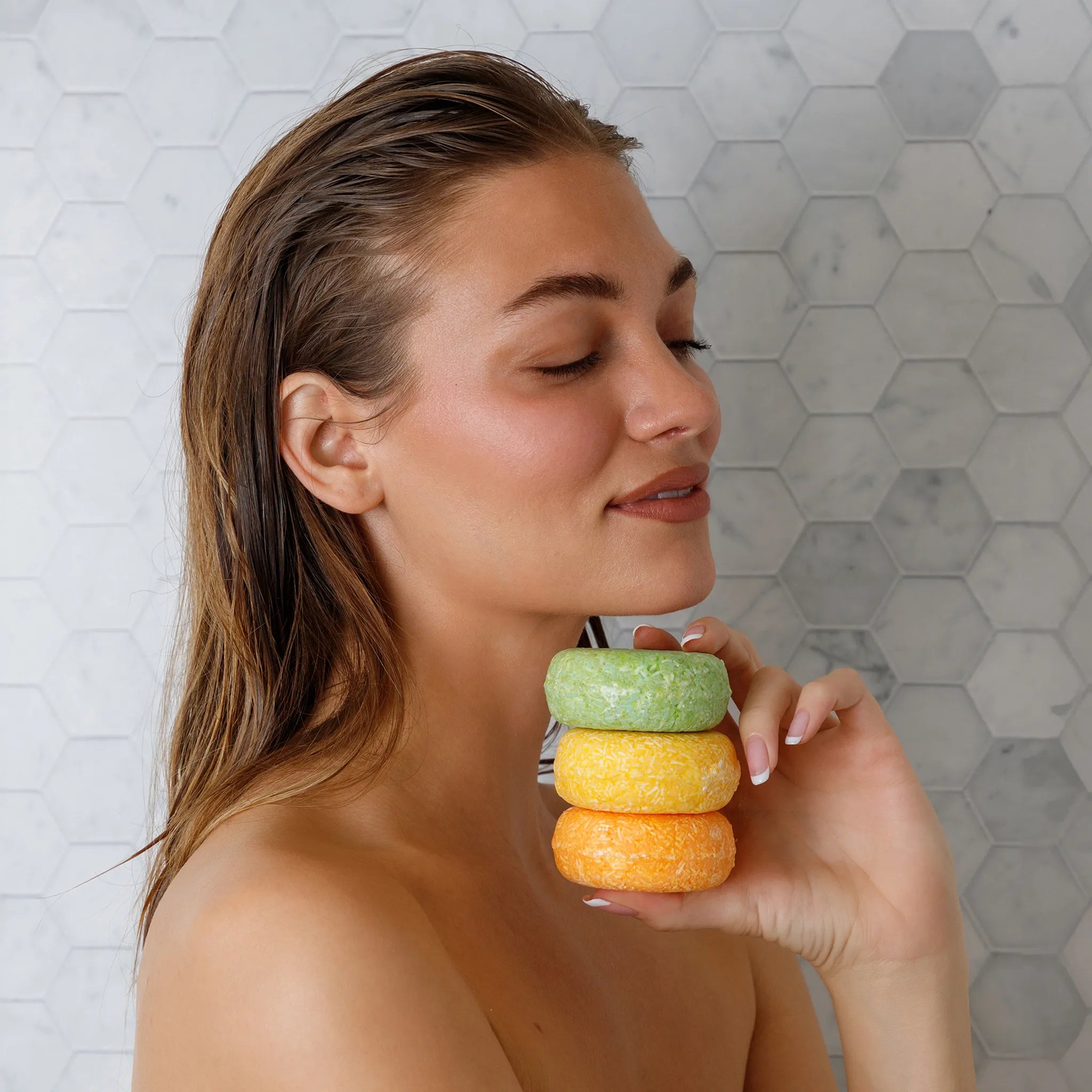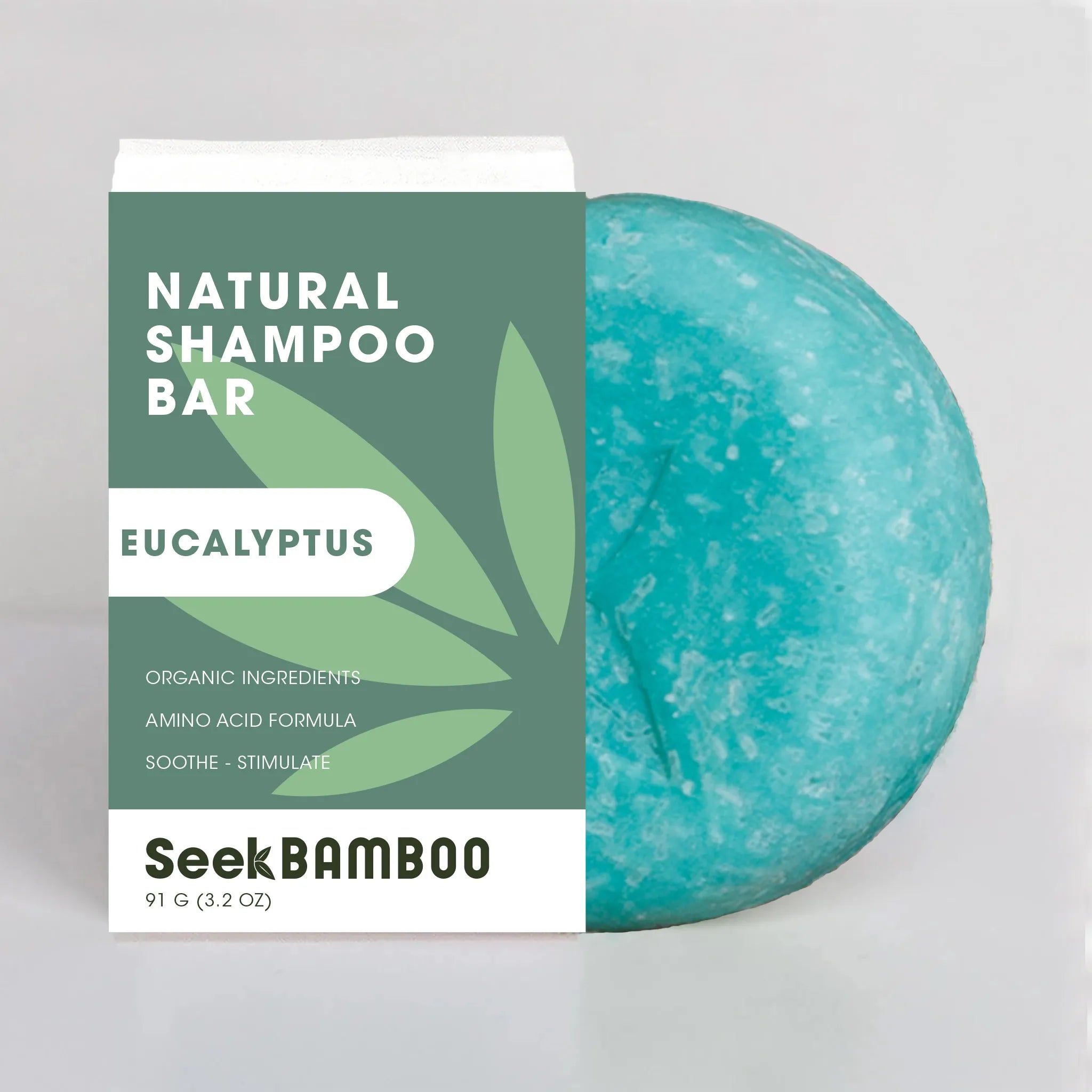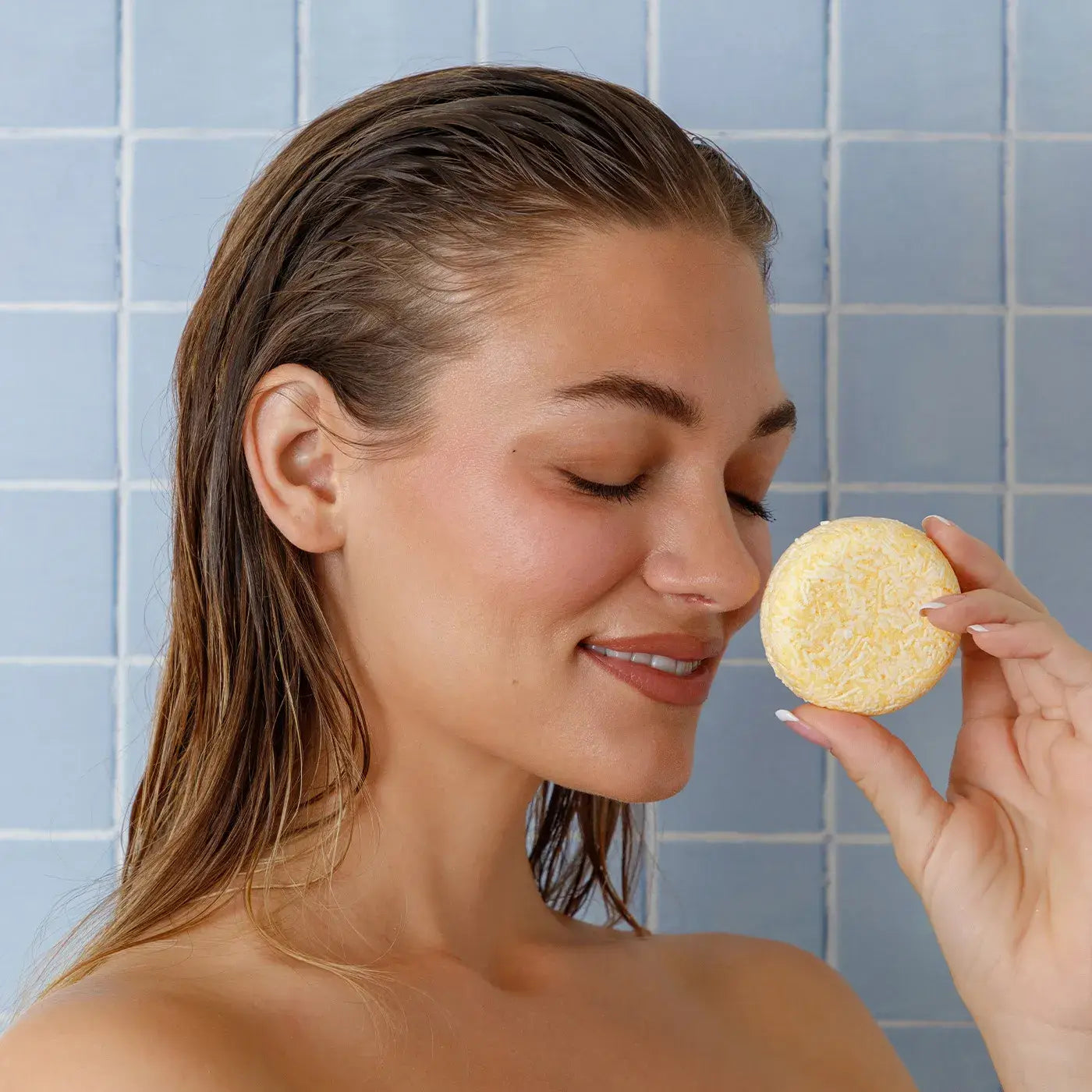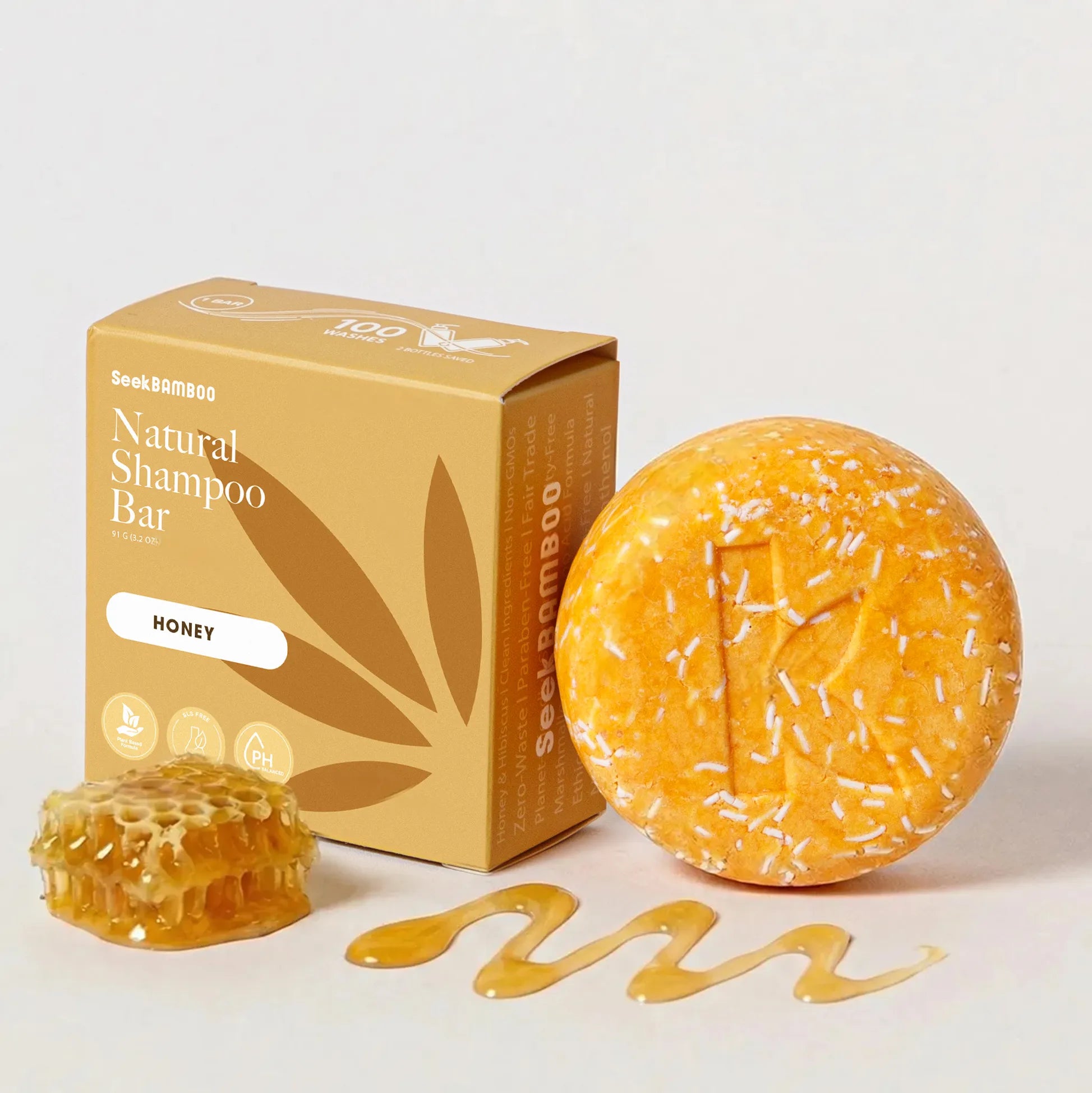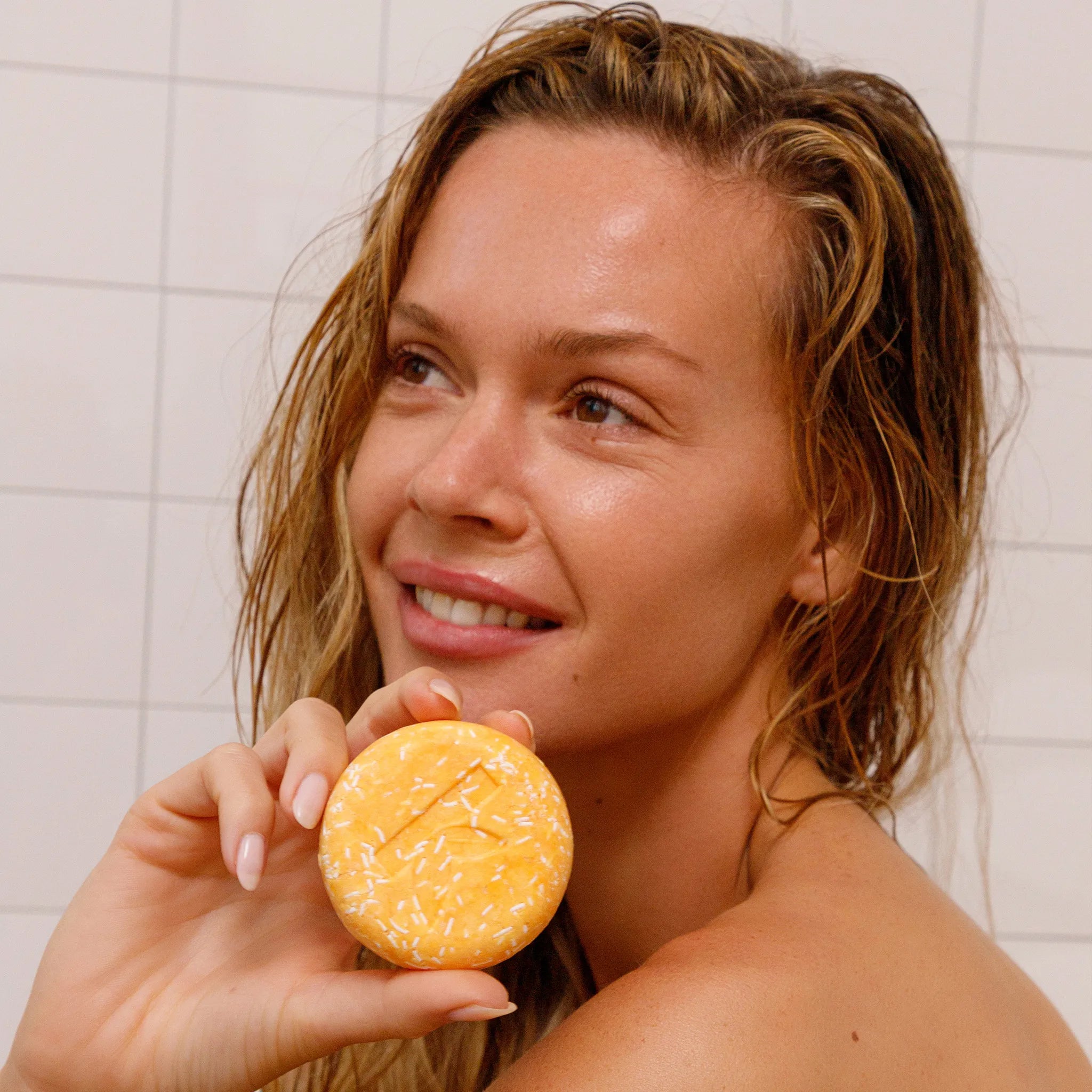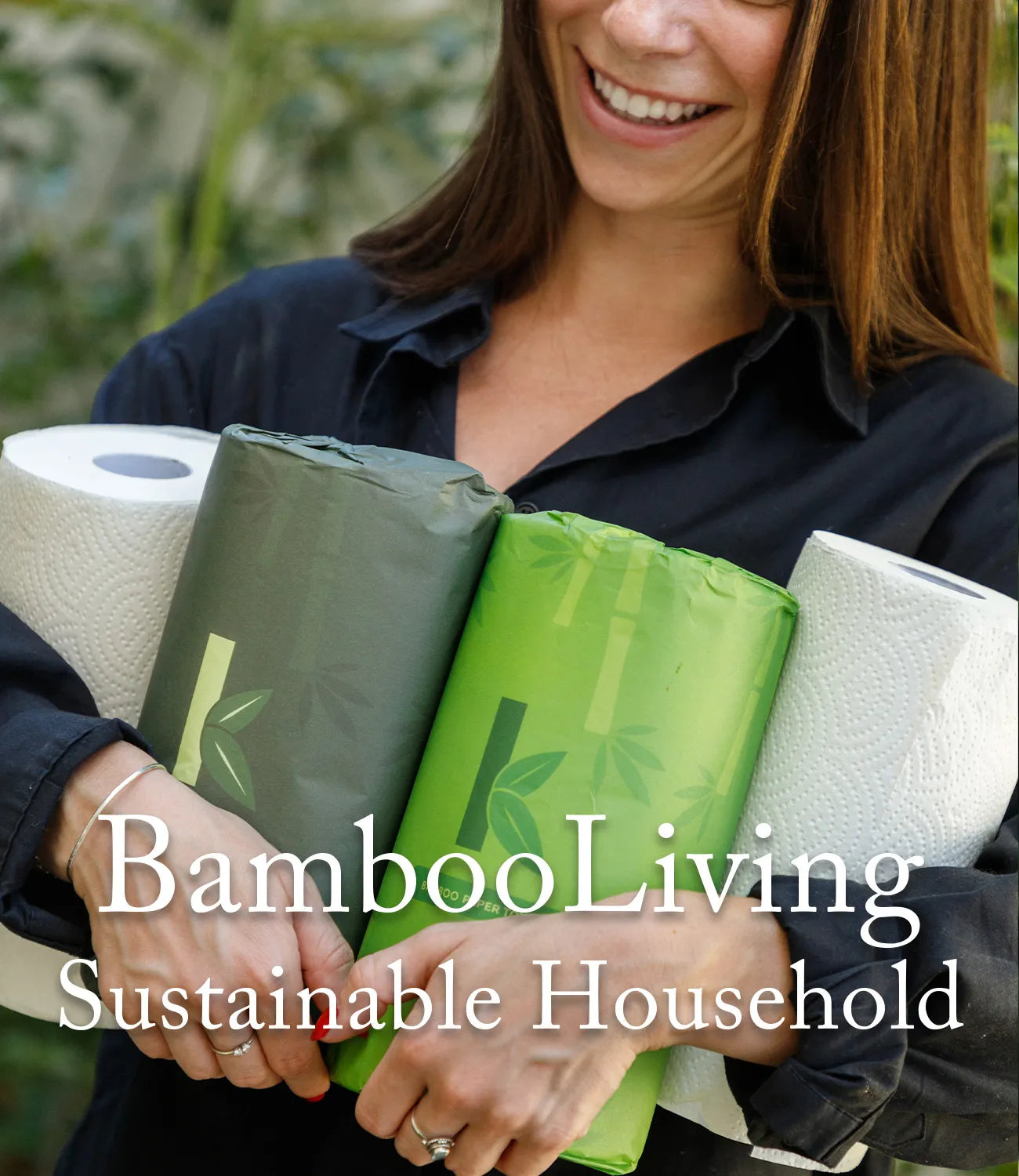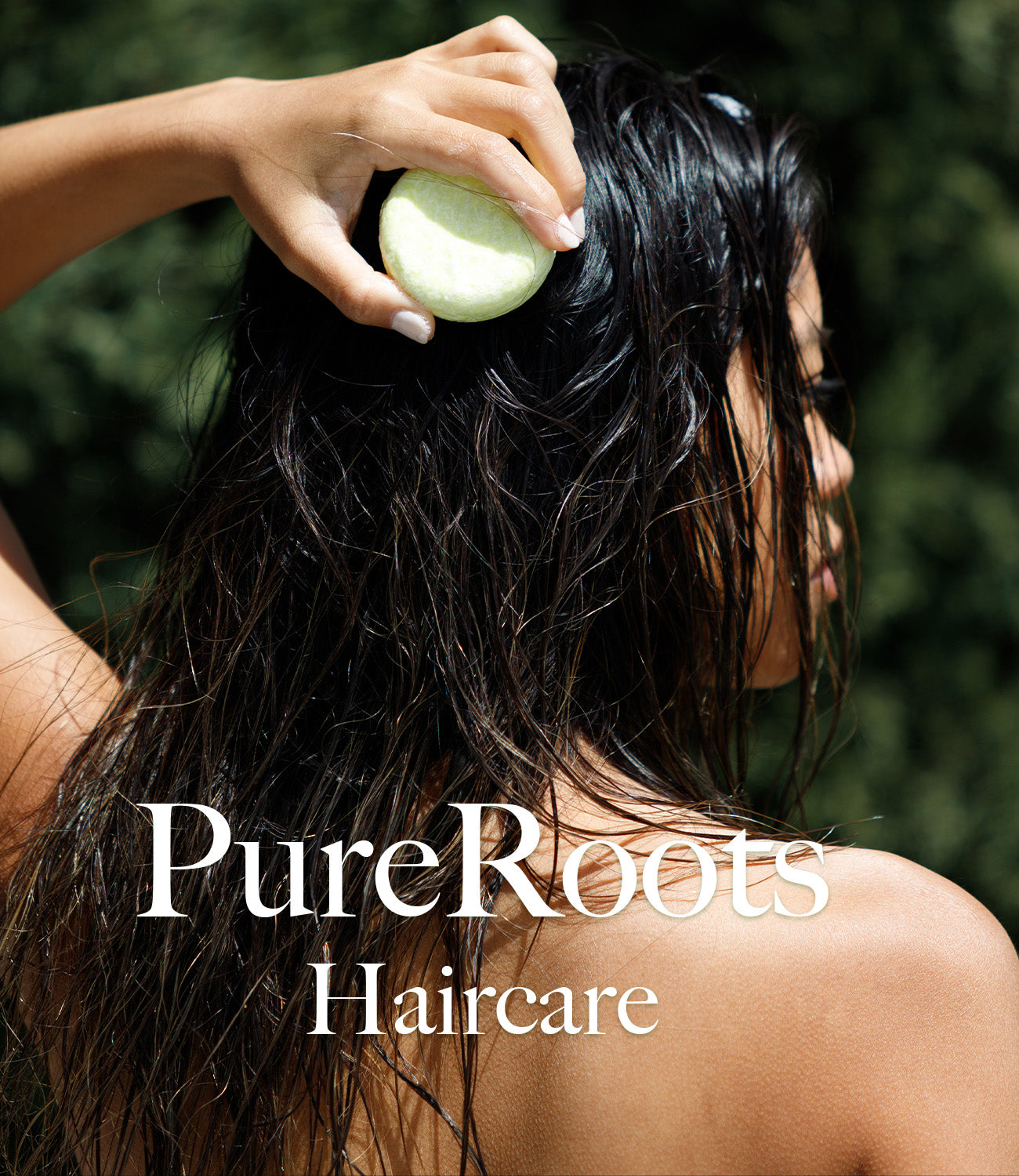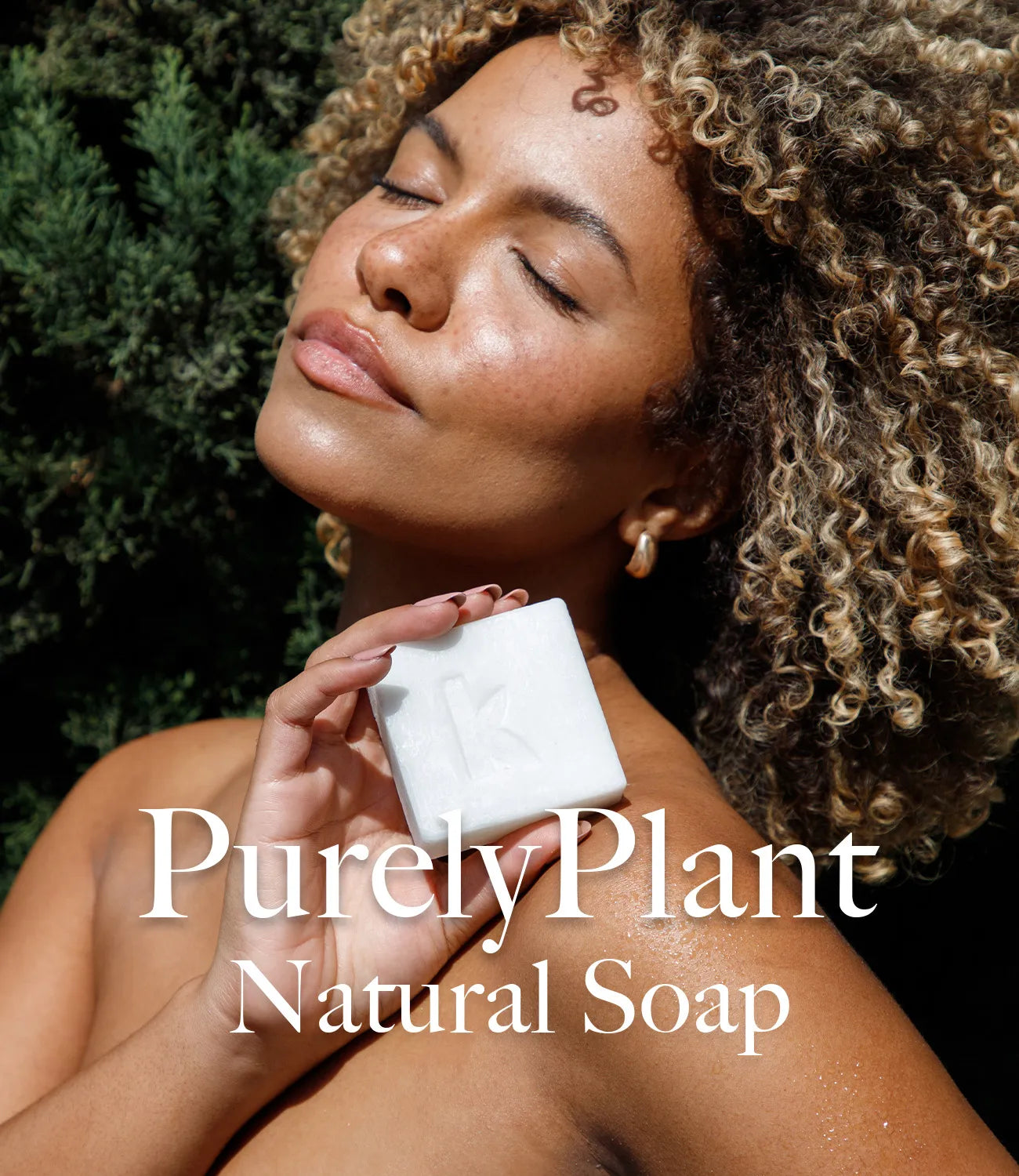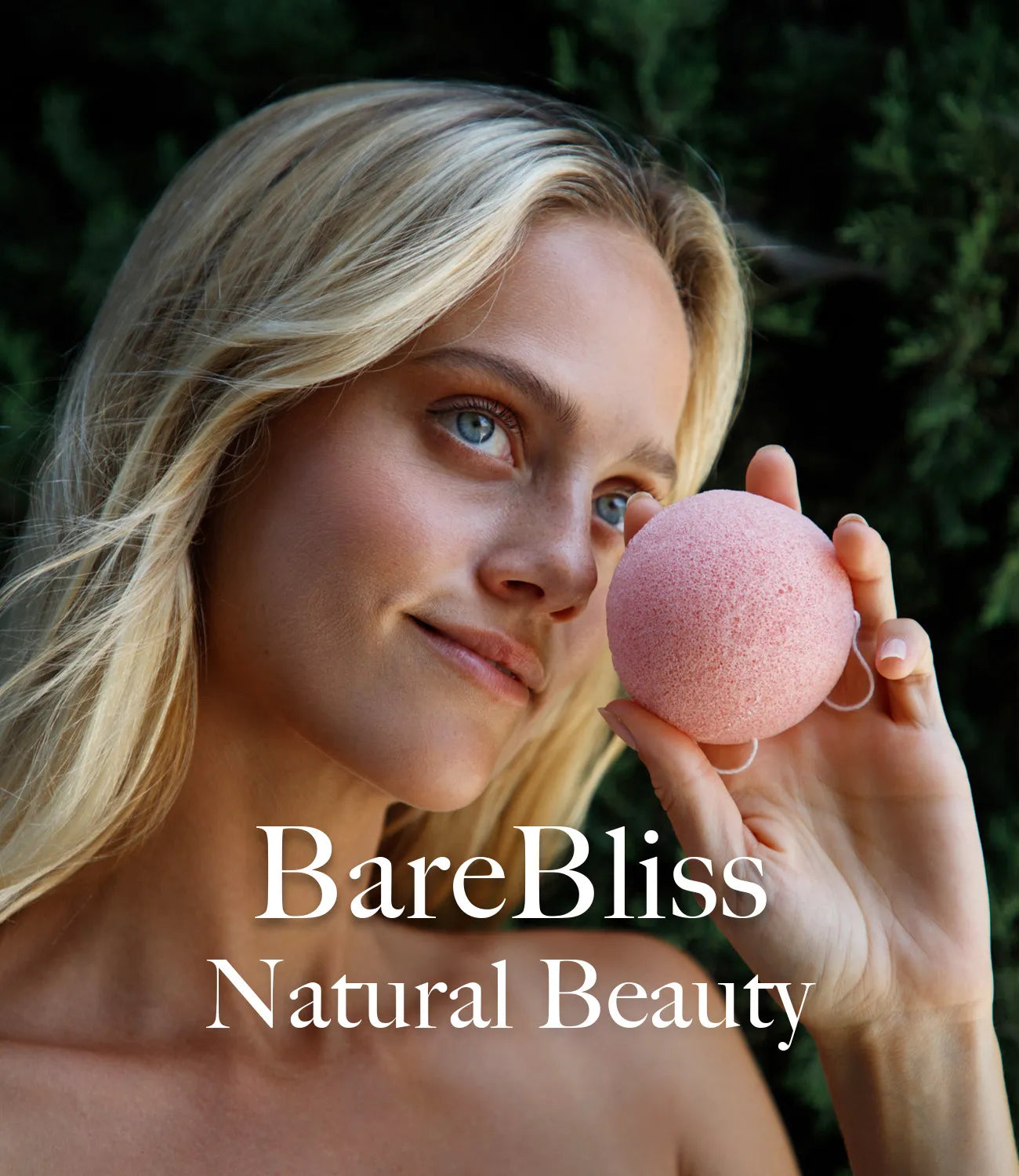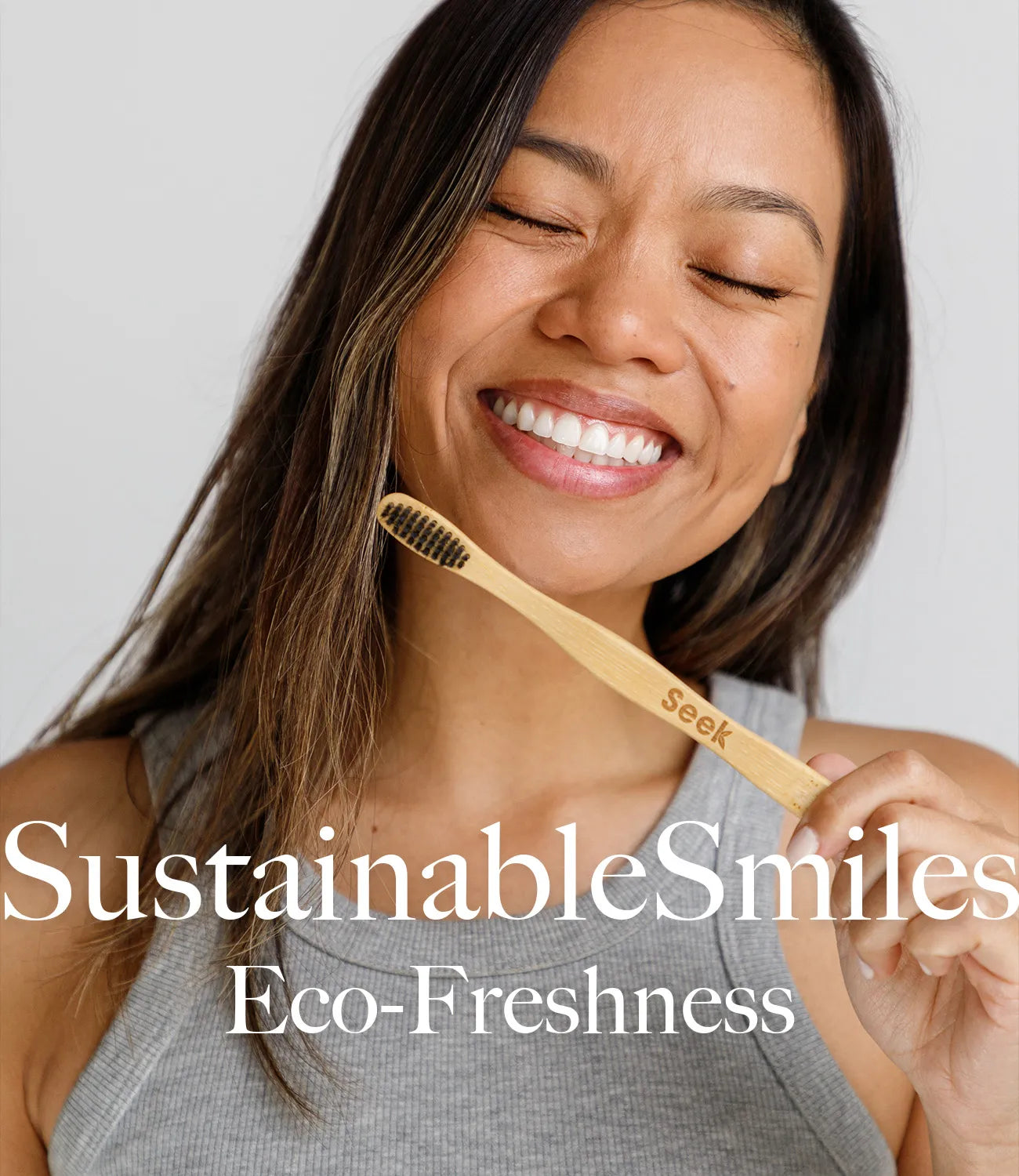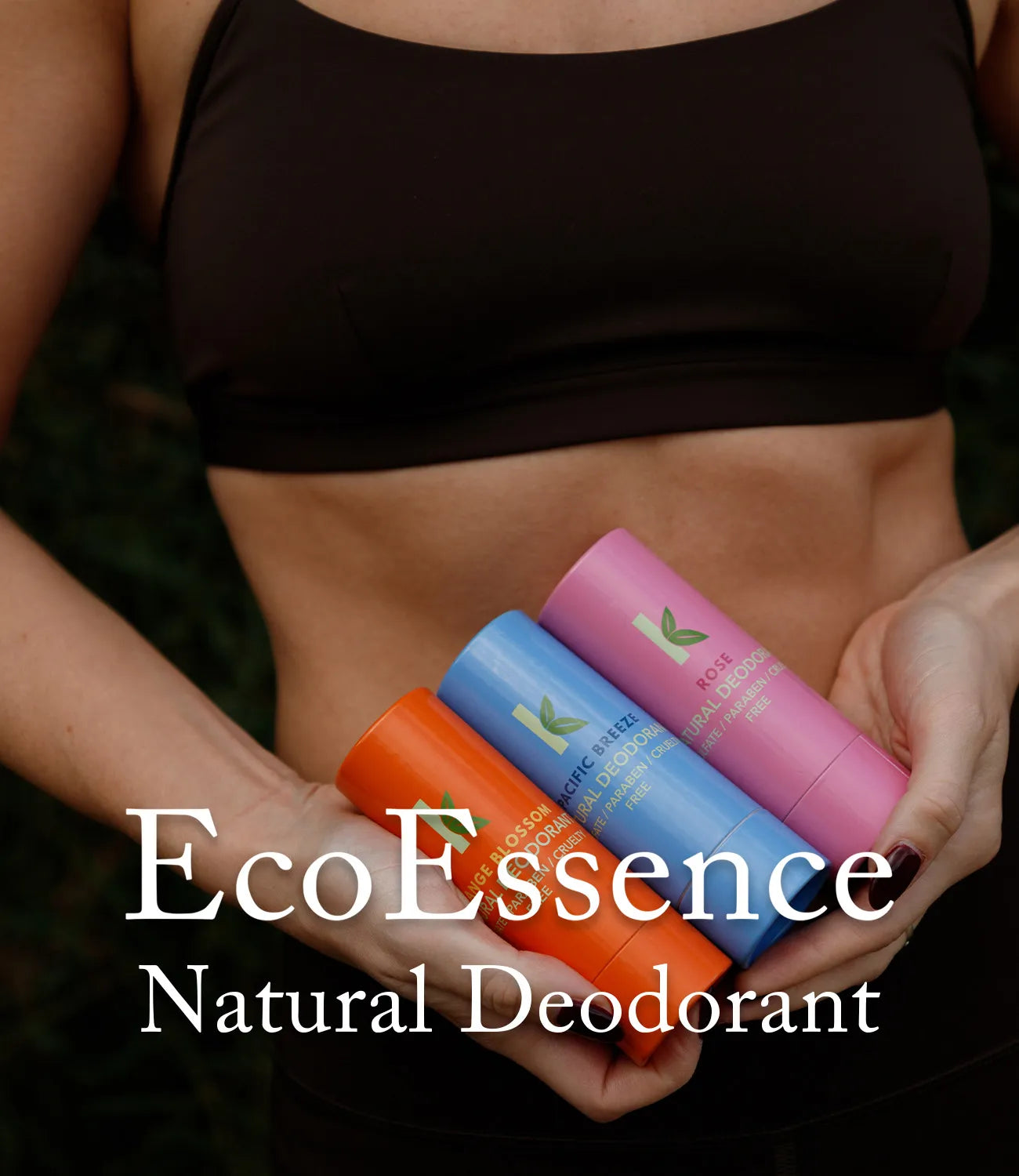Parabens are a group of synthetic compounds widely used as preservatives in the cosmetic and pharmaceutical industries. Chemically, parabens are esters of para-hydroxybenzoic acid, and their primary function is to extend the shelf life of products by preventing the growth of microbes. In shampoos, parabens help maintain the product's integrity and safety by inhibiting the development of potentially harmful bacteria and fungi. Their effectiveness and low cost have made them a popular choice in a variety of personal care products, ranging from moisturizers and makeup to hair care formulations.
The topic of parabens in personal care products, particularly in shampoos, has garnered significant attention in recent years. This surge in interest is primarily due to concerns about the safety of these chemicals, sparked by research suggesting they might interfere with the body's hormone systems, specifically mimicking estrogen. Although these compounds are approved for use and considered safe in small amounts by various health agencies, the debate about their safety continues in scientific and consumer circles. As consumers become more health-conscious, understanding the ingredients in everyday products has become a priority for many.
Moreover, the environmental impact of parabens is an emerging area of concern. Studies have shown that parabens can persist in the environment and enter water systems after being washed off our bodies, potentially affecting wildlife, particularly aquatic organisms. These environmental considerations, coupled with health concerns, are driving the demand for more natural and safer alternatives in personal care products. As a result, the discussion about parabens is not only a matter of individual health but also of environmental responsibility, making it a relevant topic for anyone interested in sustainable and safe cosmetic practices.
What Are Parabens?
Parabens are a class of widely used preservatives in the cosmetic, pharmaceutical, and food industries. Scientifically, they are known as alkyl esters of p-hydroxybenzoic acid. Common parabens include methylparaben, propylparaben, butylparaben, and ethylparaben. Each of these compounds shares a common functional group, the paraben structure, but differs slightly in the length of the alkyl chain, which influences their hydrophobicity and antimicrobial activity. These properties are crucial because they affect how well parabens can penetrate and preserve various types of formulations.
The primary reason parabens are used in shampoos and other personal care products is their effective antimicrobial properties, which help to prevent the growth of harmful bacteria and fungi. This is particularly important in water-based products like shampoos, which can otherwise become breeding grounds for microbes. Parabens are especially effective against a broad spectrum of microorganisms and are active across a wide pH range, making them versatile for different types of cosmetic products. Additionally, parabens are chemically stable, which helps maintain the efficacy and shelf life of a product over time.
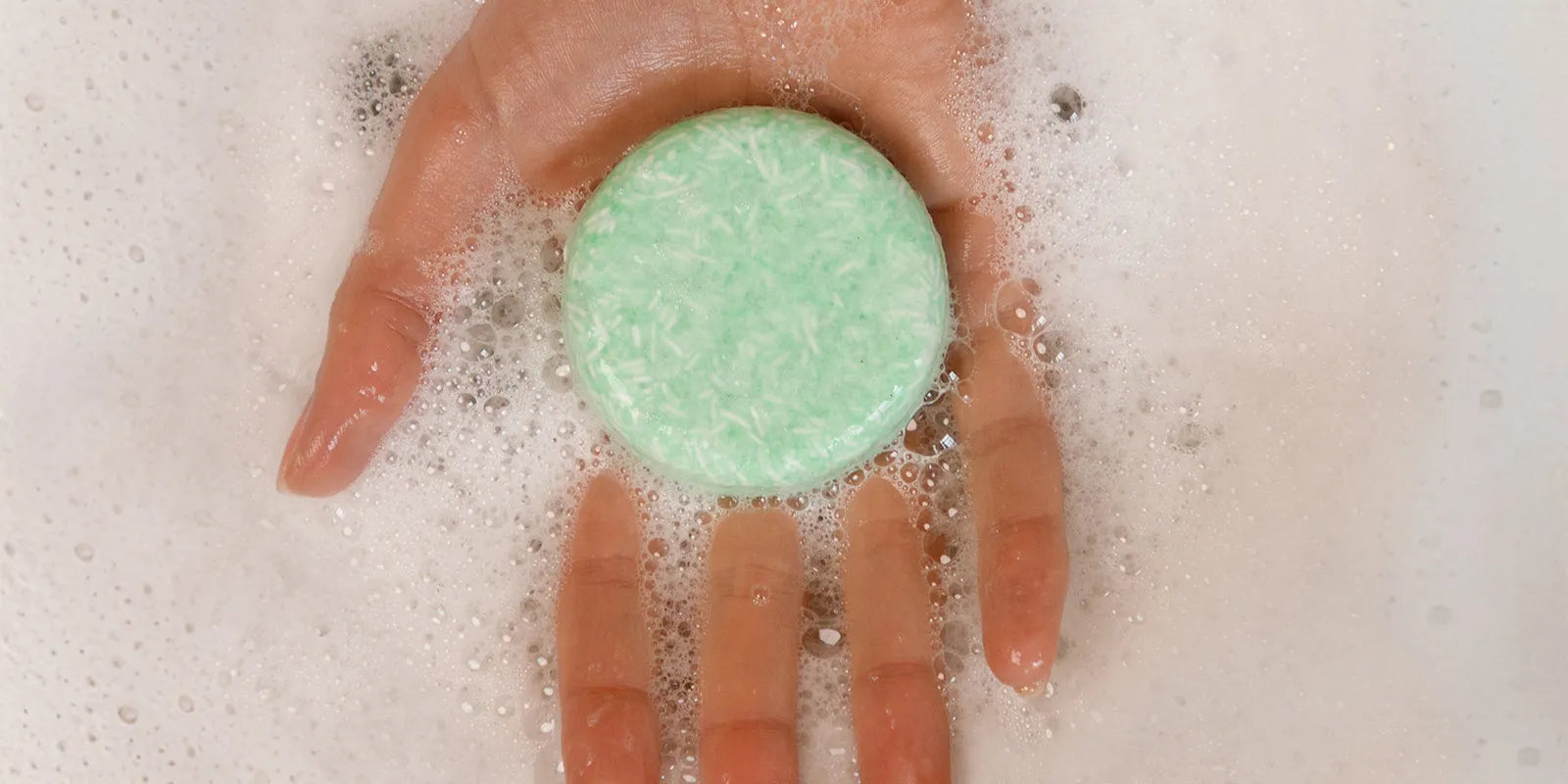
Parabens In Shampoos
Parabens play a critical role in the preservation of shampoos and other water-based cosmetics by inhibiting the growth of bacteria, fungi, and yeast that can not only spoil the product but can also pose health risks to users. These microbes thrive in moist environments, and without proper preservation, shampoos can become contaminated, leading to problems such as skin irritation or infections. The antimicrobial action of parabens is primarily due to their ability to penetrate microbial cell membranes and interfere with their ability to multiply, effectively keeping the product safe and extending its shelf life.
In shampoo formulations, parabens are typically incorporated at very low concentrations, generally ranging from 0.01% to 0.3%. This small amount is sufficient to prevent microbial growth while minimizing exposure to the consumer. The formulation process involves dissolving parabens into the product at a stage that ensures even distribution throughout the mixture to maintain preservative efficacy throughout the shelf life of the shampoo.
While parabens are effective preservatives and are approved by regulatory bodies such as the FDA and the European Commission at these low concentrations, they are not without controversy. Concerns arise primarily from studies that have suggested parabens can penetrate the skin and remain within tissue, potentially disrupting hormone functions by mimicking estrogen. This has raised alarms about the possible links between parabens and various health issues, including hormonal imbalances and certain types of cancer. These findings have prompted some consumers and health advocates to call for reduced use of parabens or for choosing paraben-free alternatives.
Moreover, the environmental impact of parabens also contributes to the debate. After being washed off during bathing, parabens can enter municipal water systems and eventually natural water bodies. Research has detected traces of parabens in surface waters, where they may disrupt the hormonal systems of aquatic life, contributing to broader ecological imbalances. The persistence of parabens in the environment and their potential as endocrine disruptors in wildlife has further fueled discussions about their safety and desirability in consumer products.
These issues have led to an increased demand for products that use alternative preservation methods that are deemed safer for both human health and the environment. As a result, many manufacturers are now reformulating products to be paraben-free, responding to consumer preference for more natural and perceived safer ingredients.
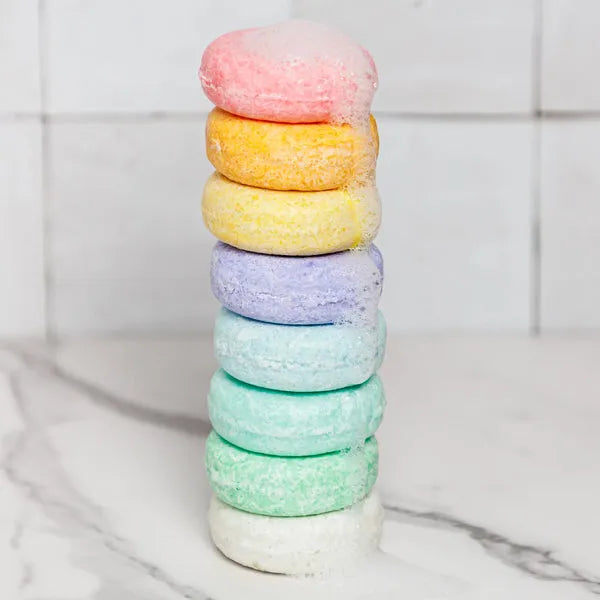
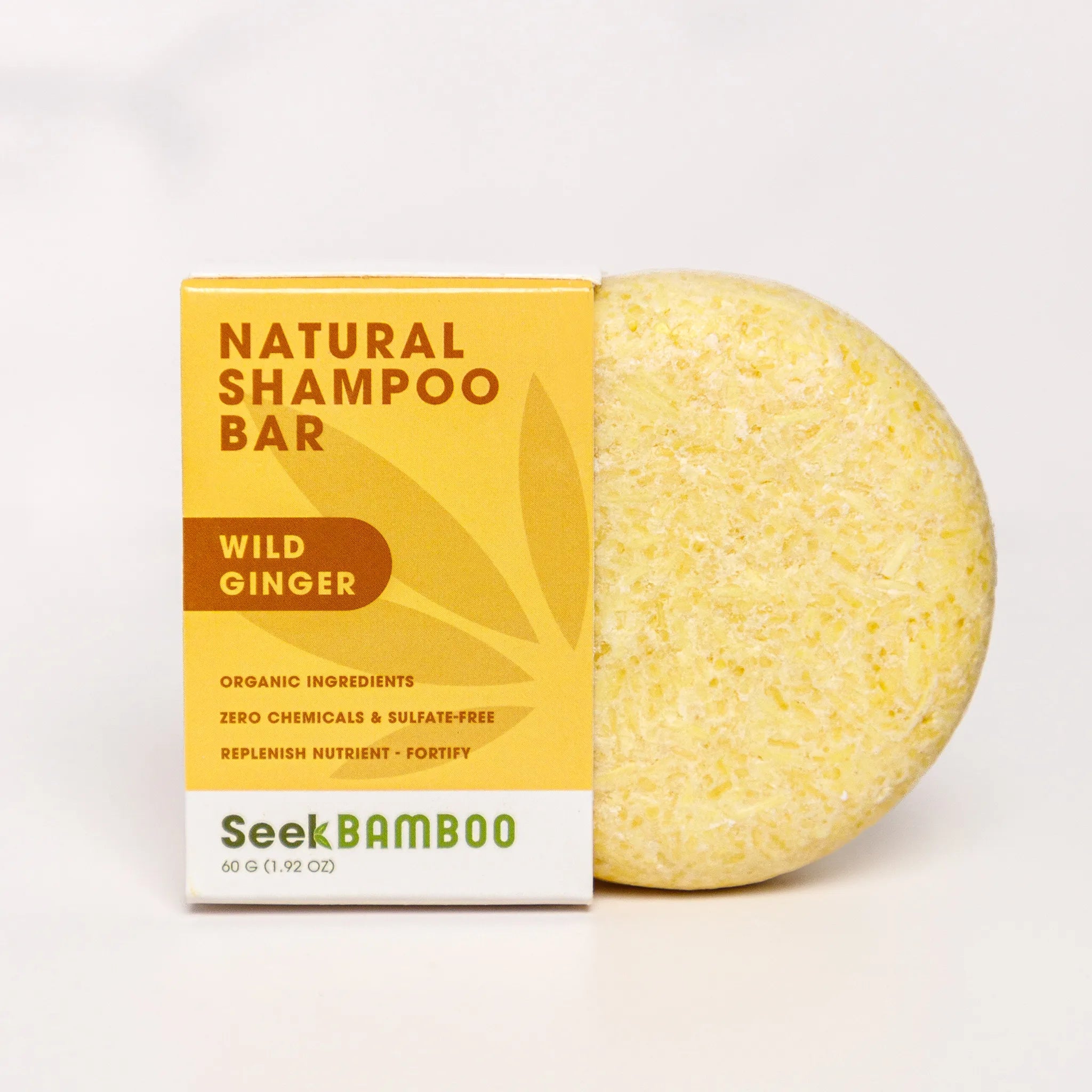
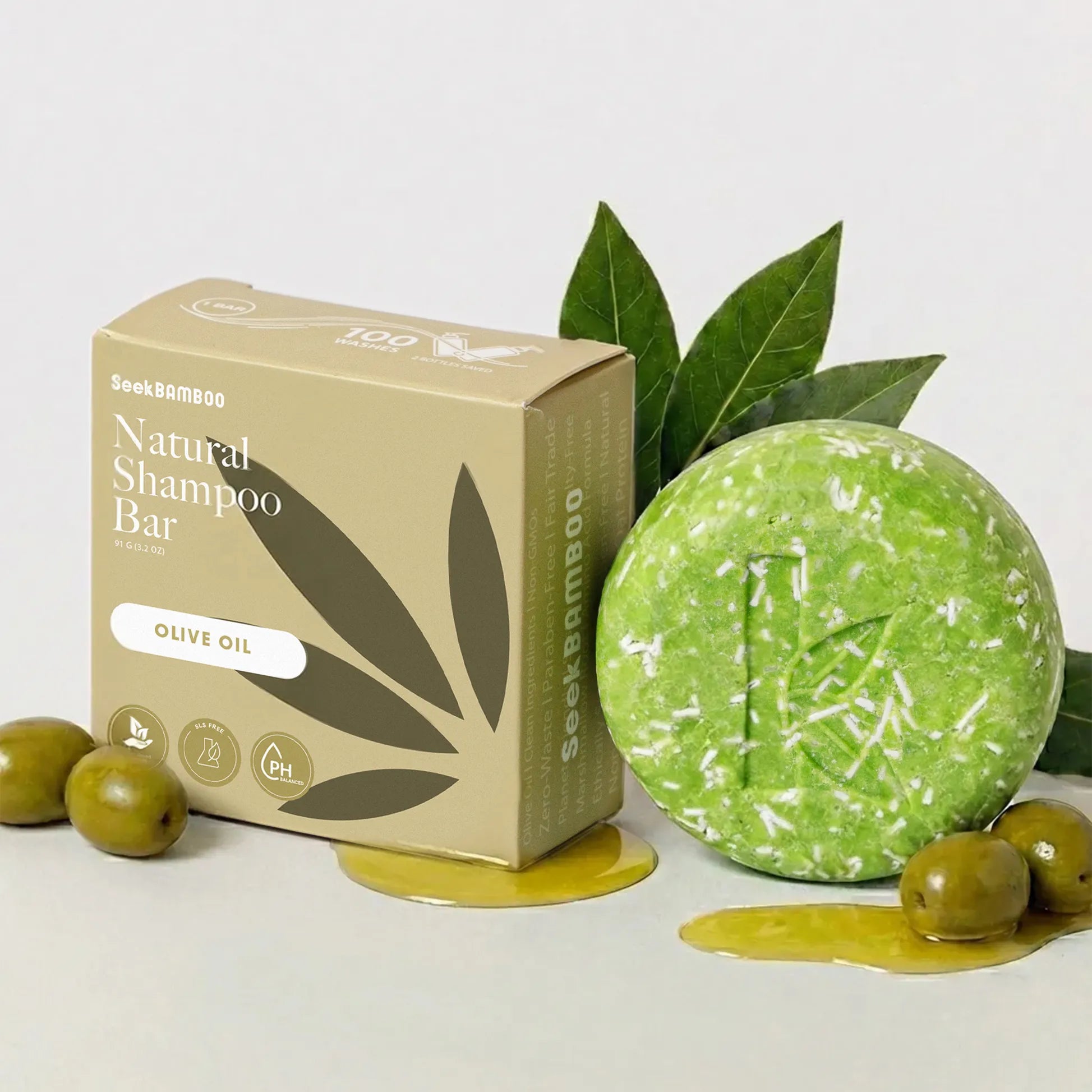
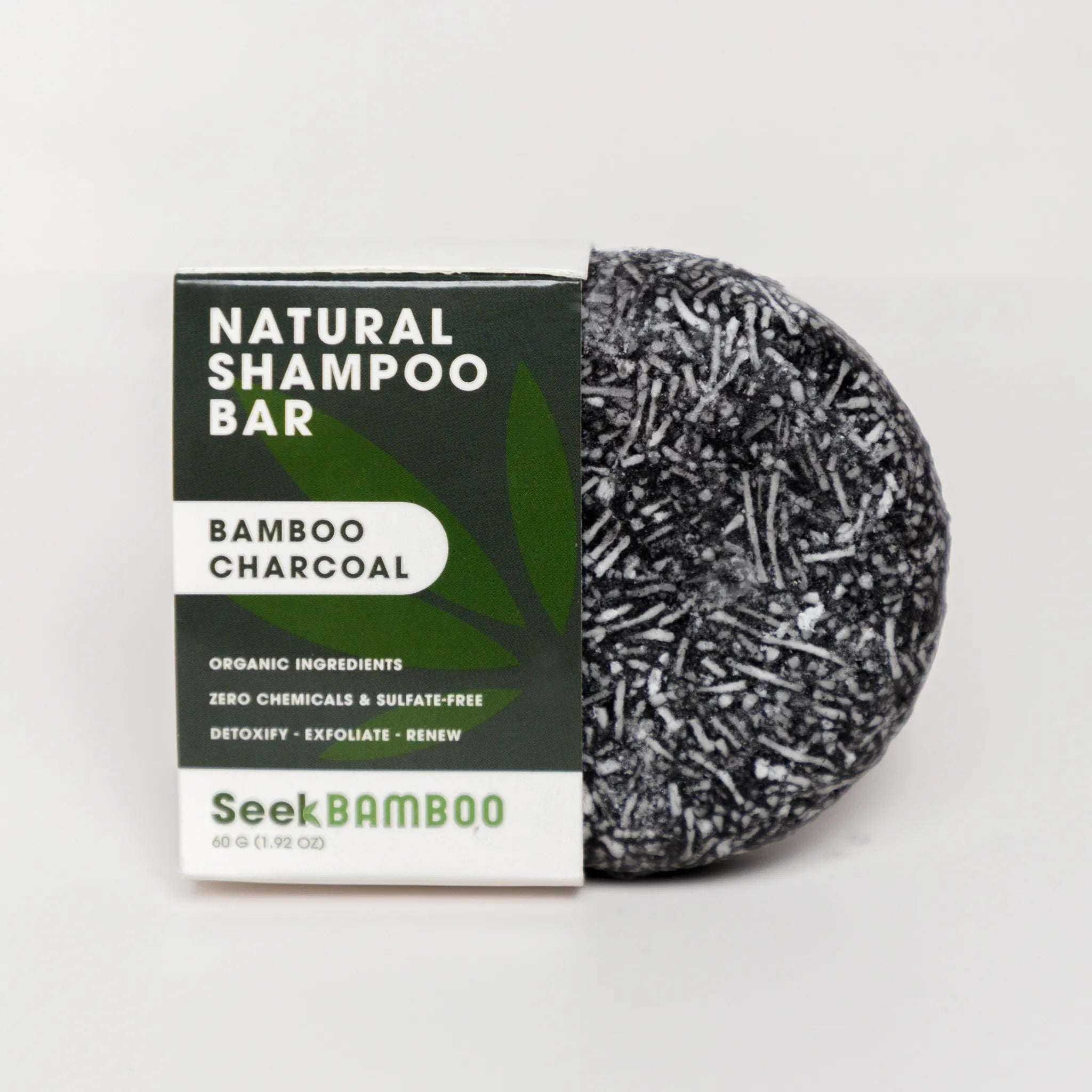
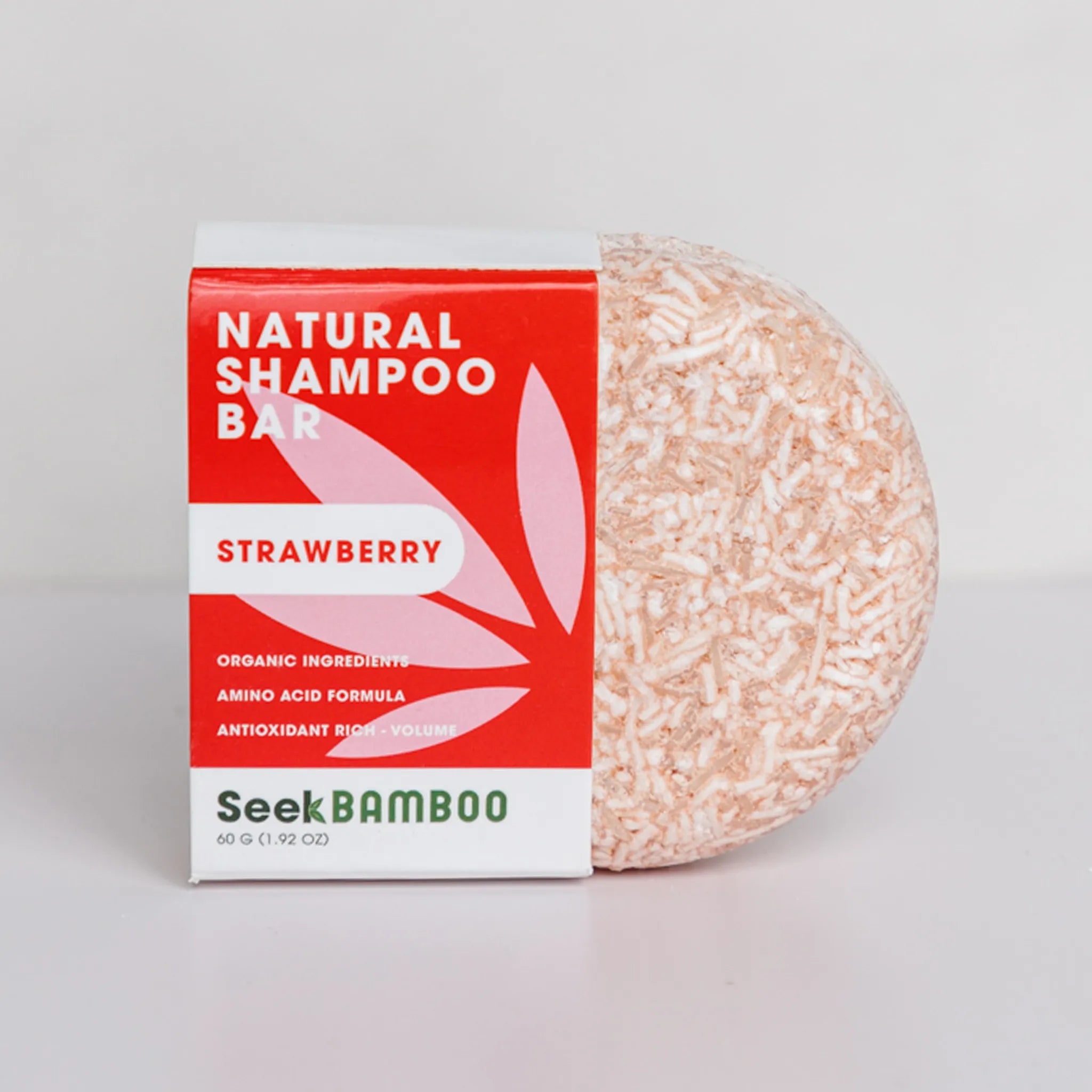
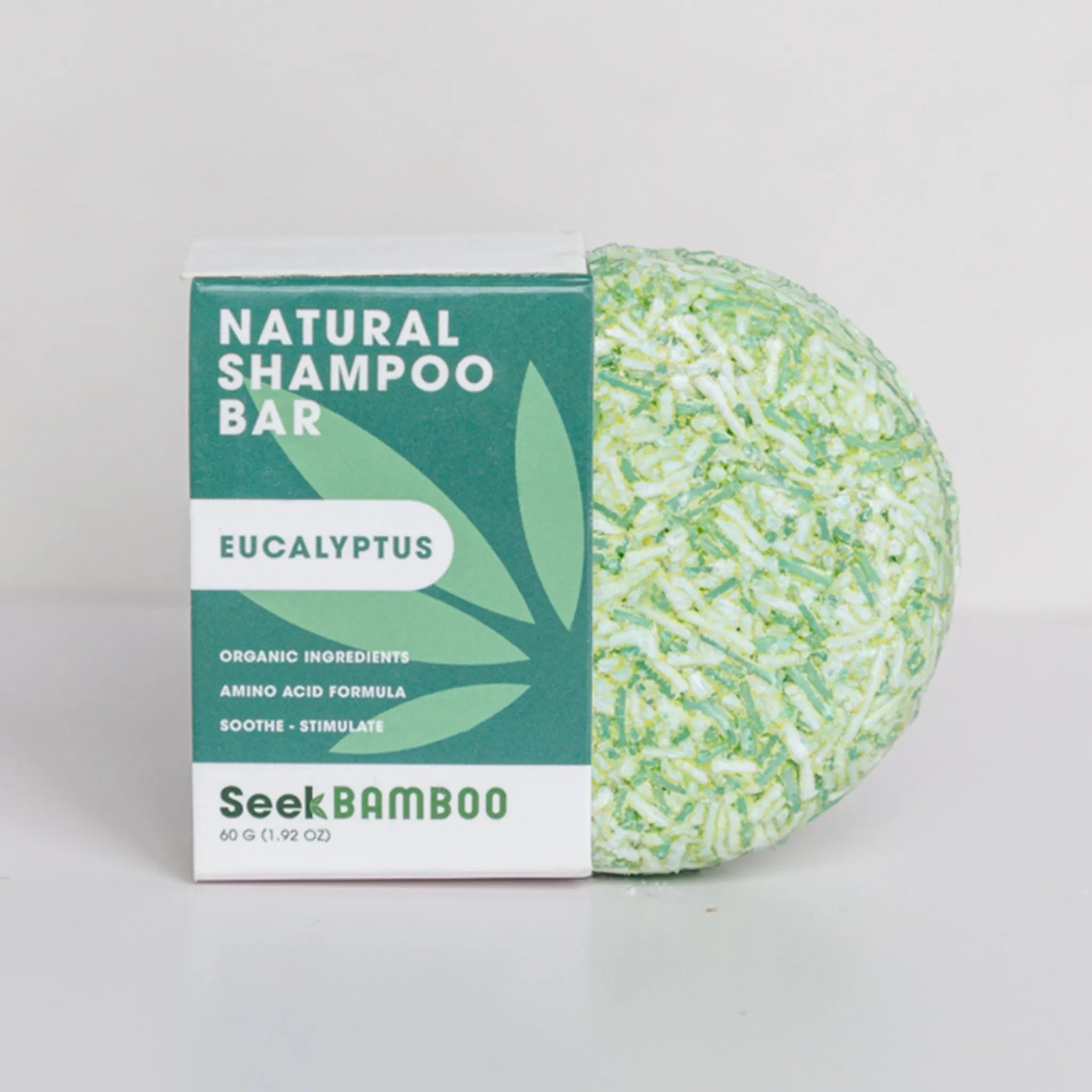
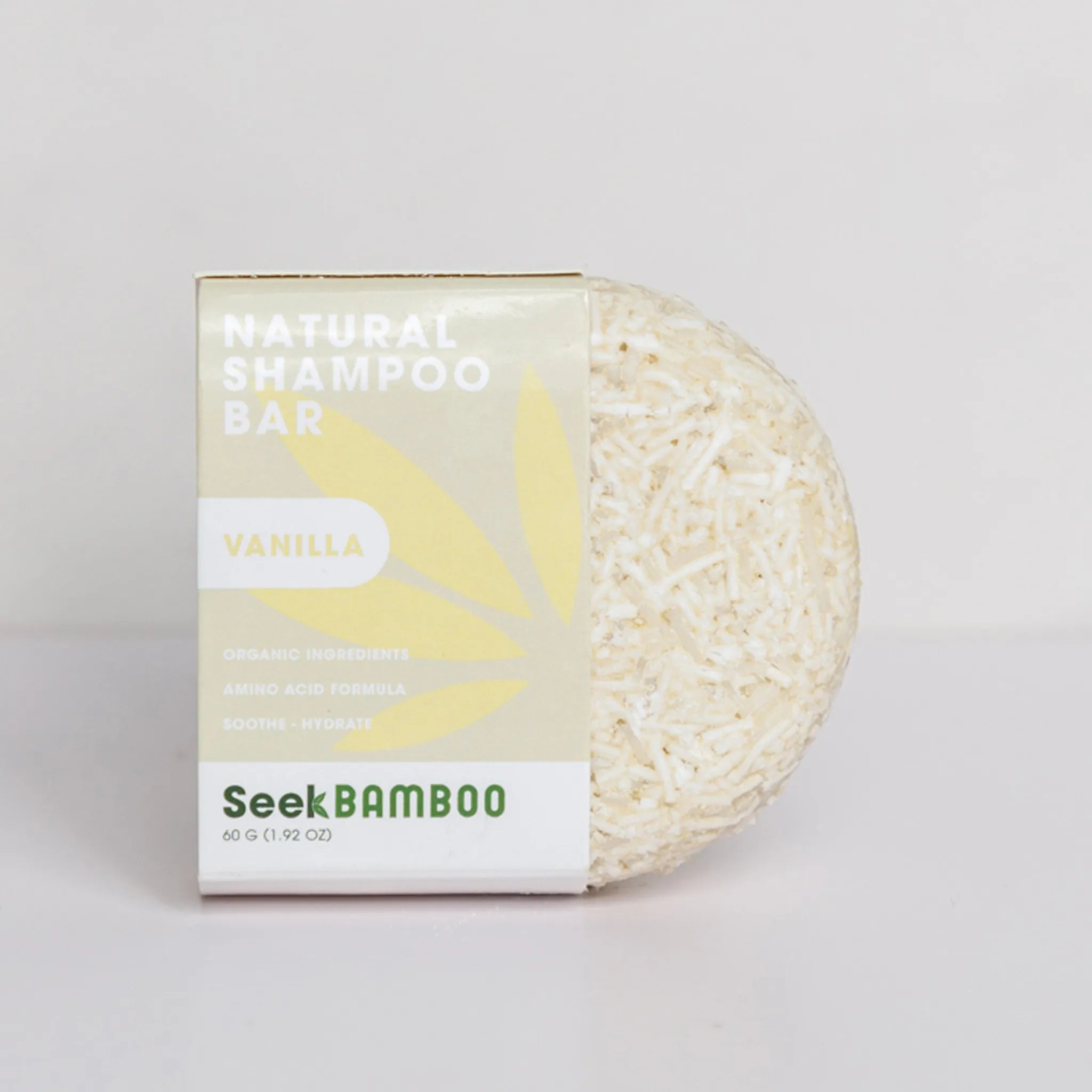
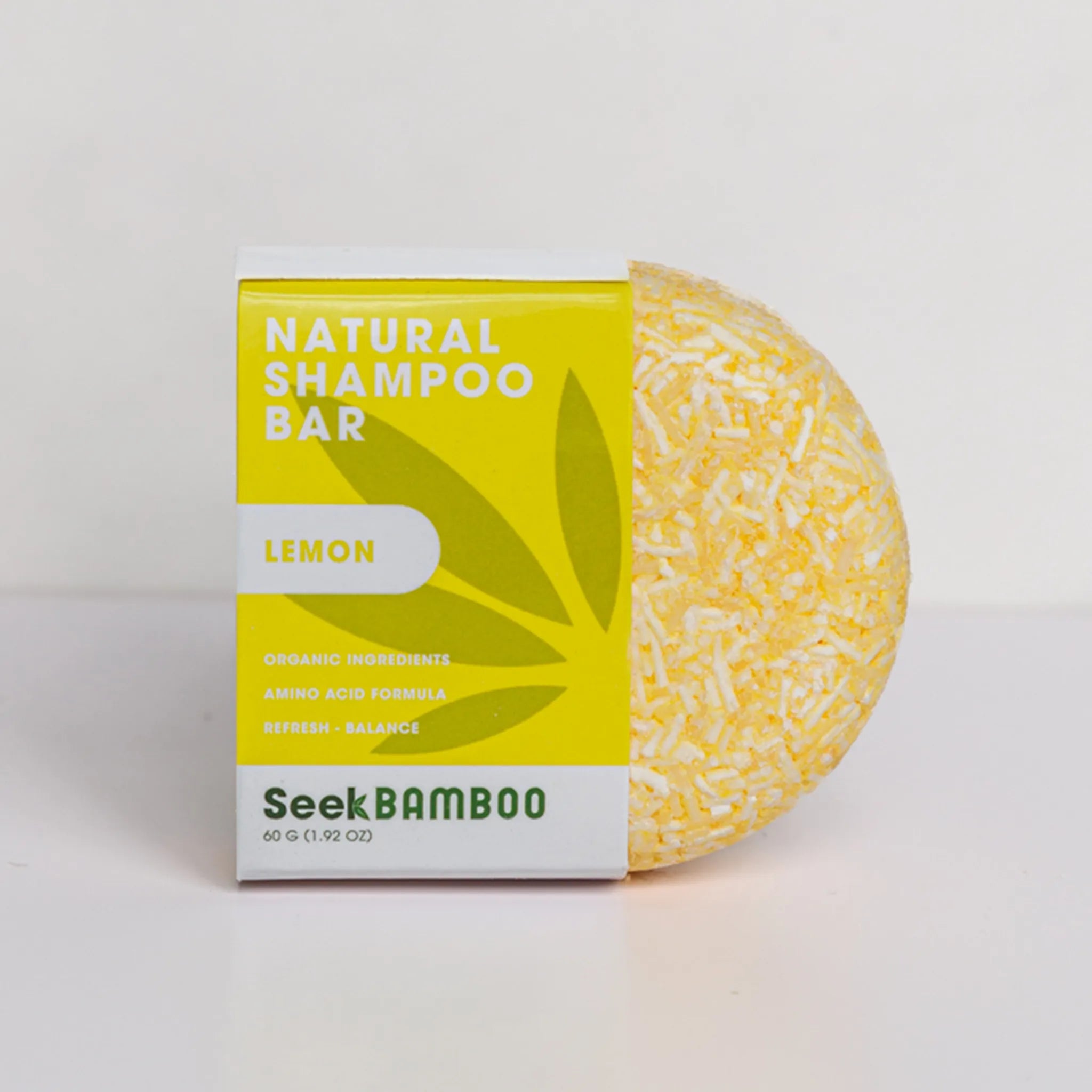
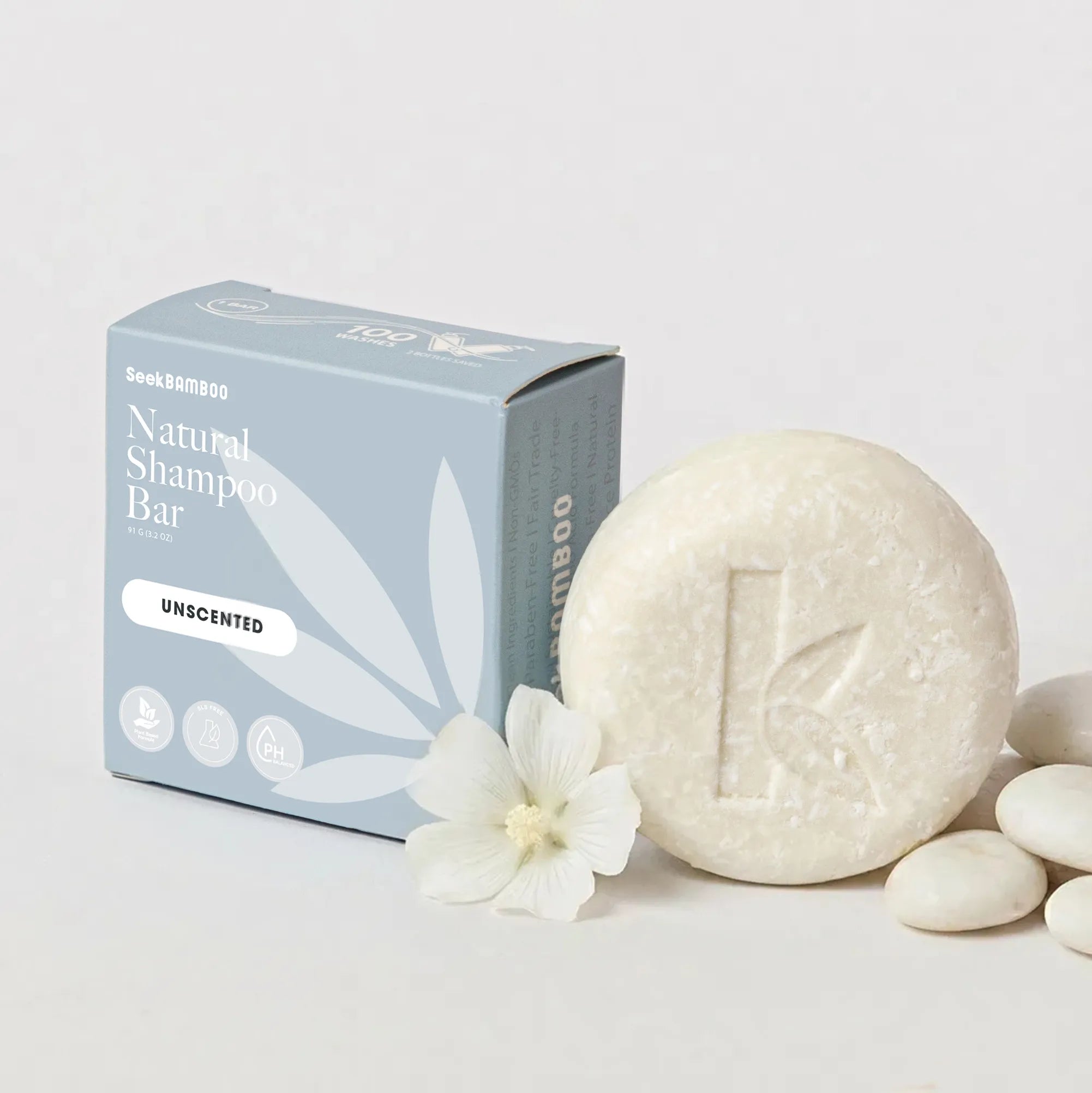
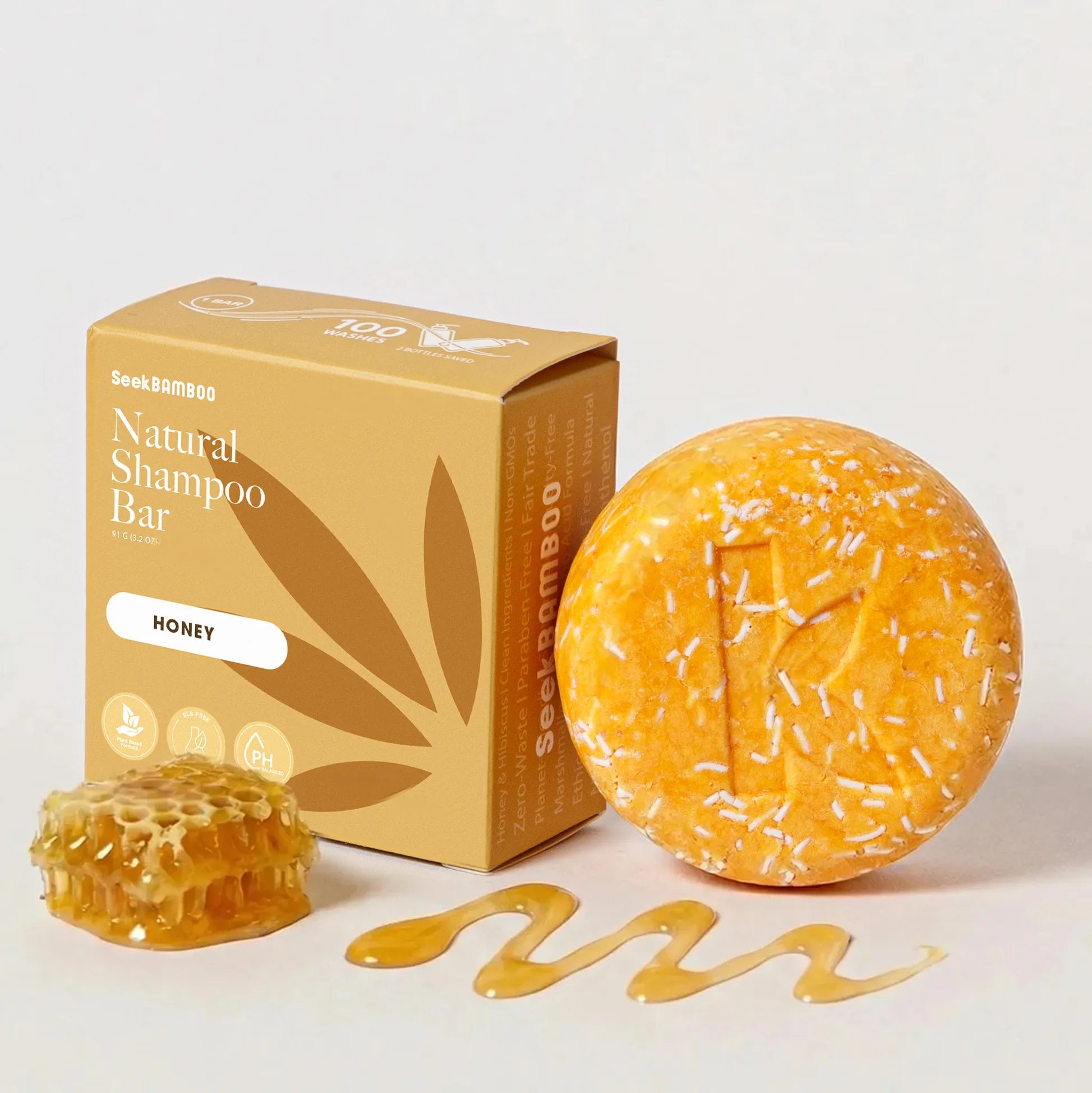
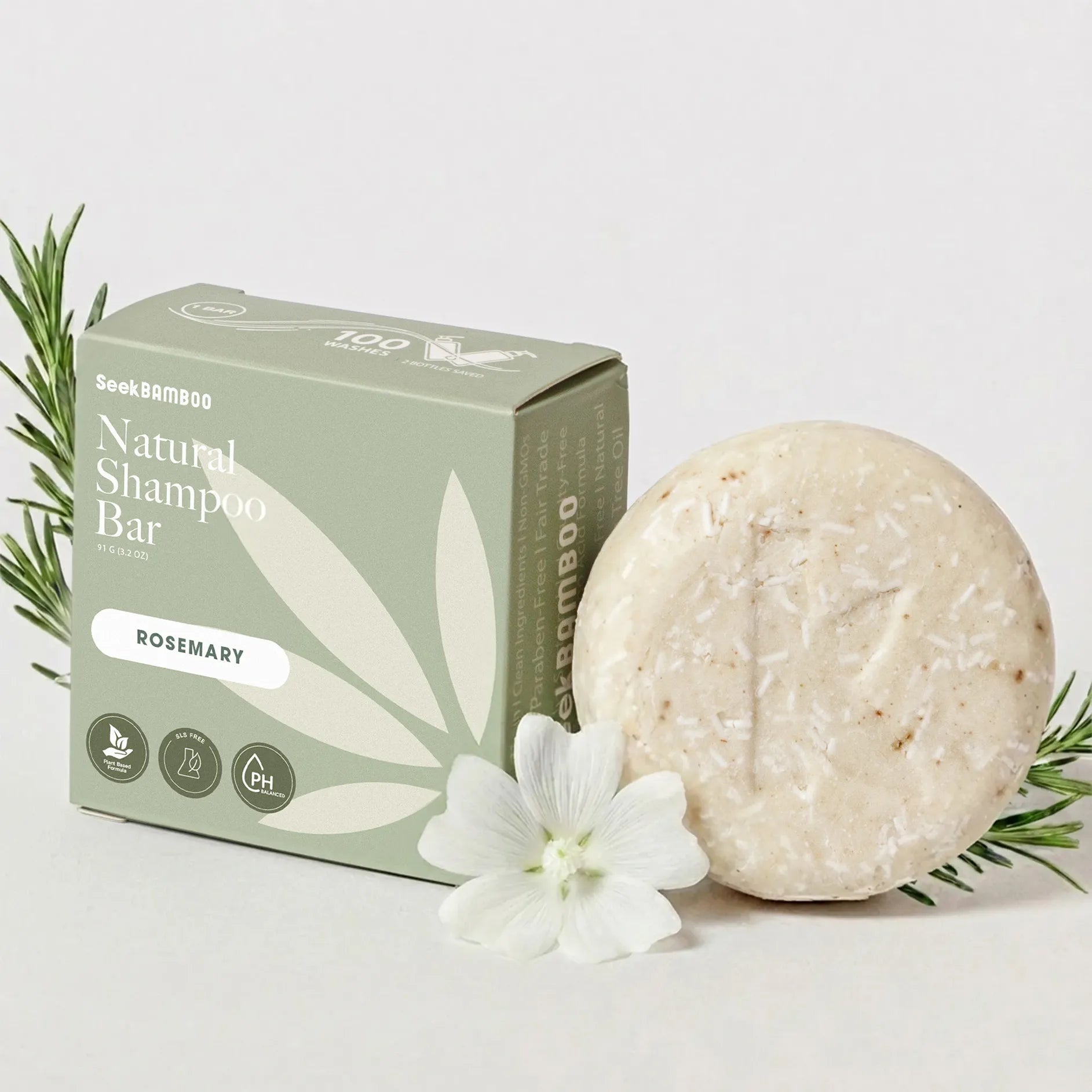
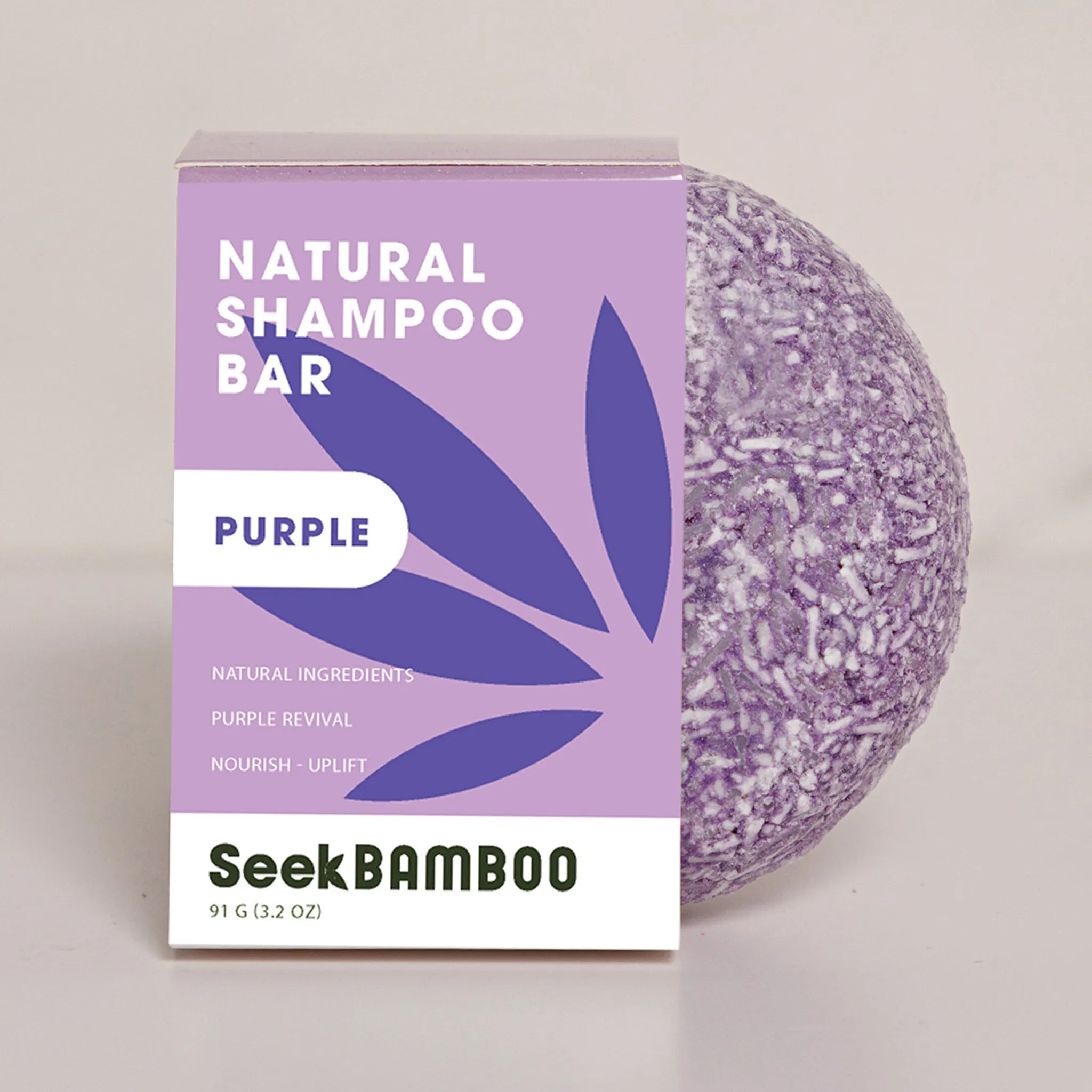
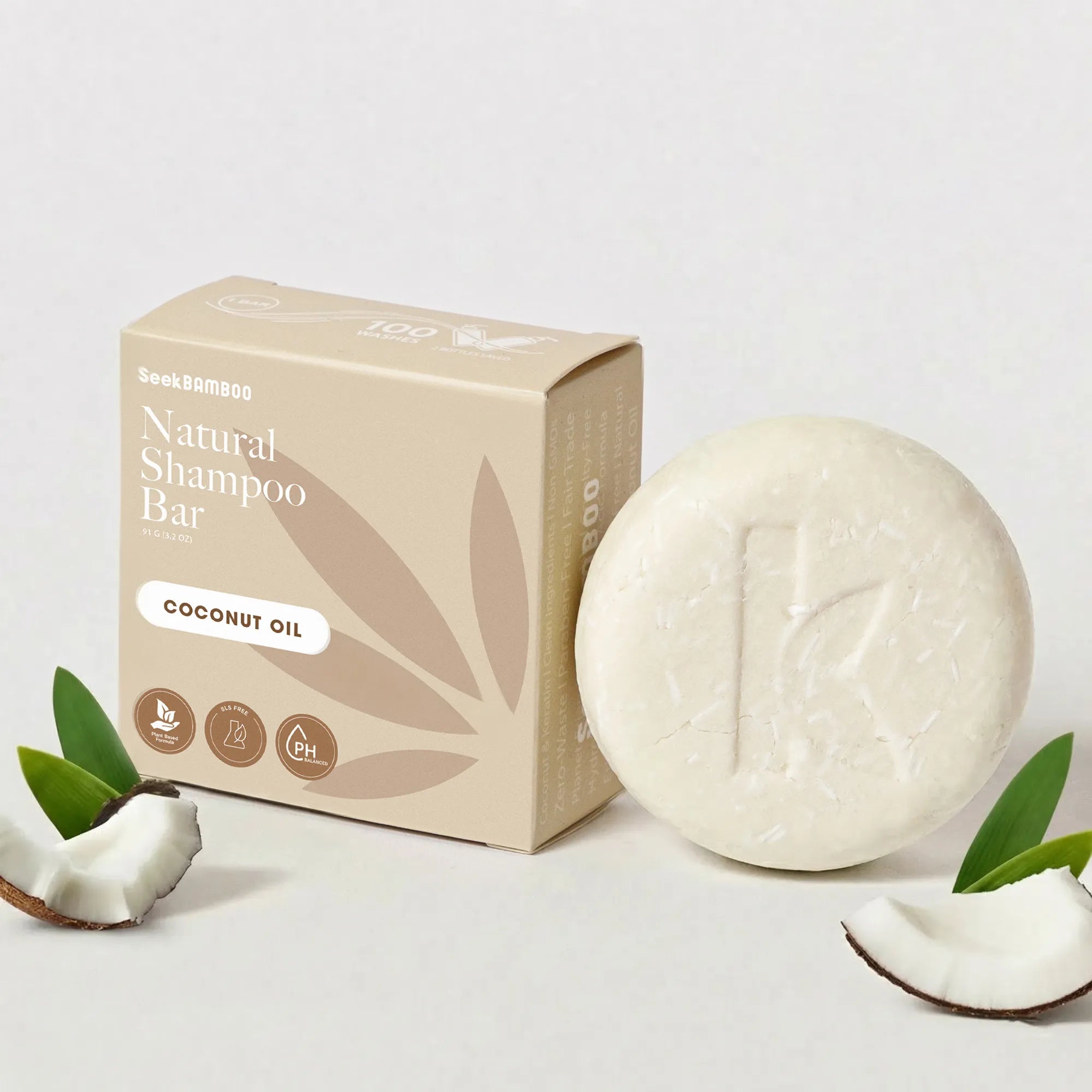
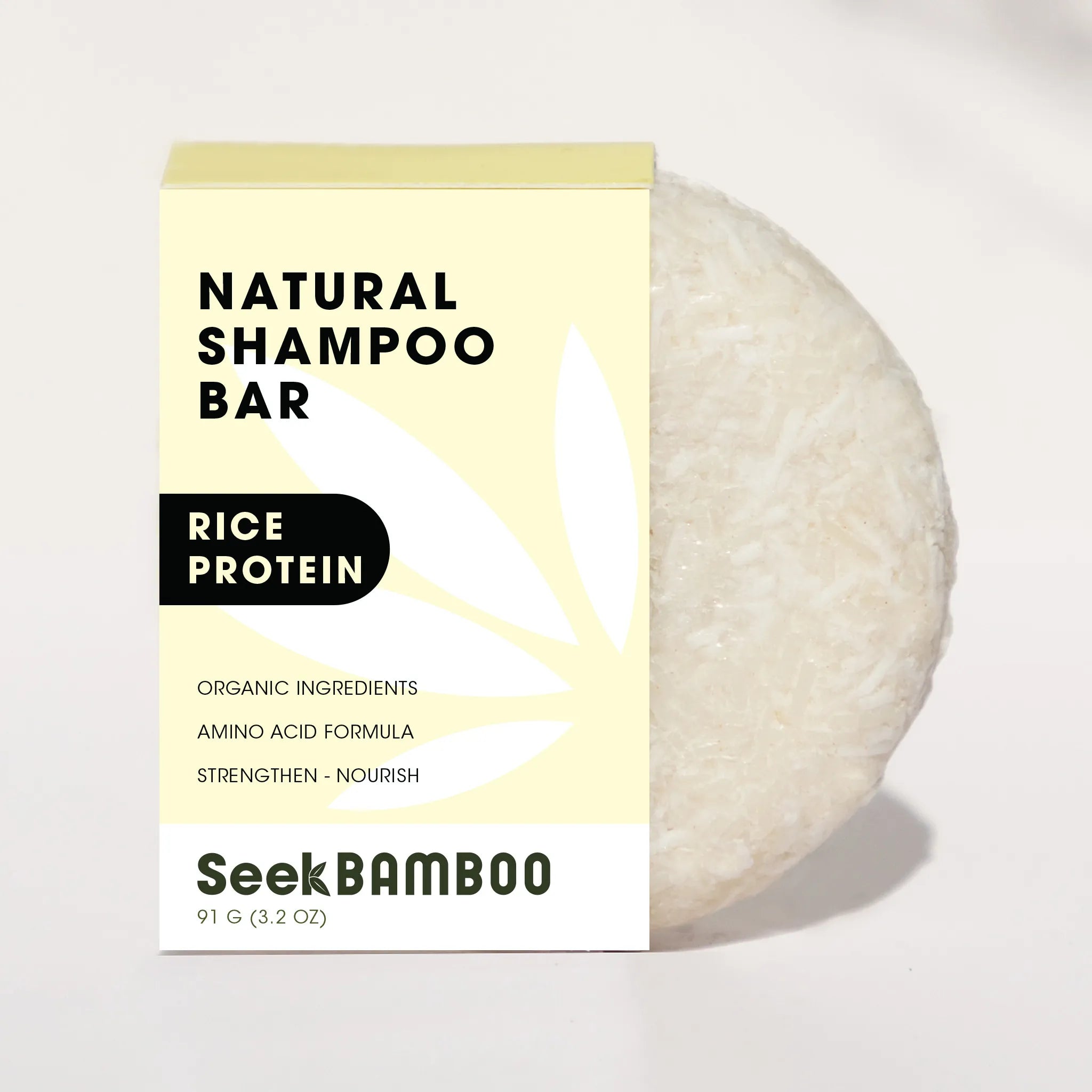
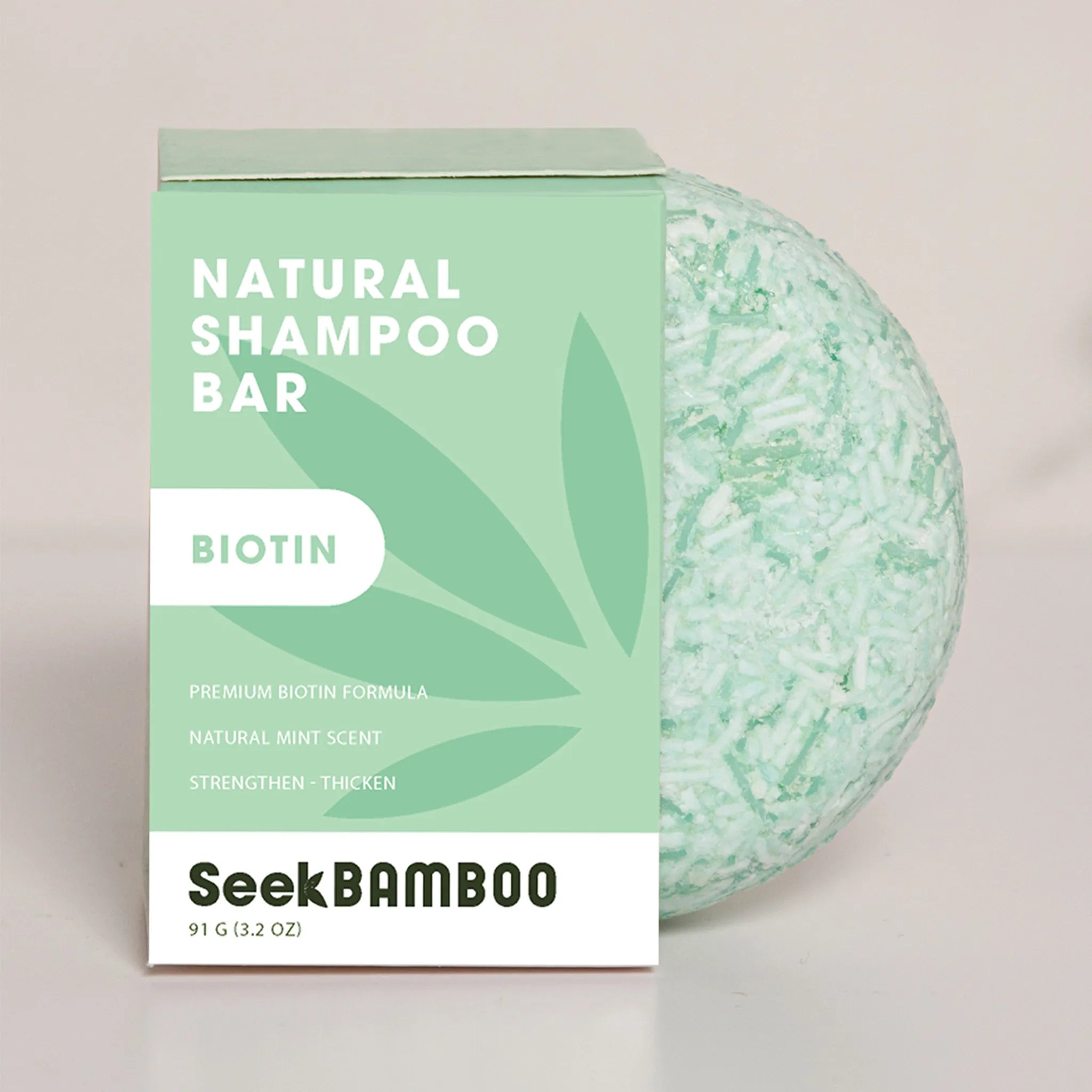
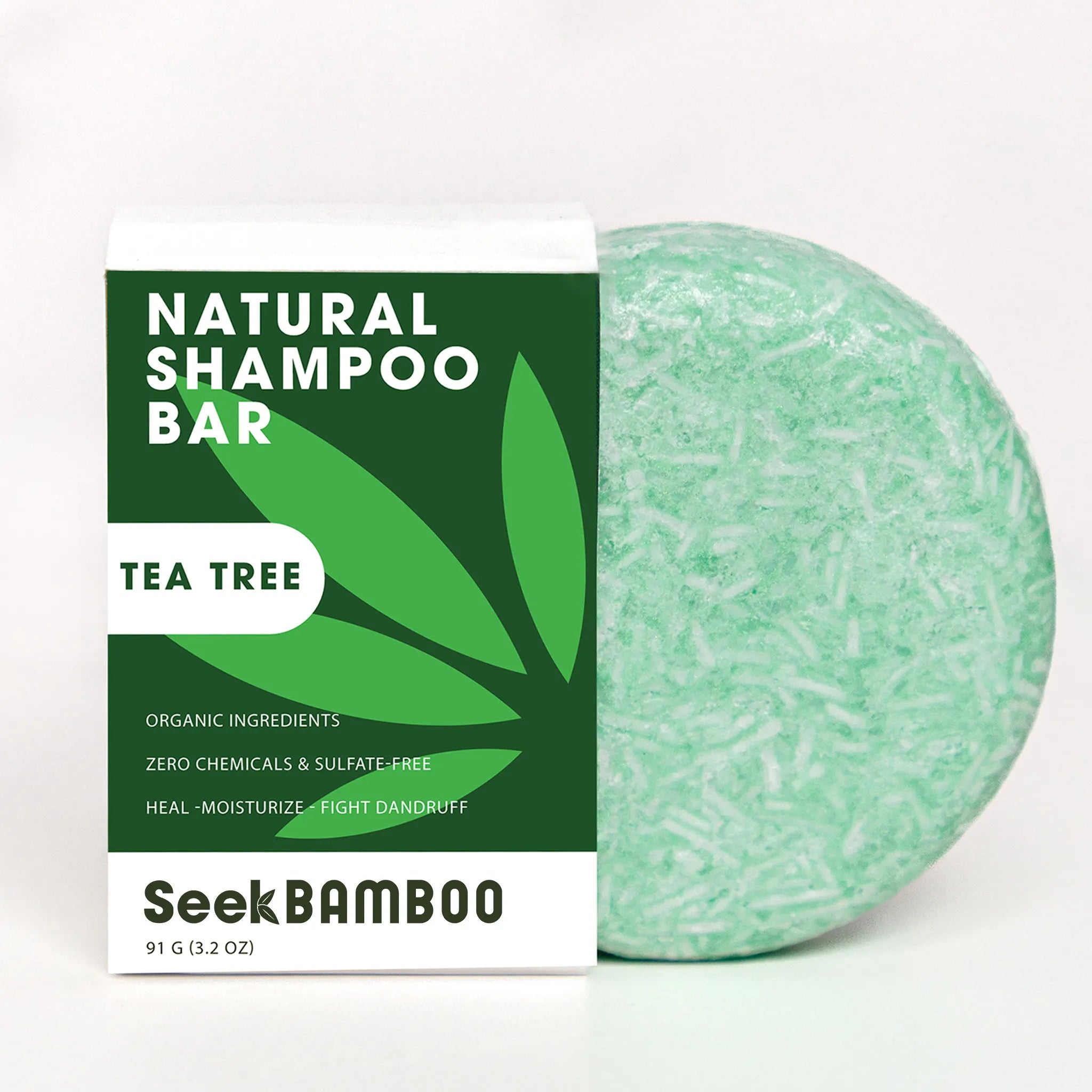

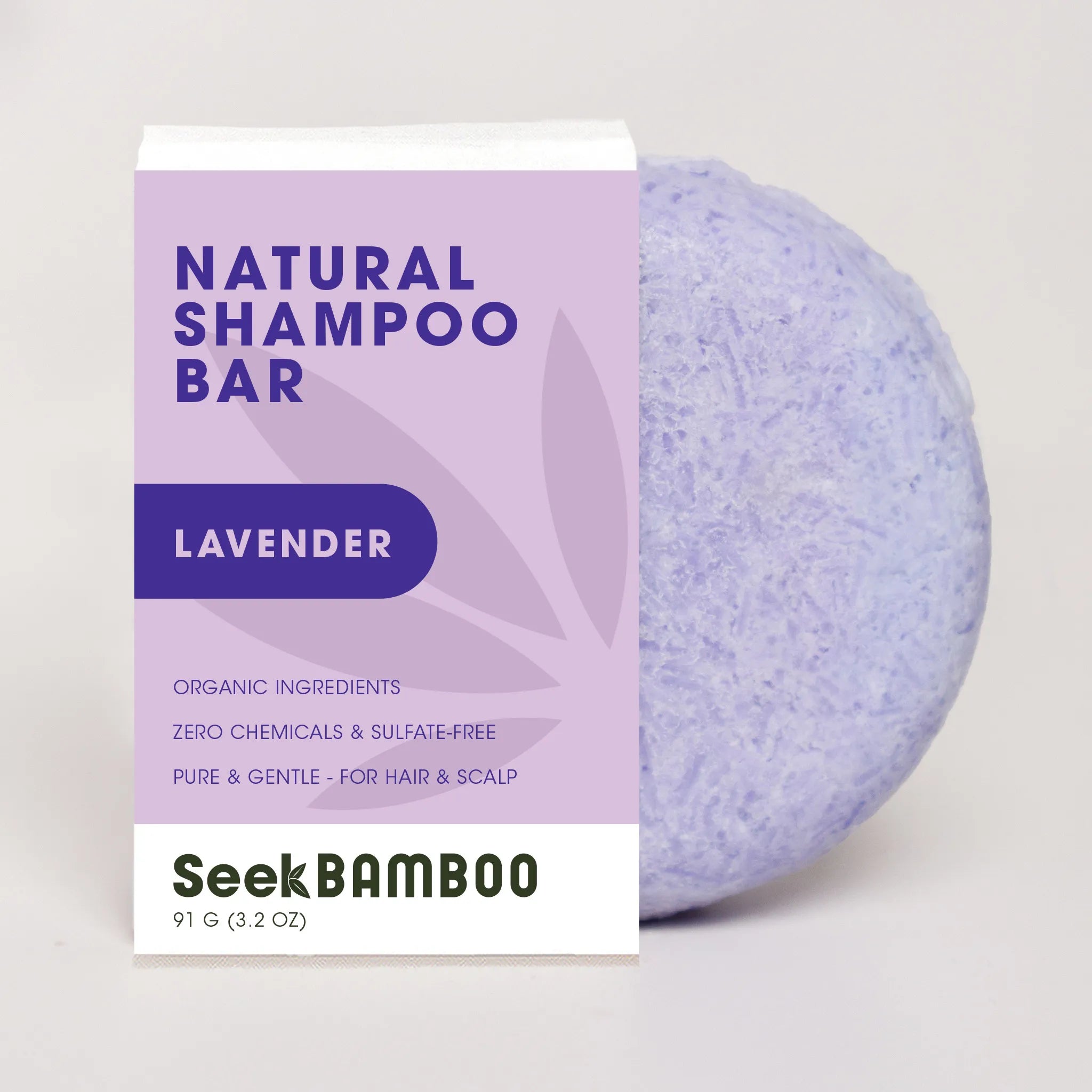
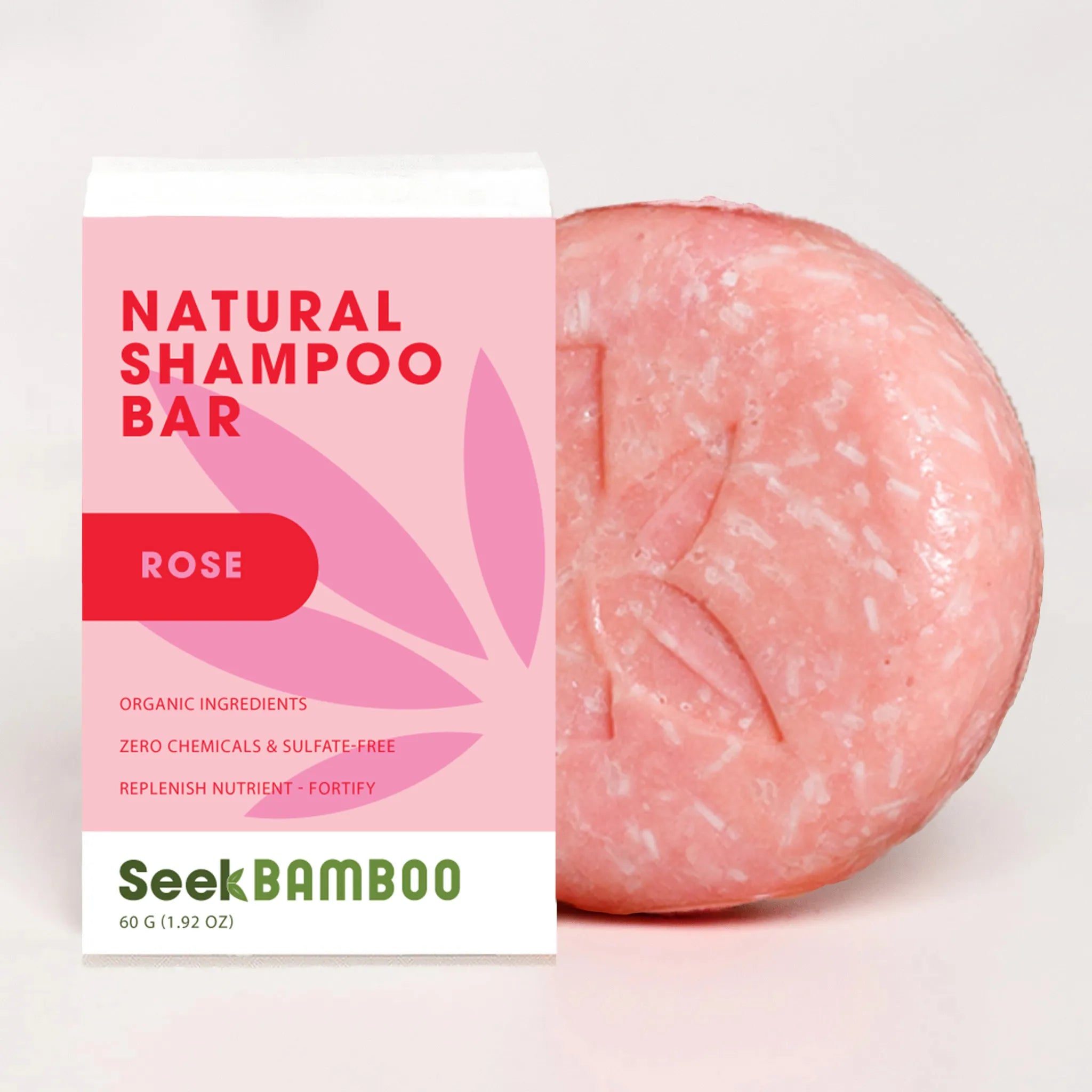
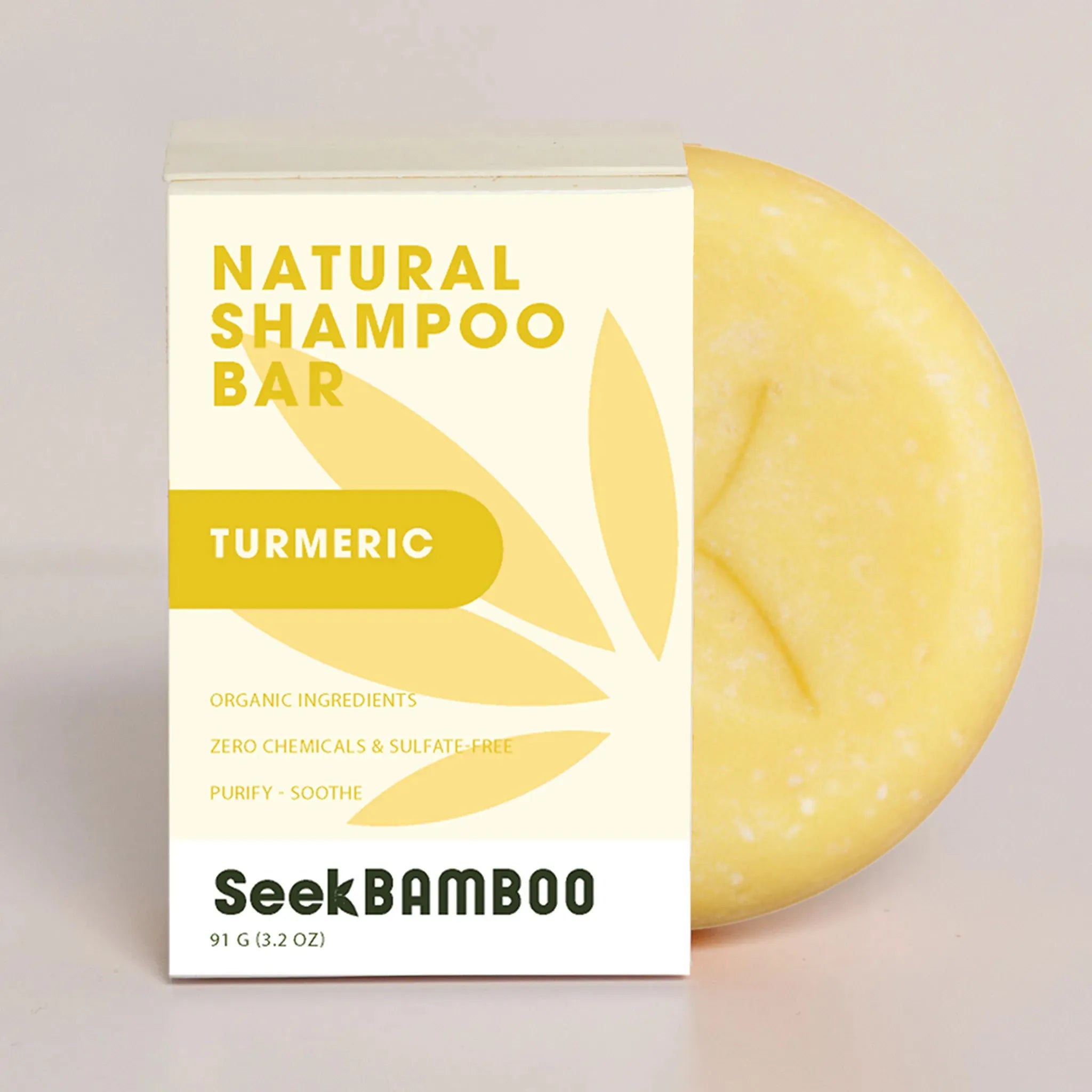
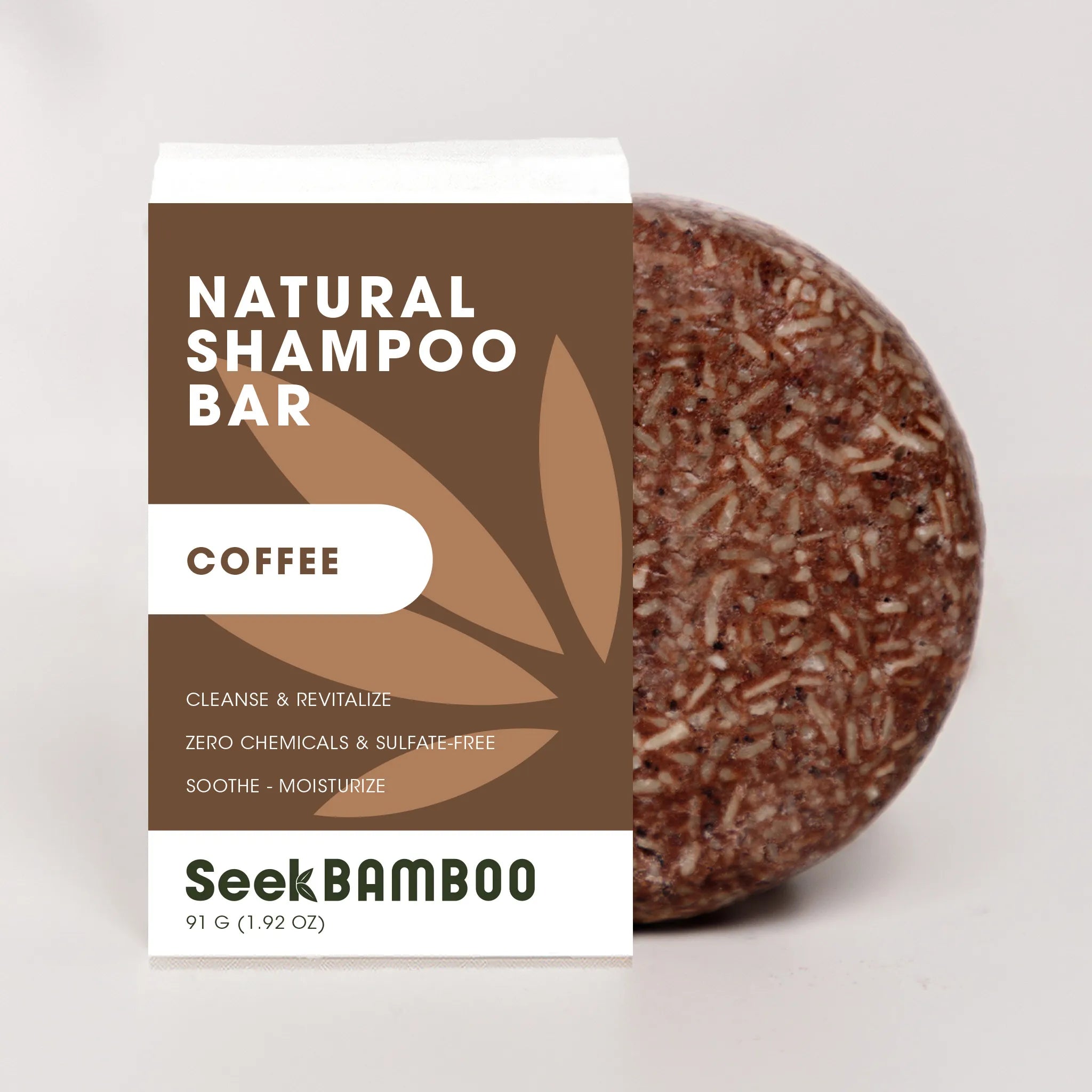
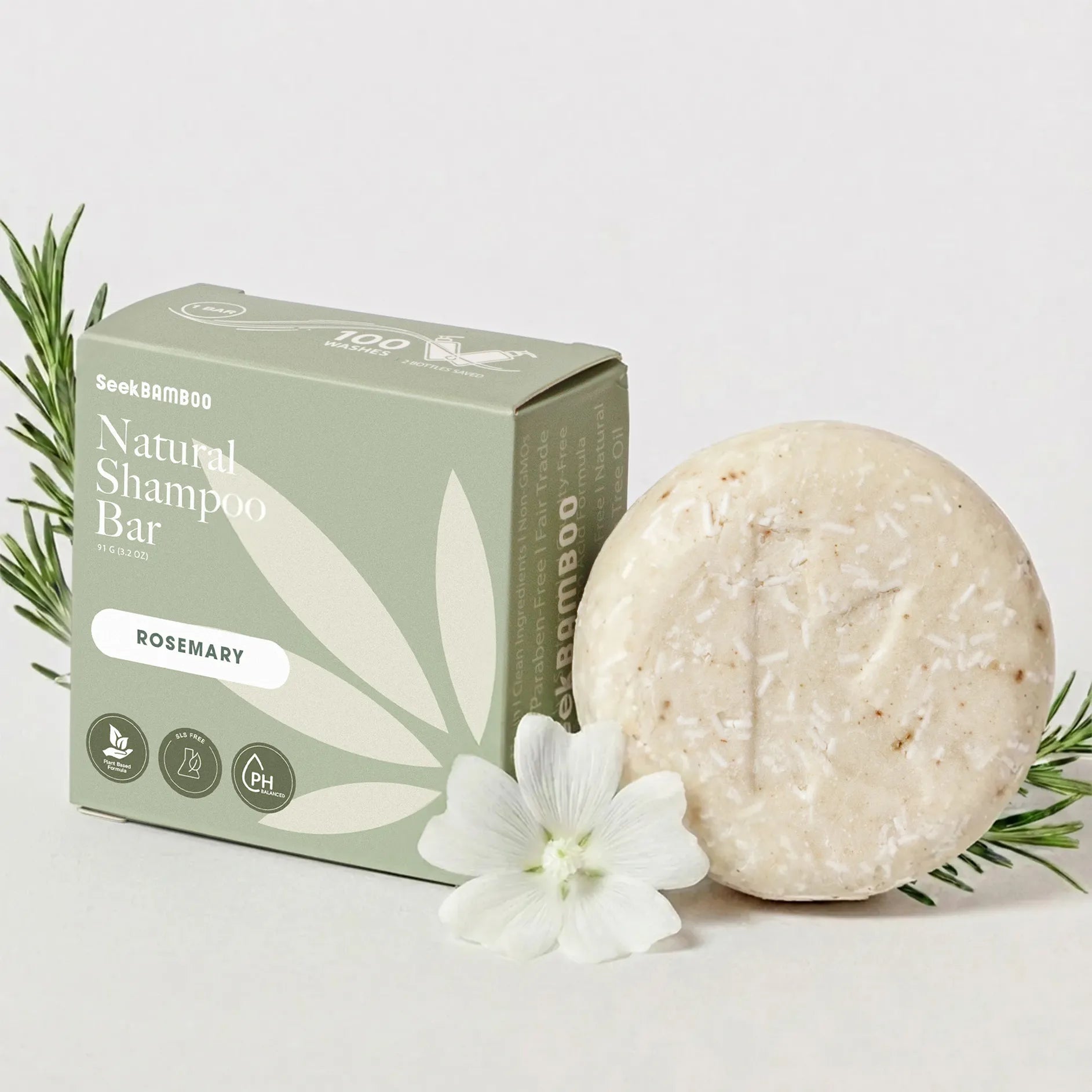
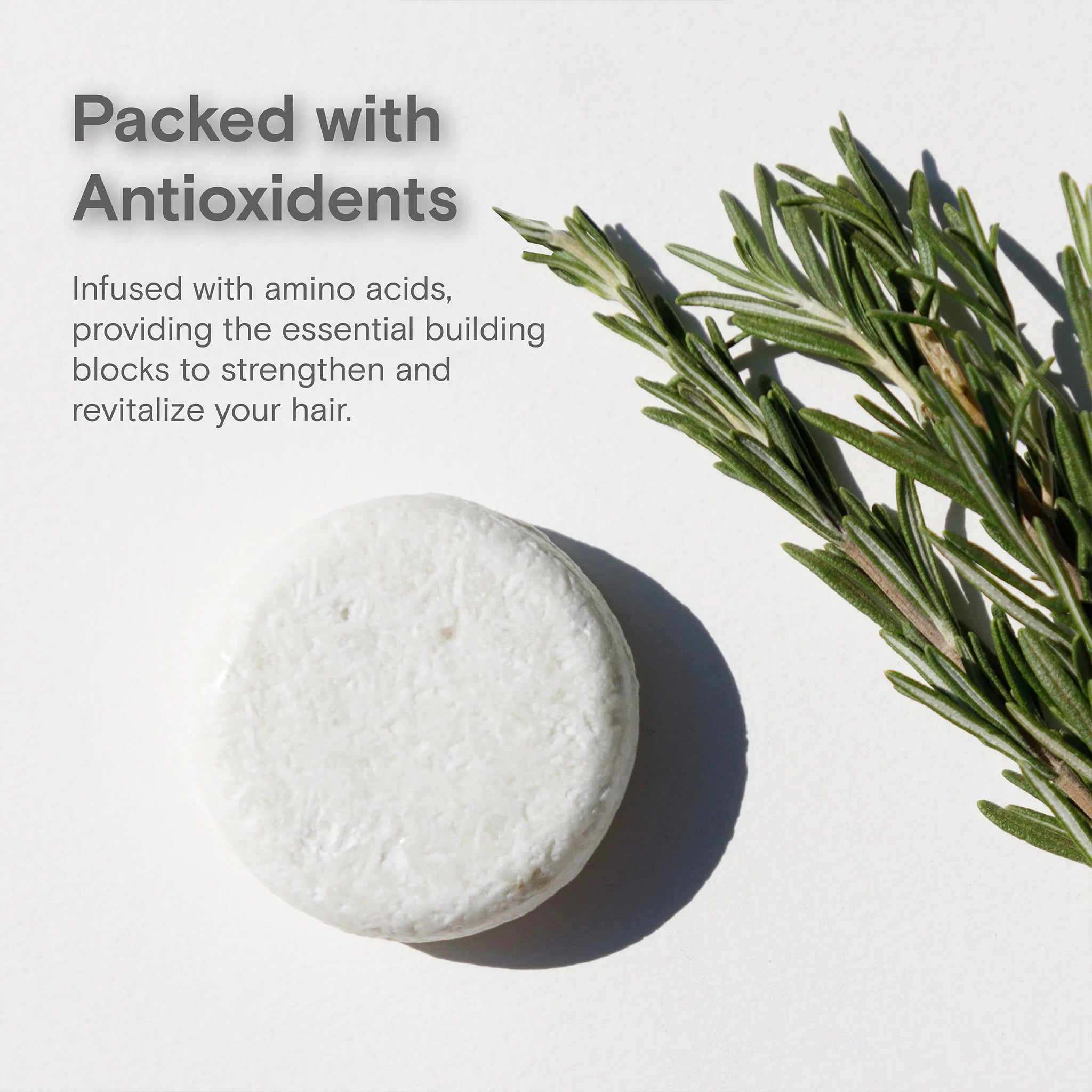
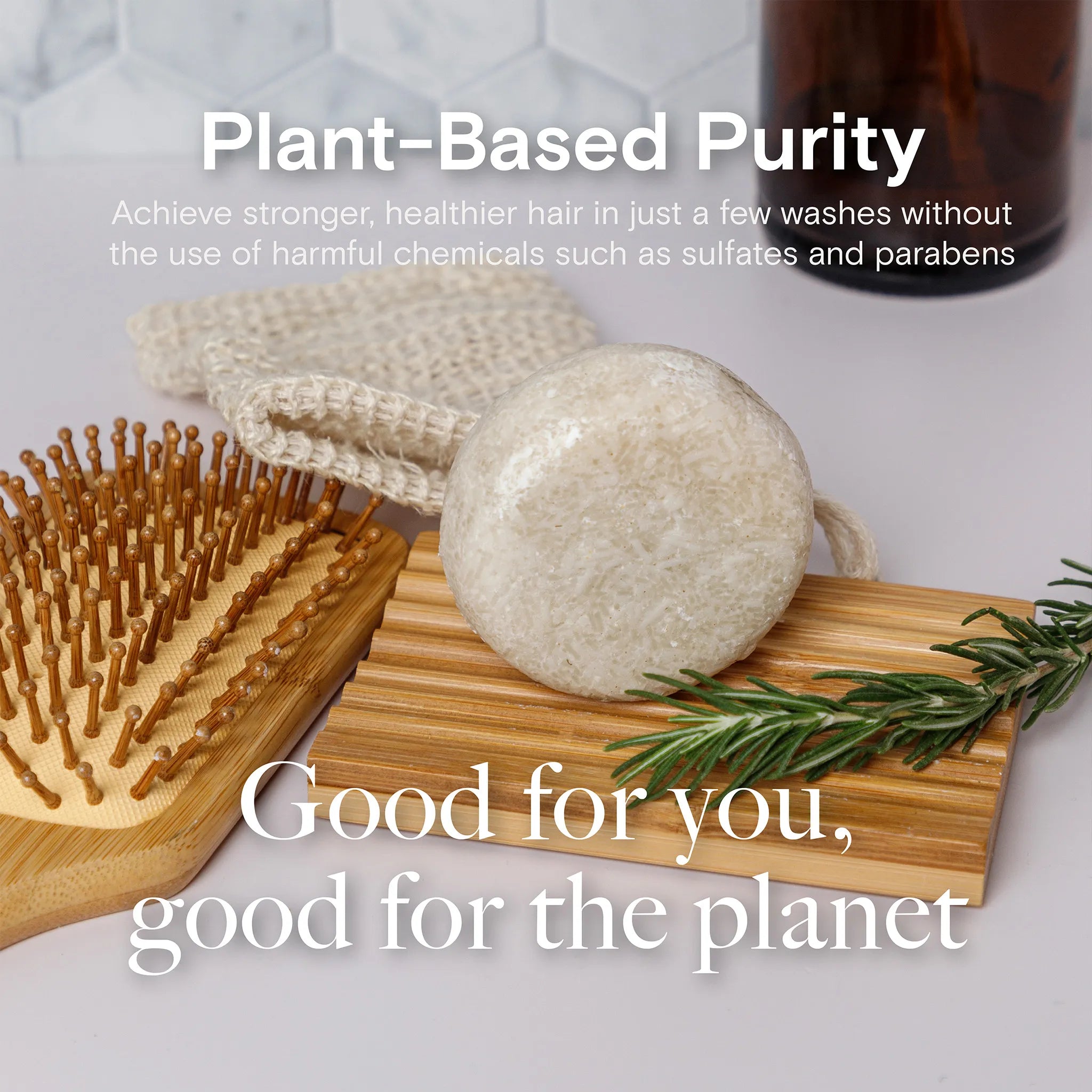
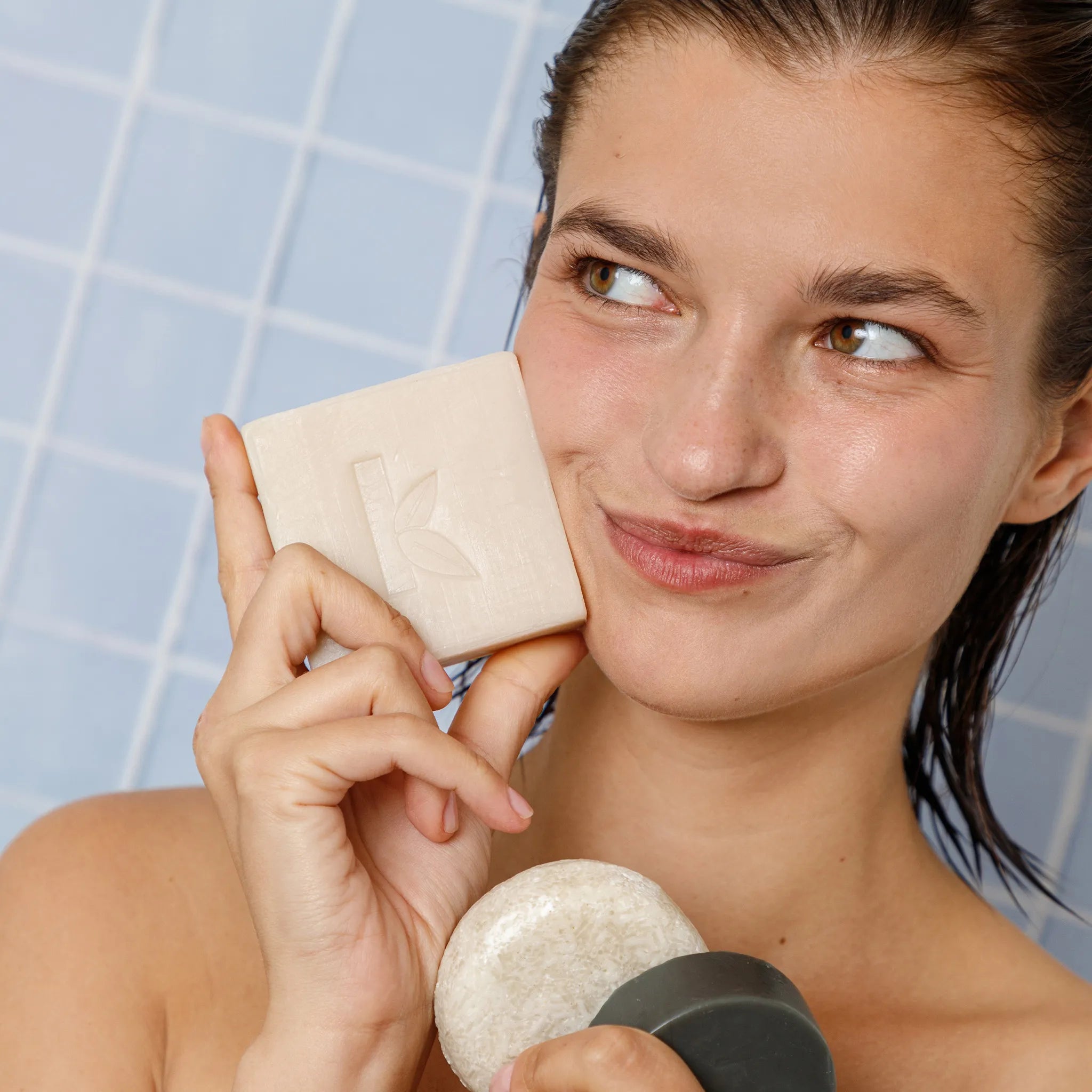
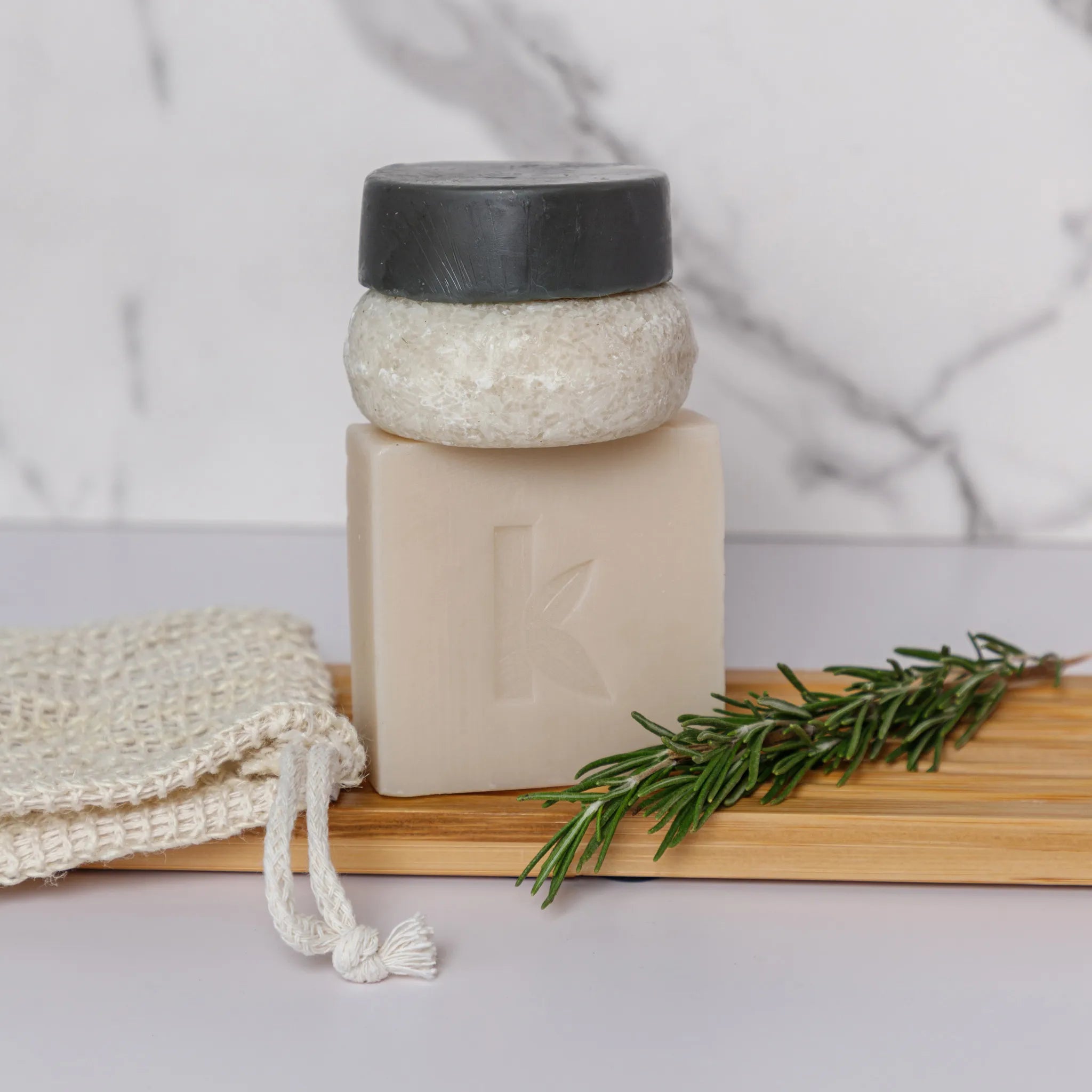
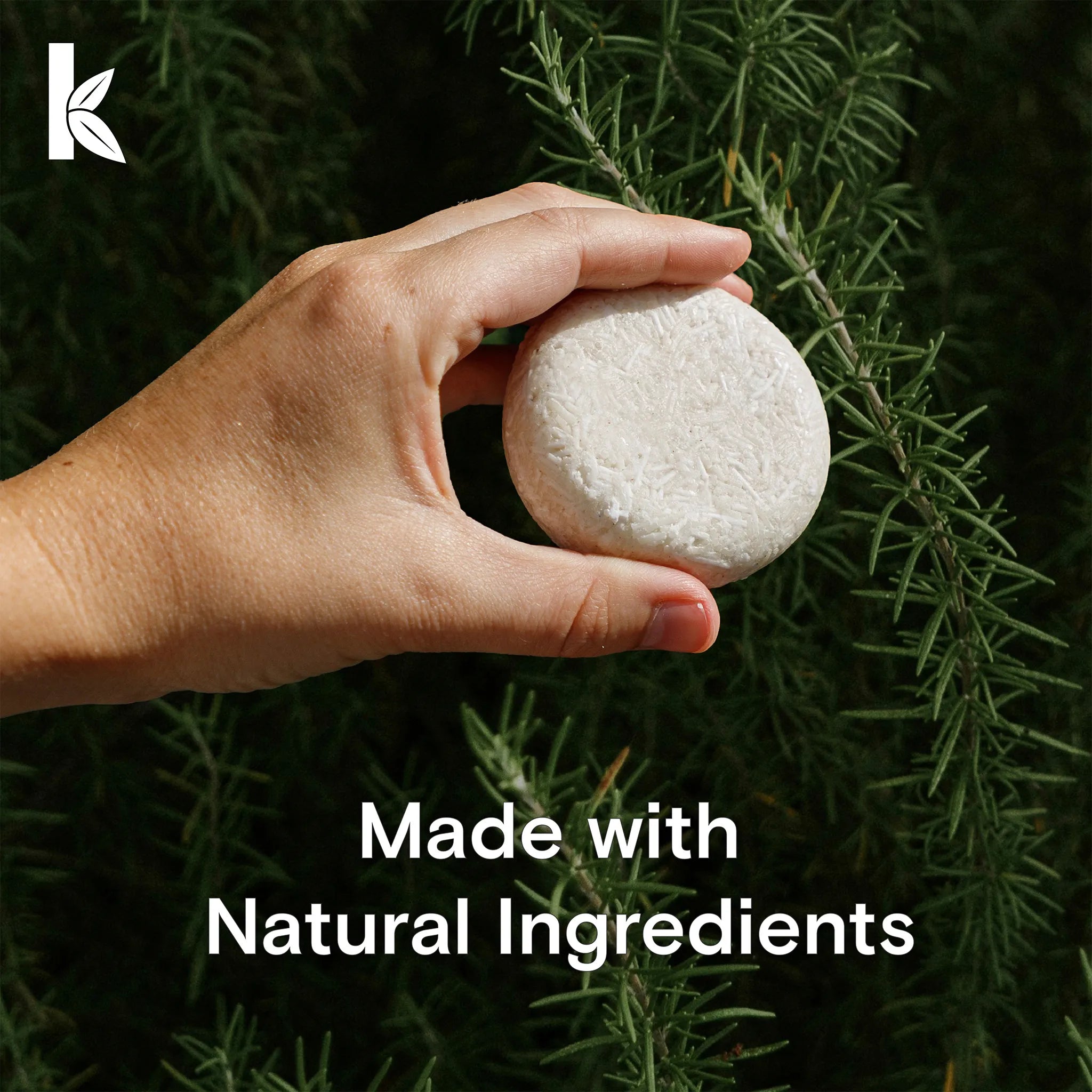
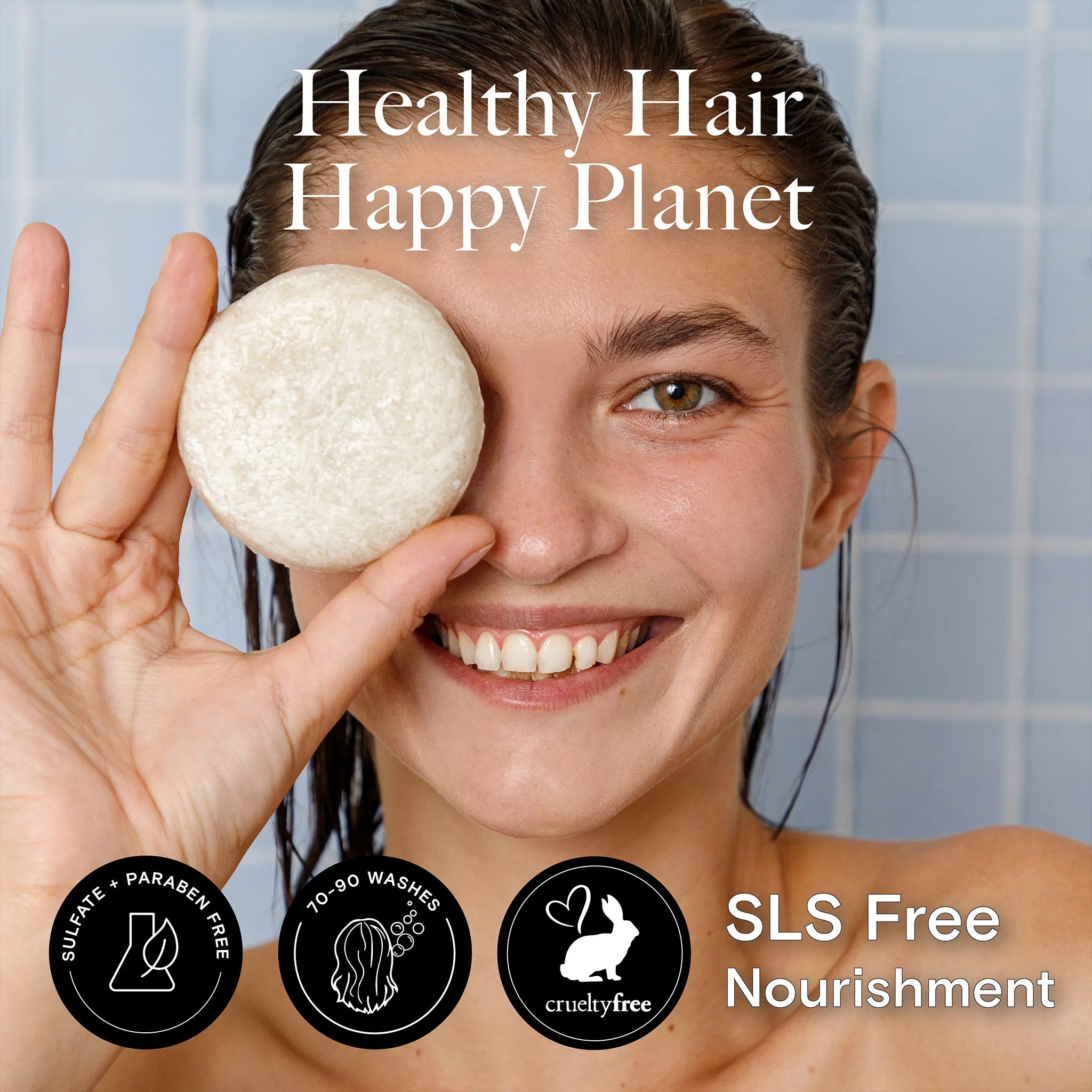
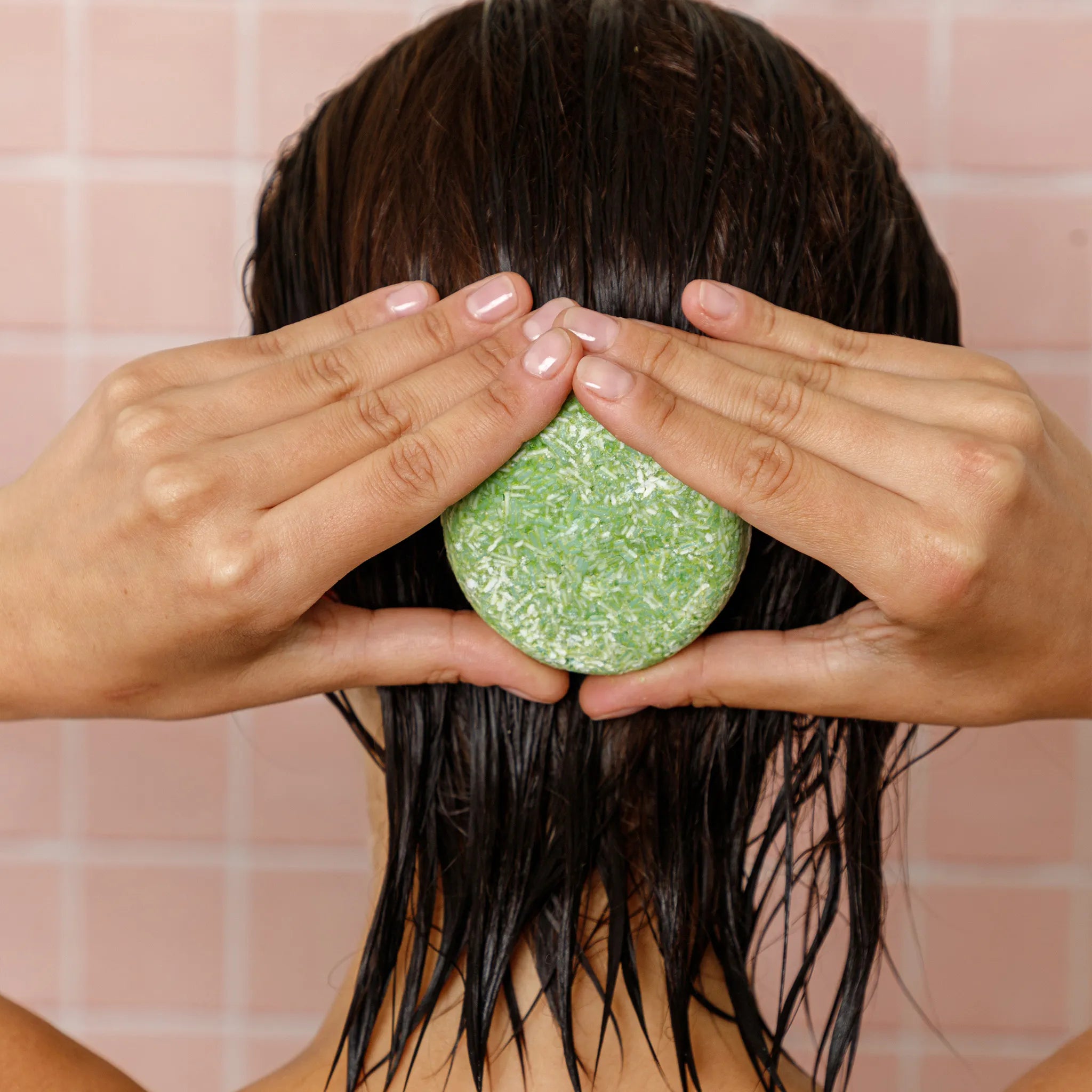
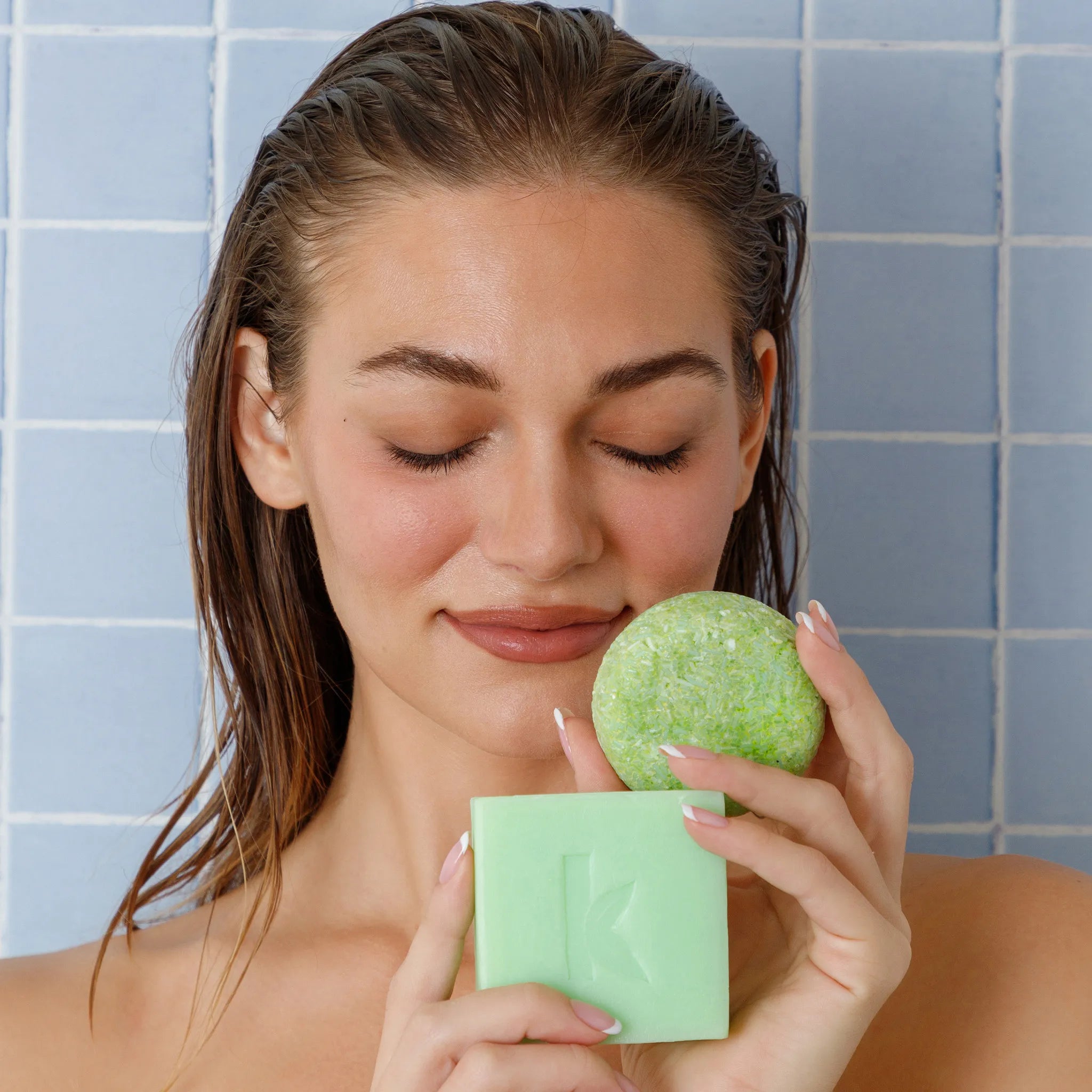
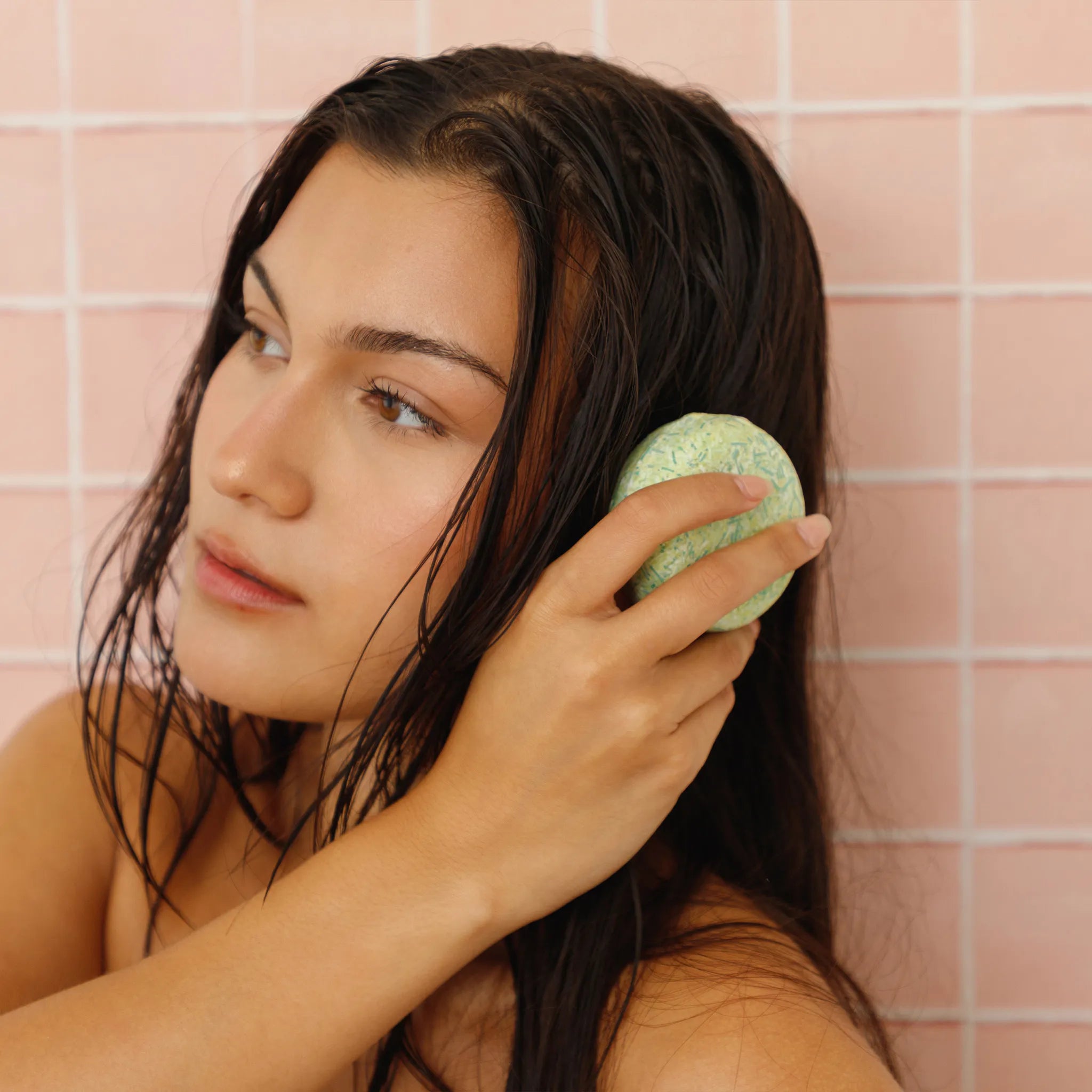
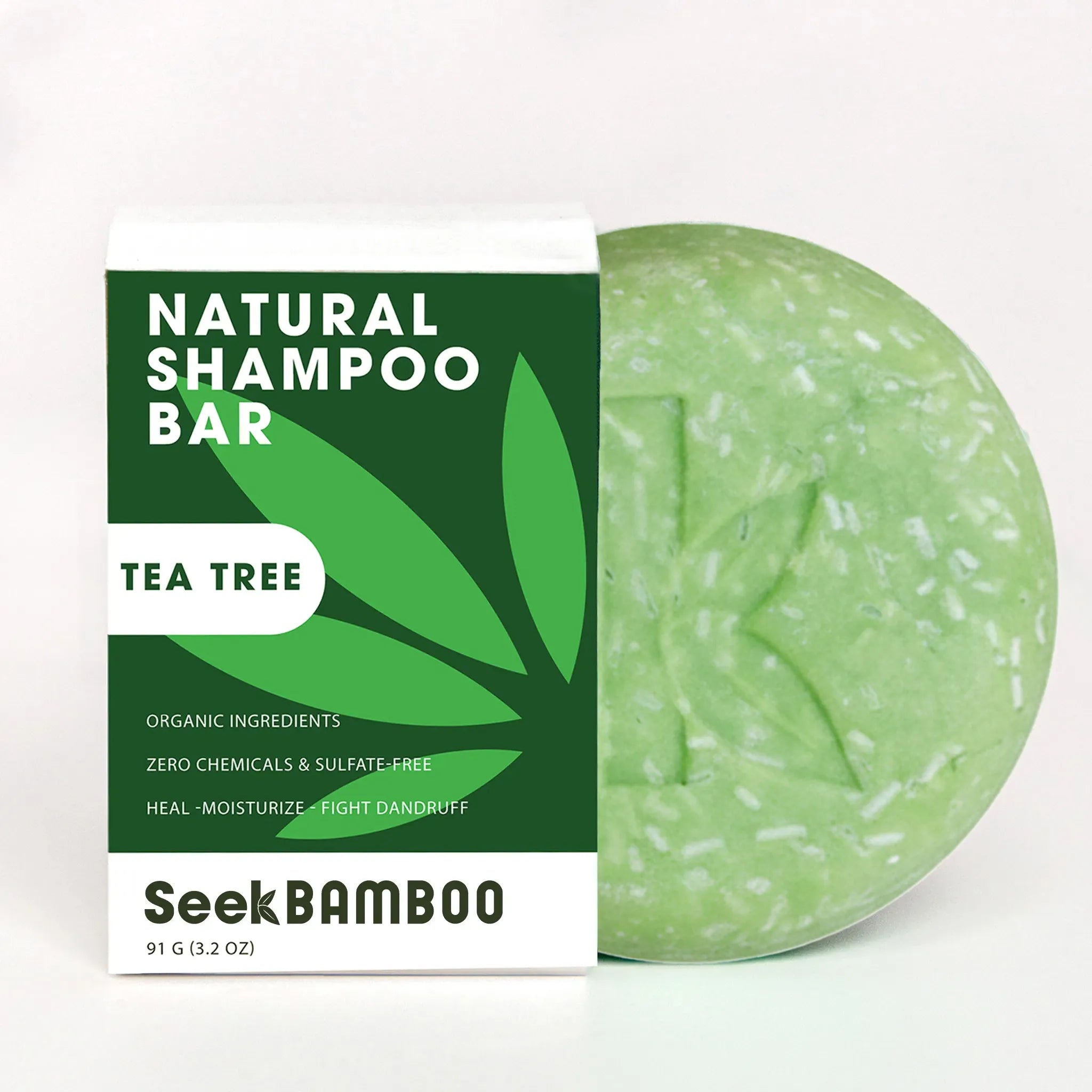
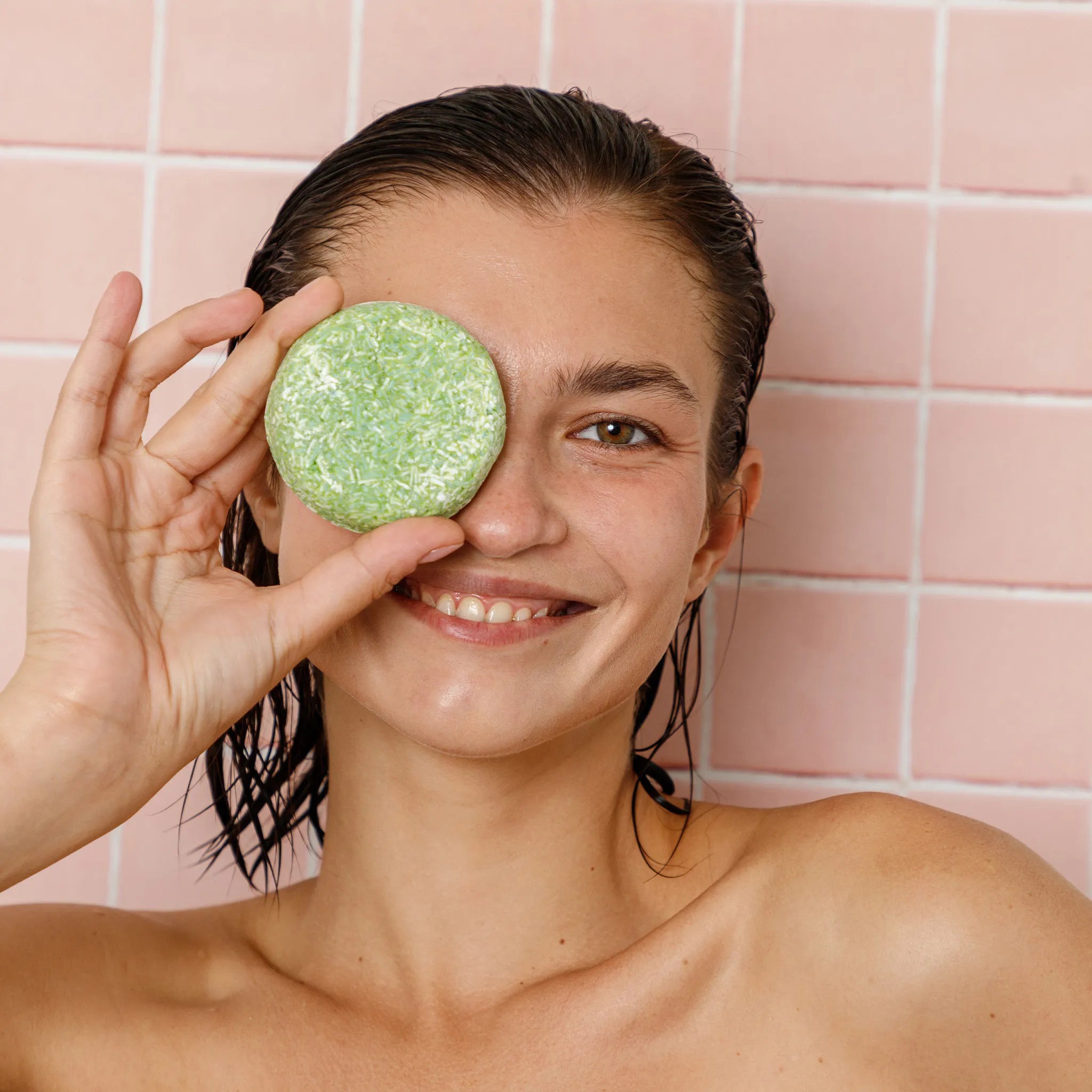
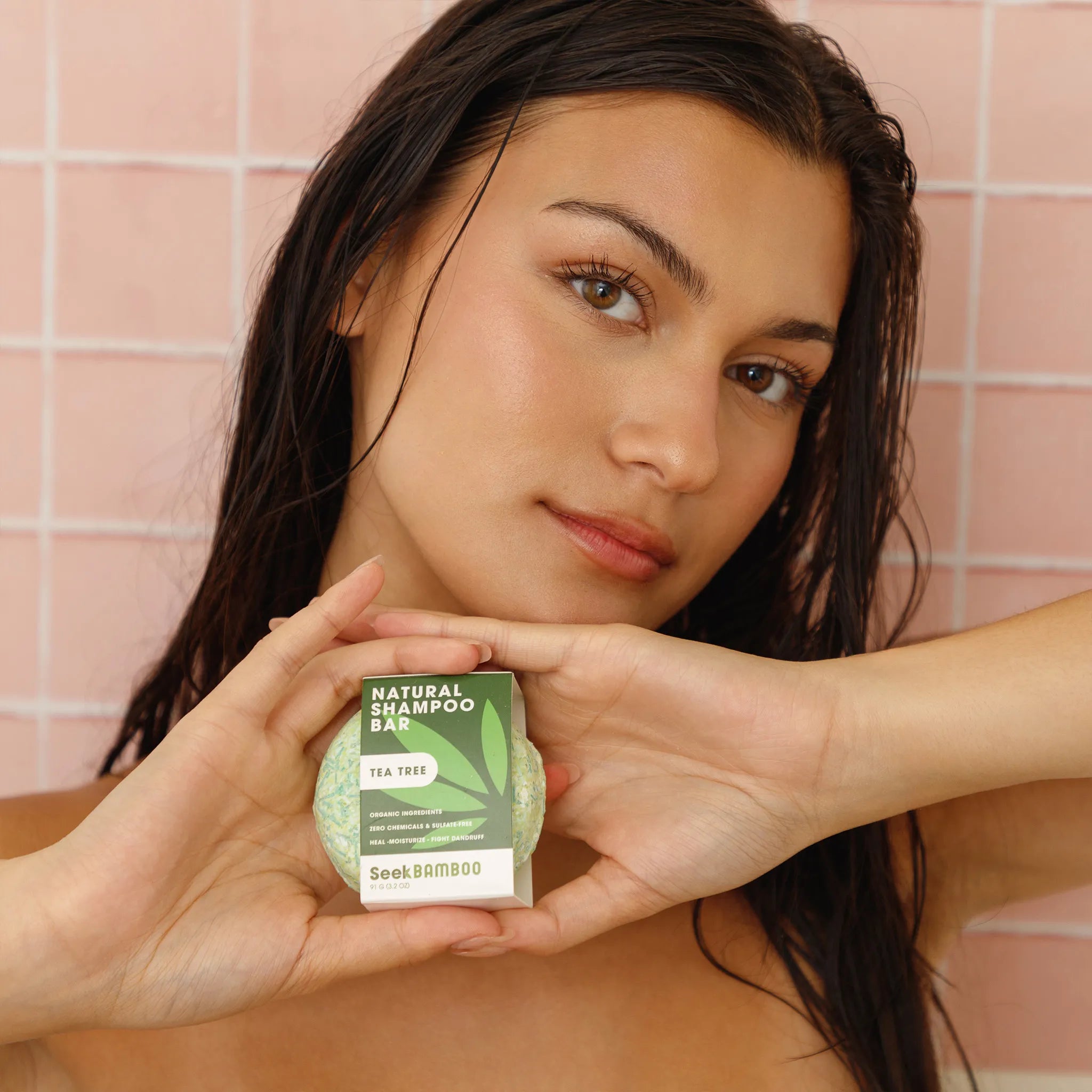
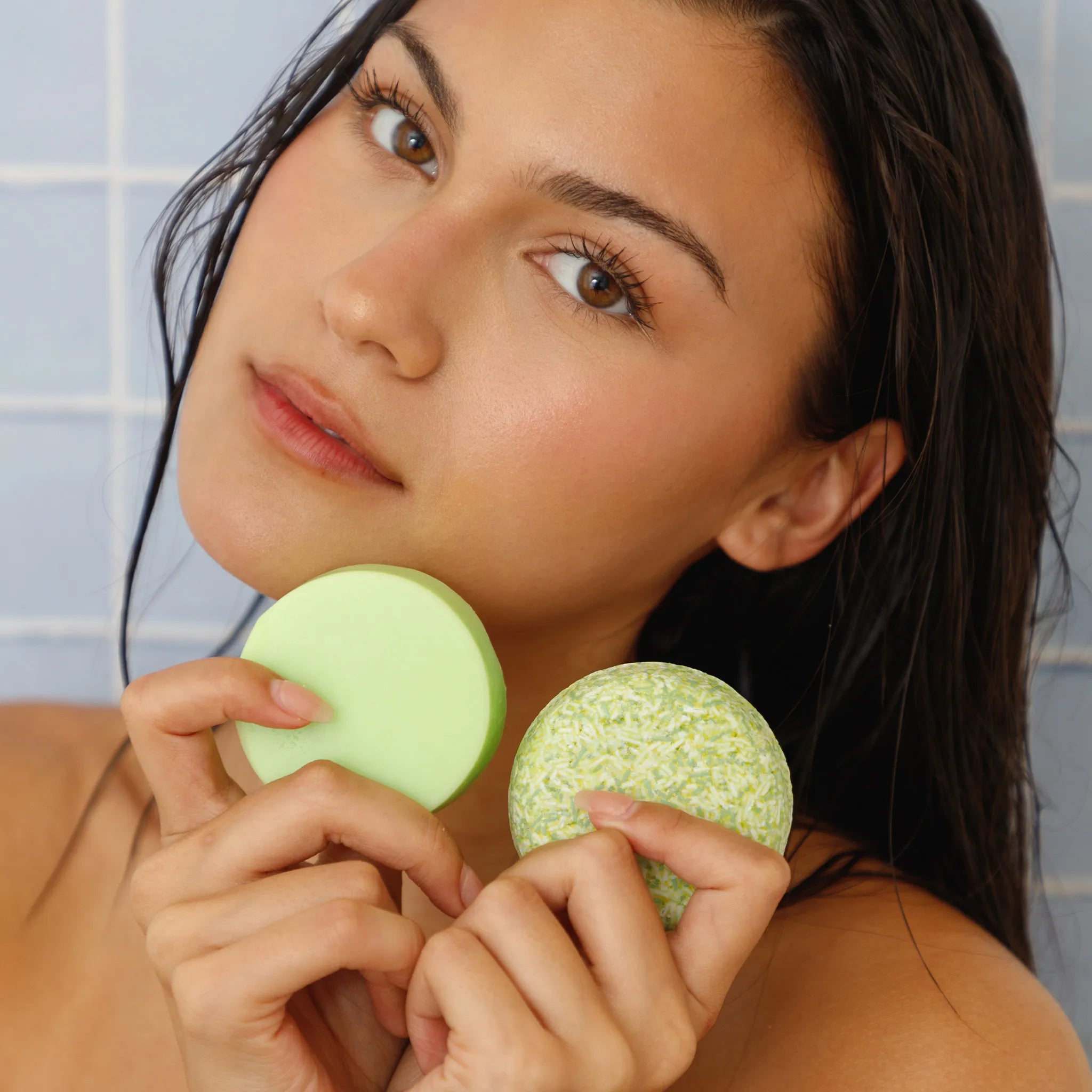
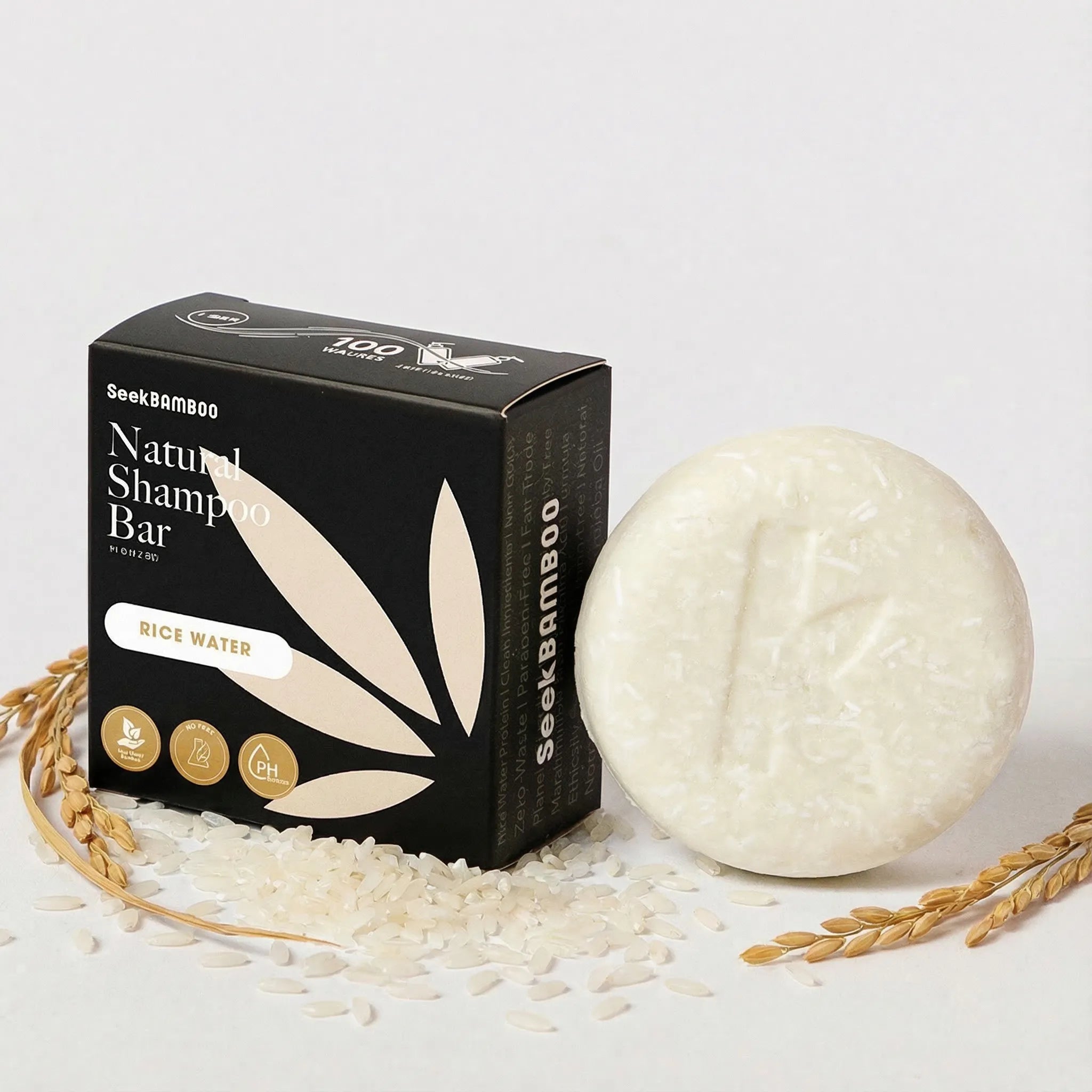
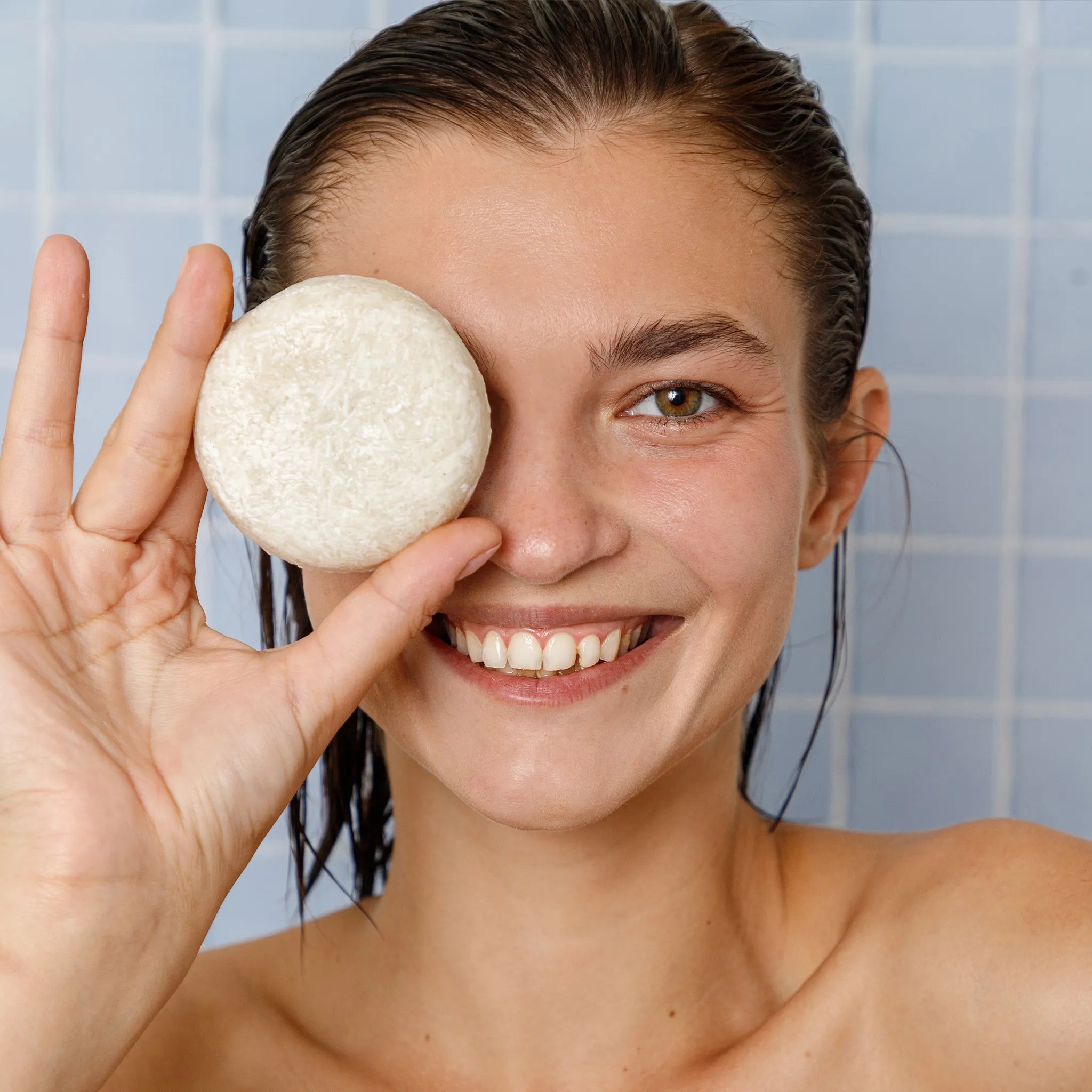
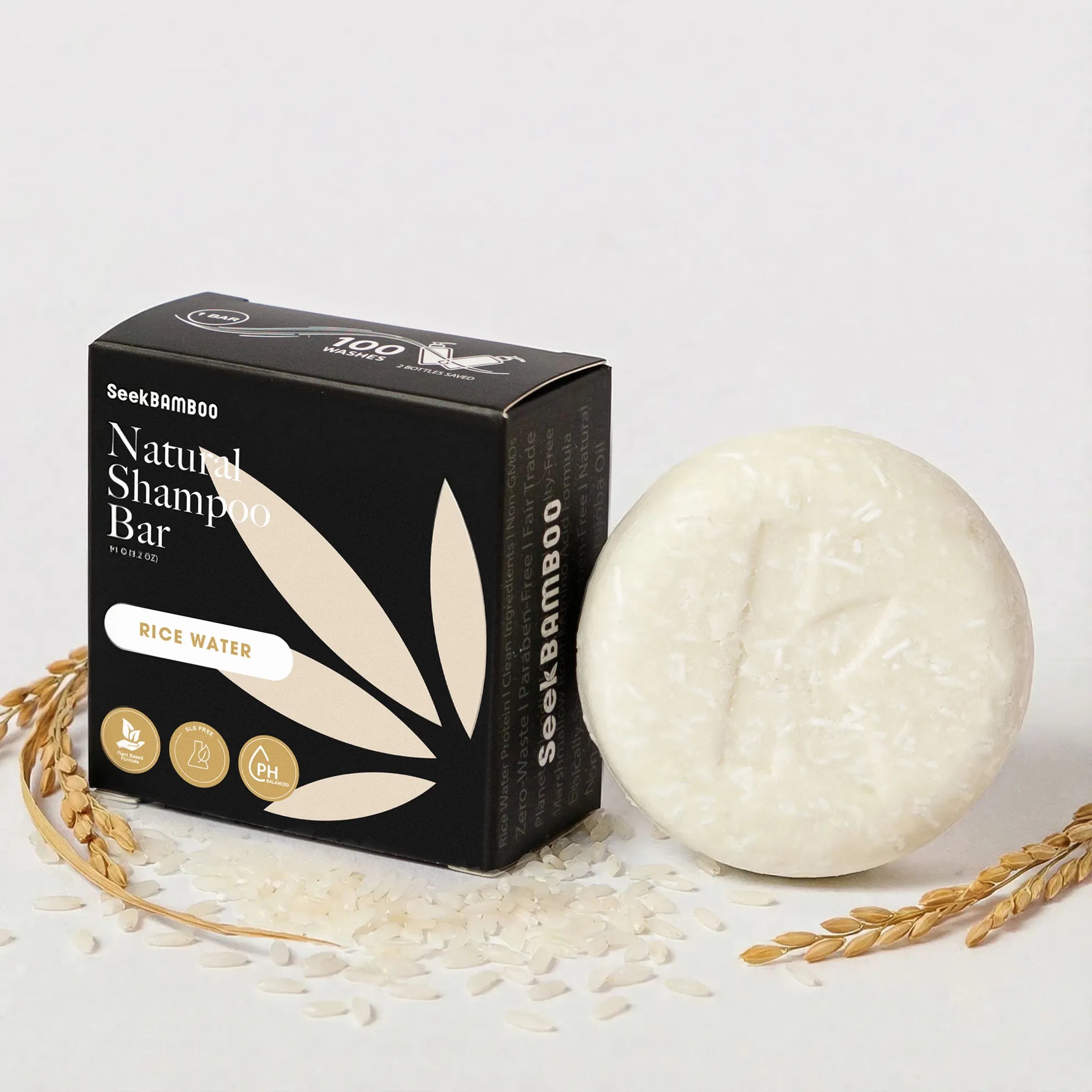
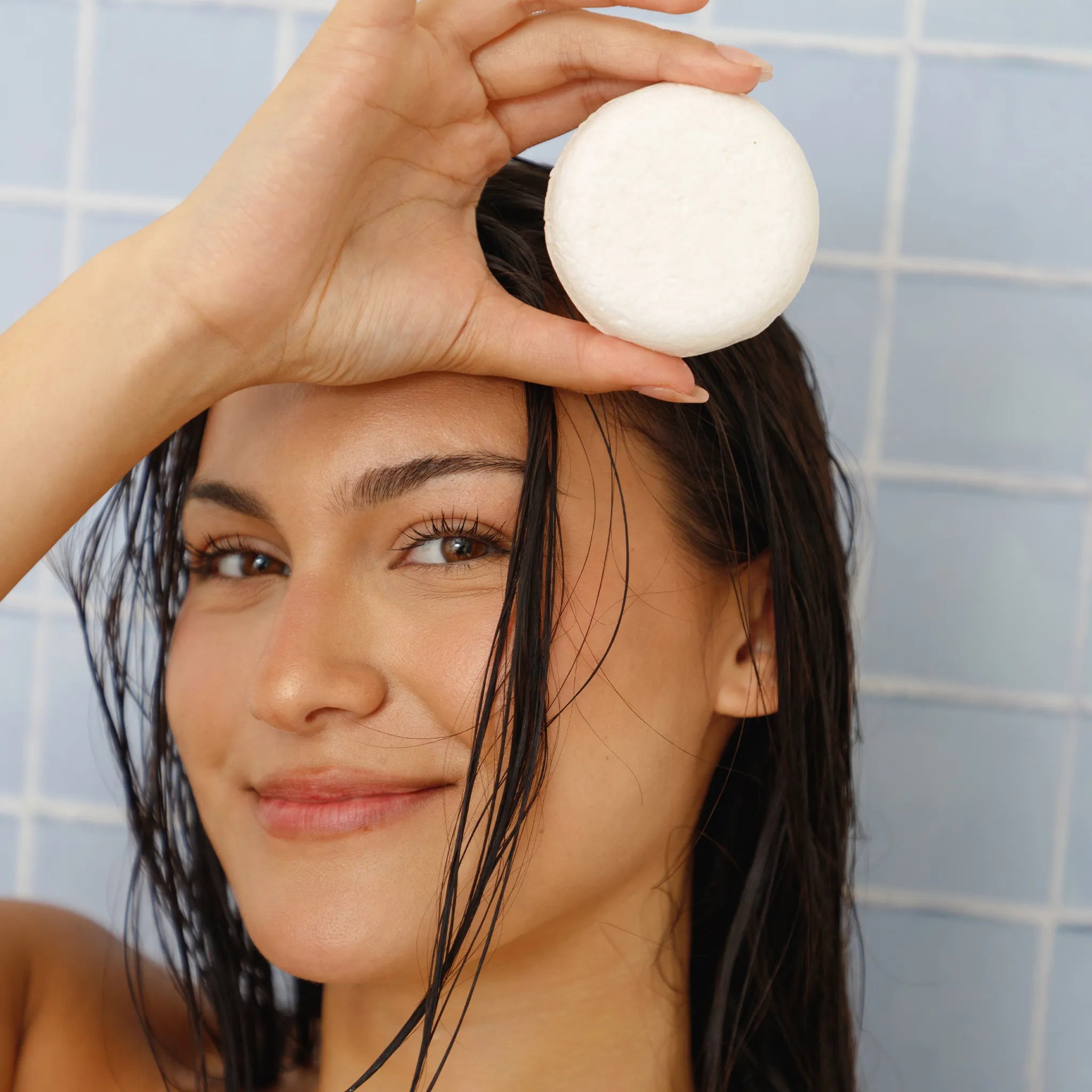
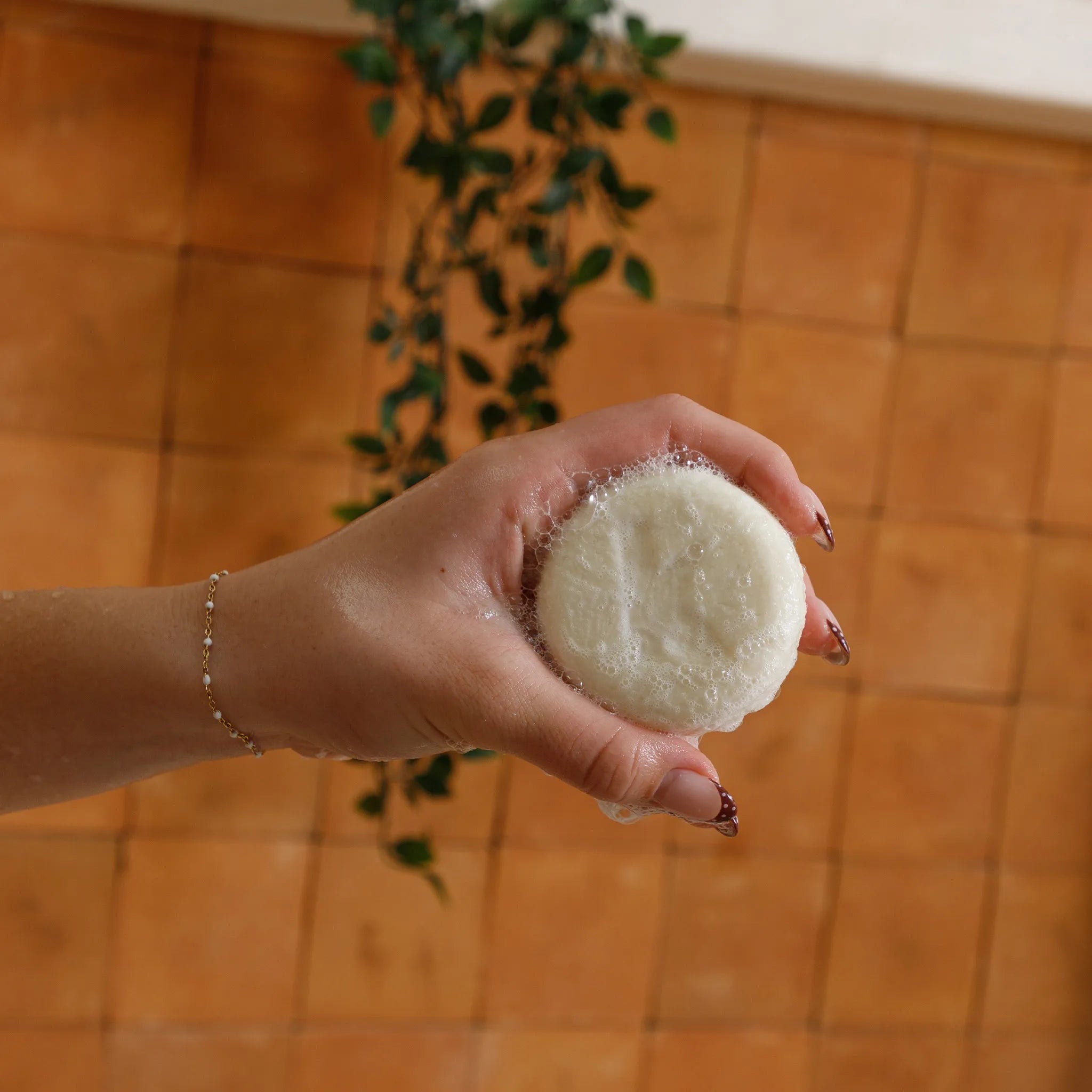
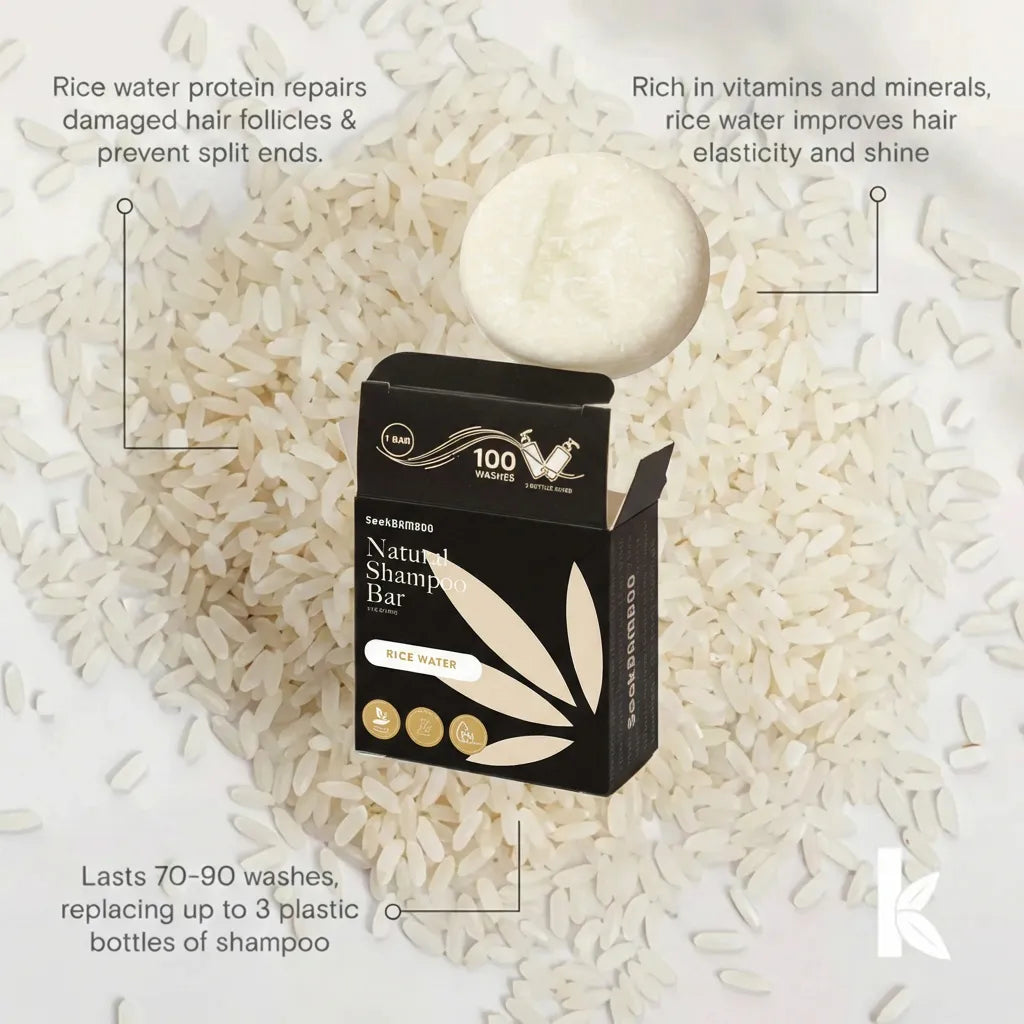
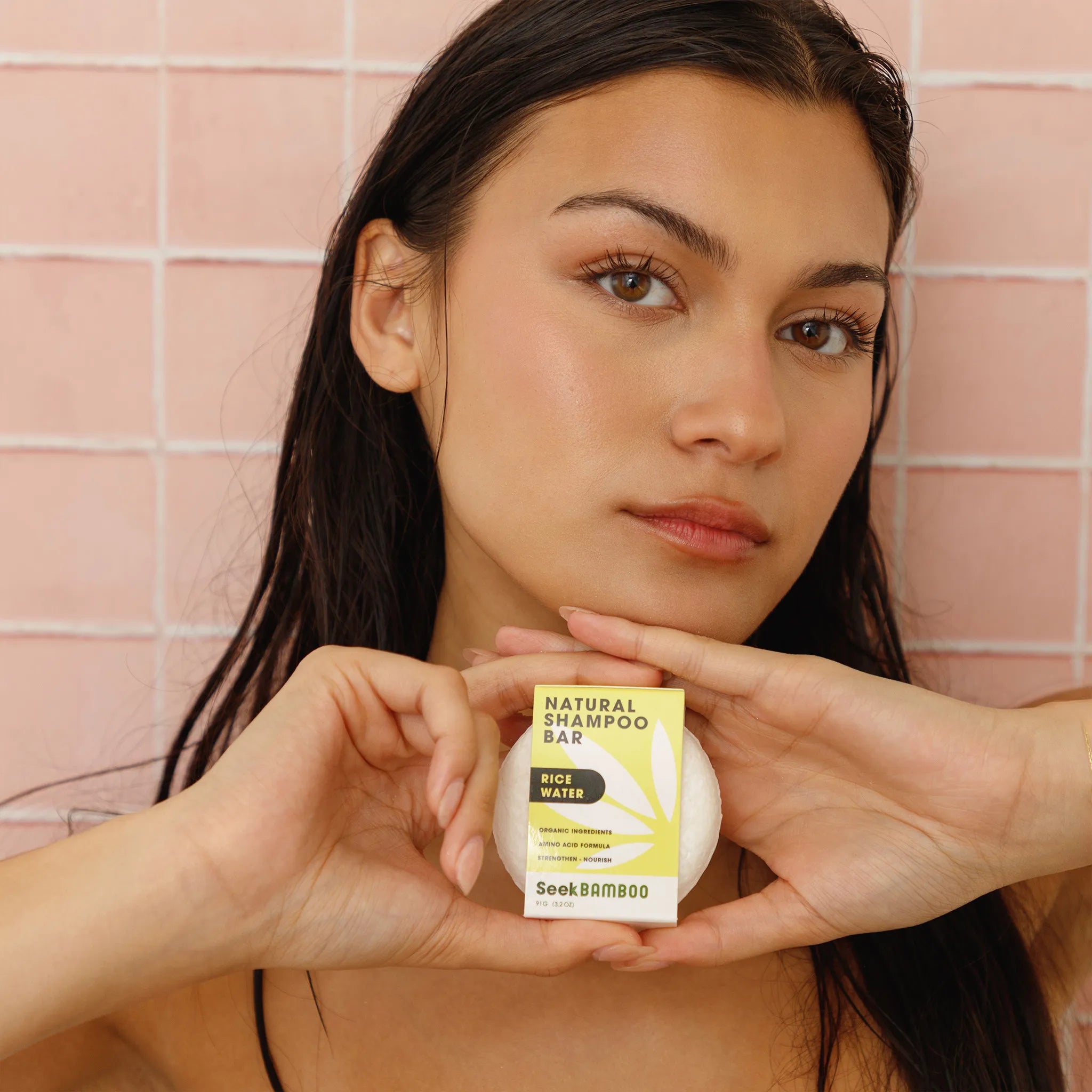
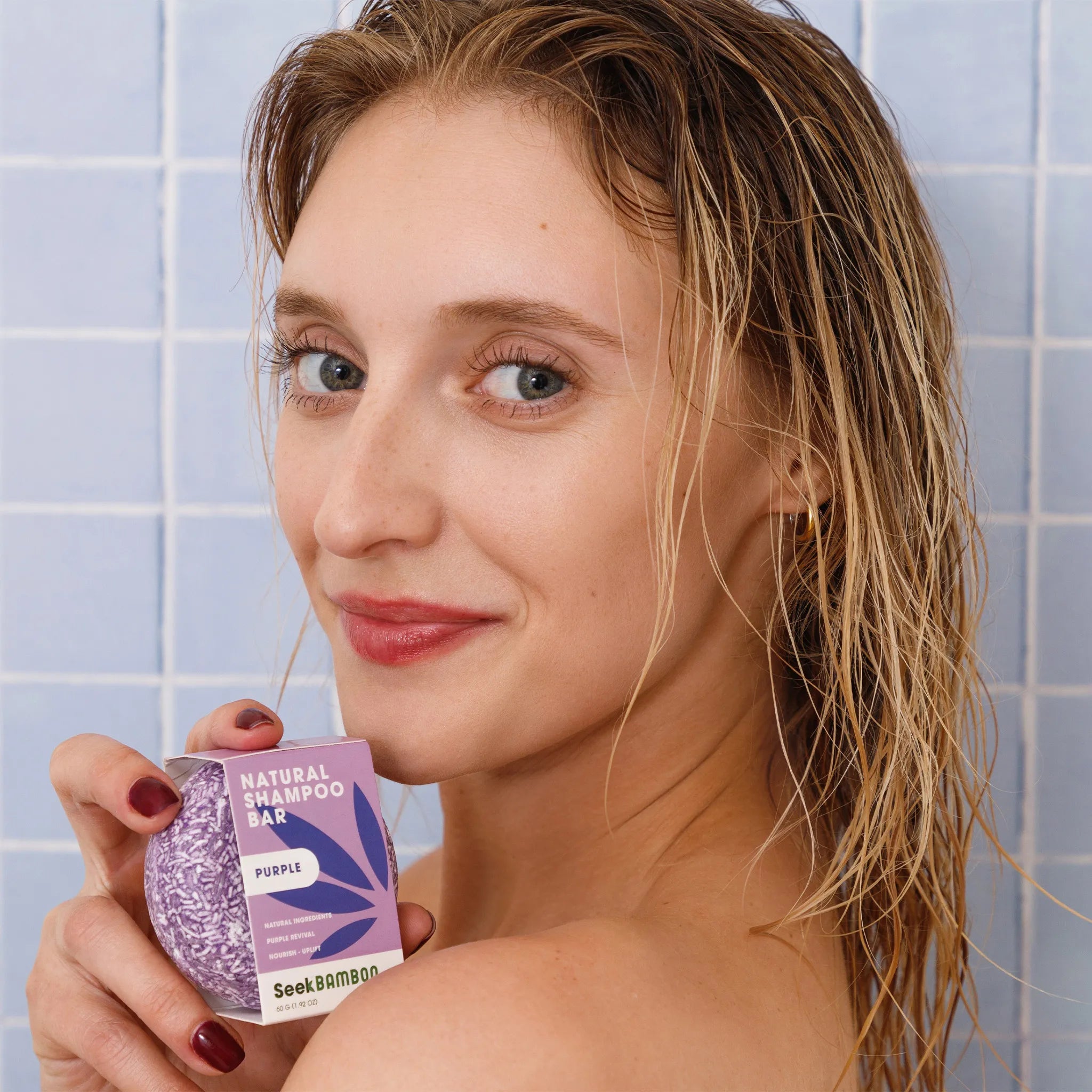
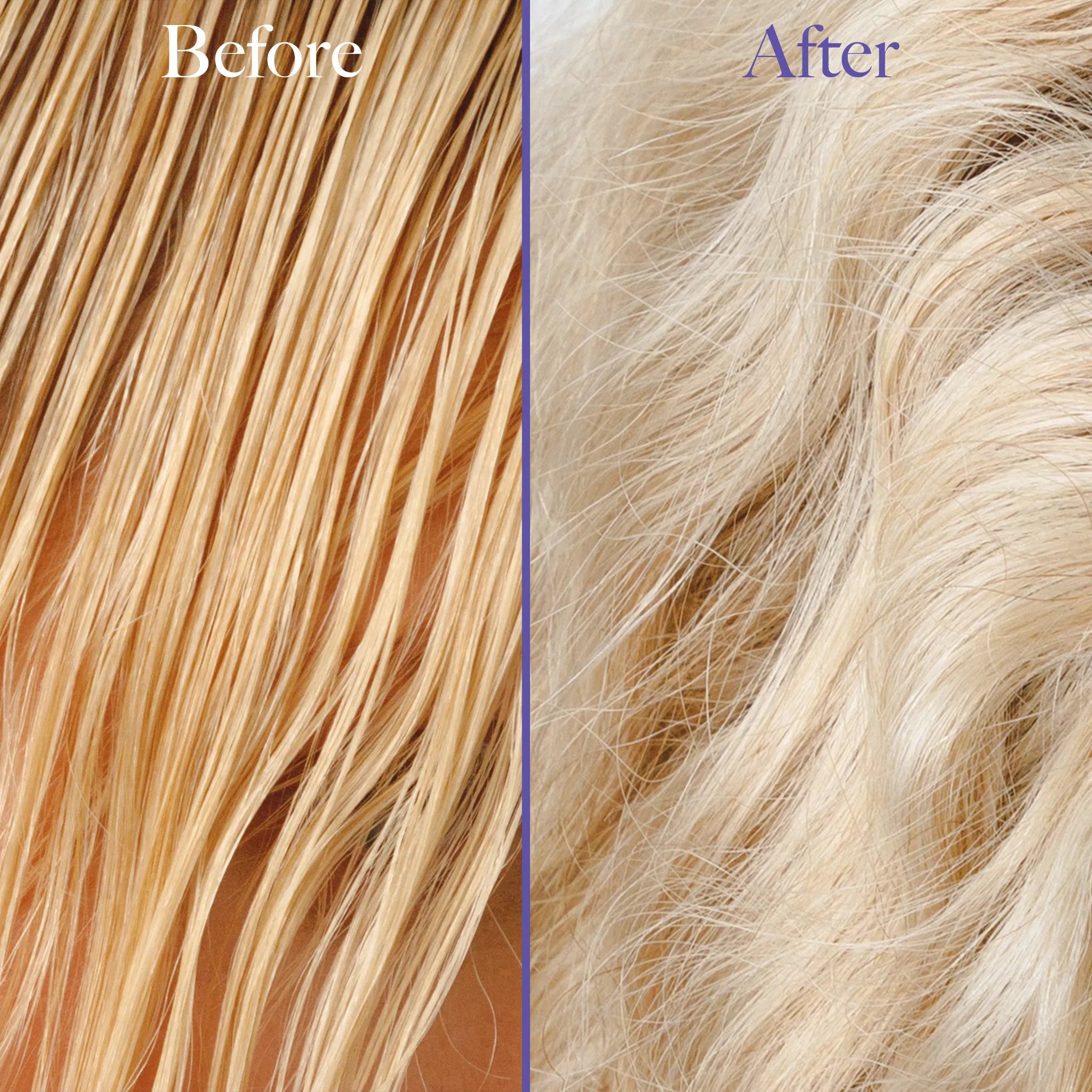
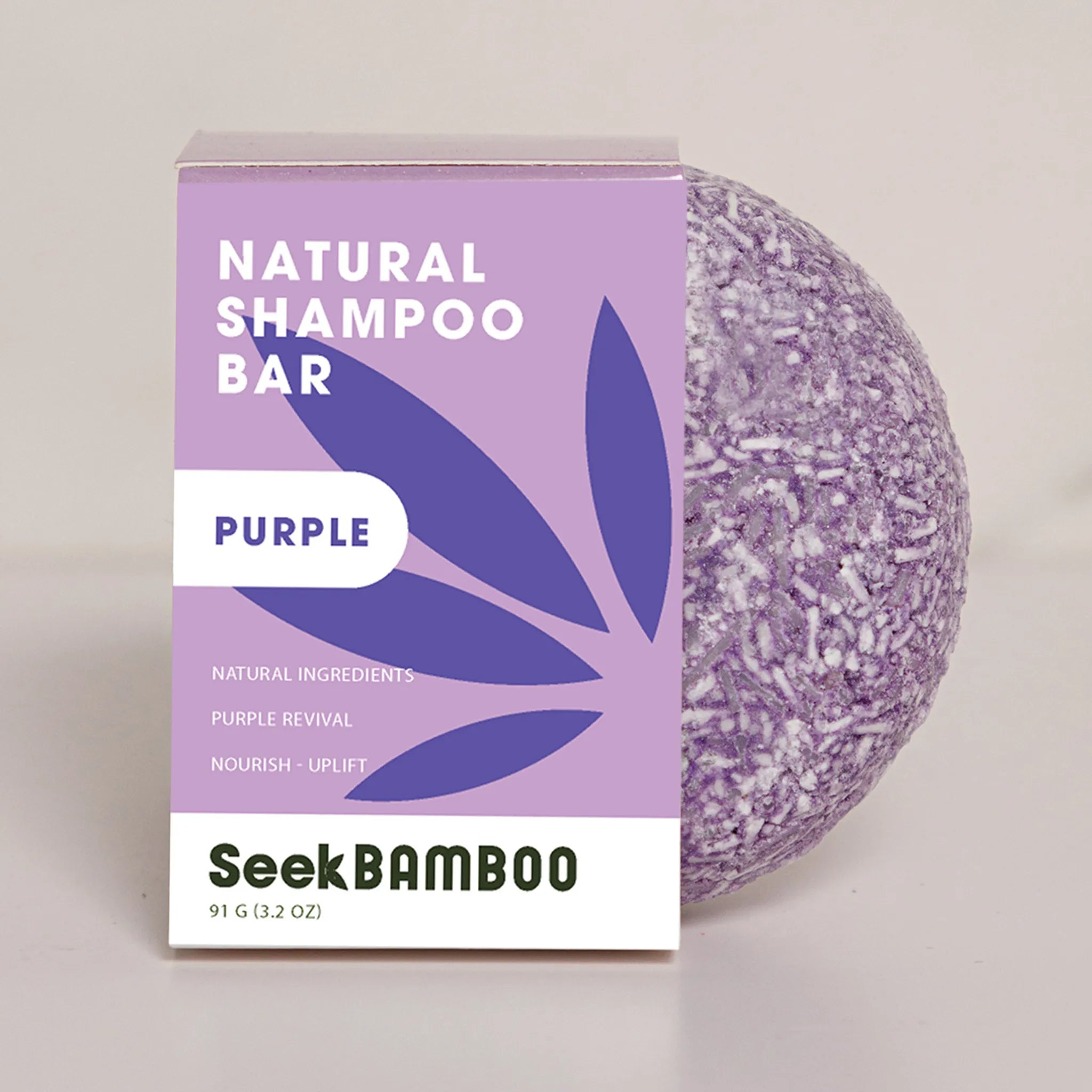
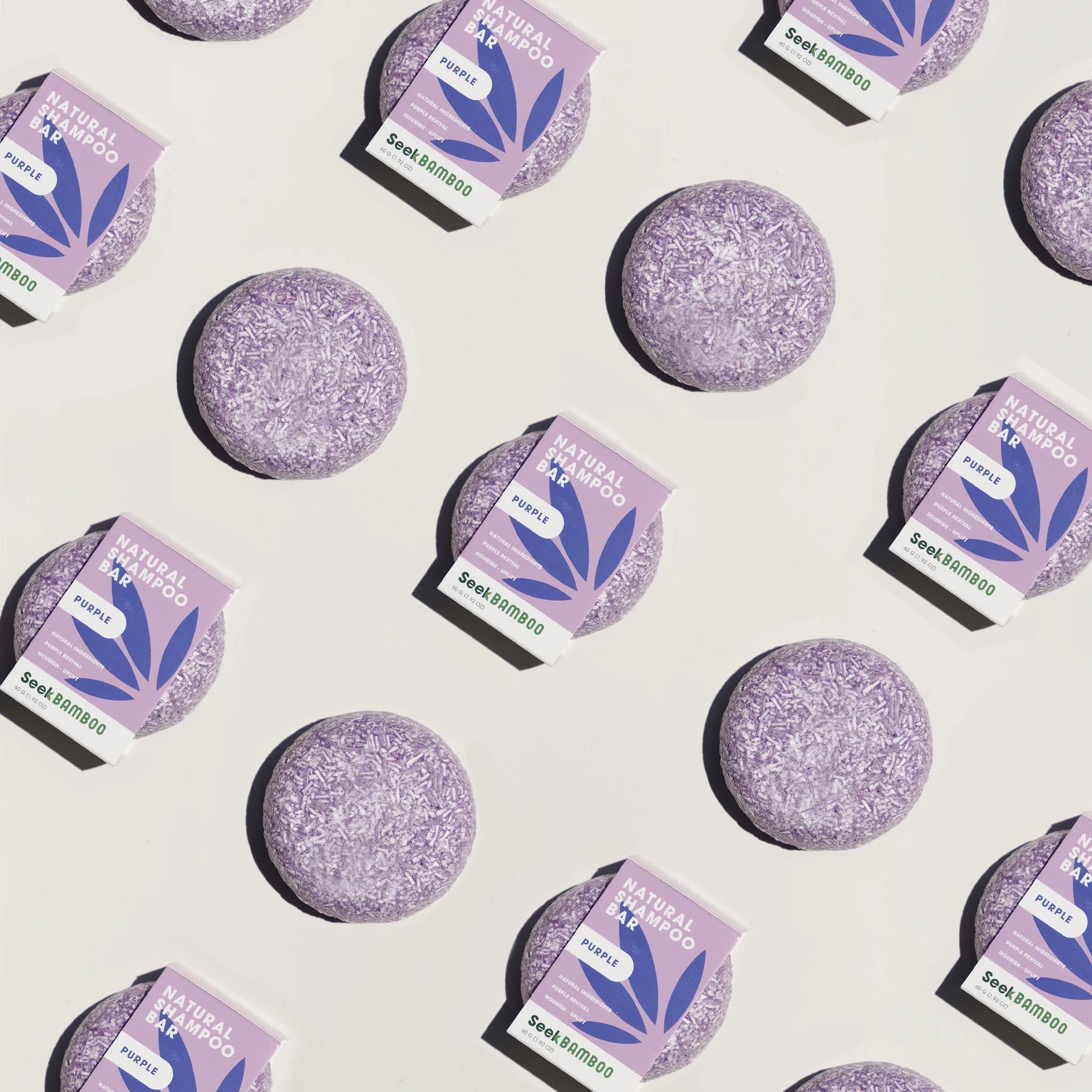
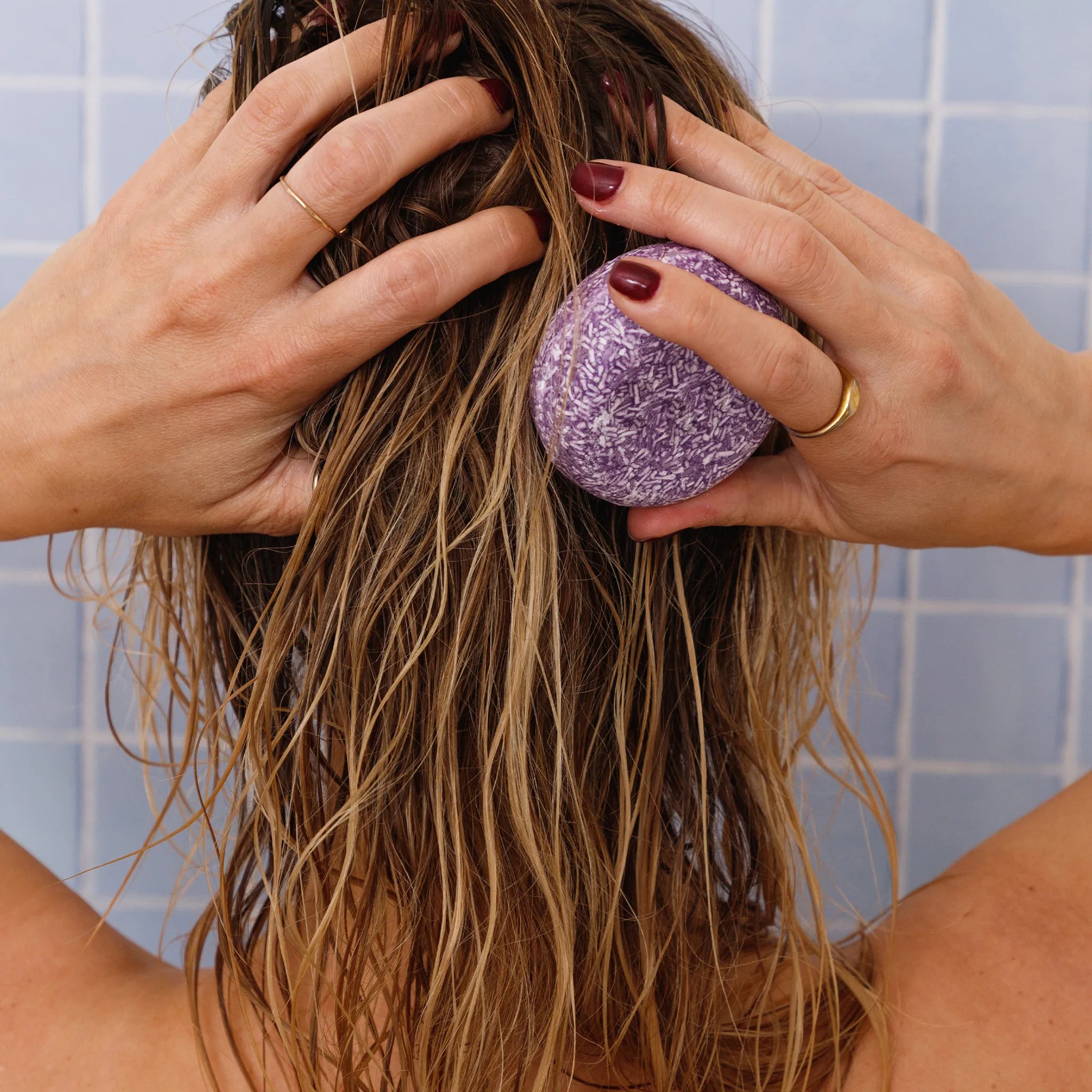
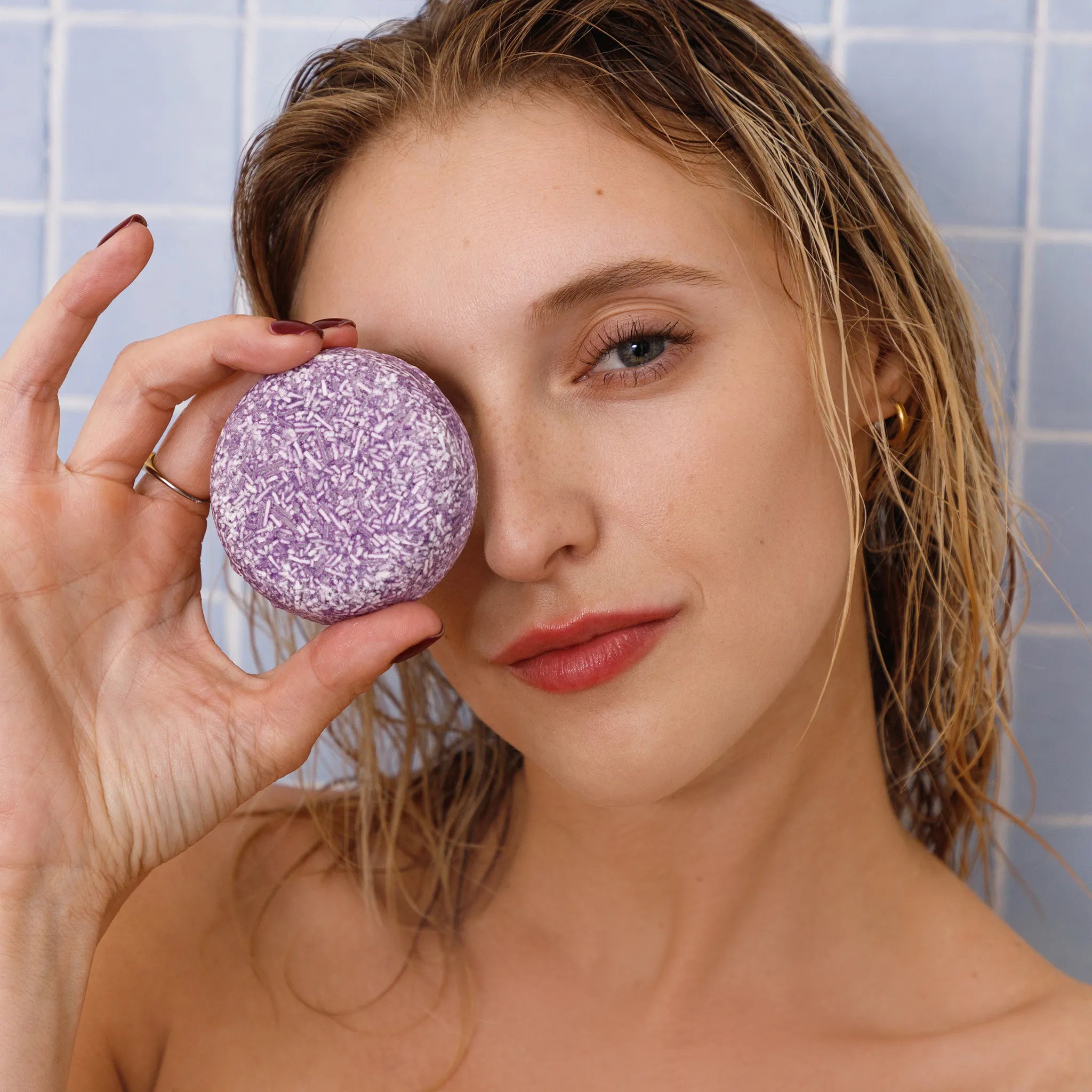
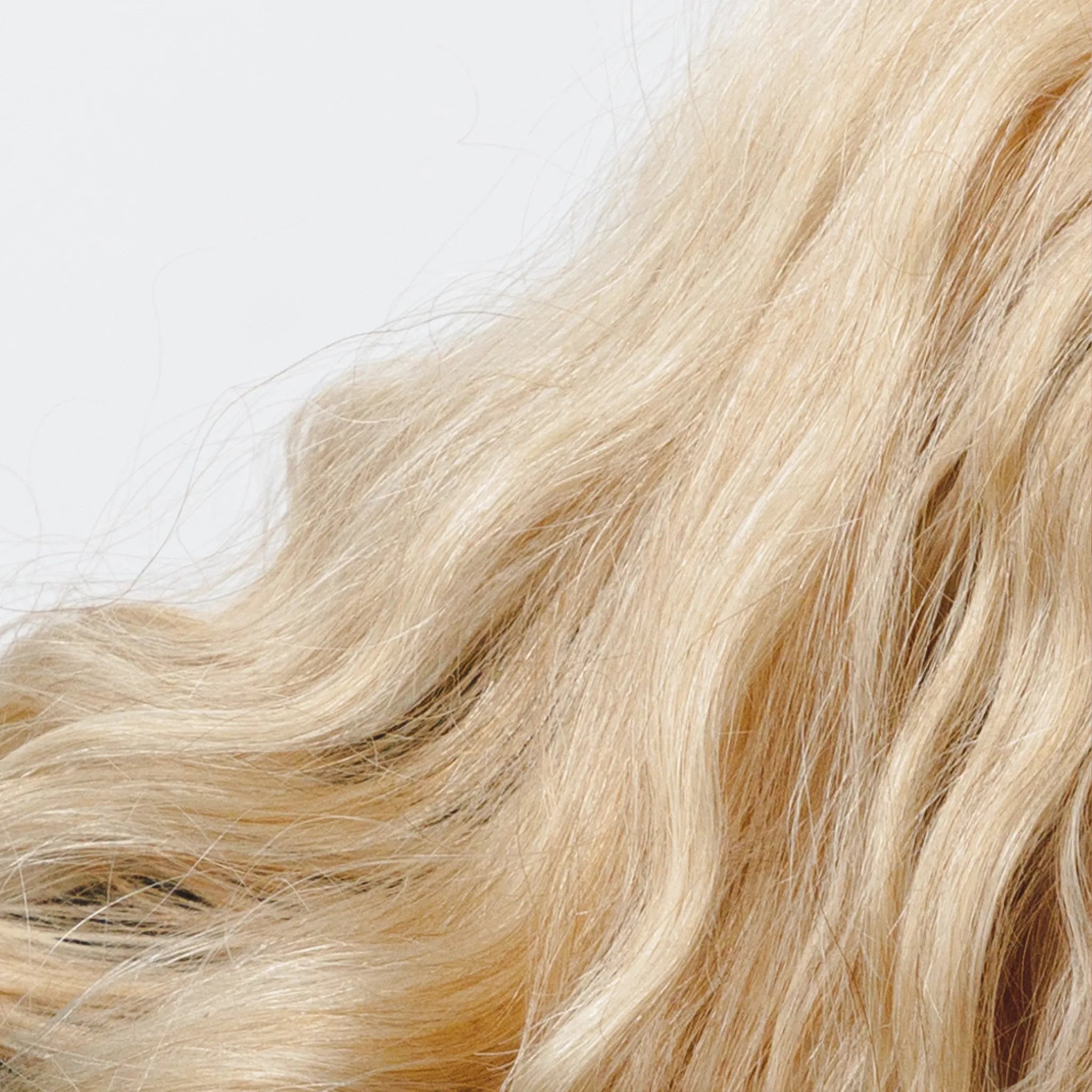

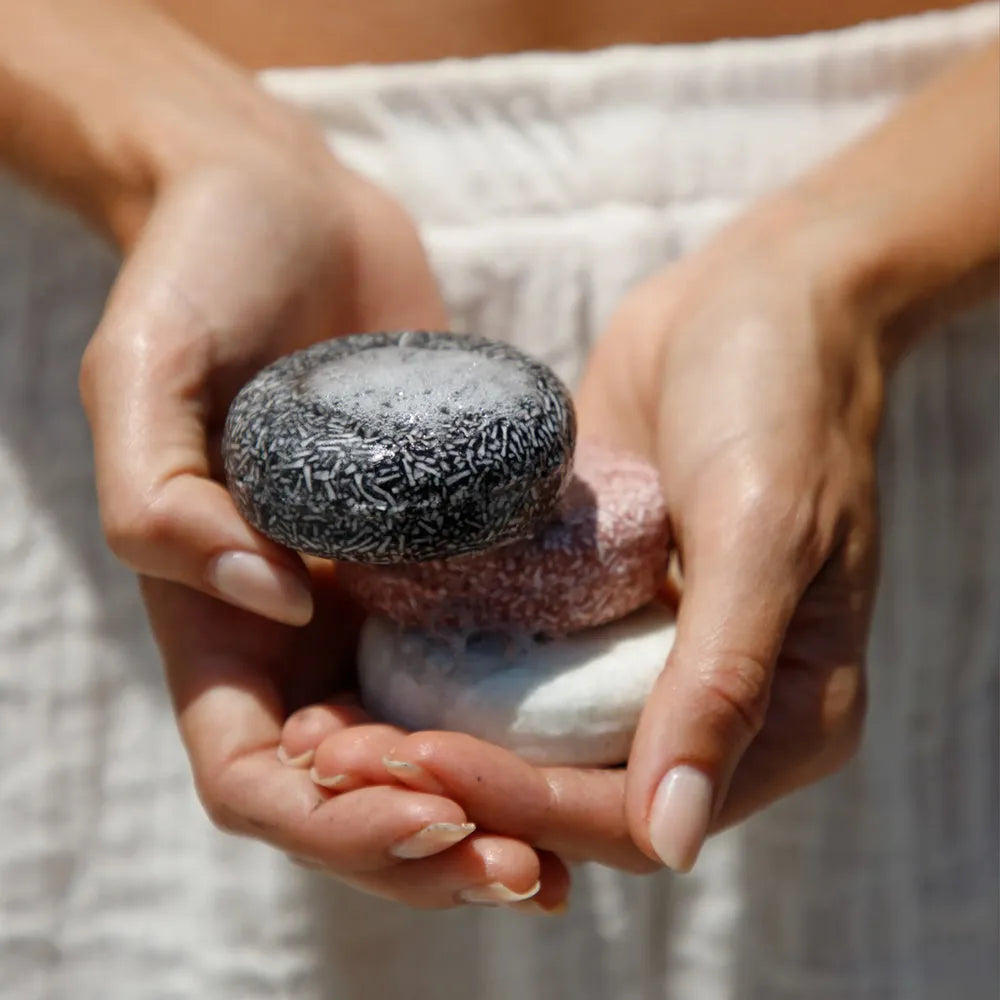

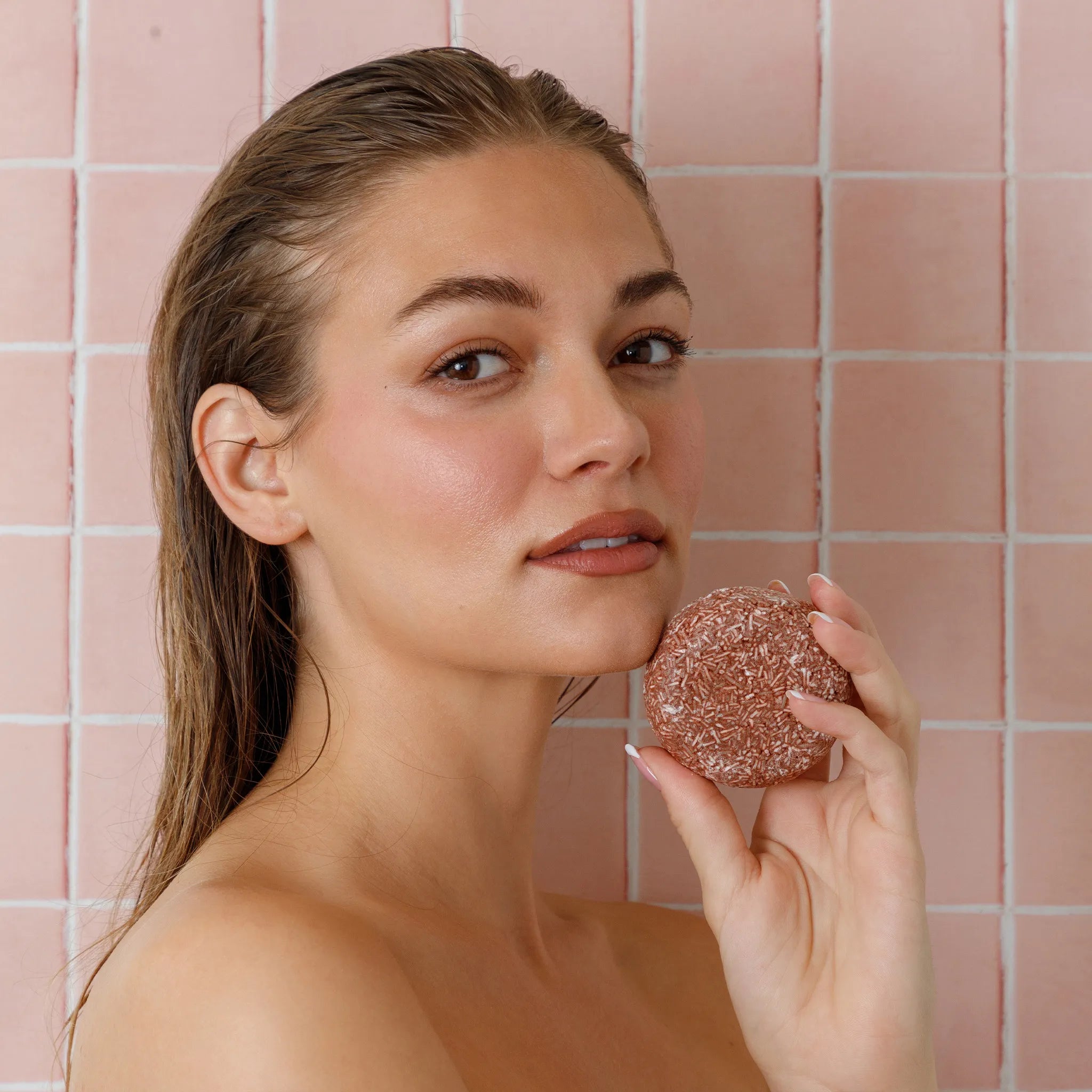
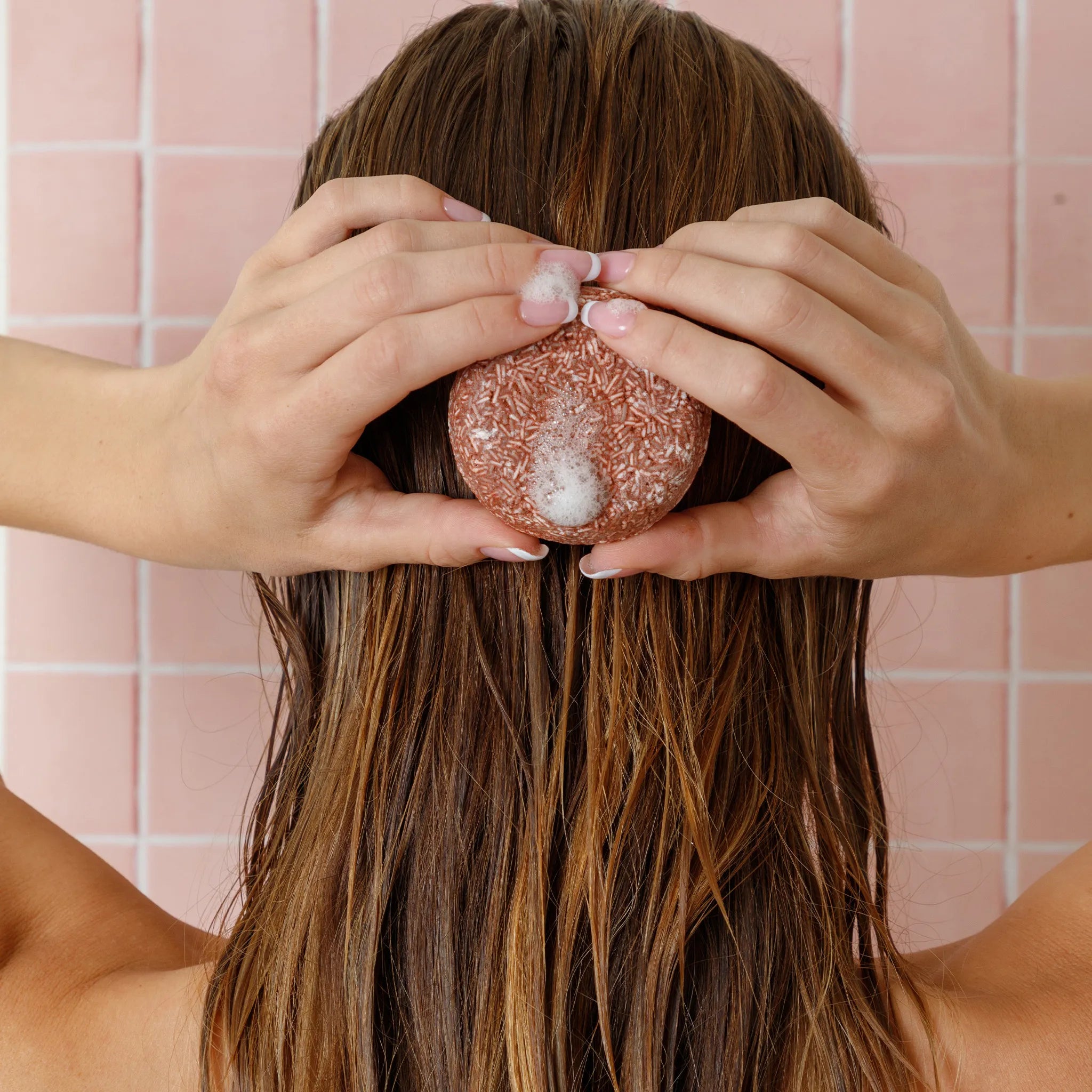
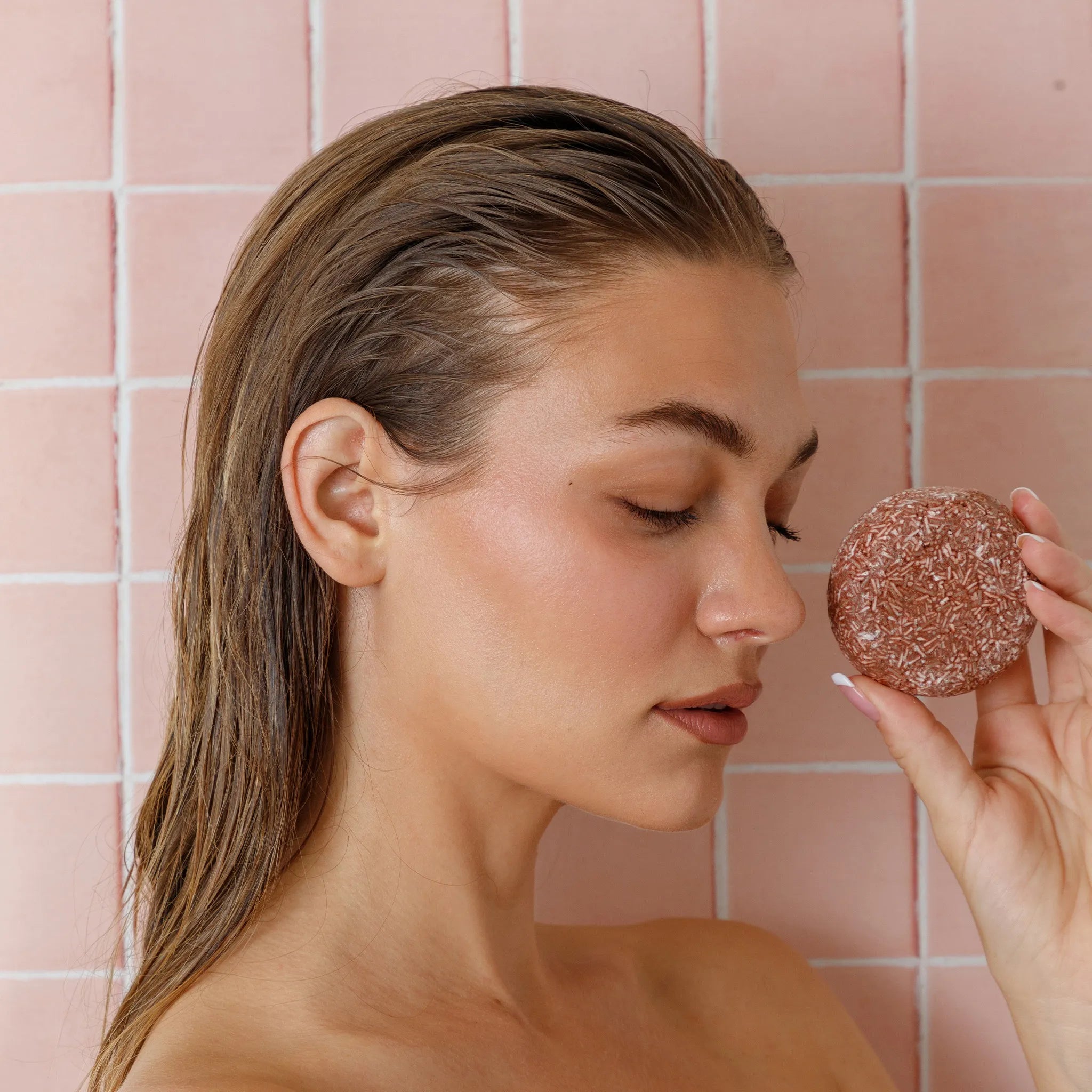
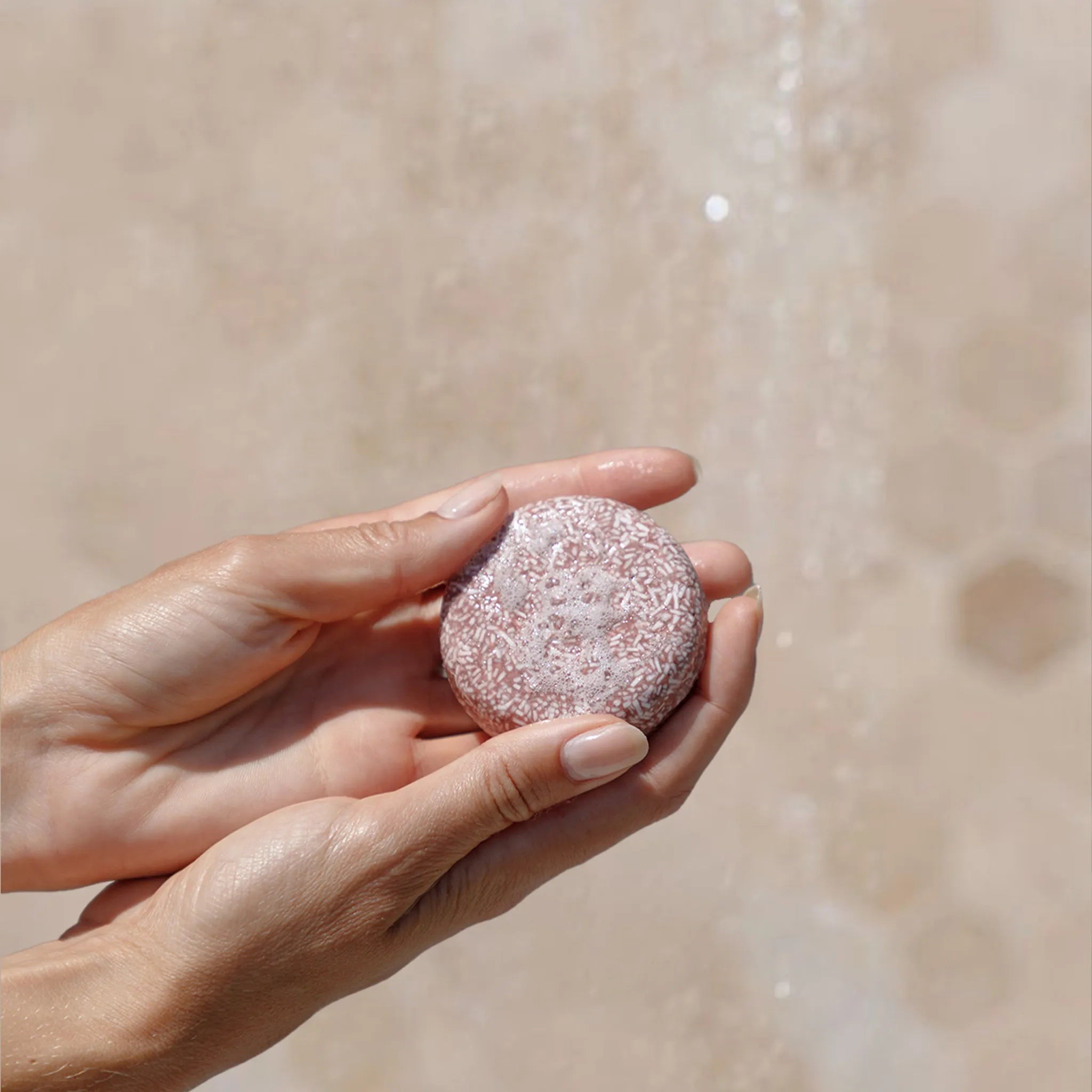
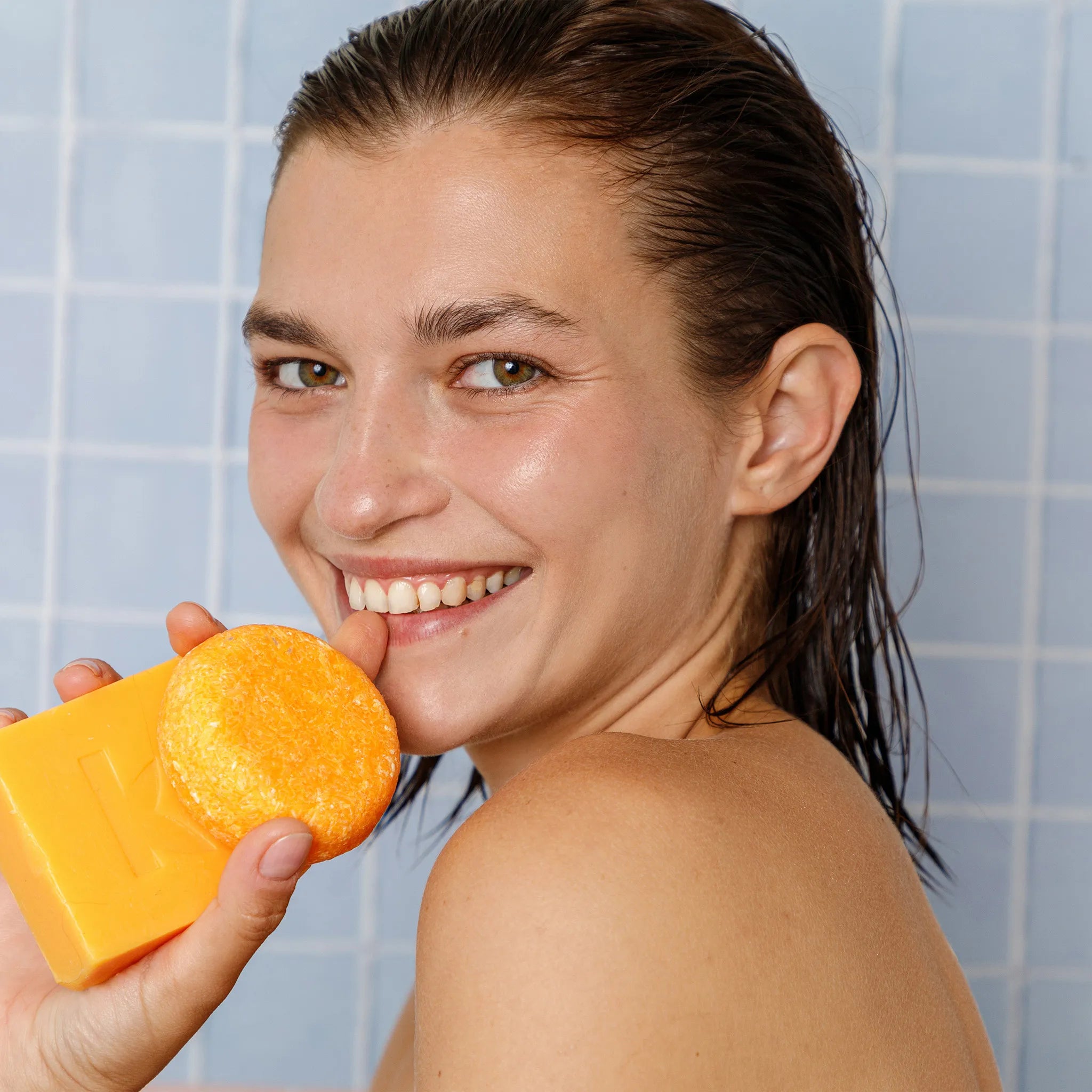
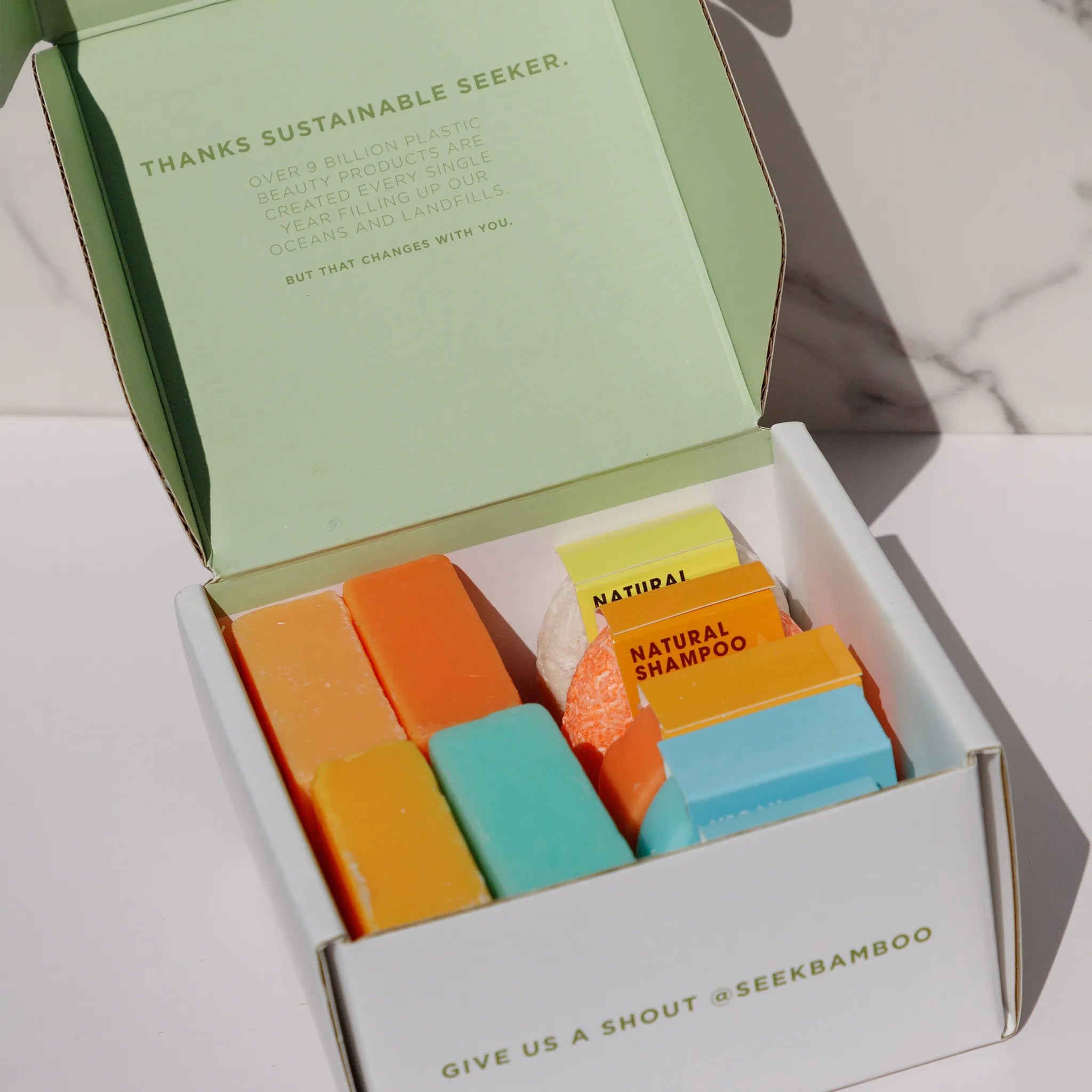
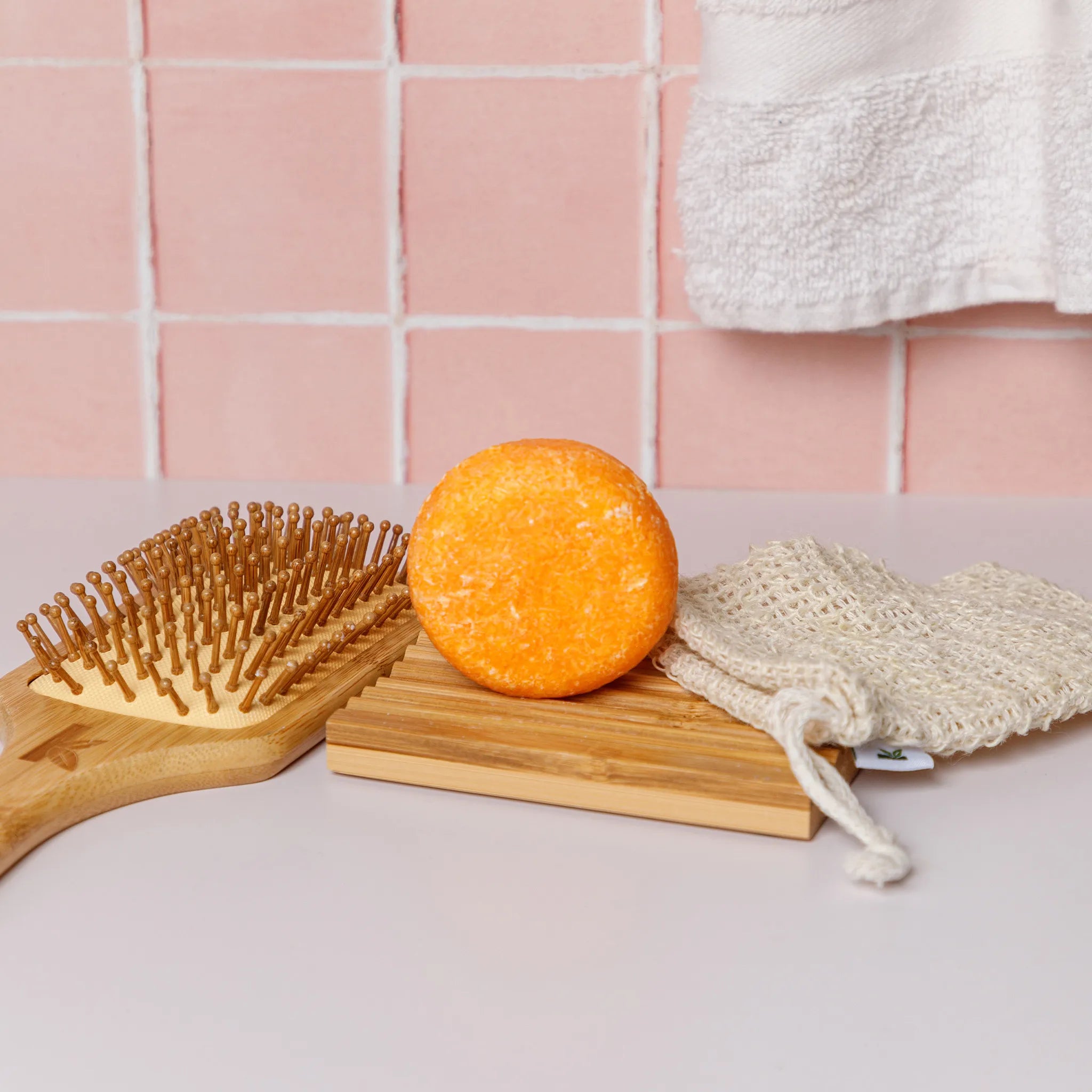
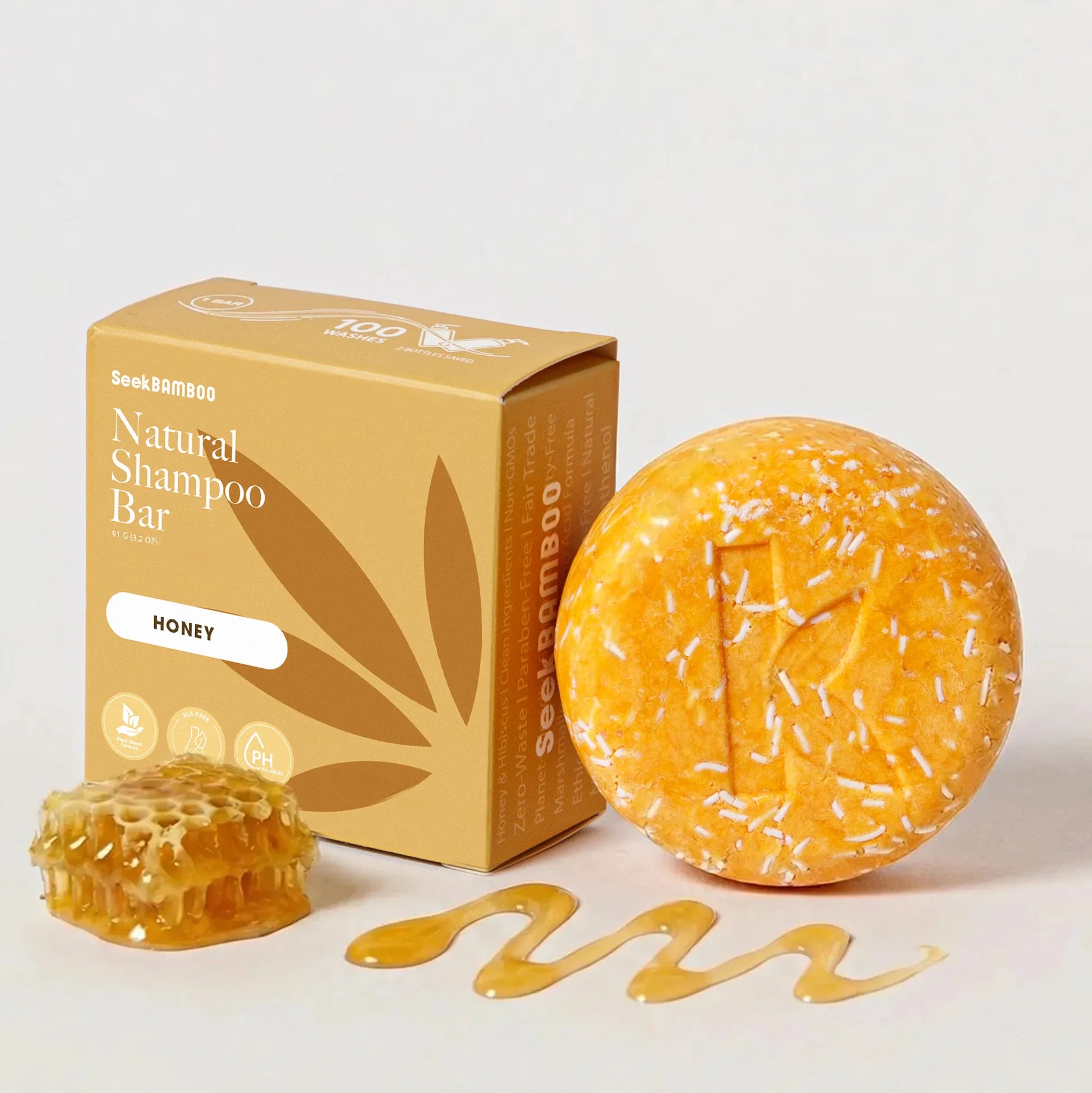
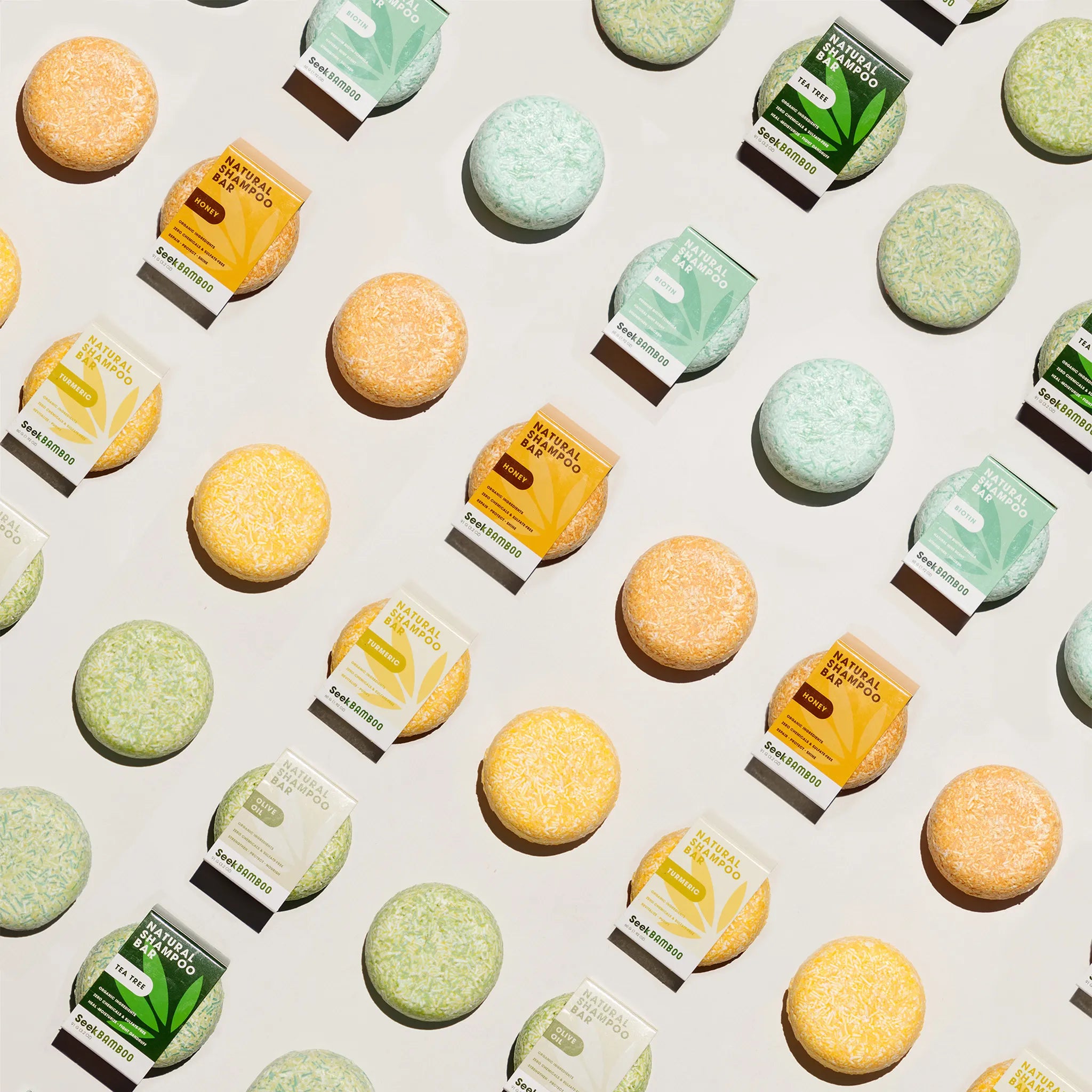
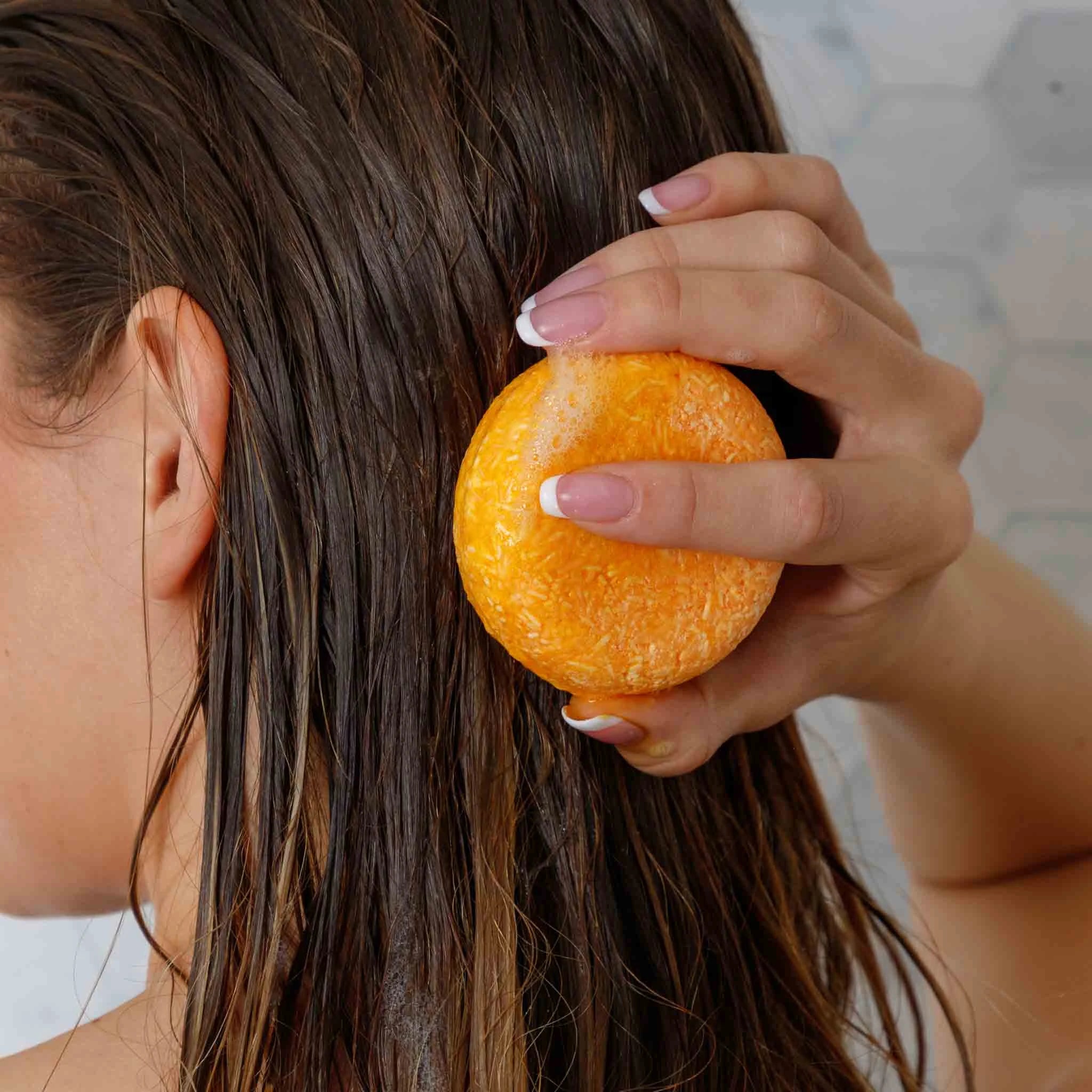
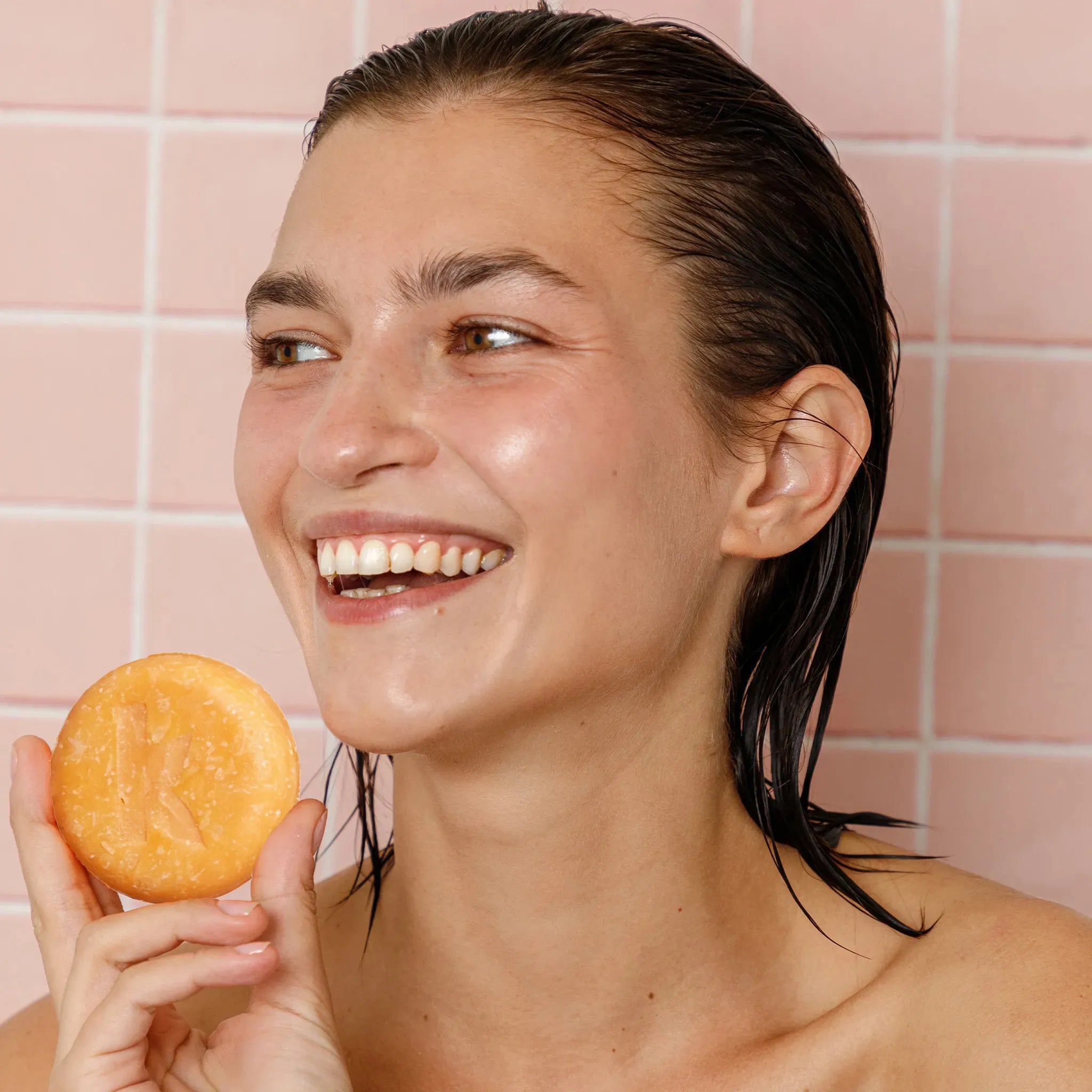
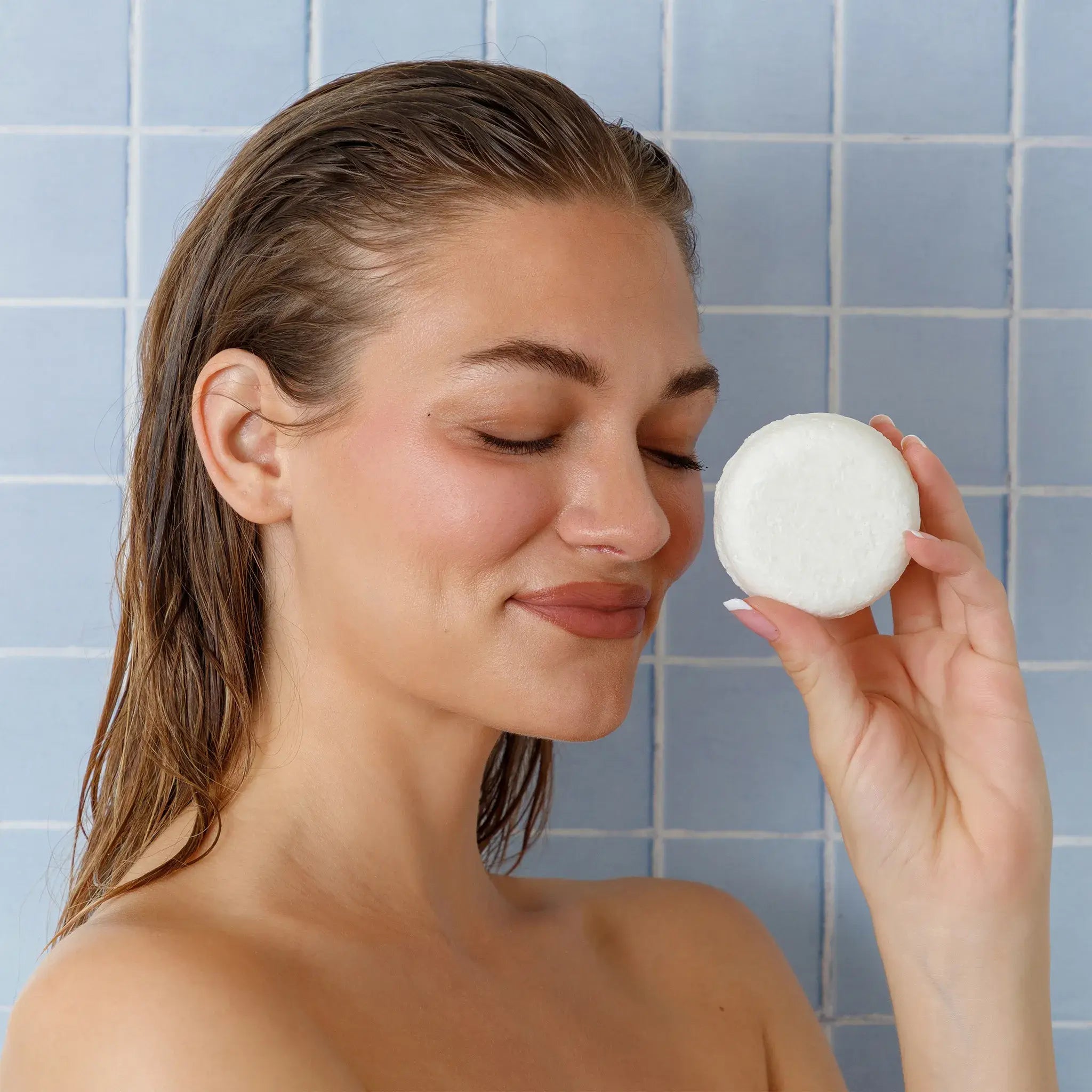
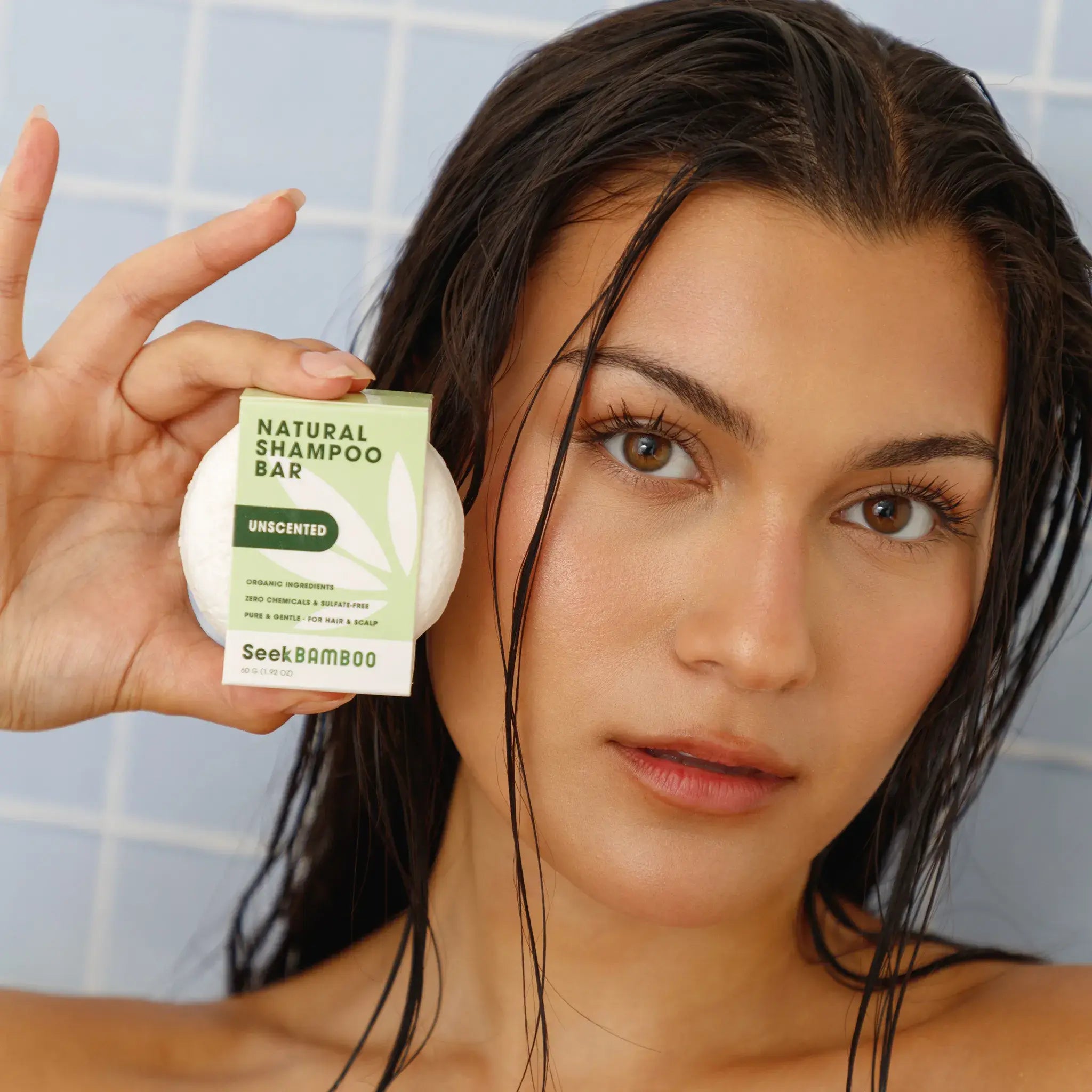
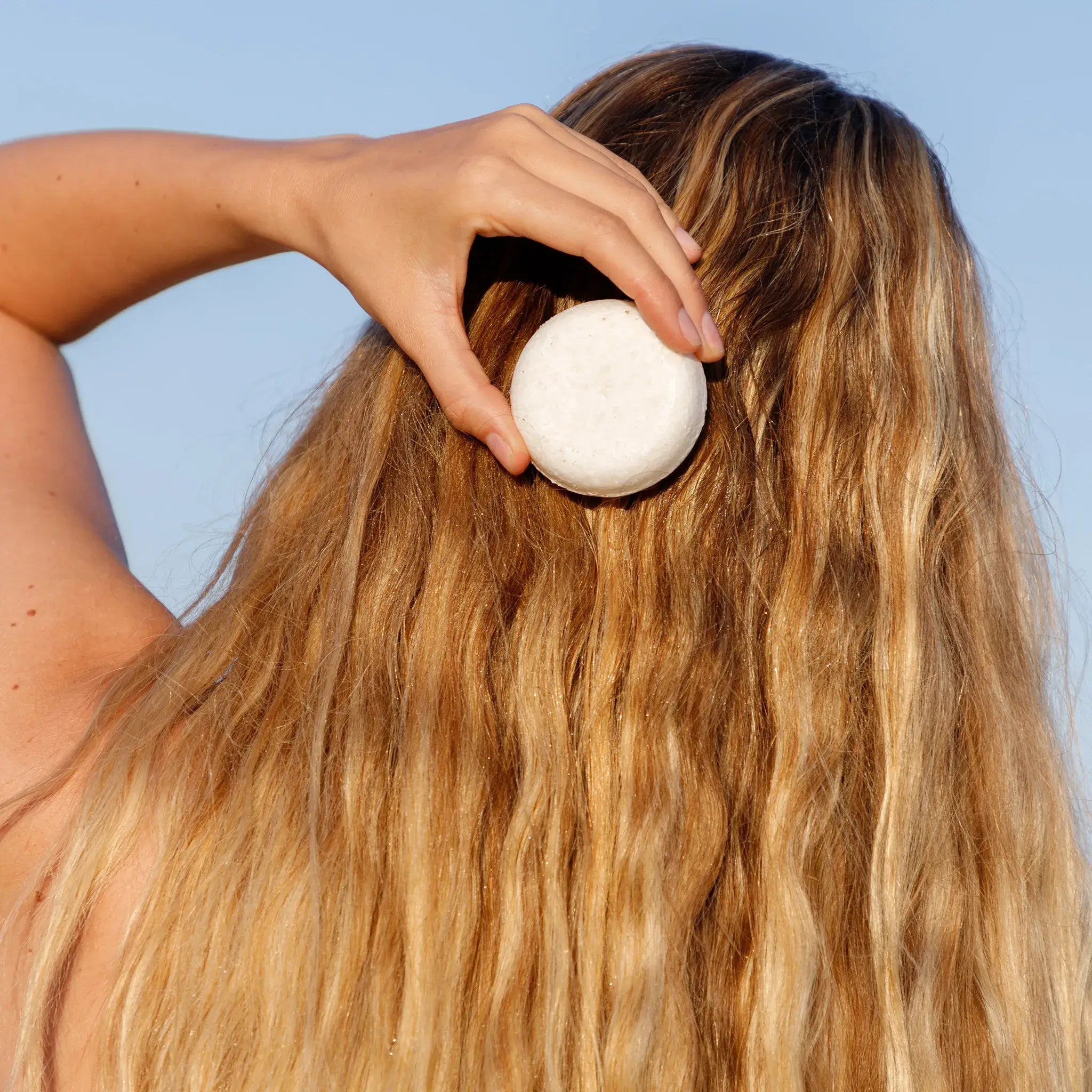
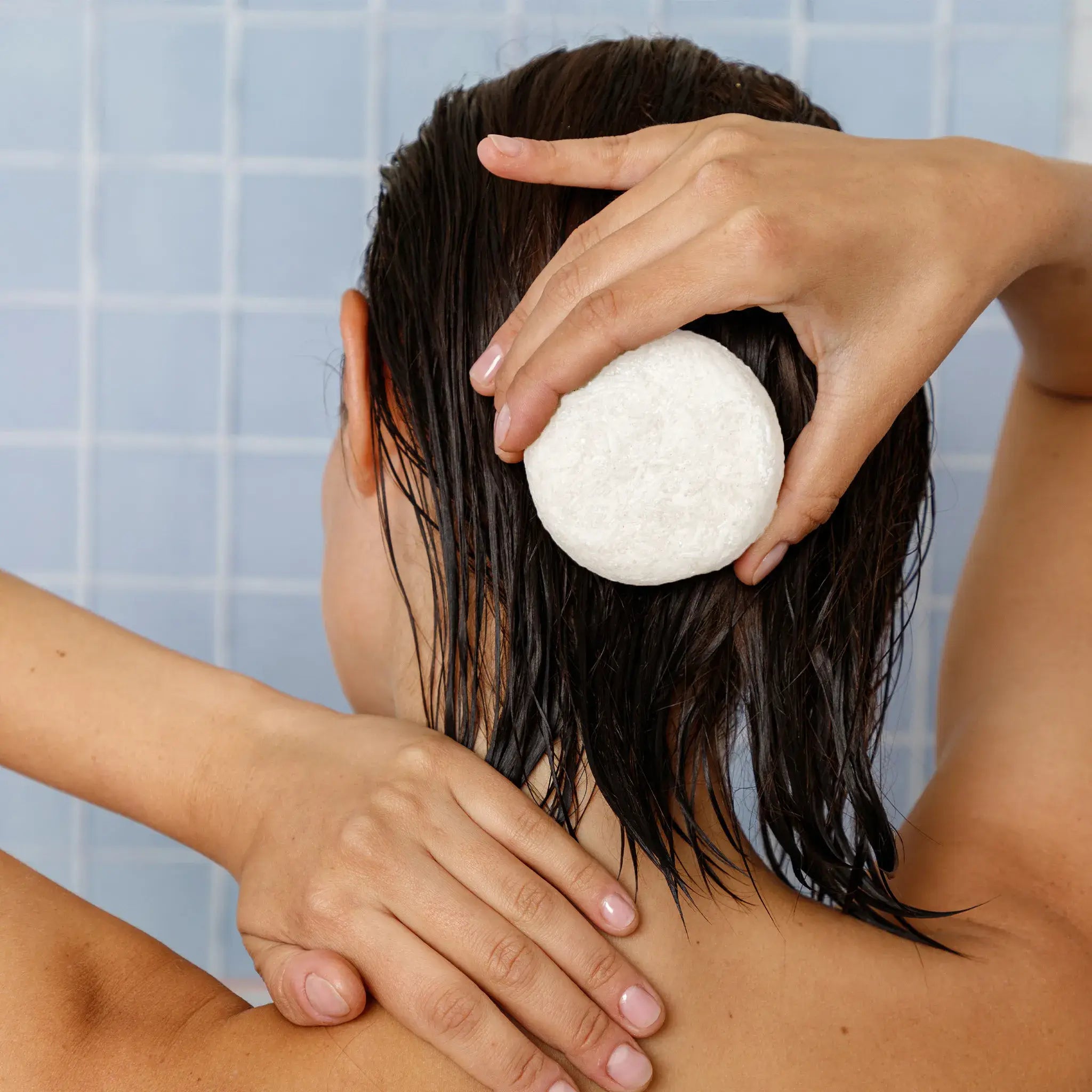
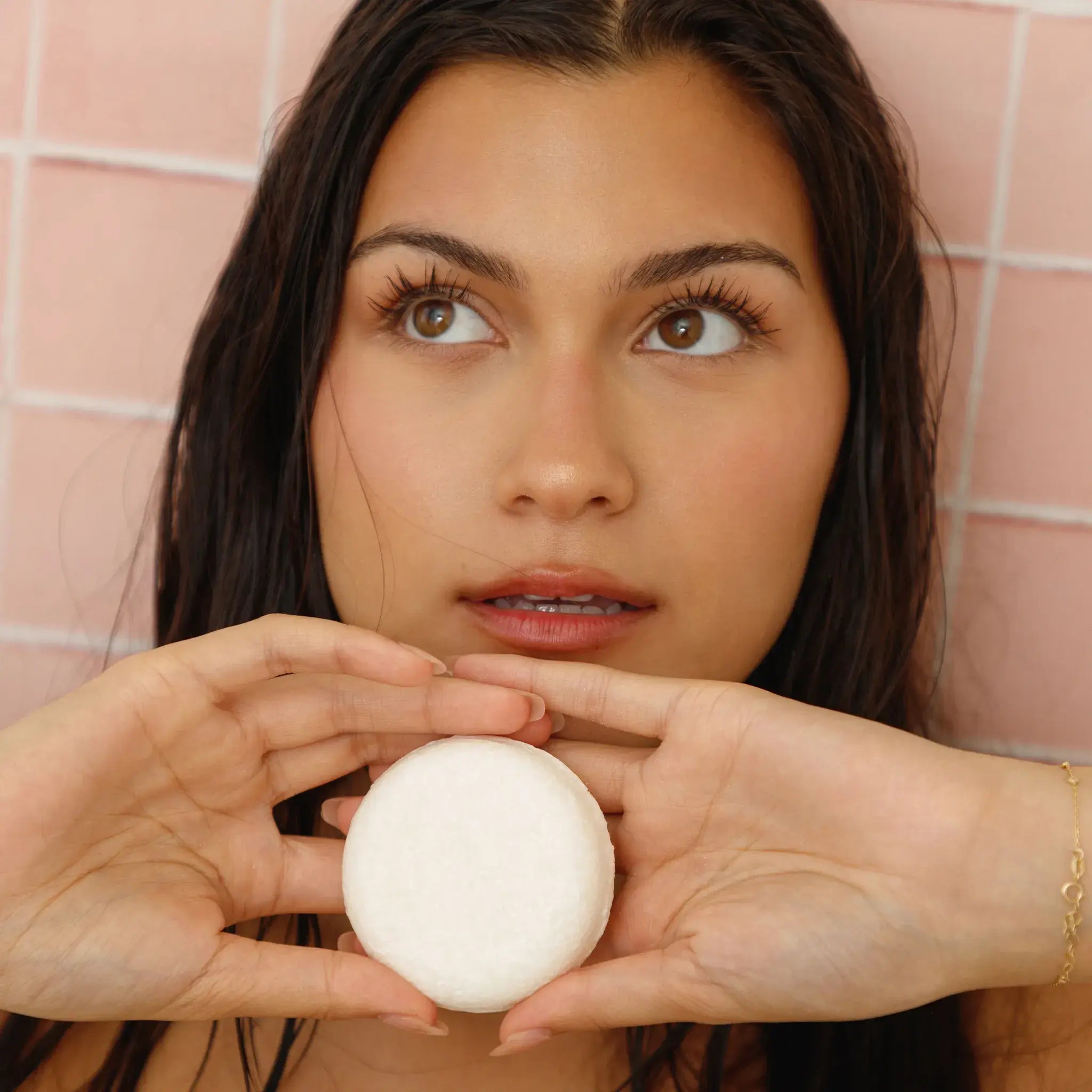
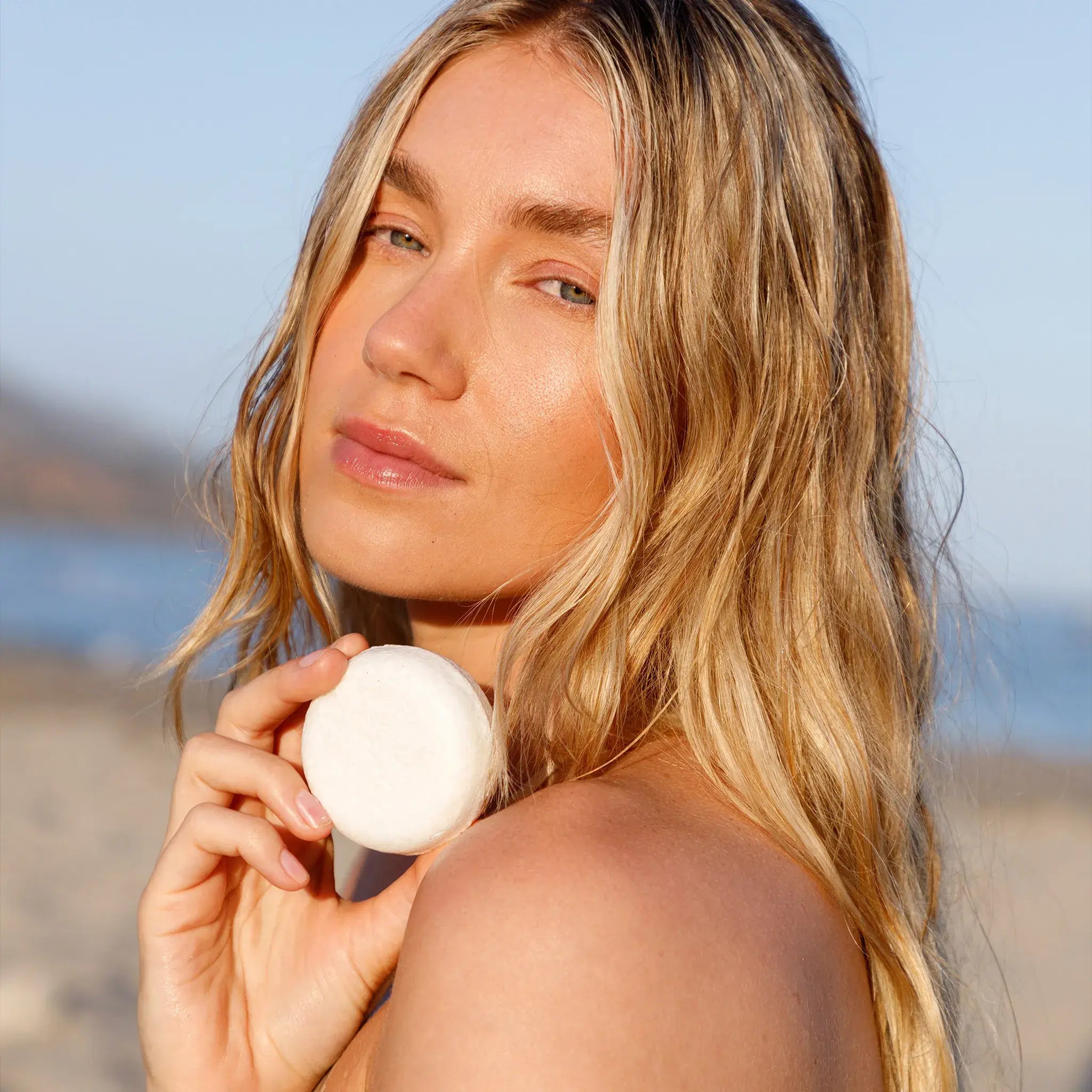
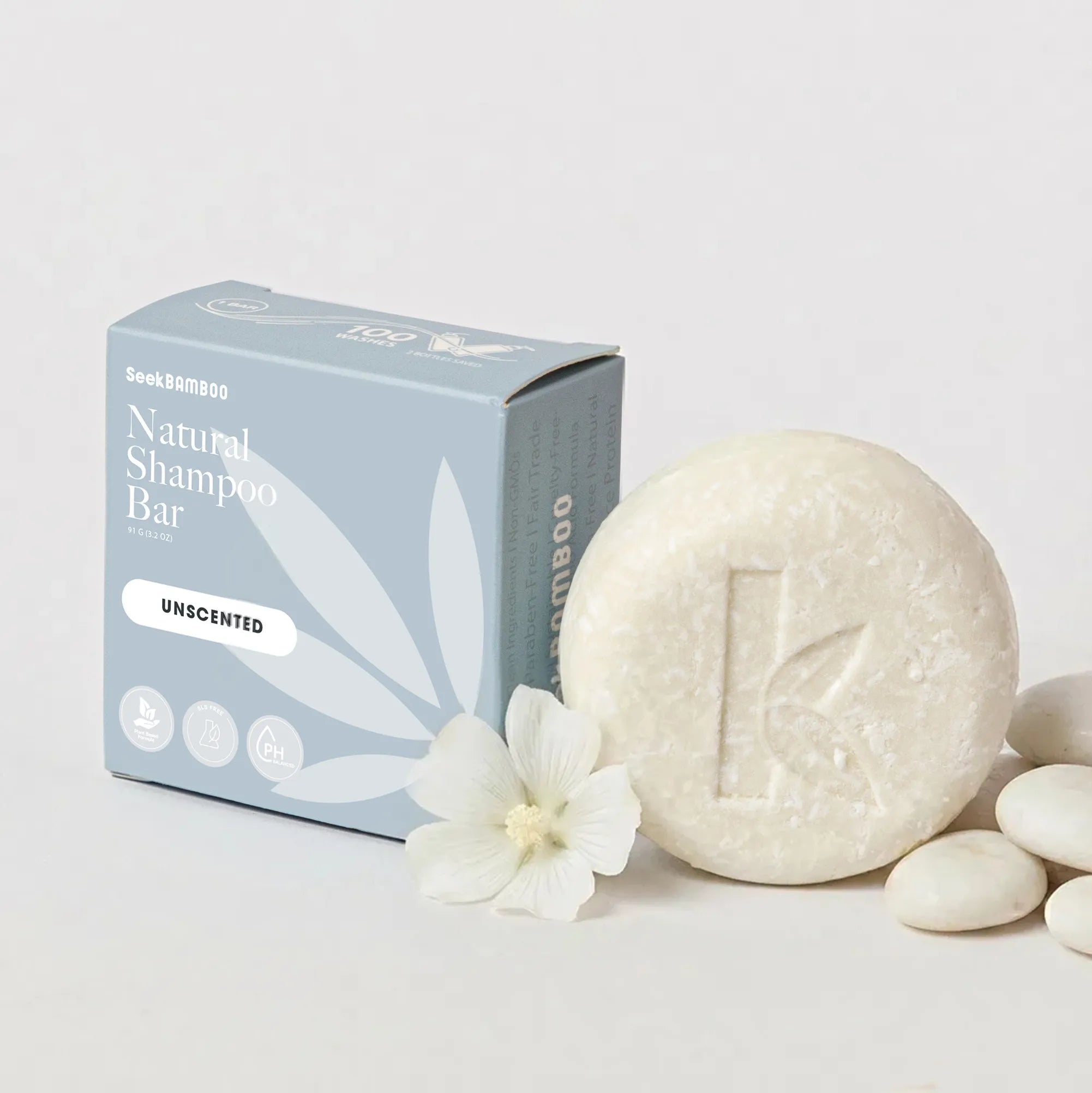
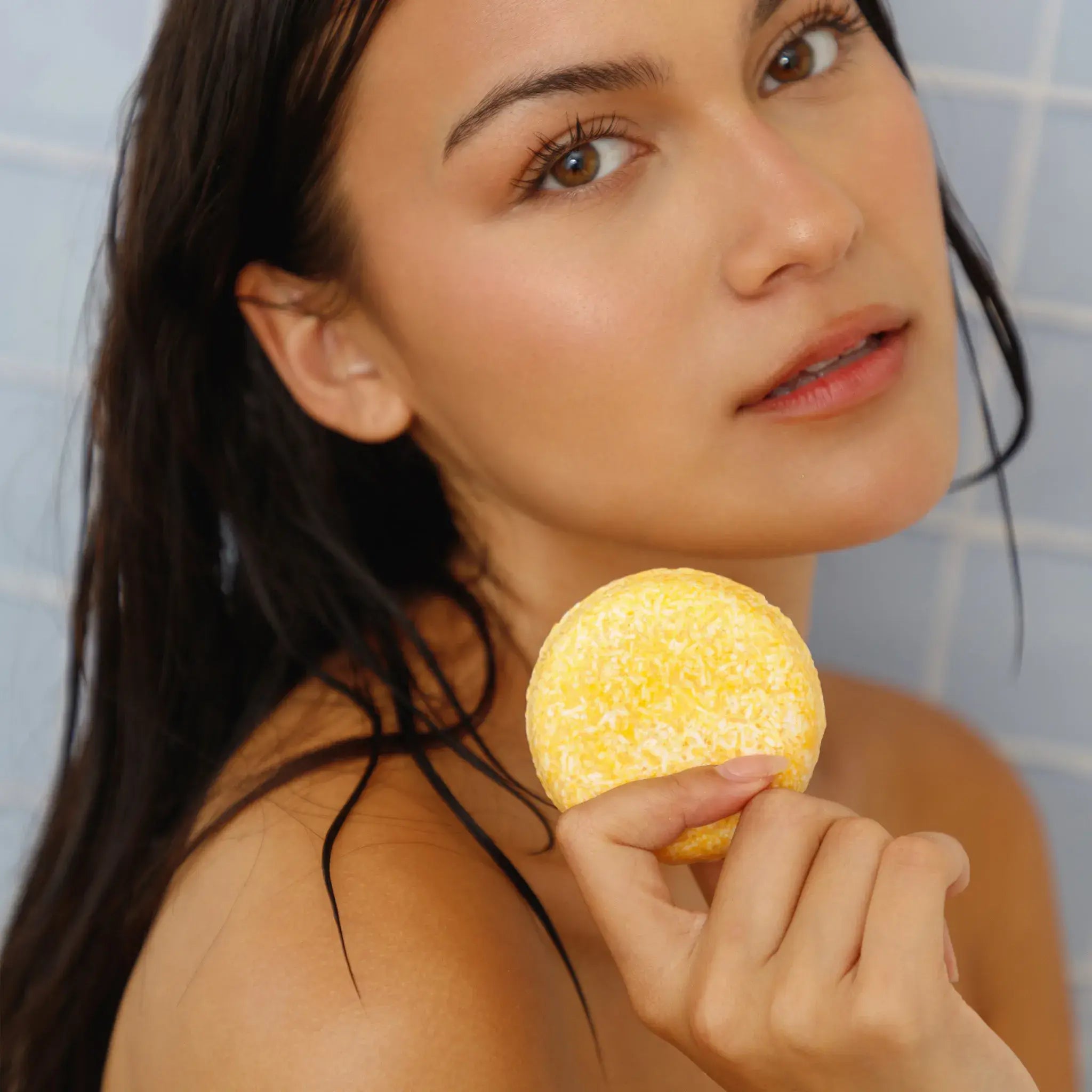
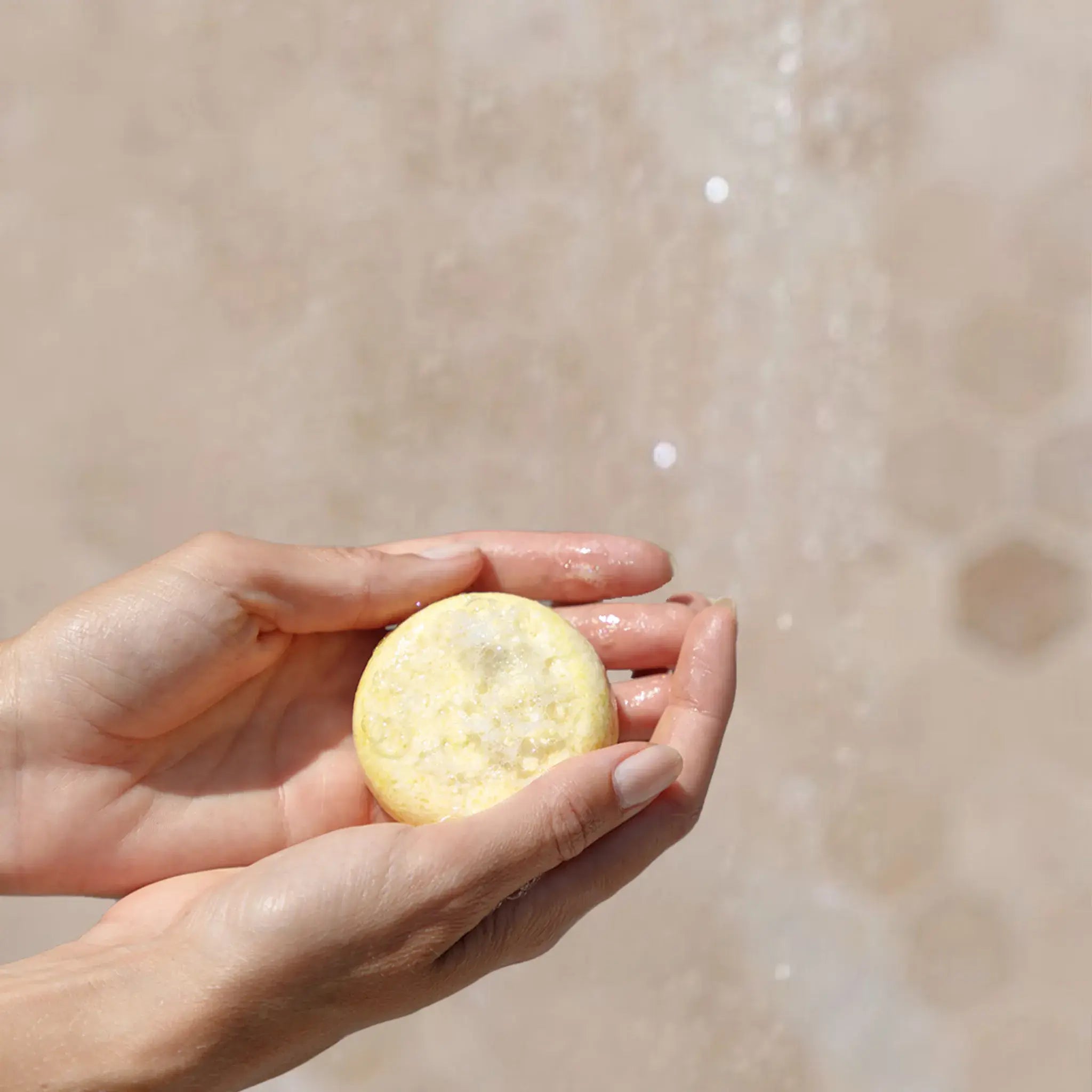
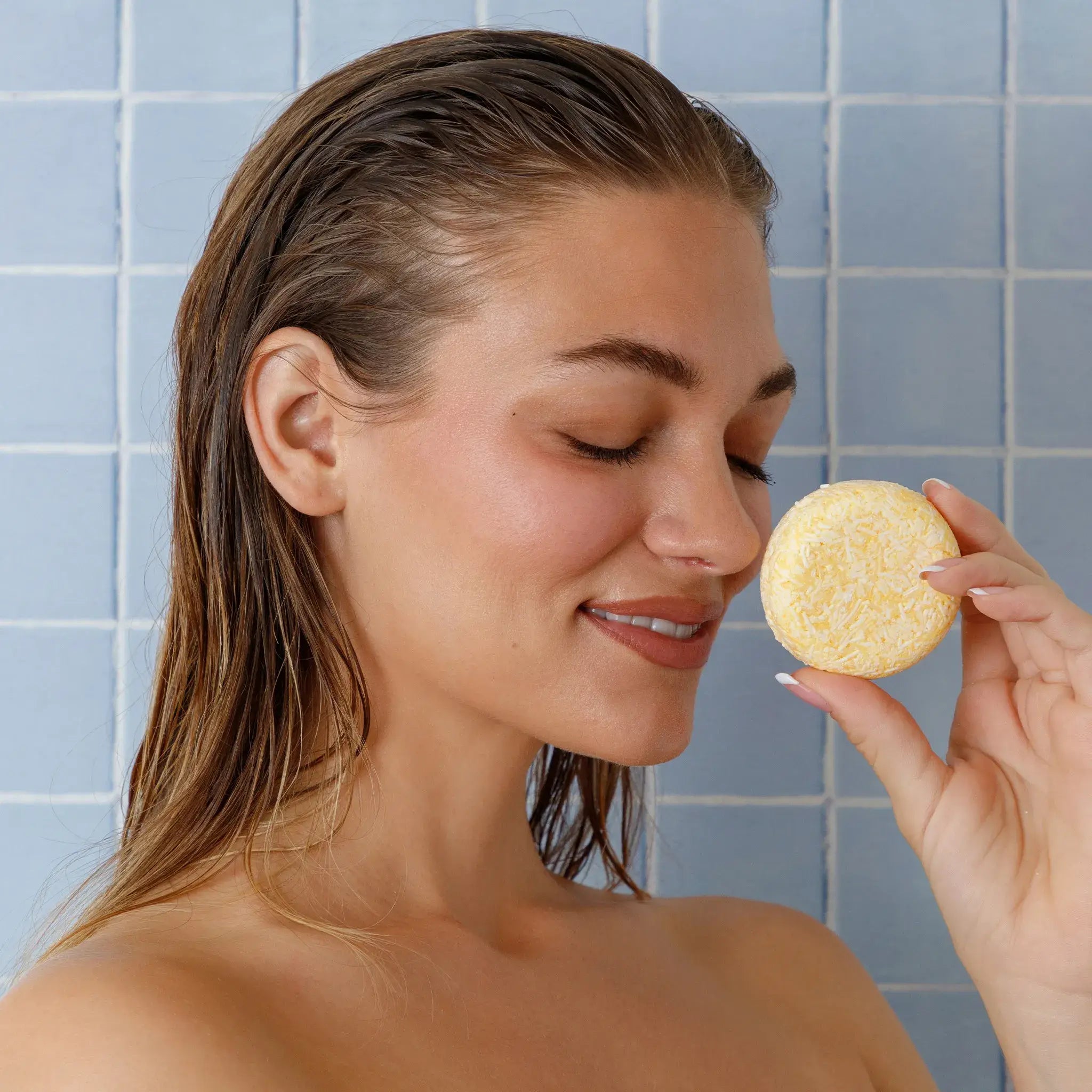
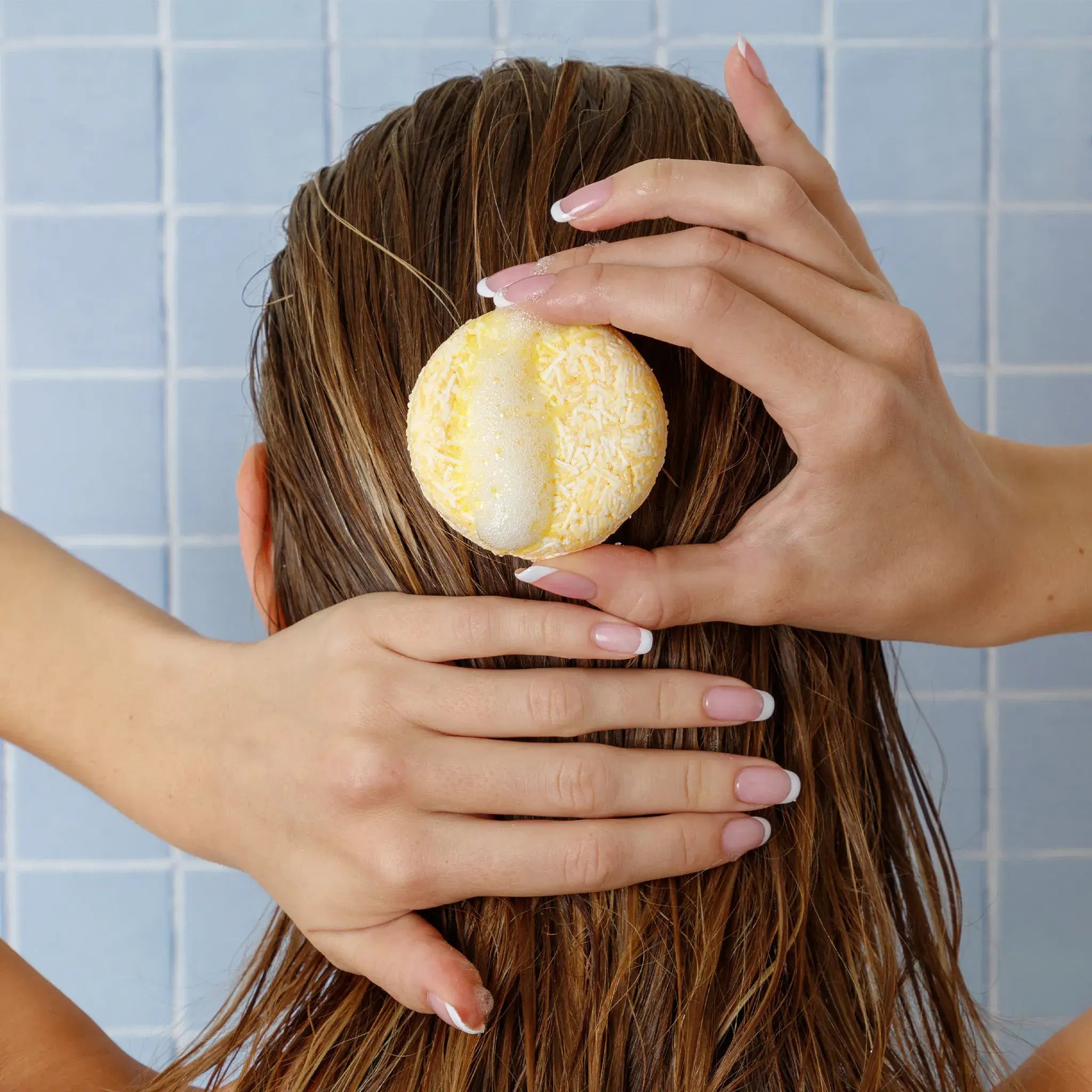
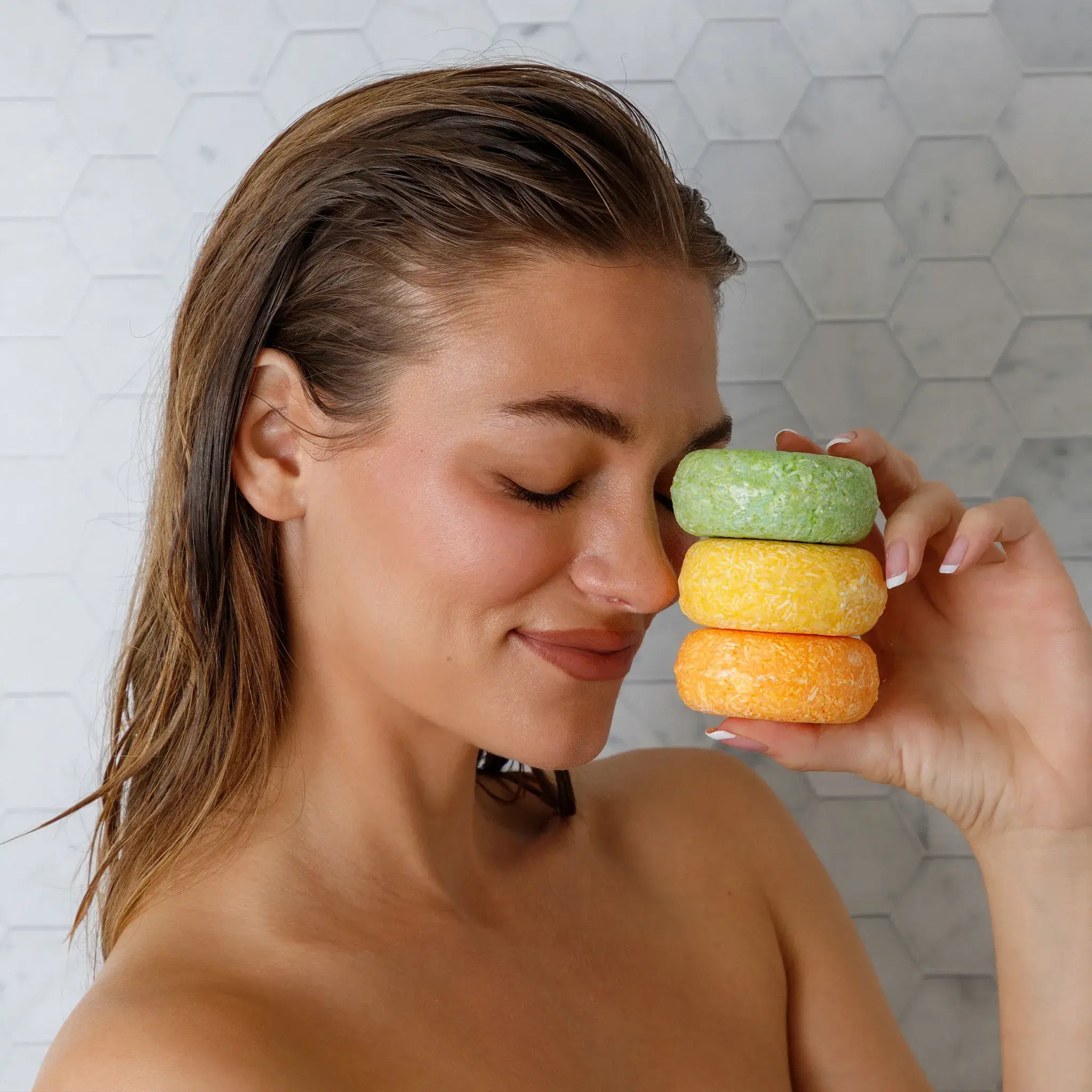
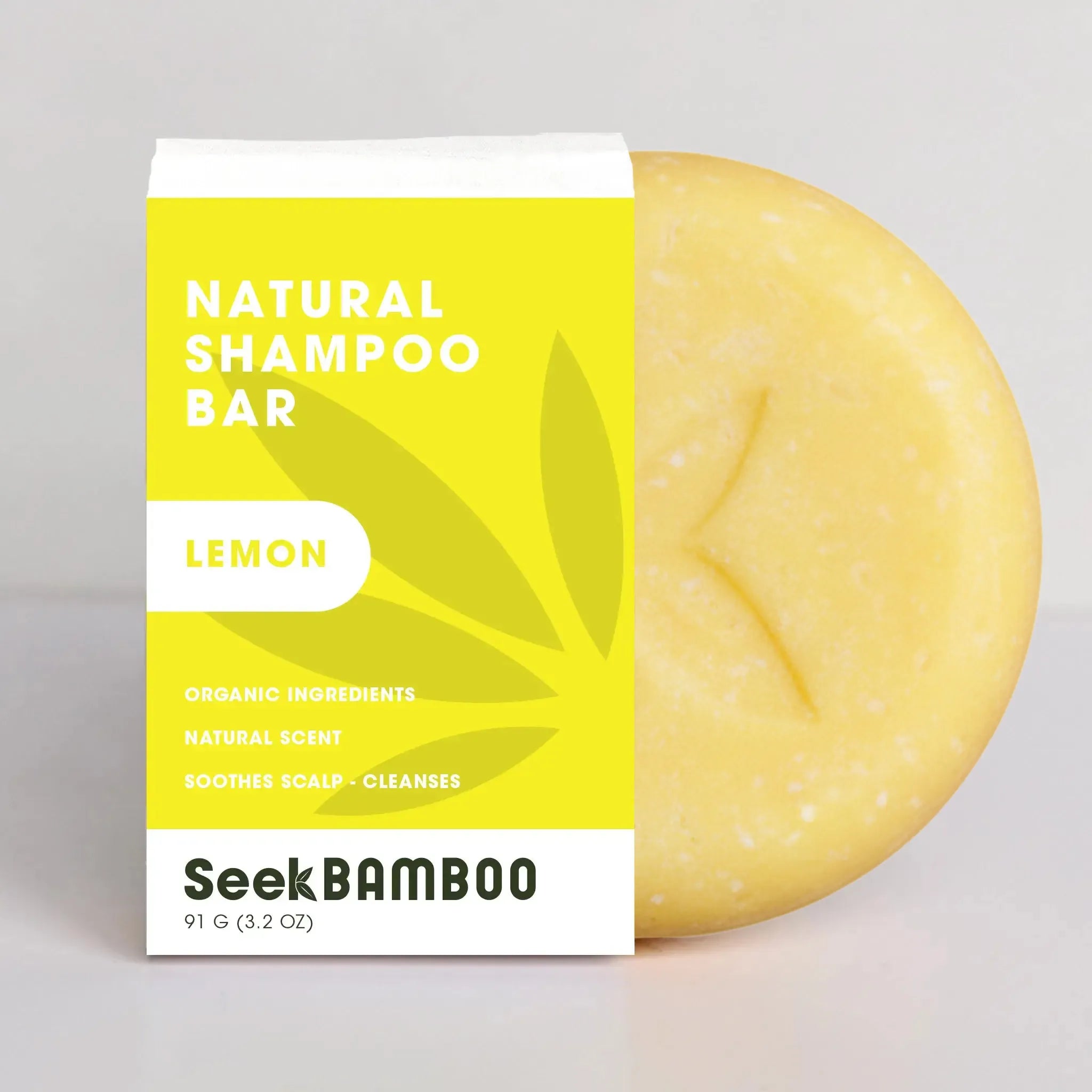
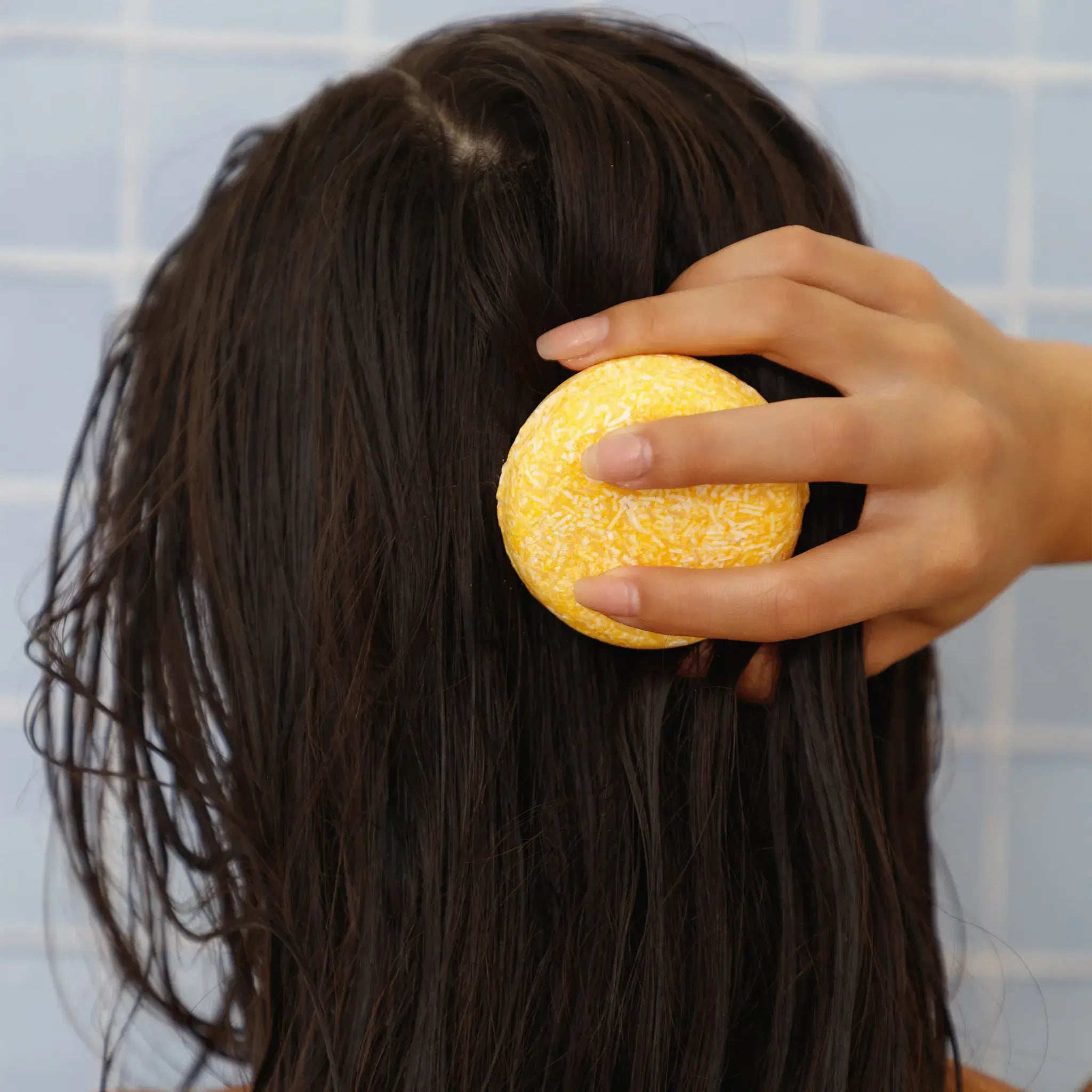
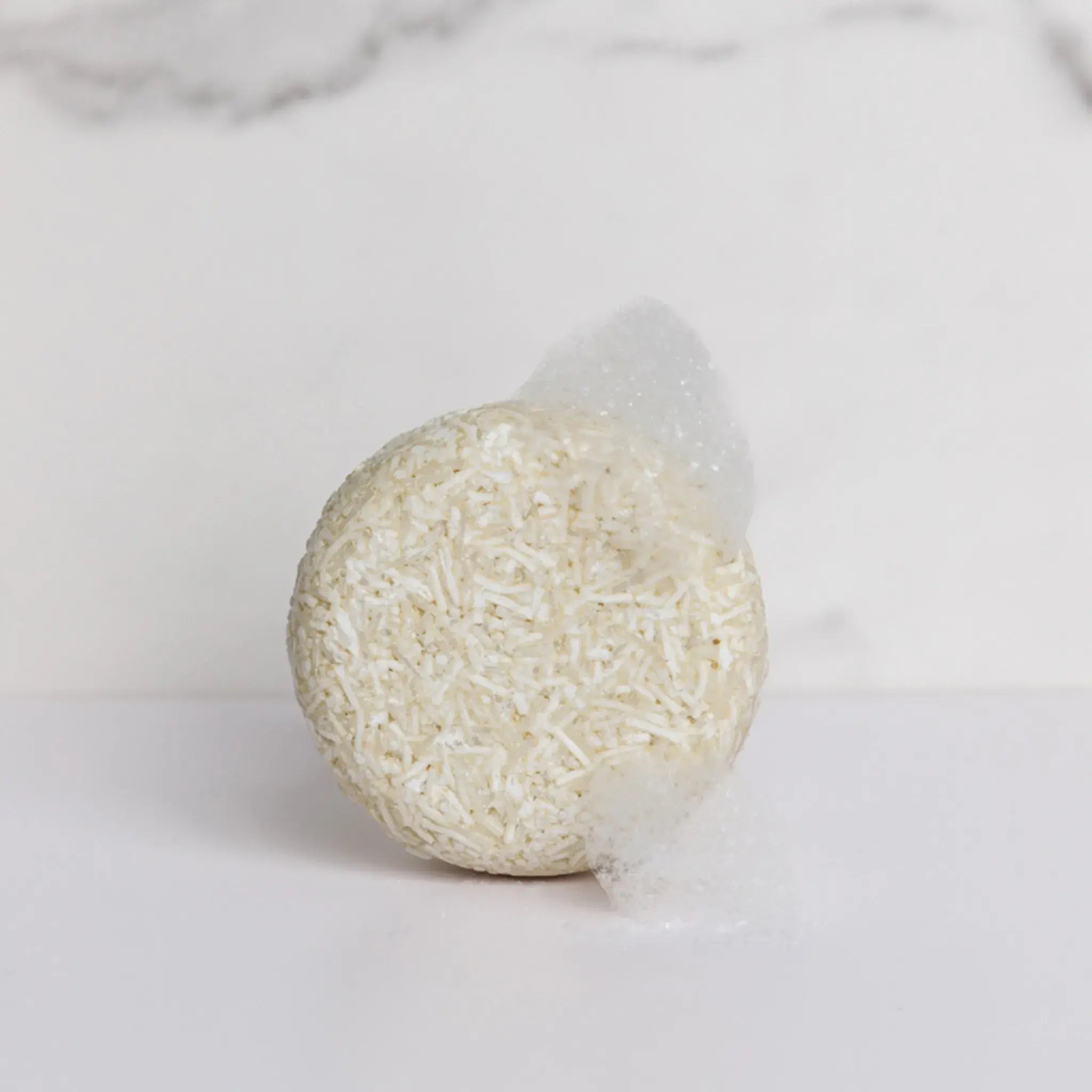
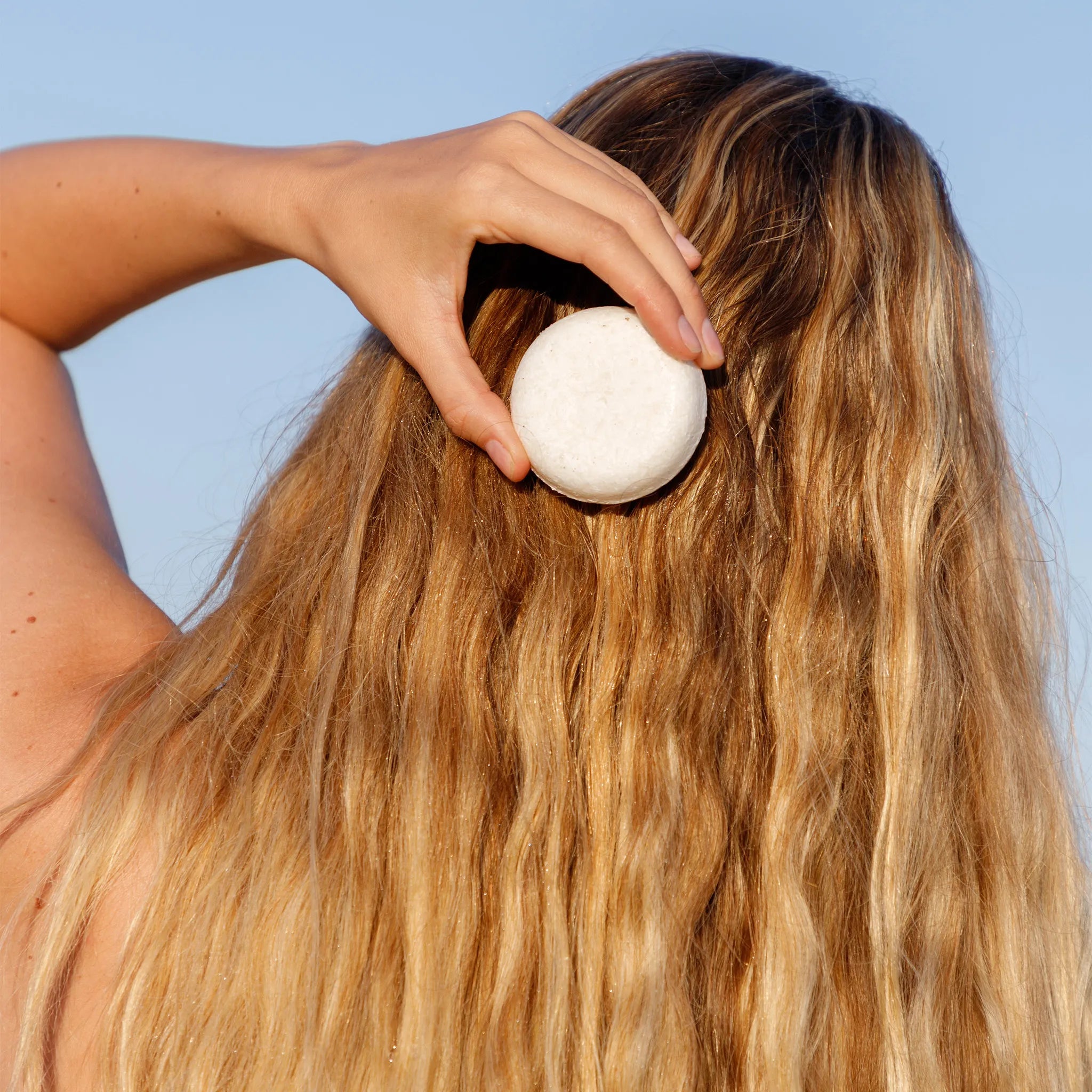
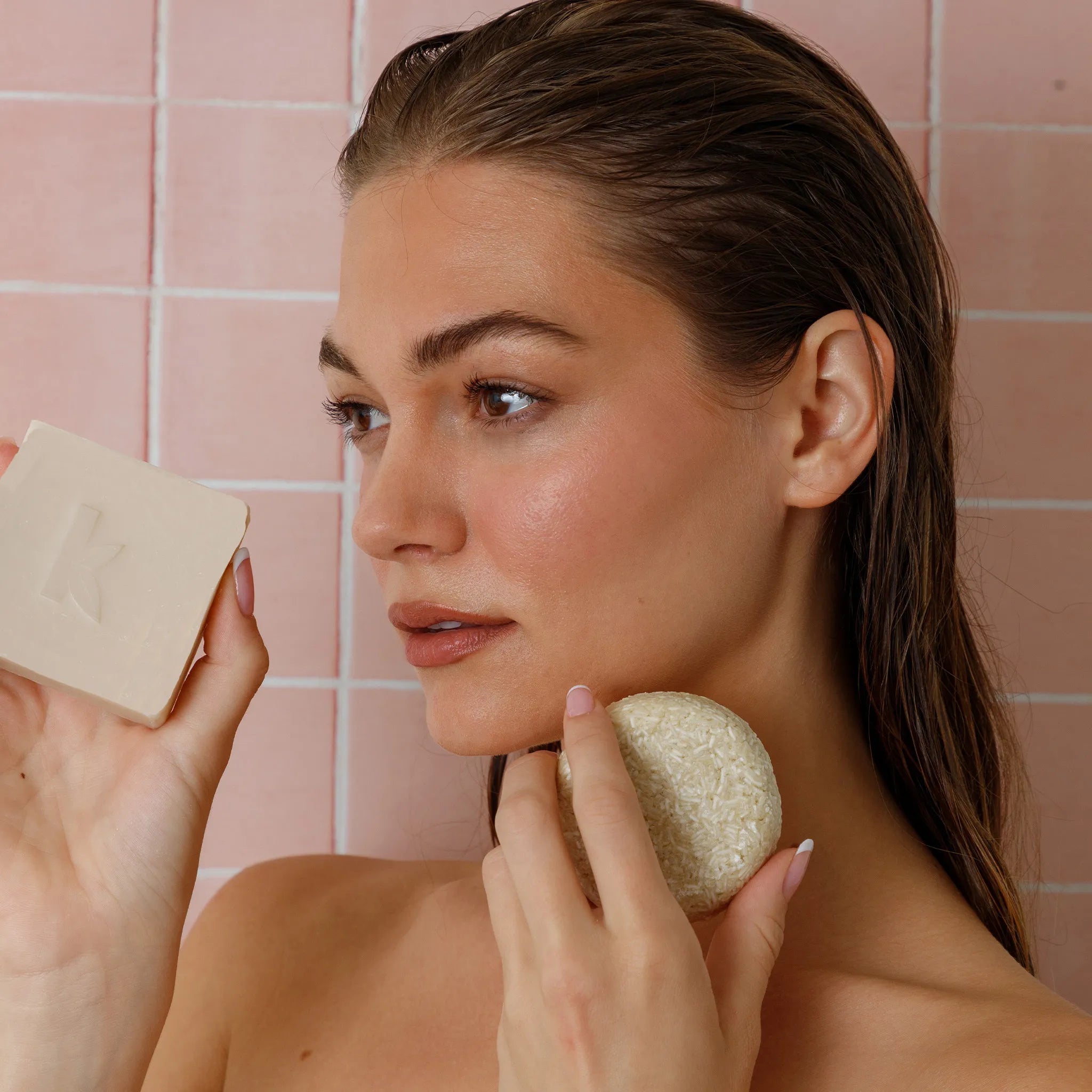
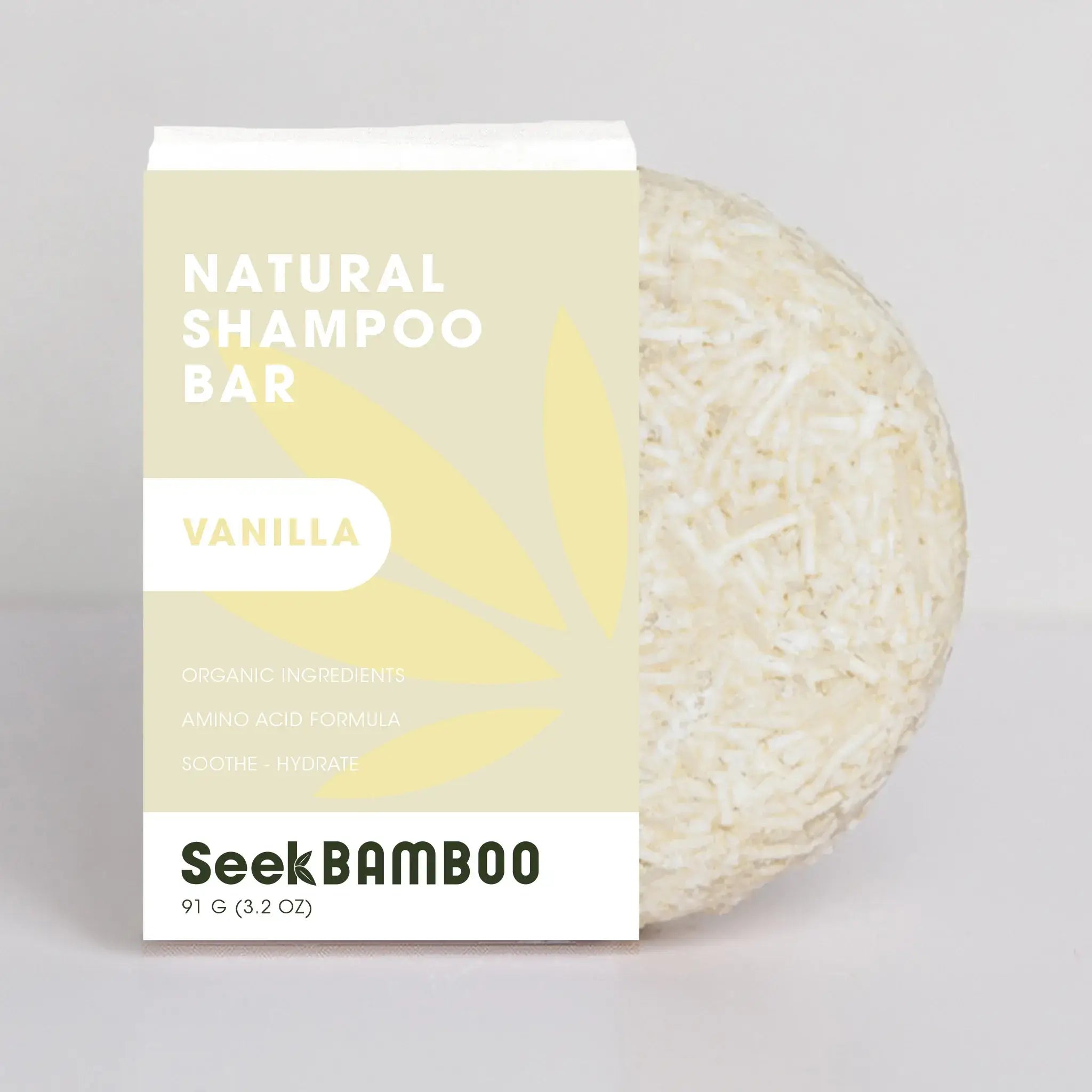
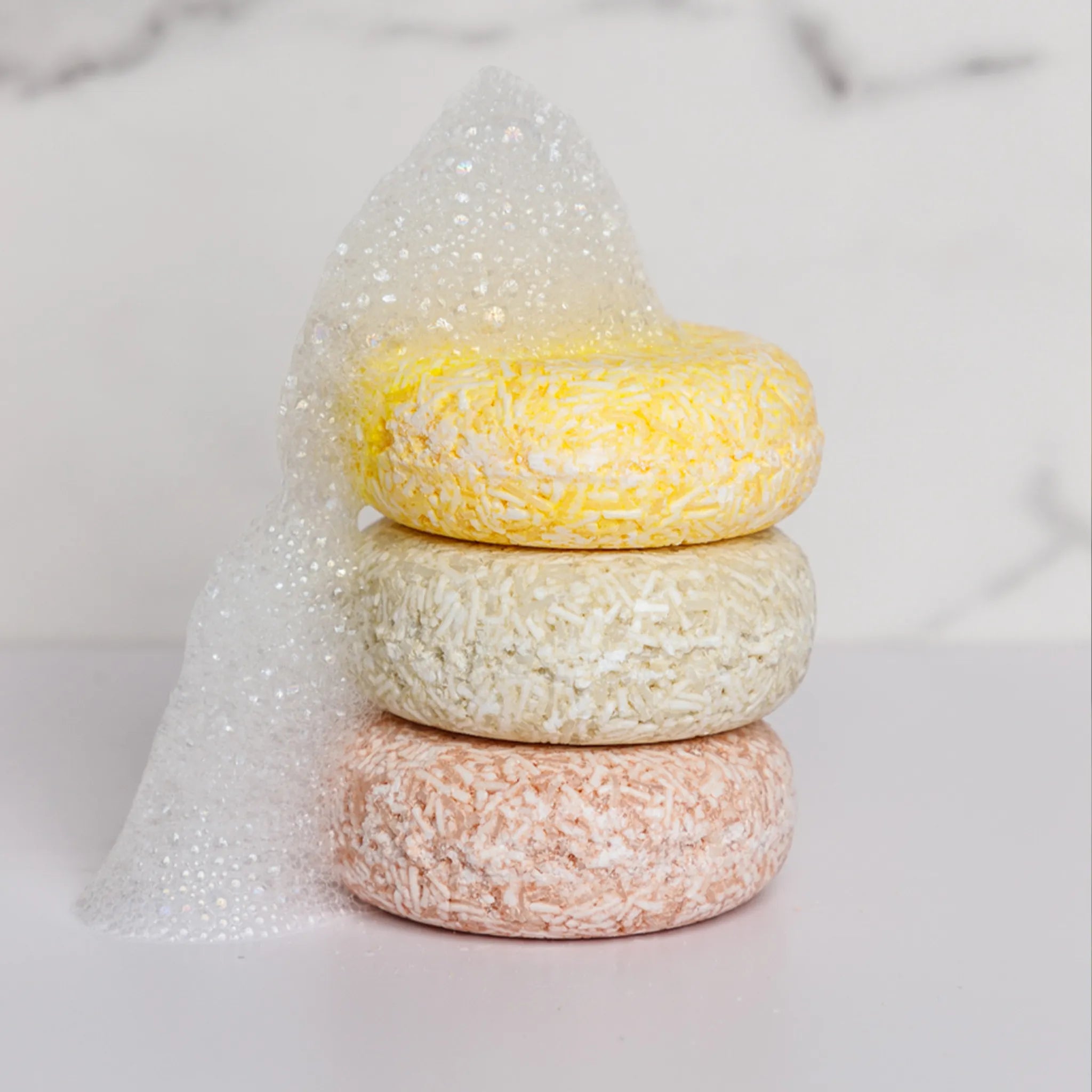
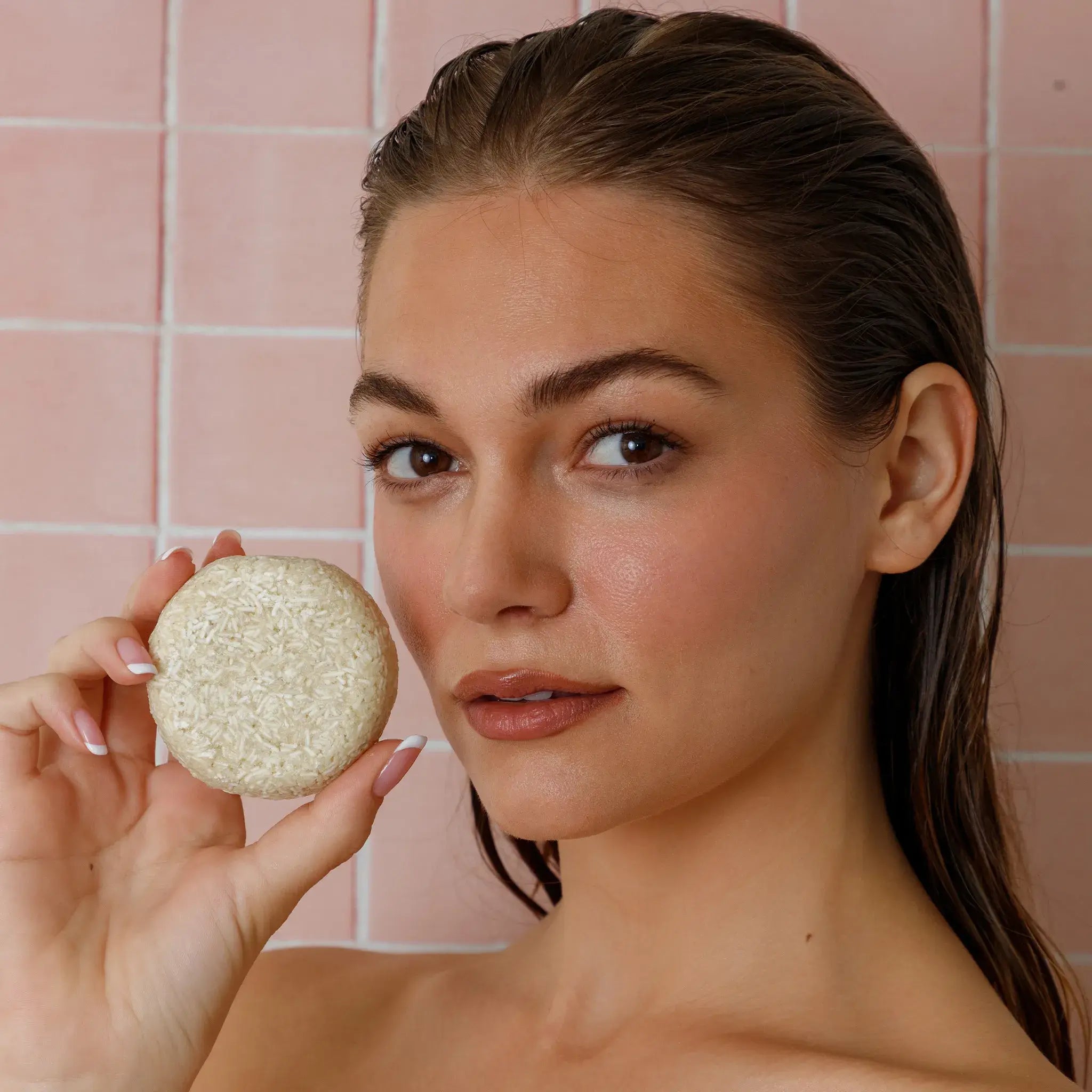
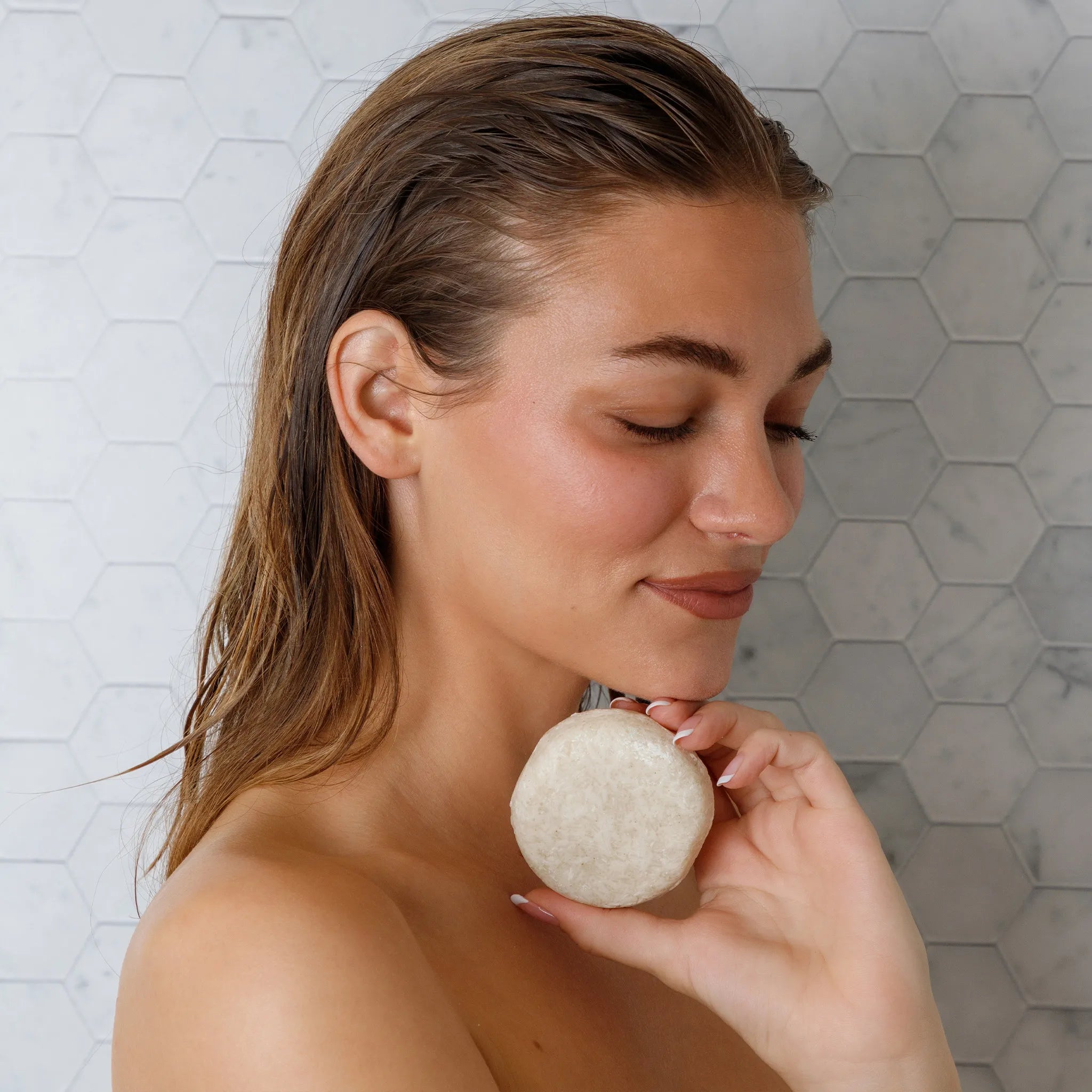
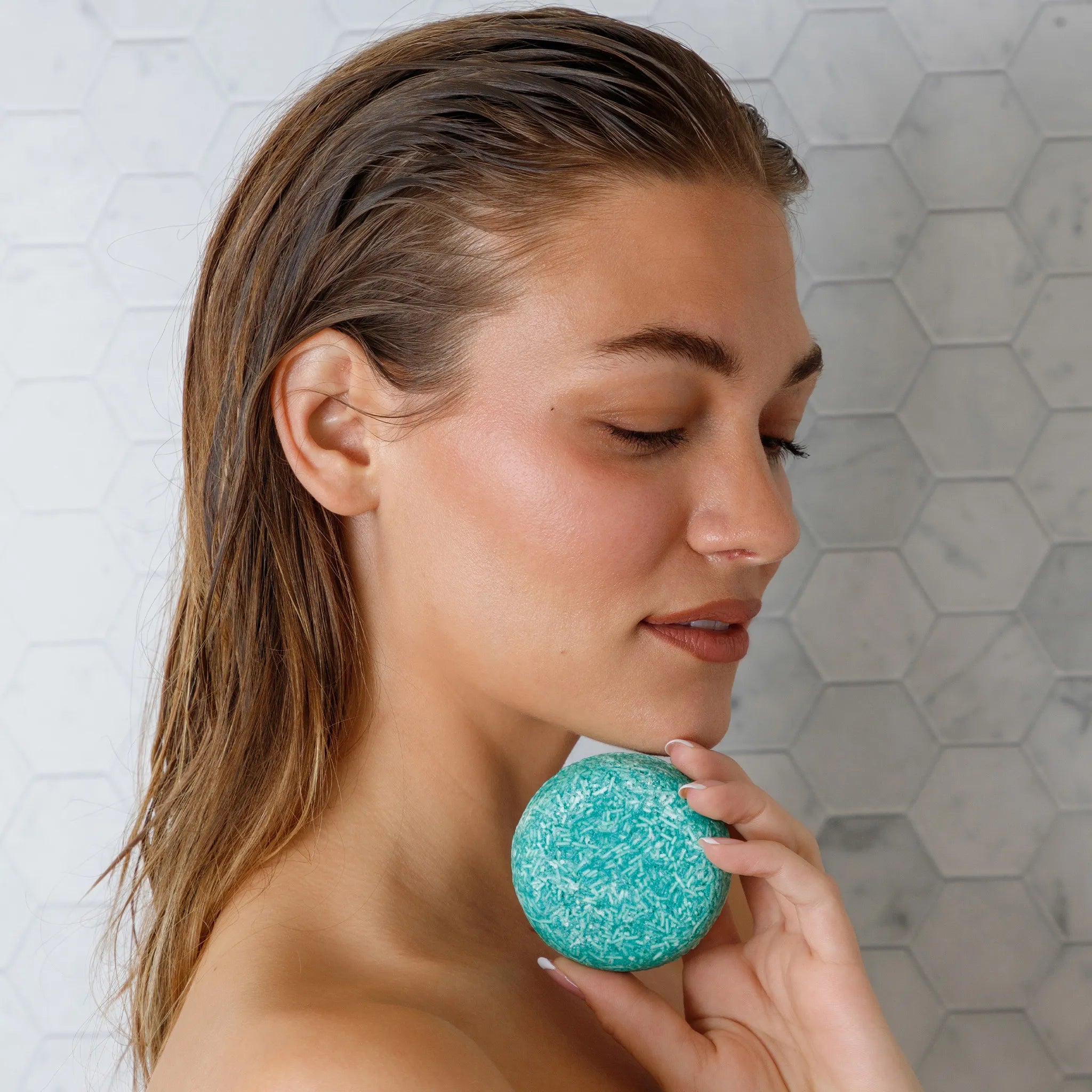
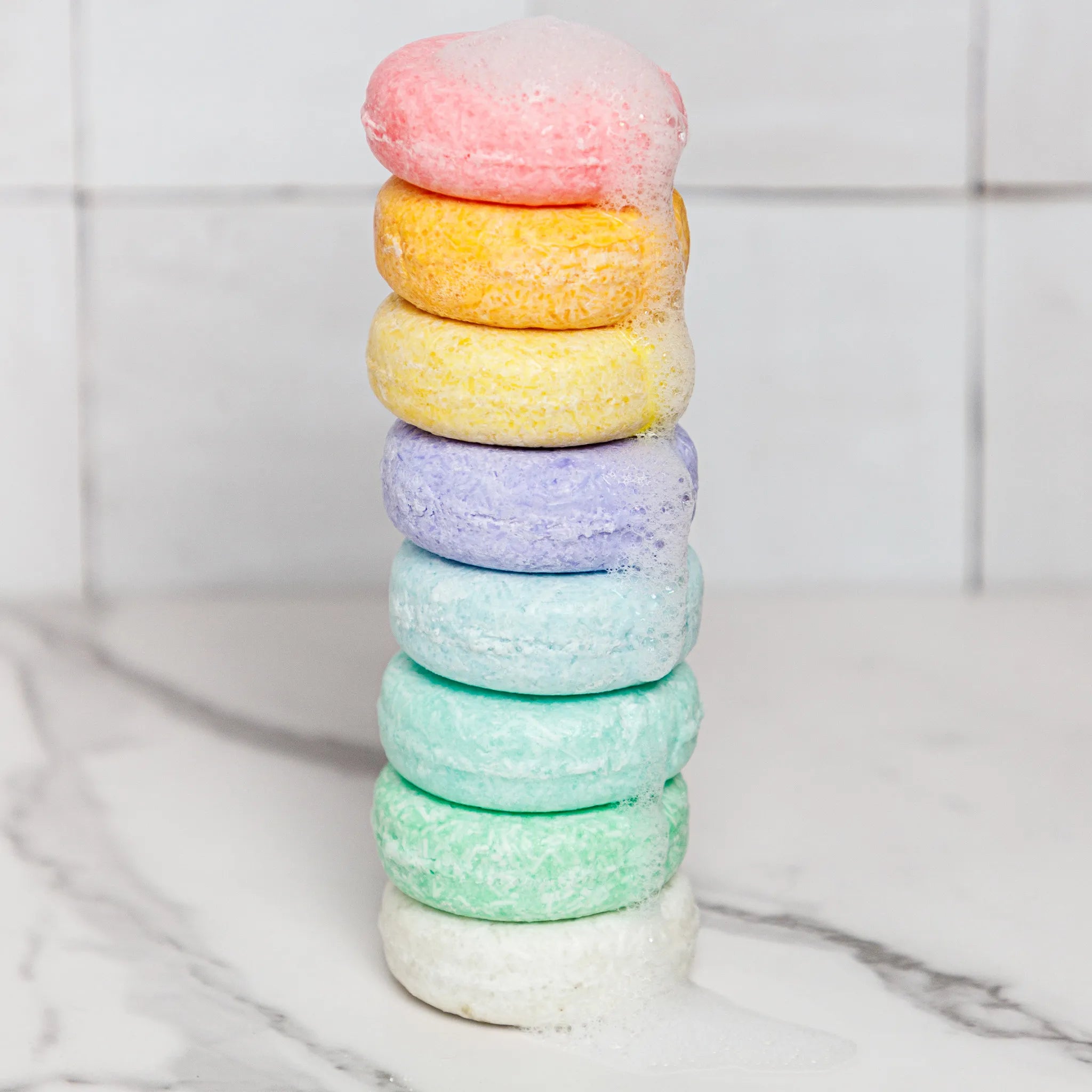
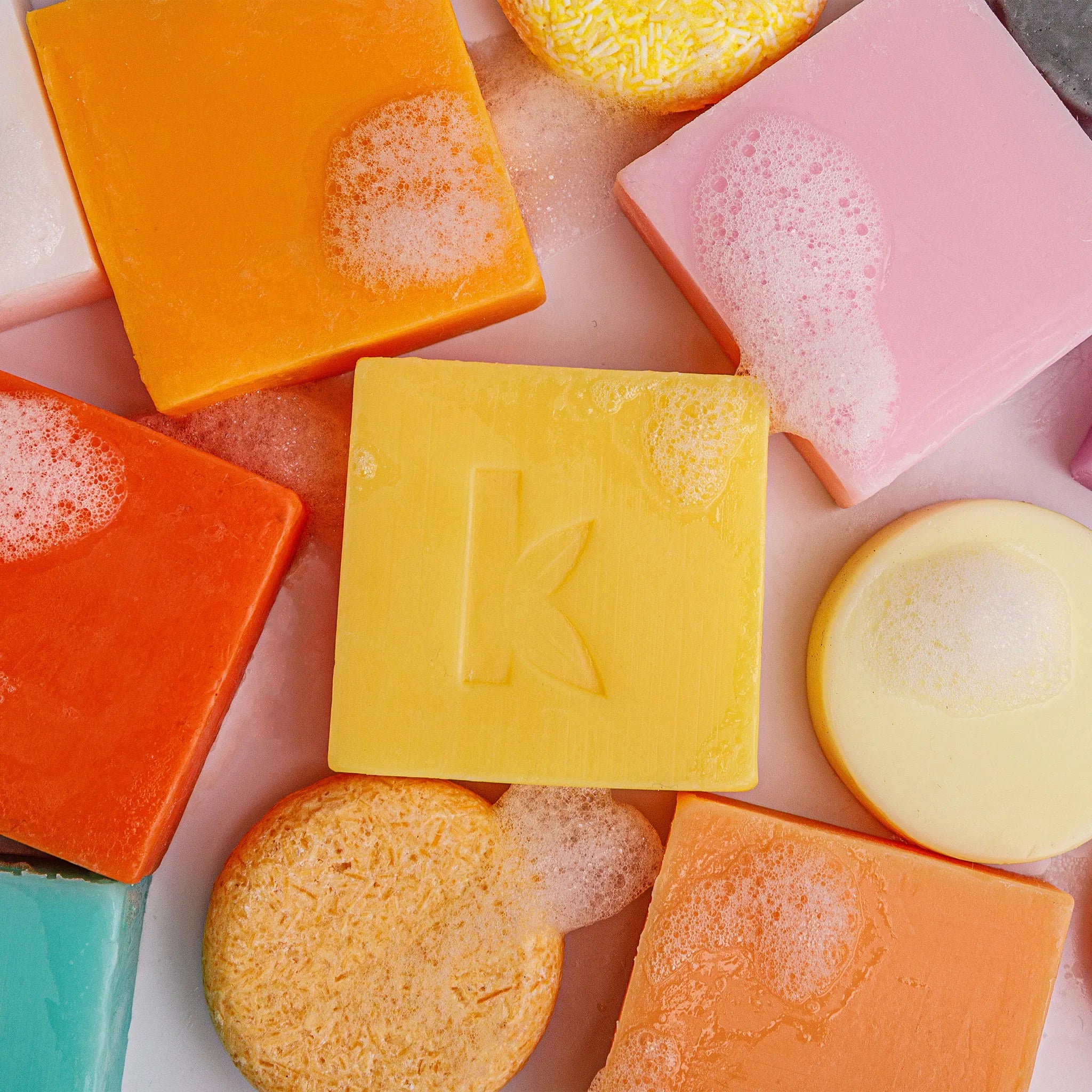
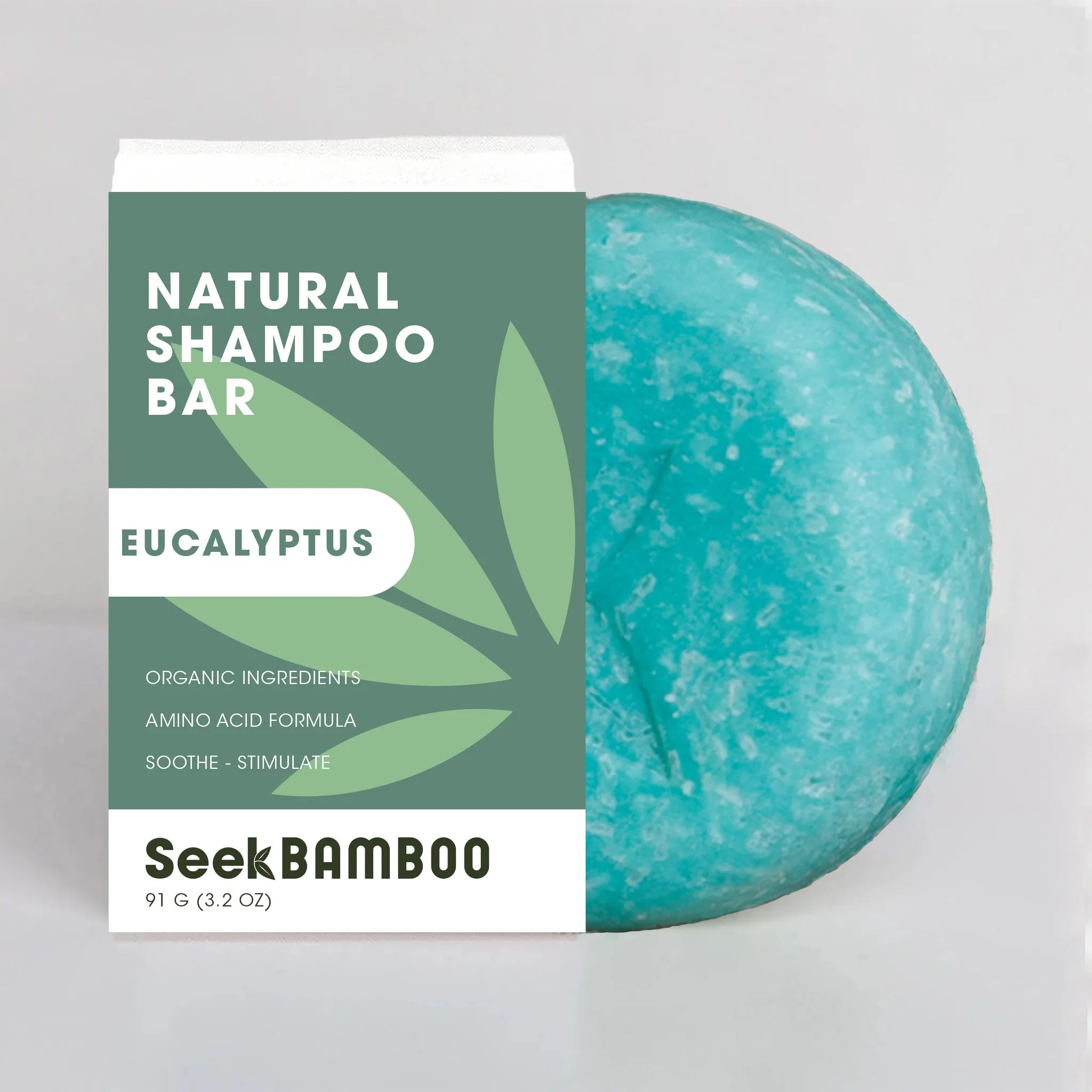
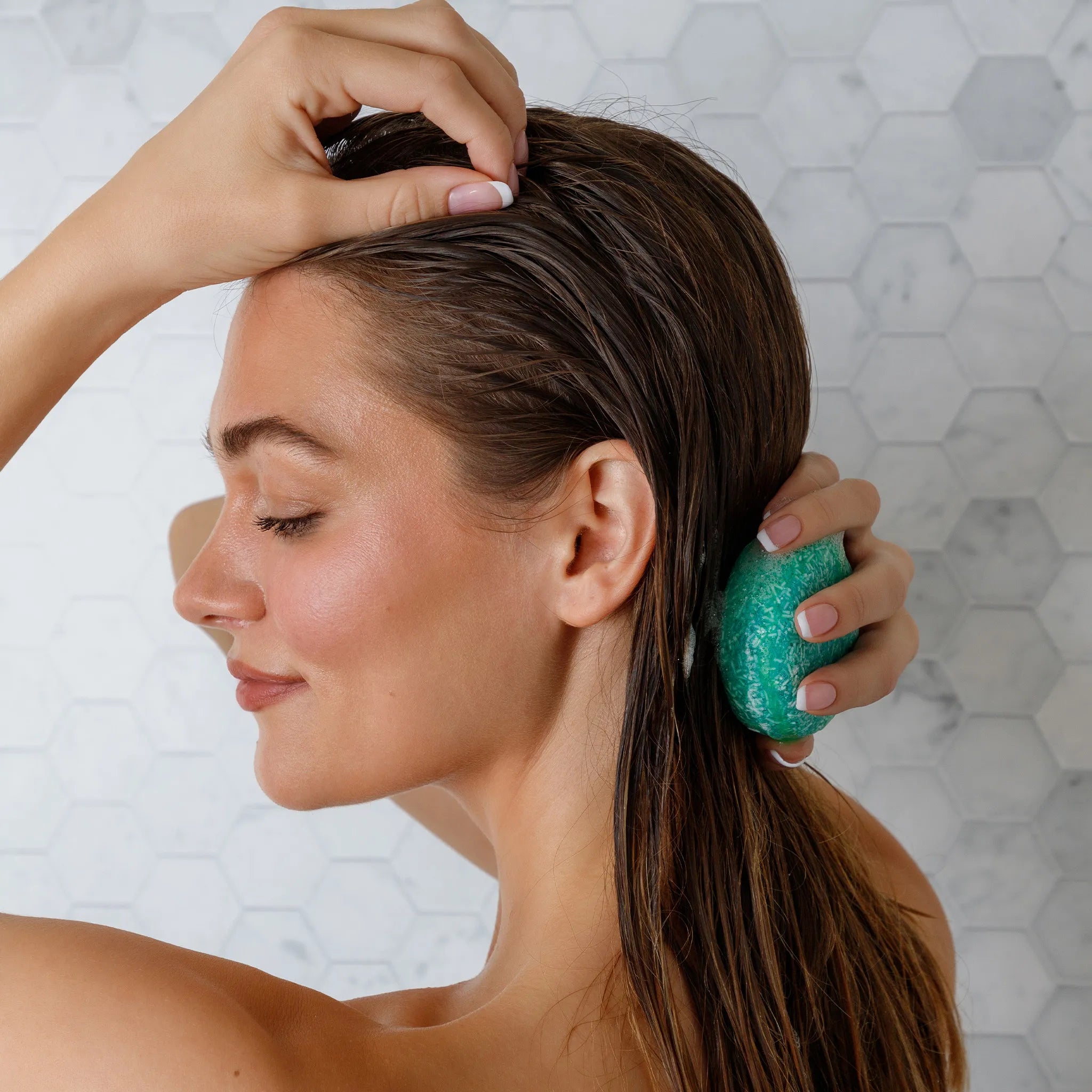
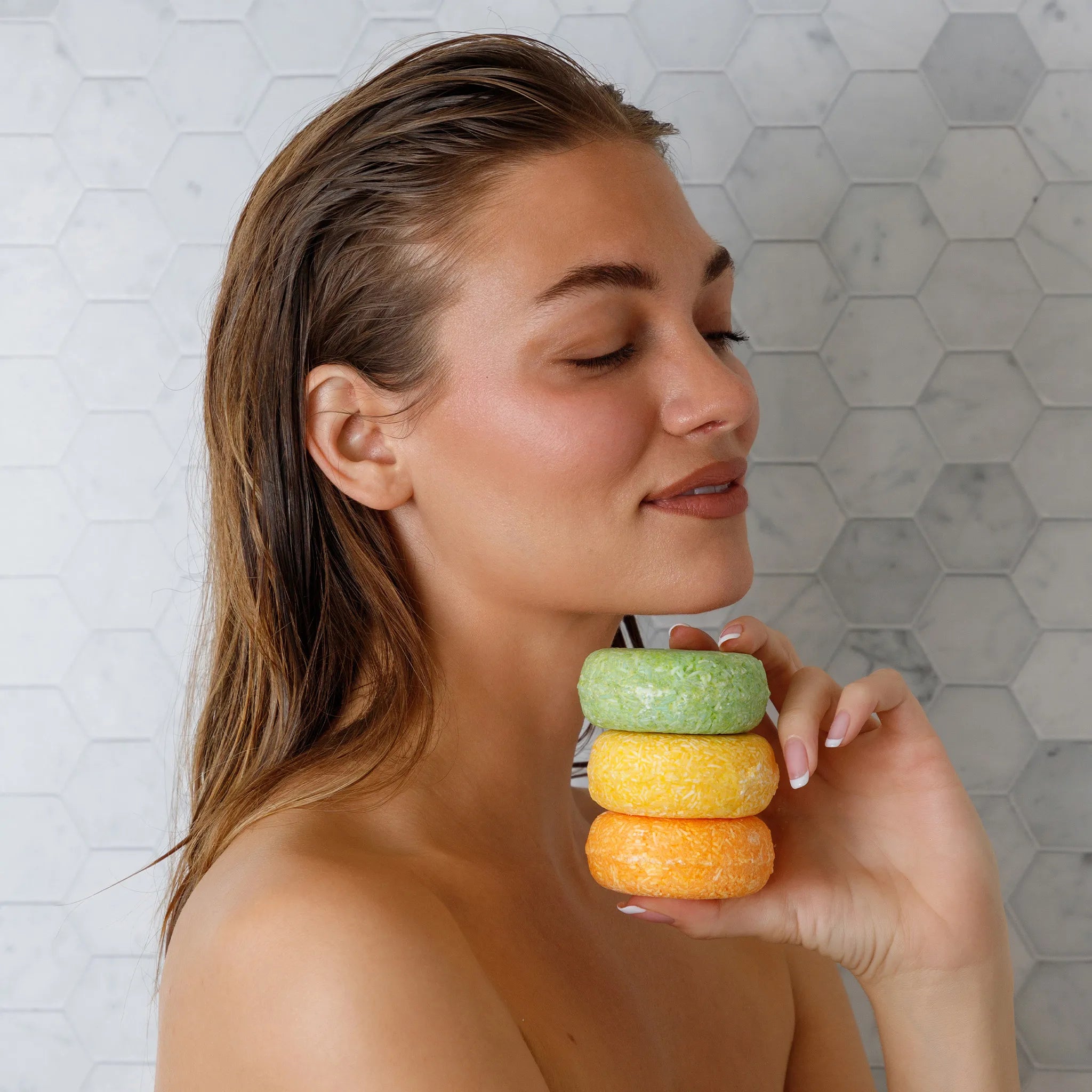
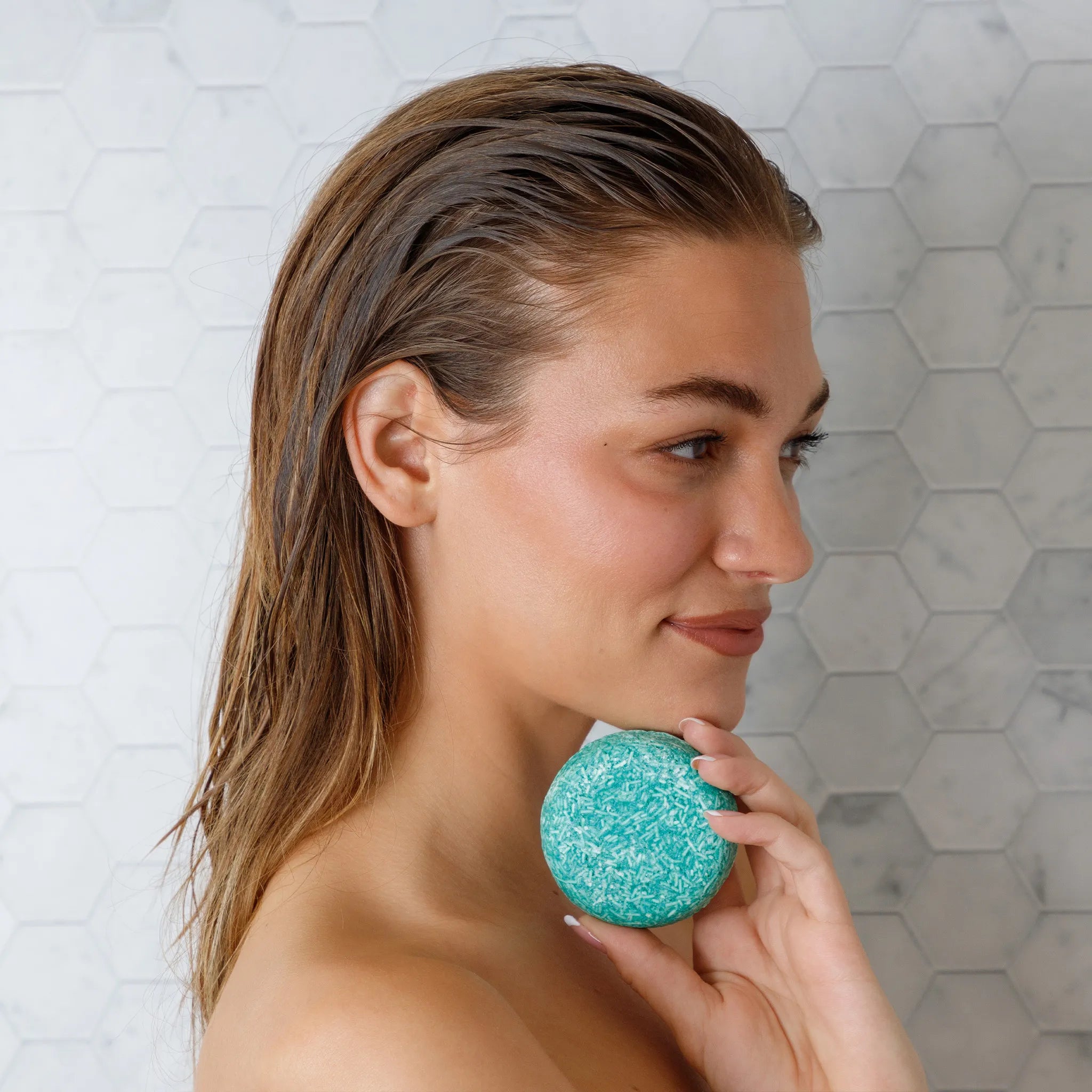
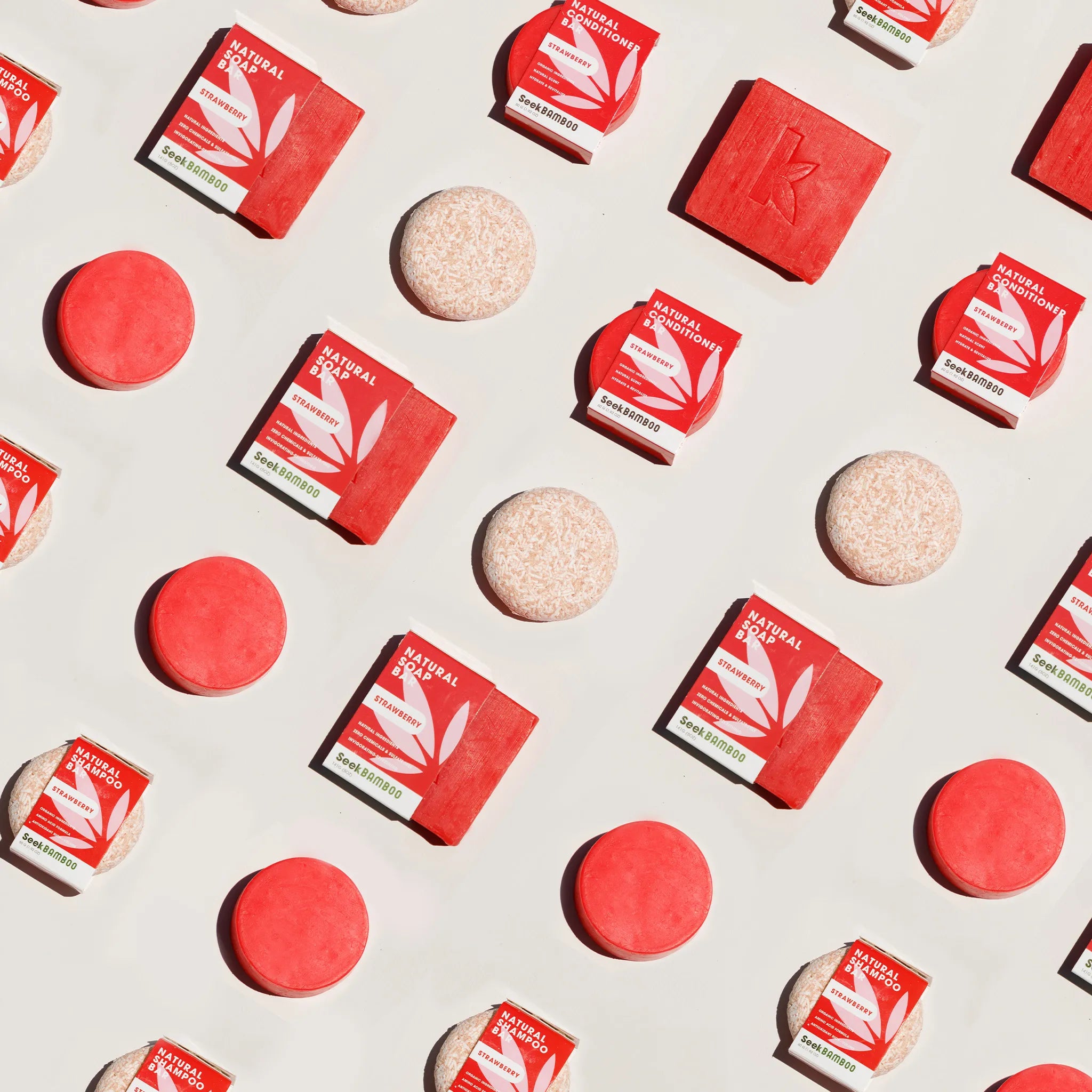
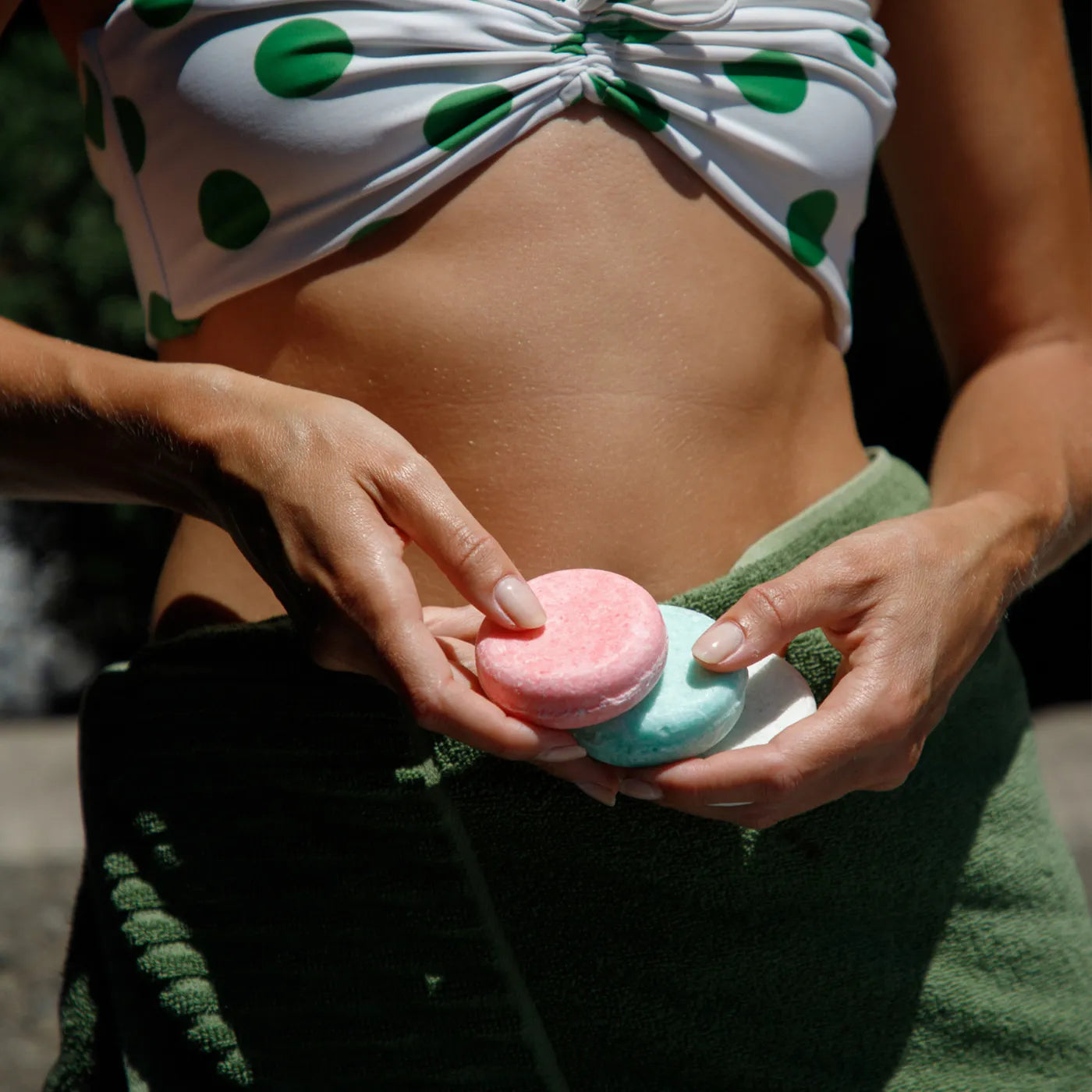
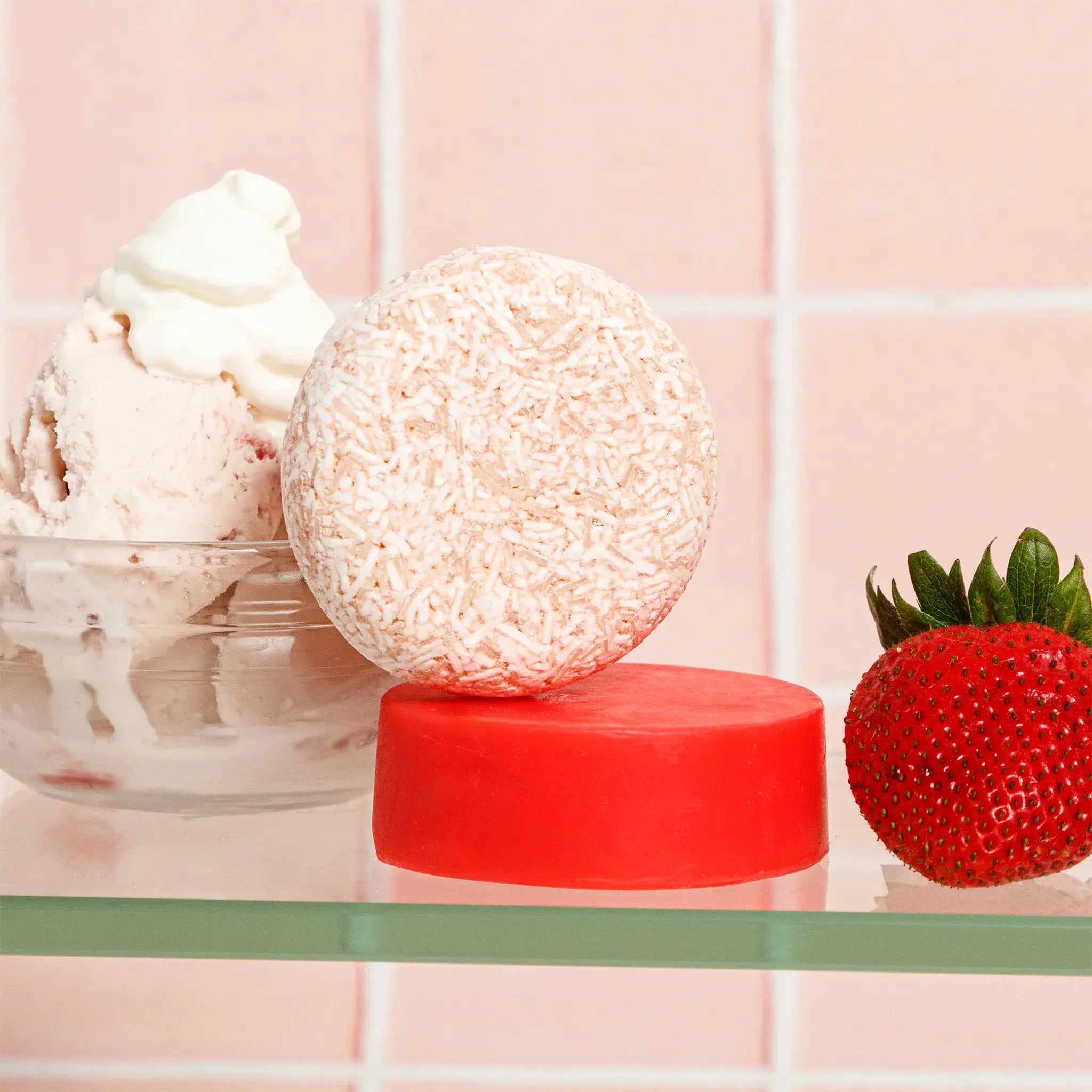
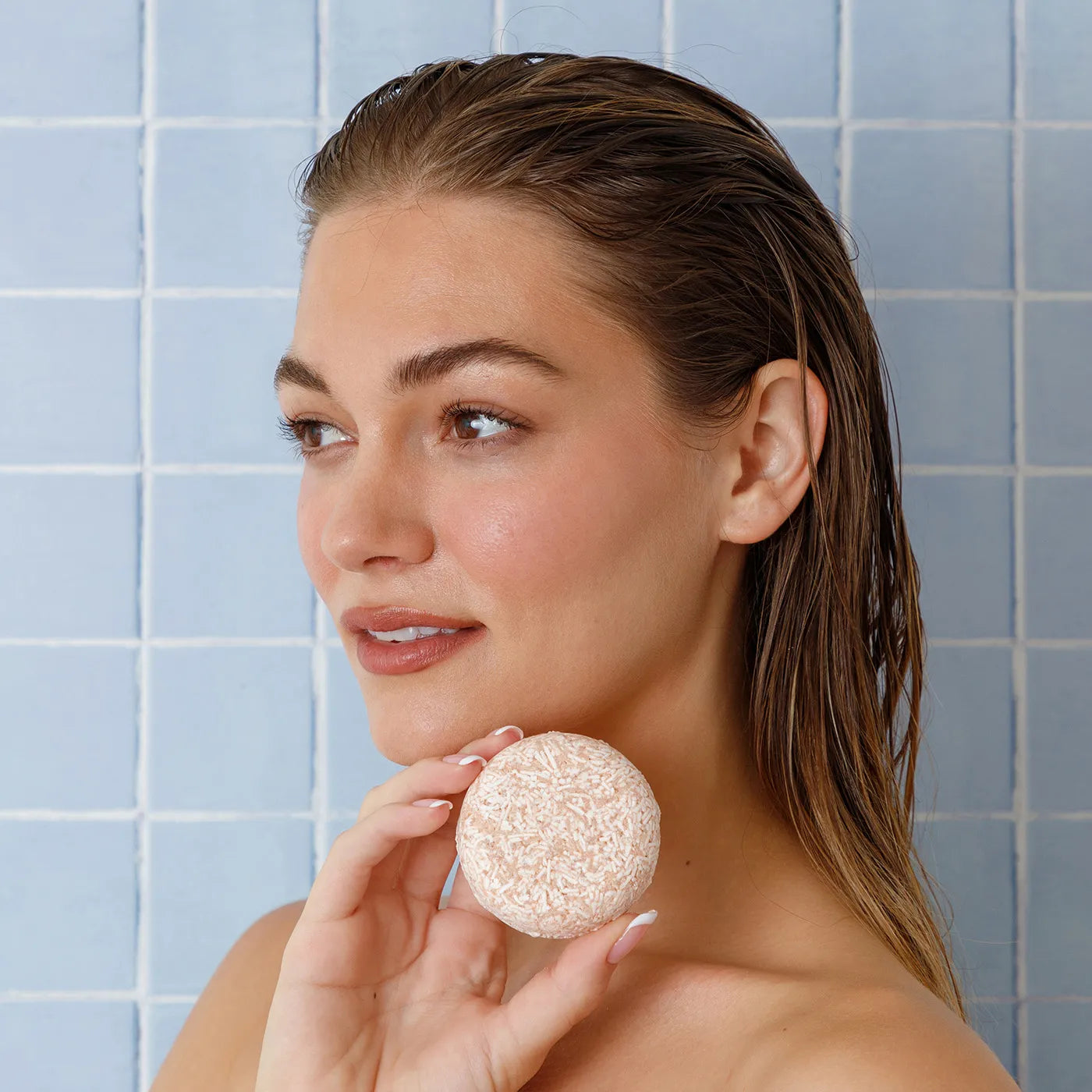
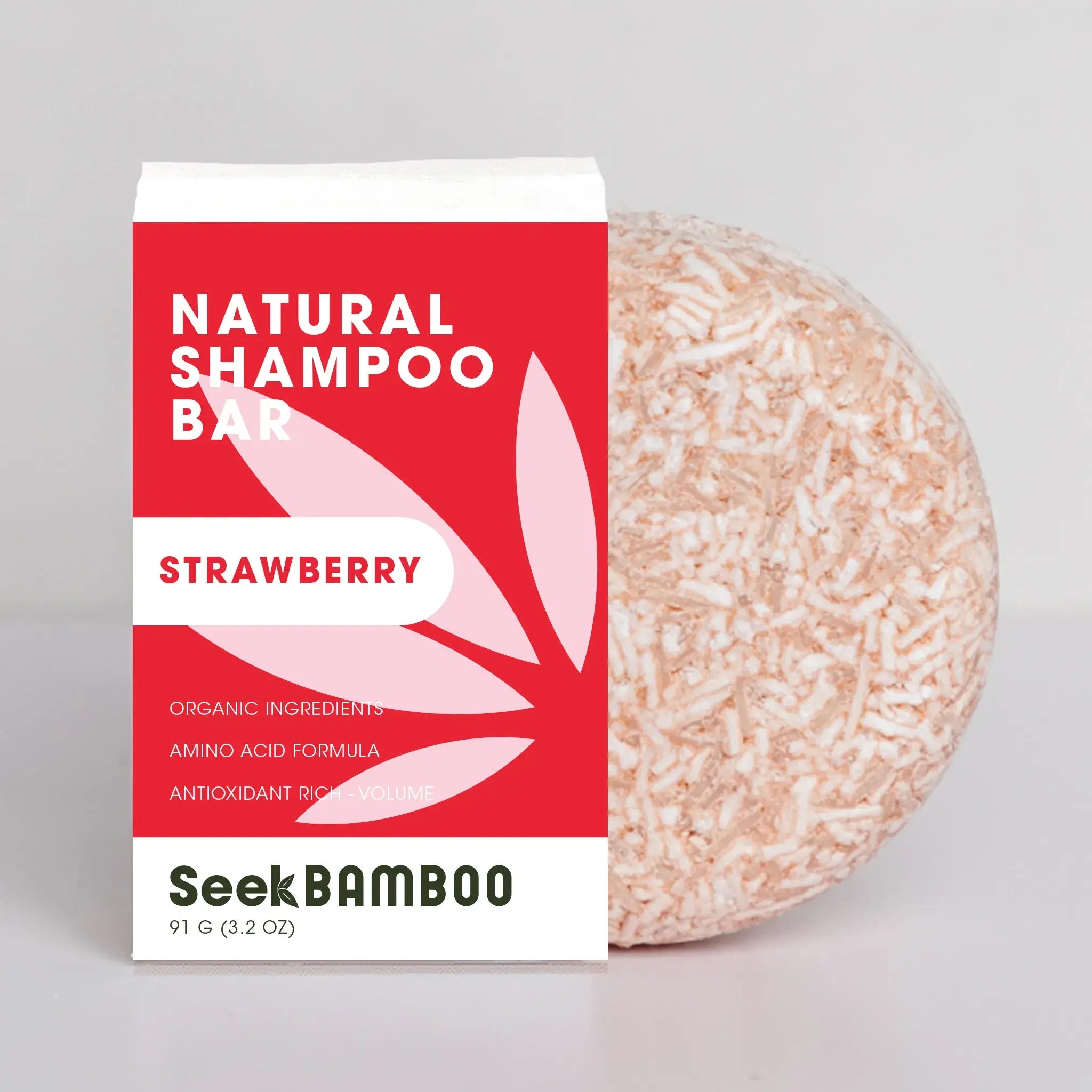
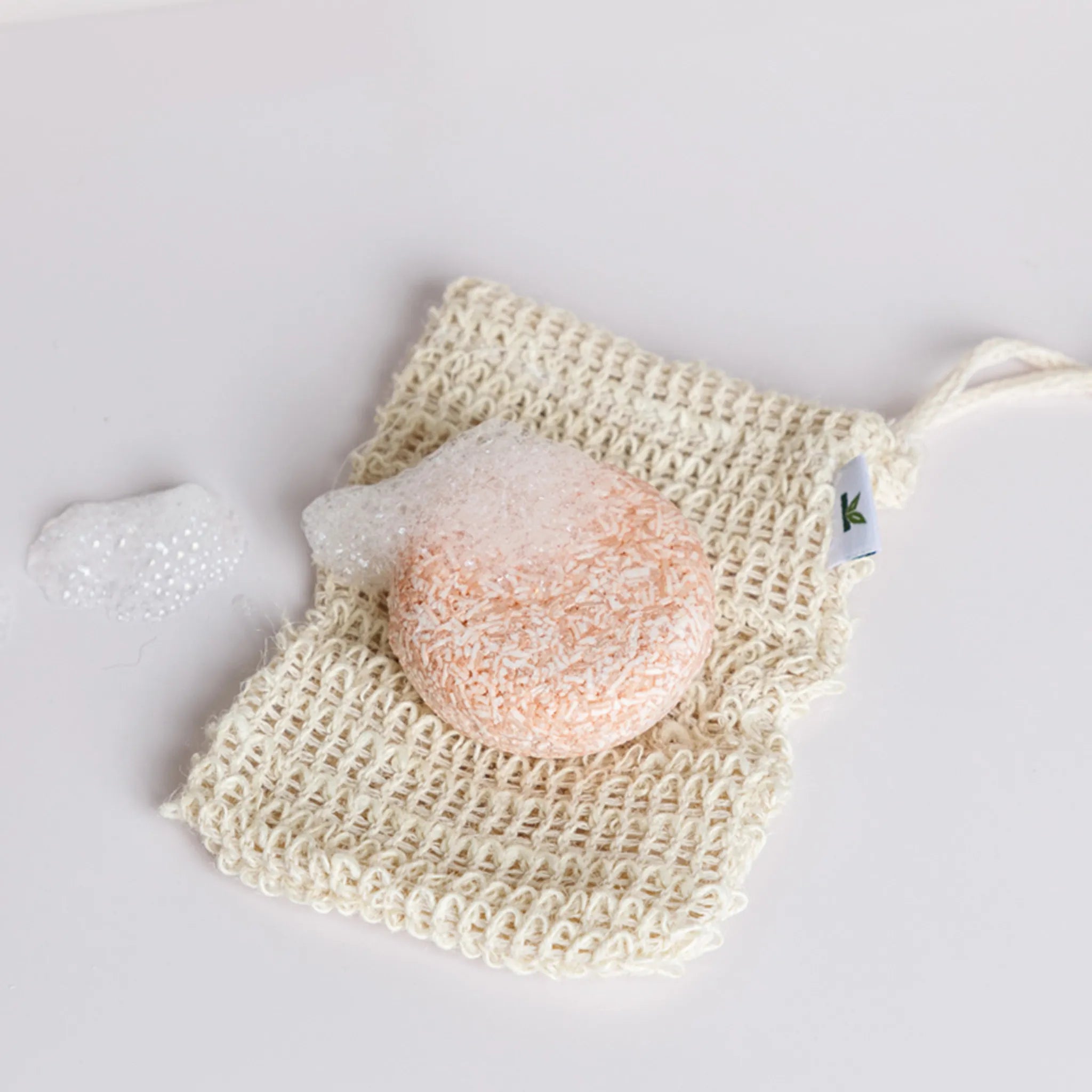
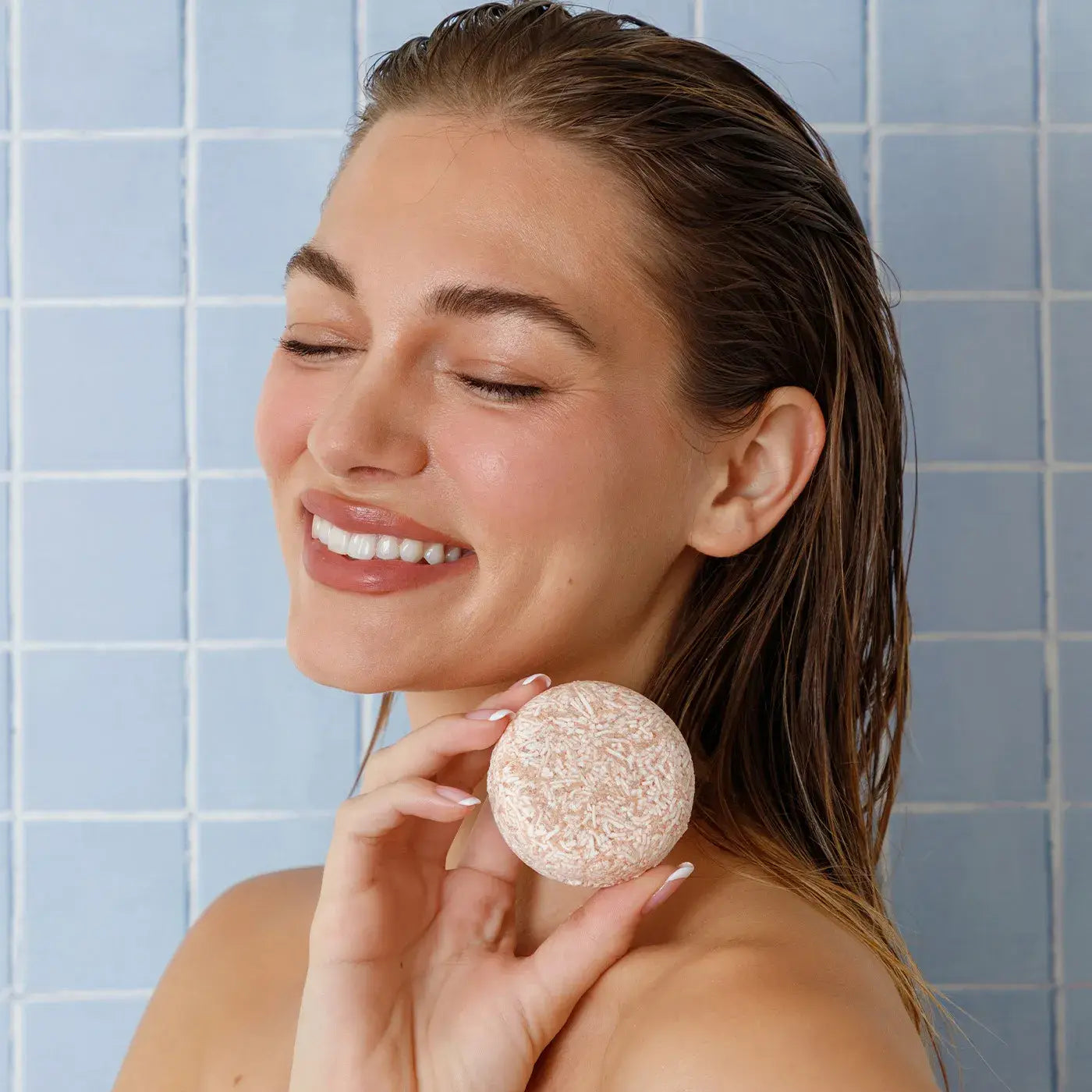
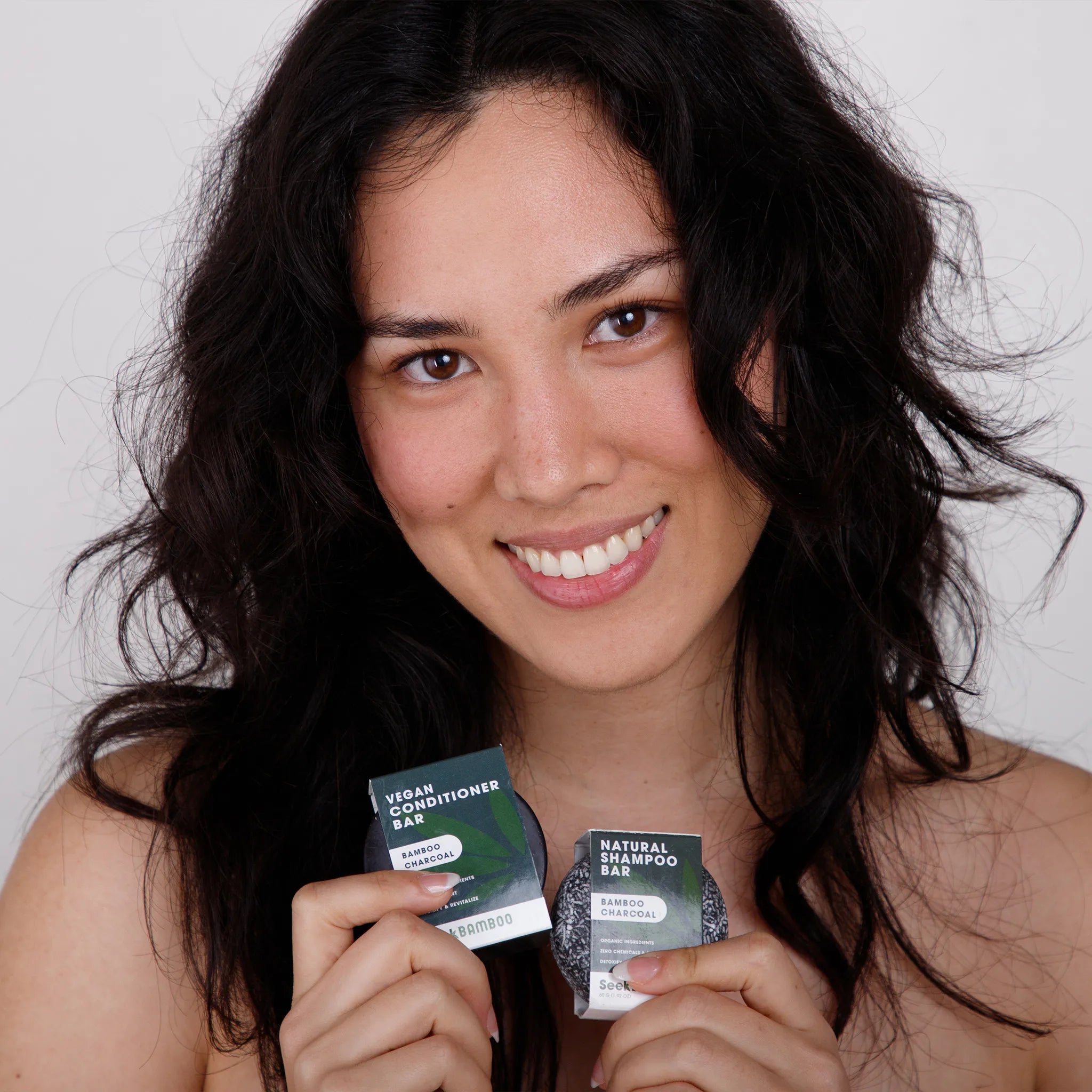
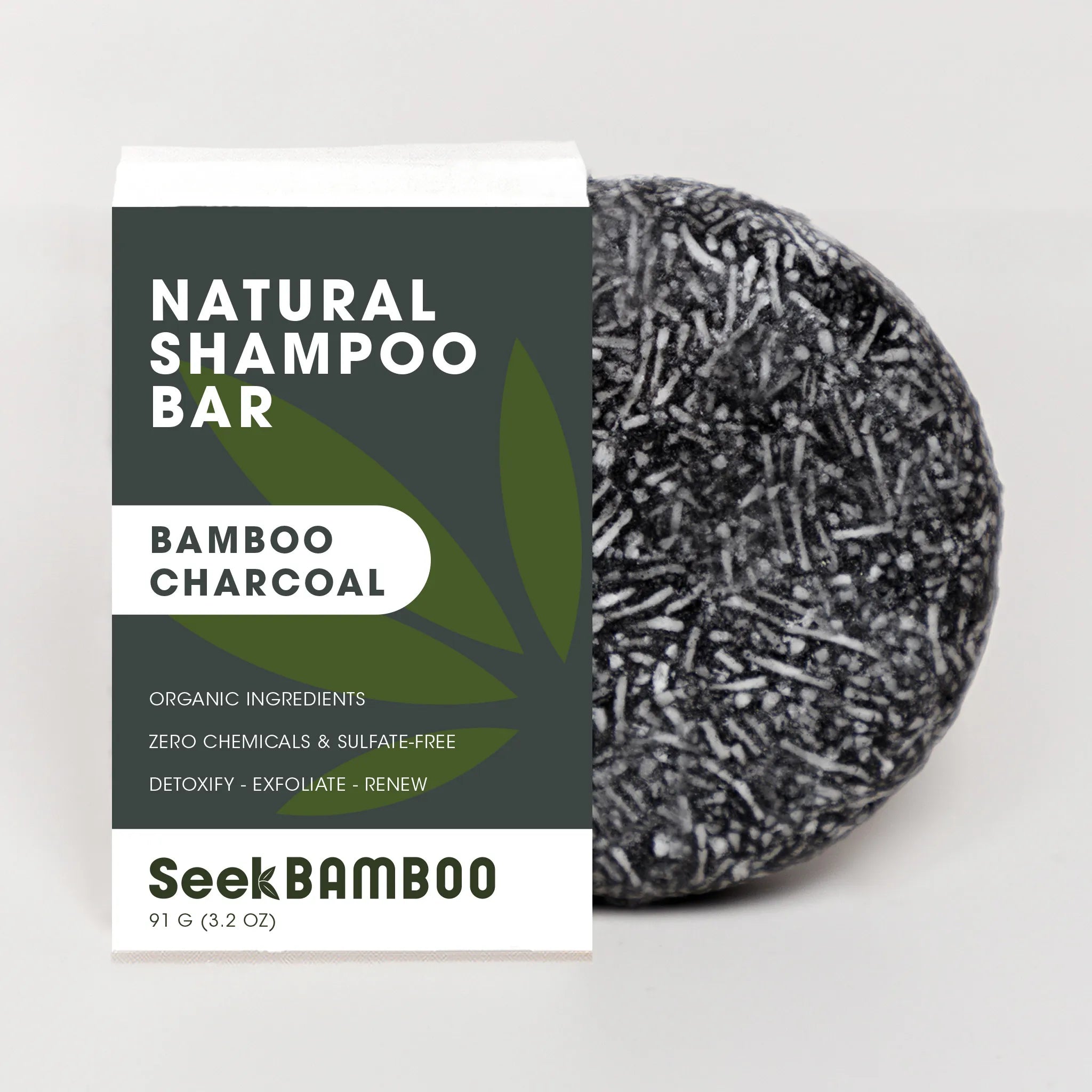
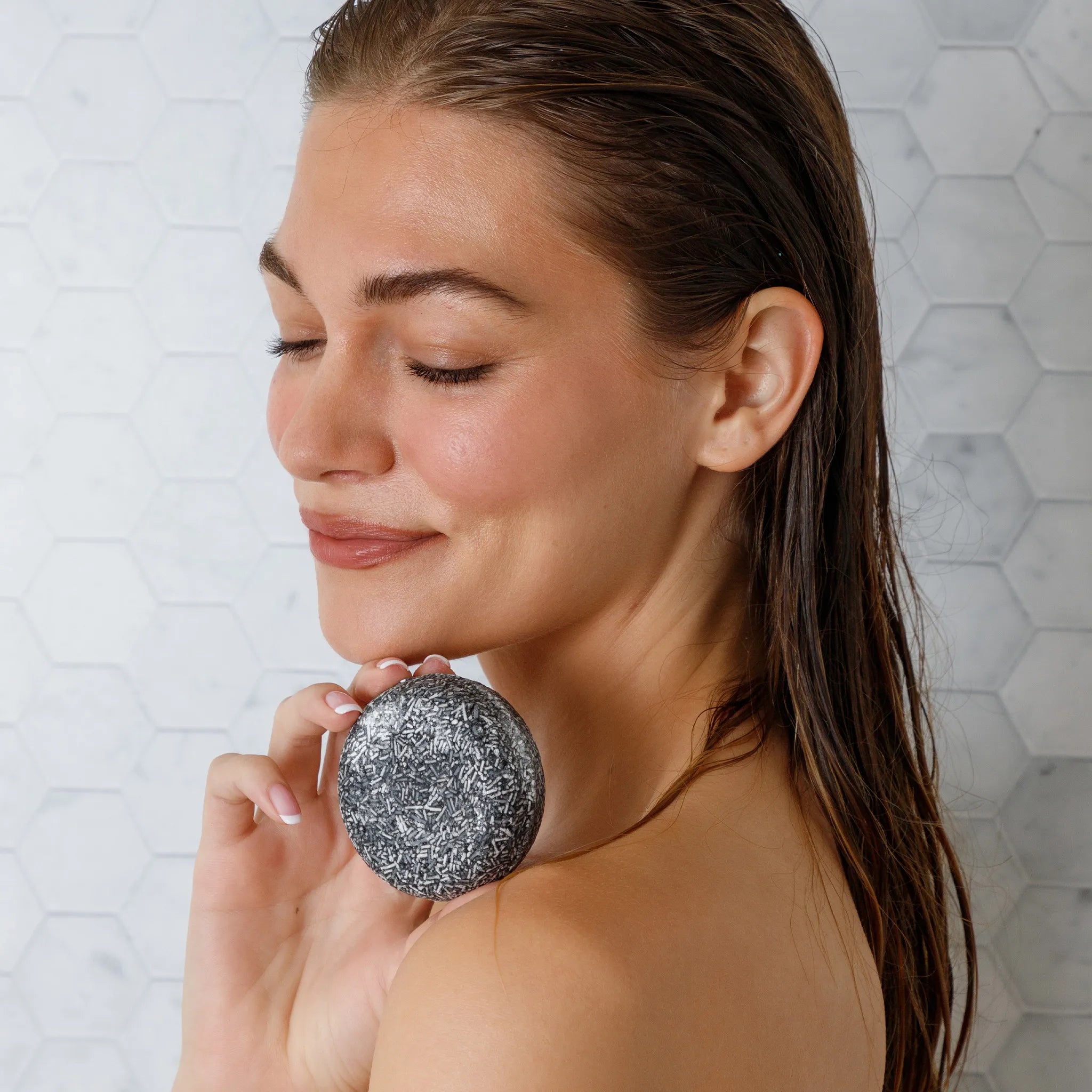
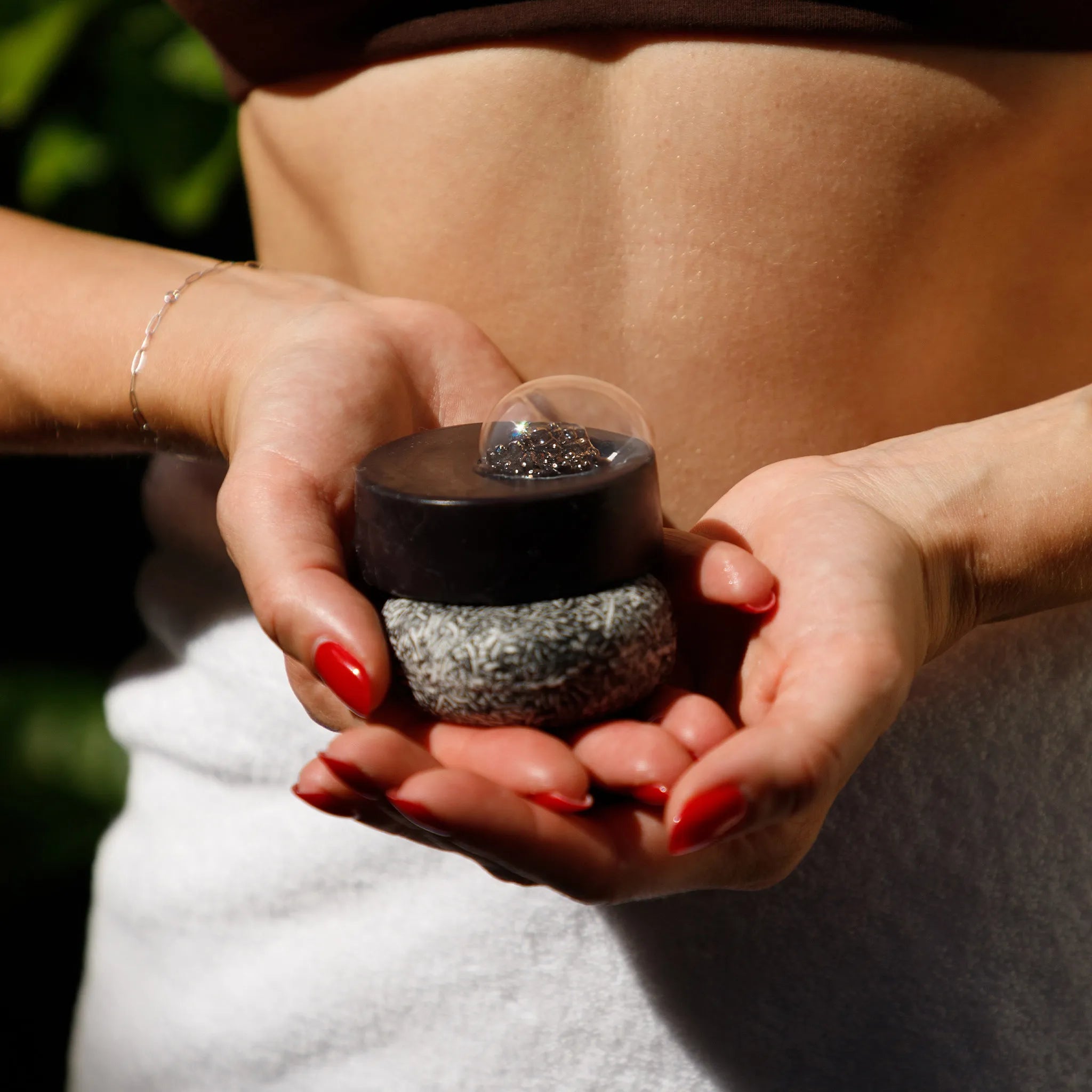
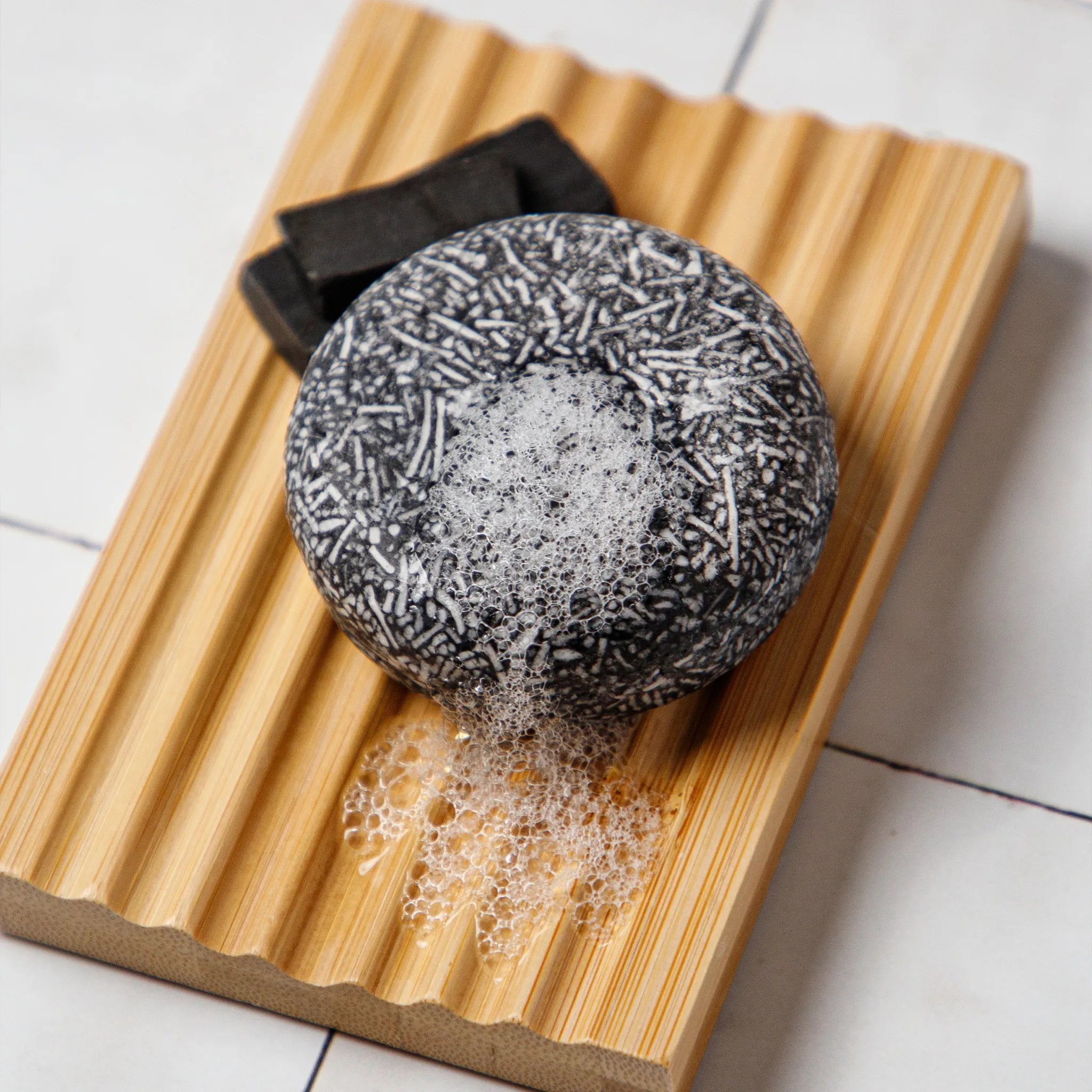
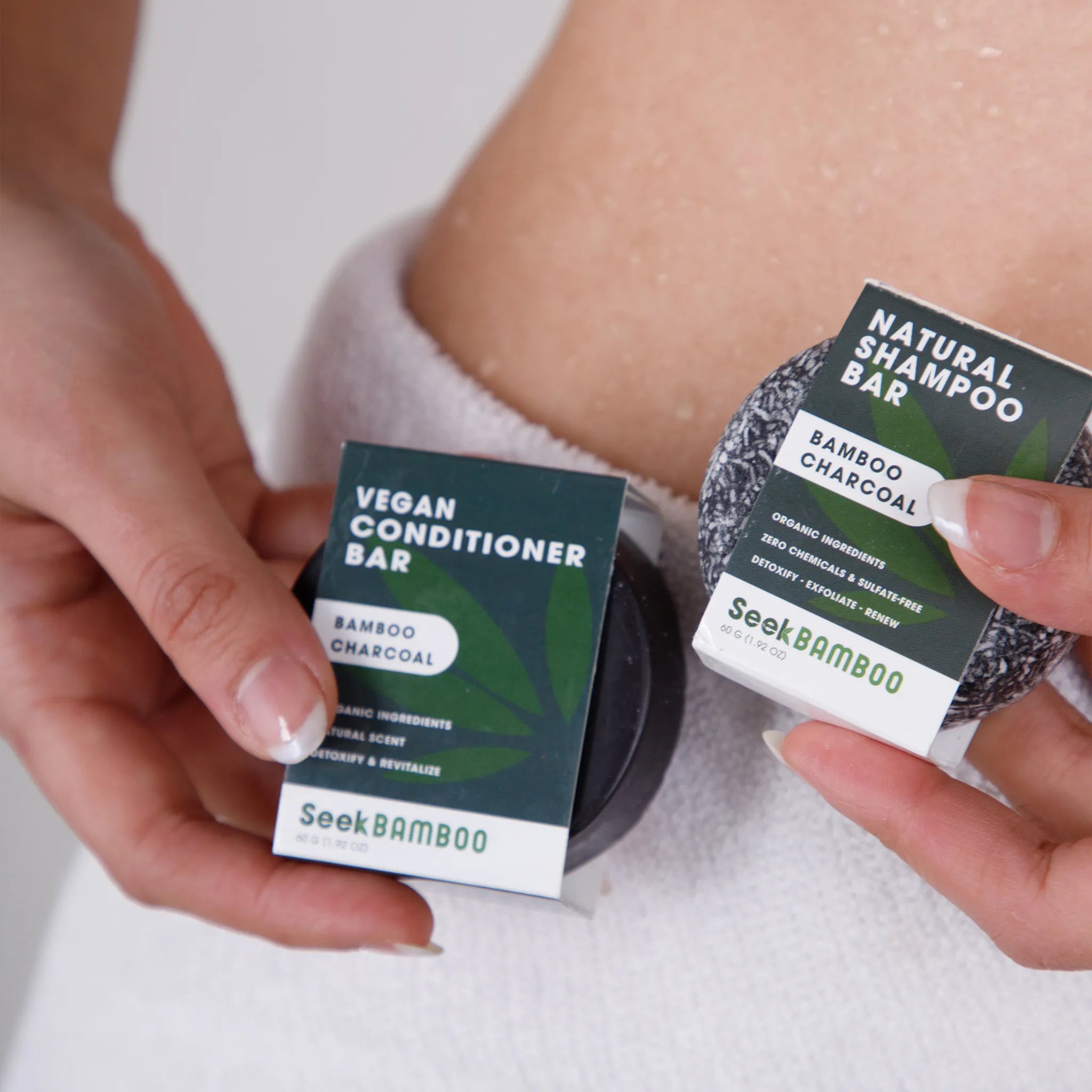
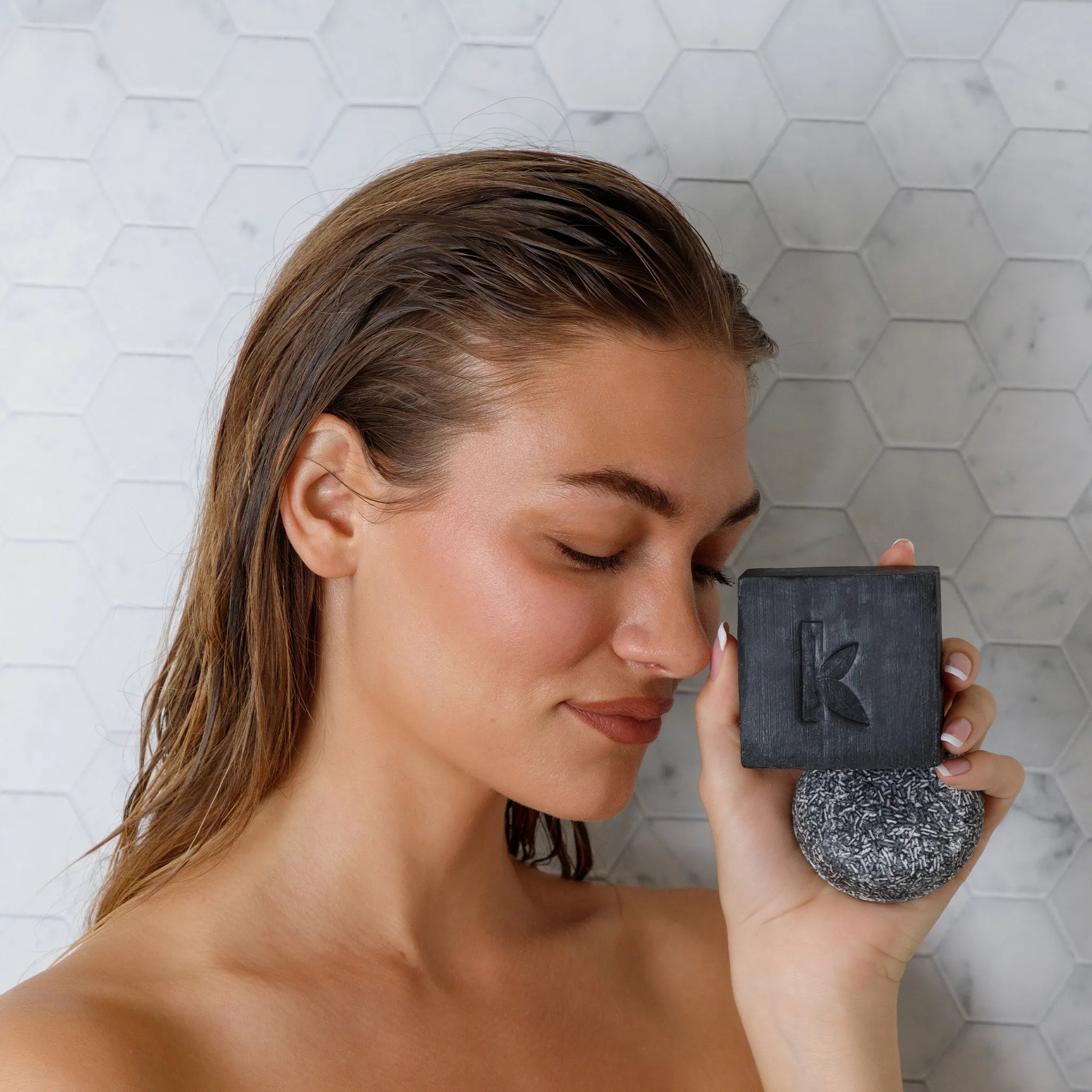
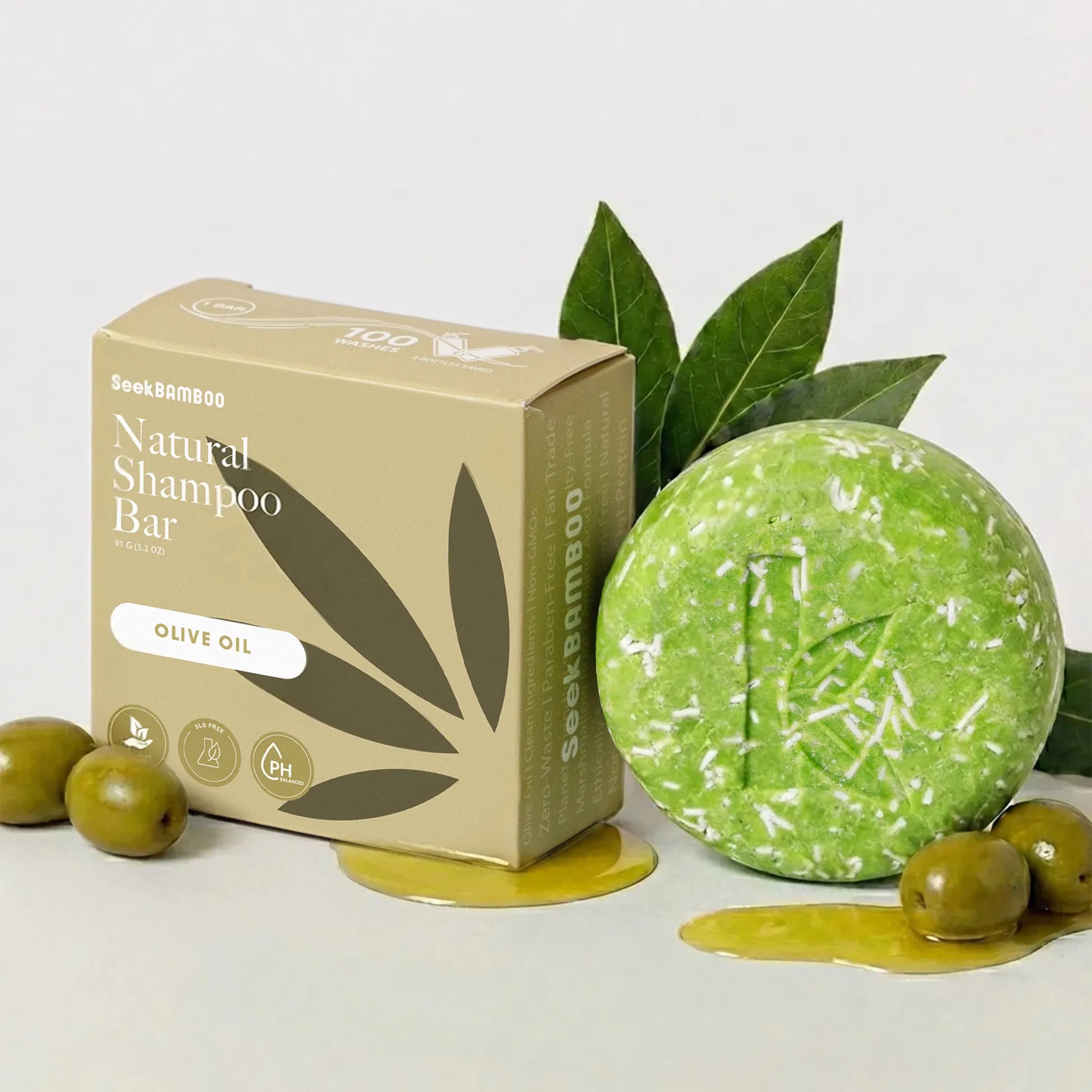
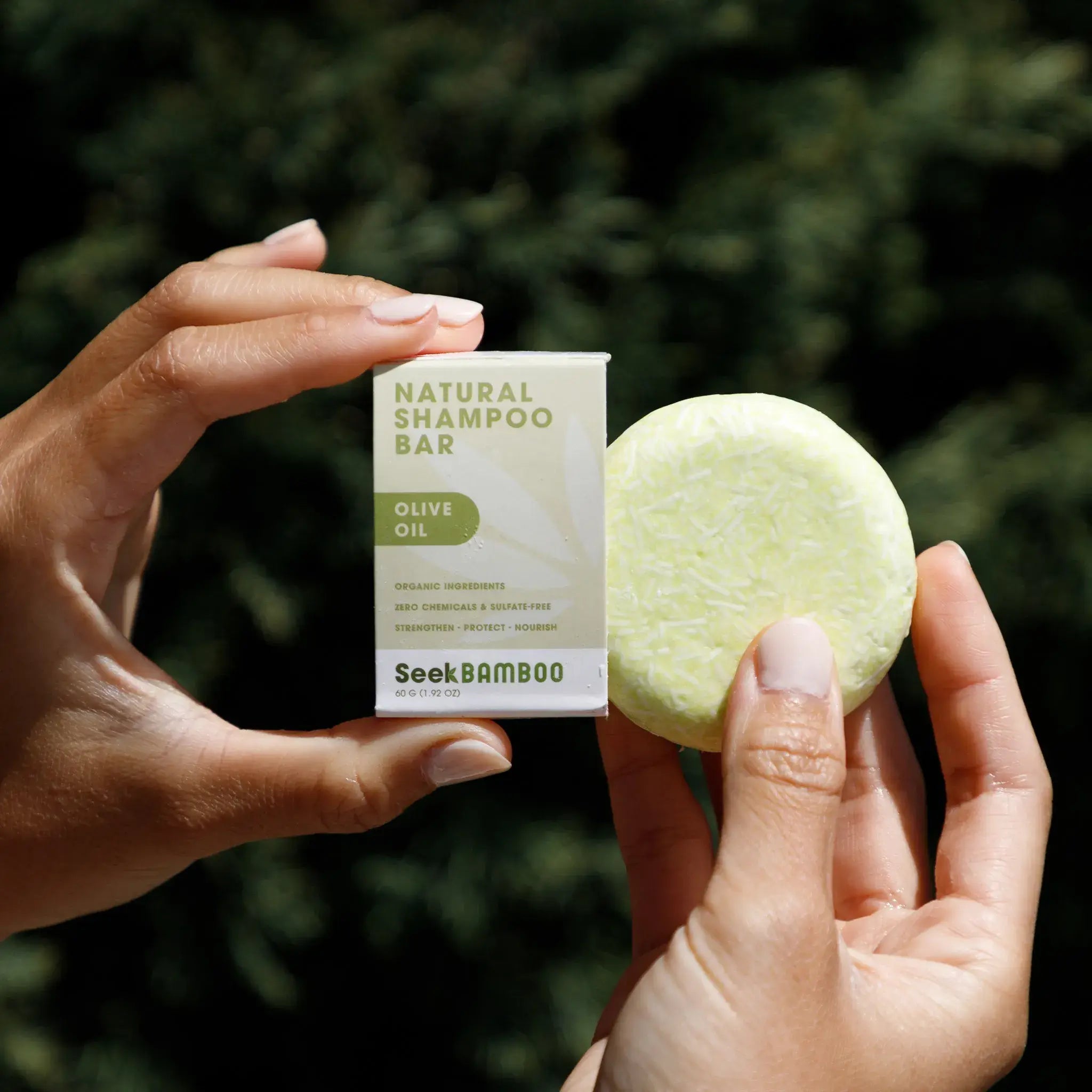
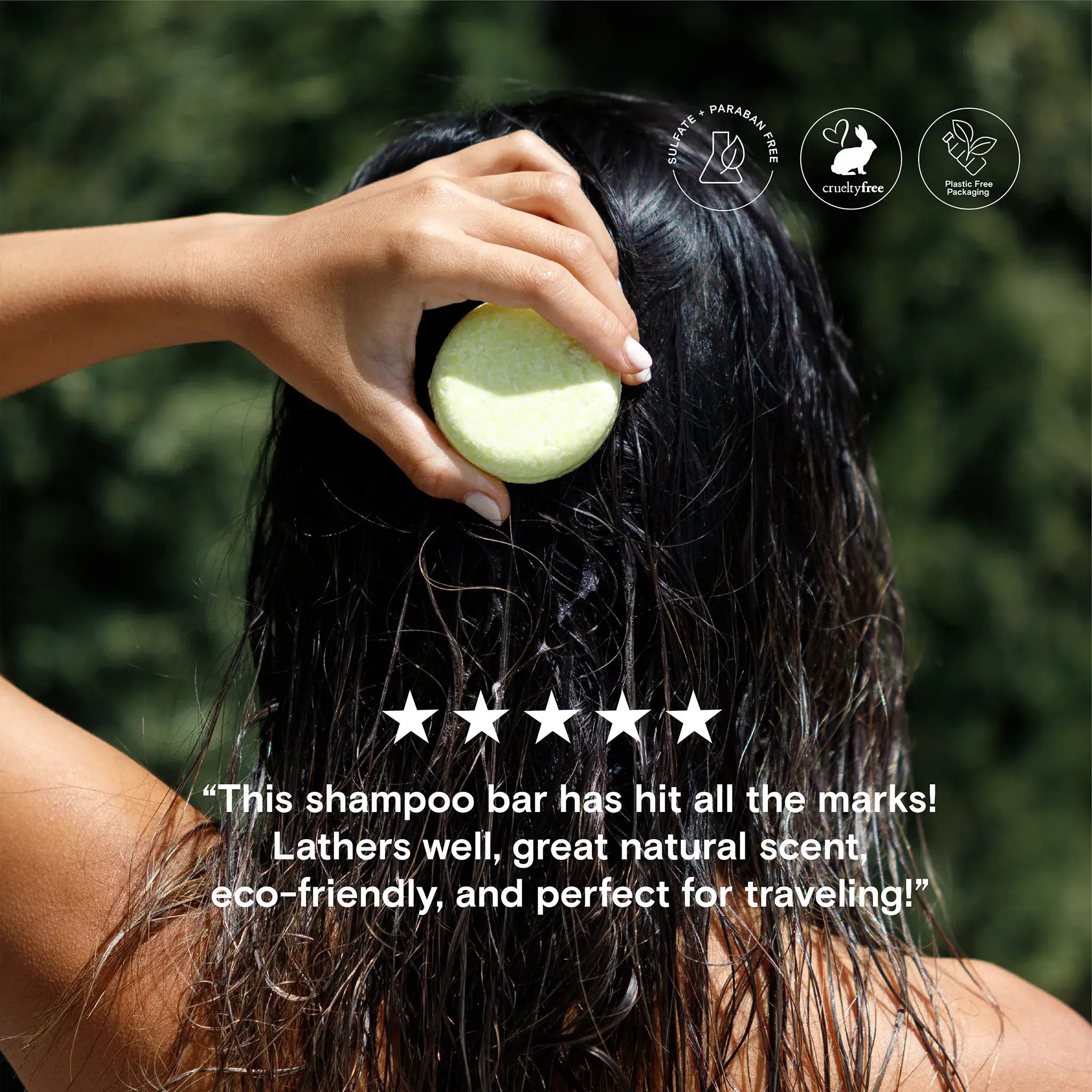
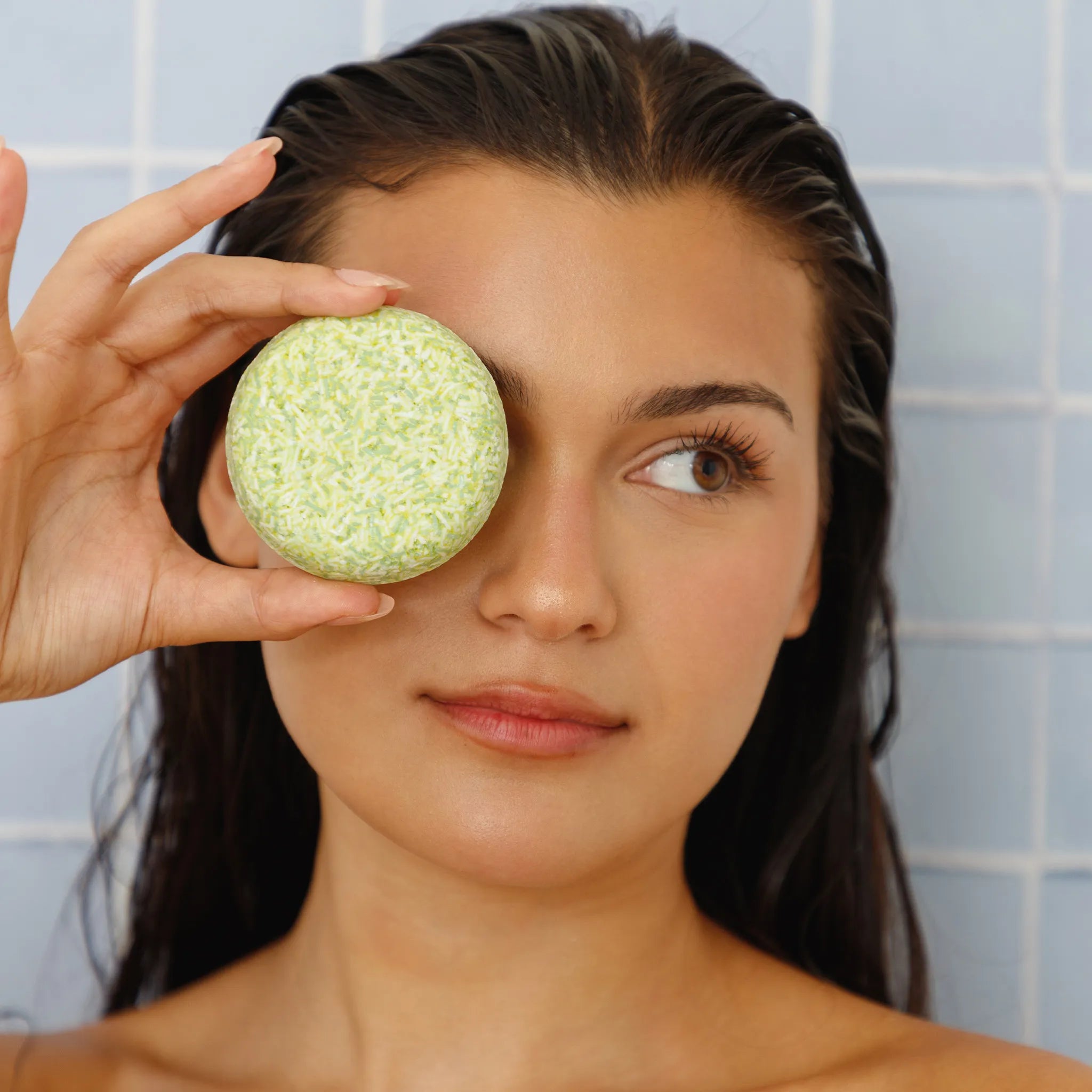
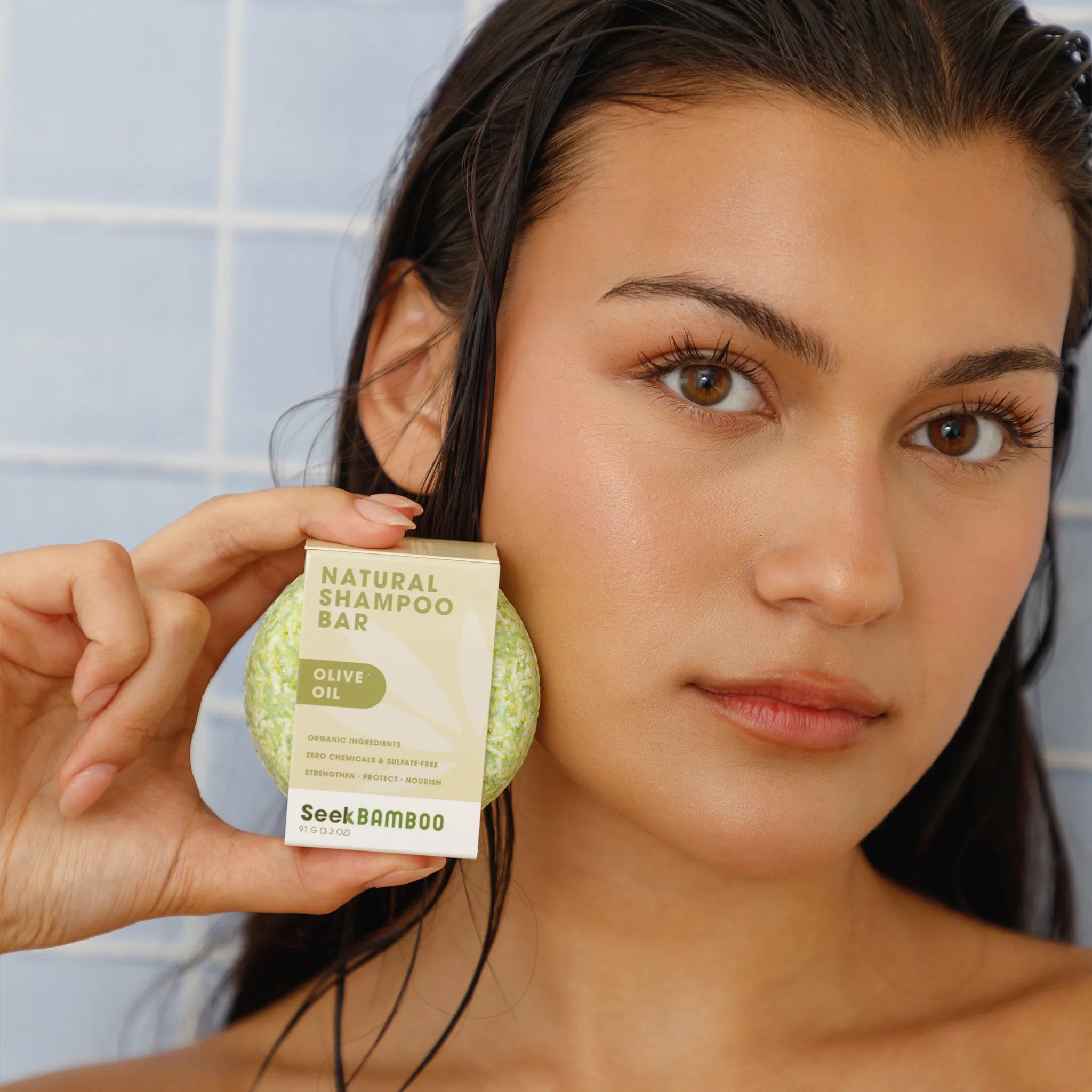
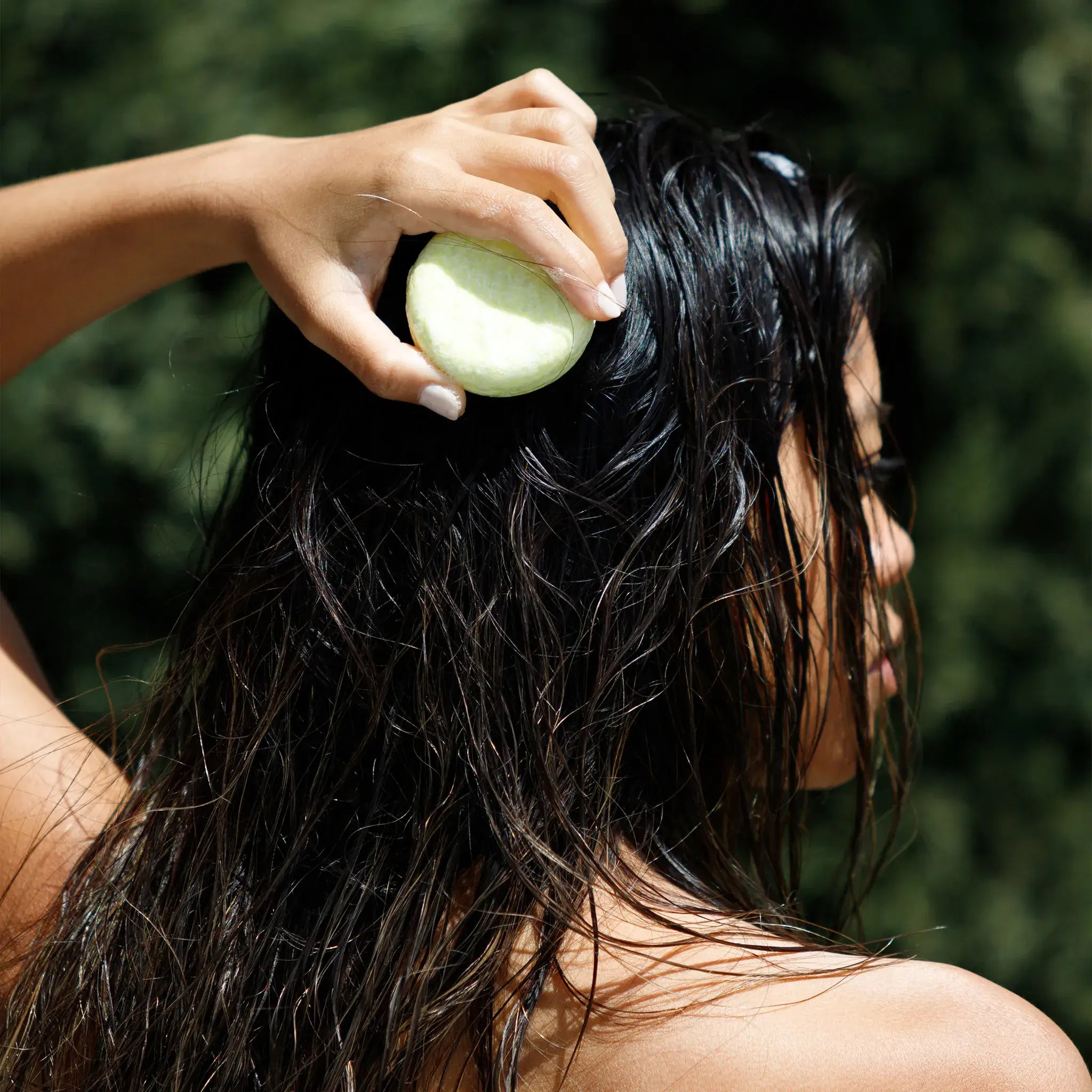
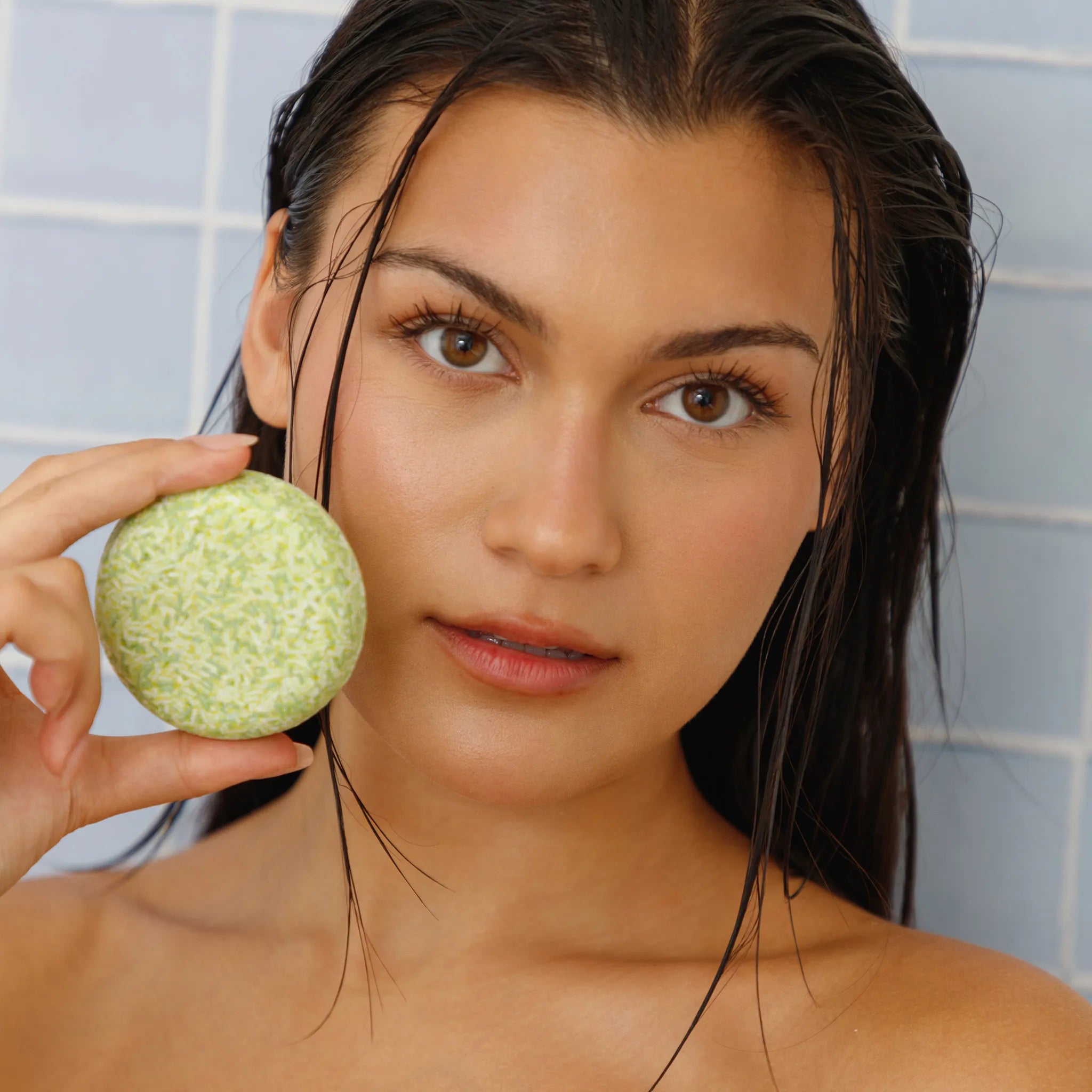
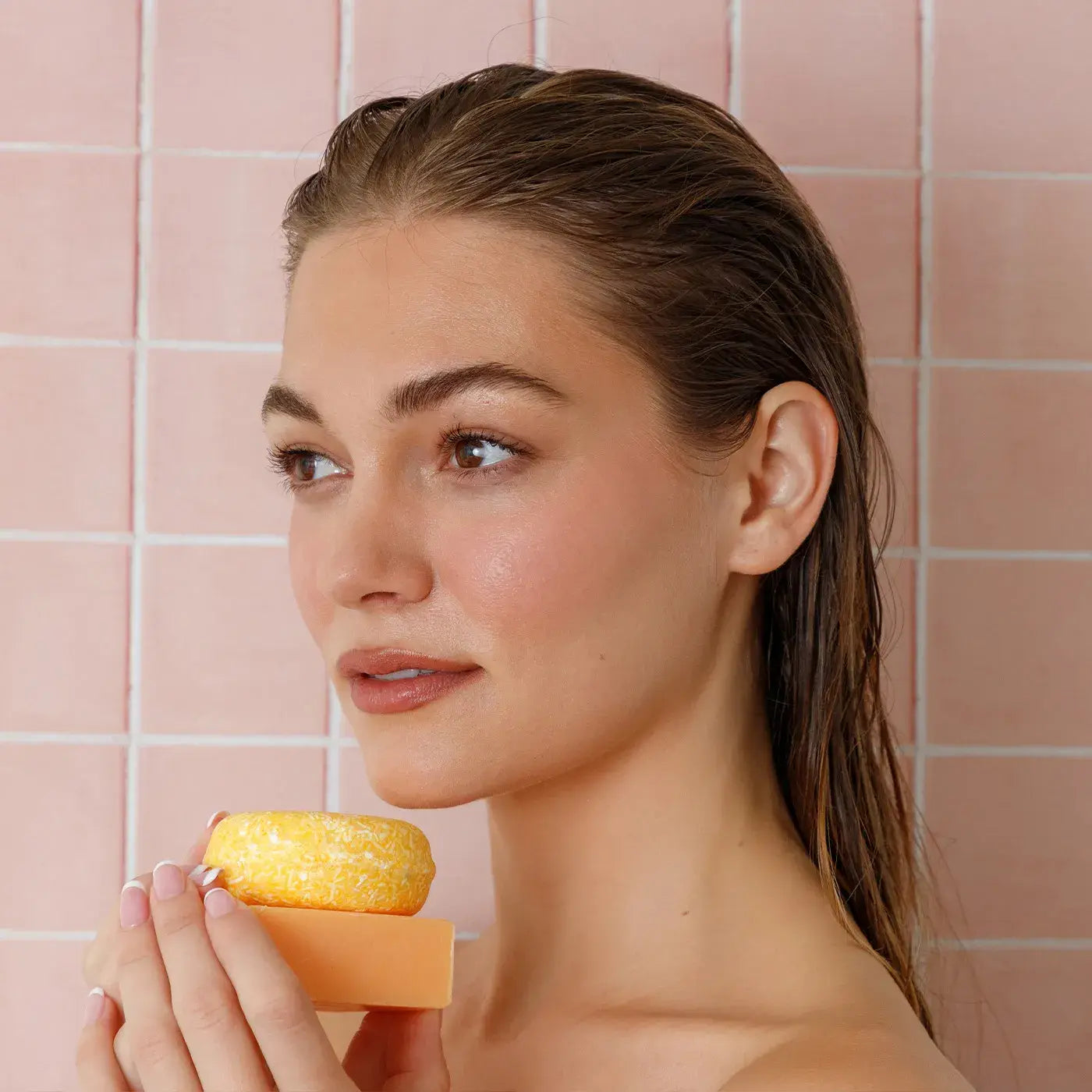
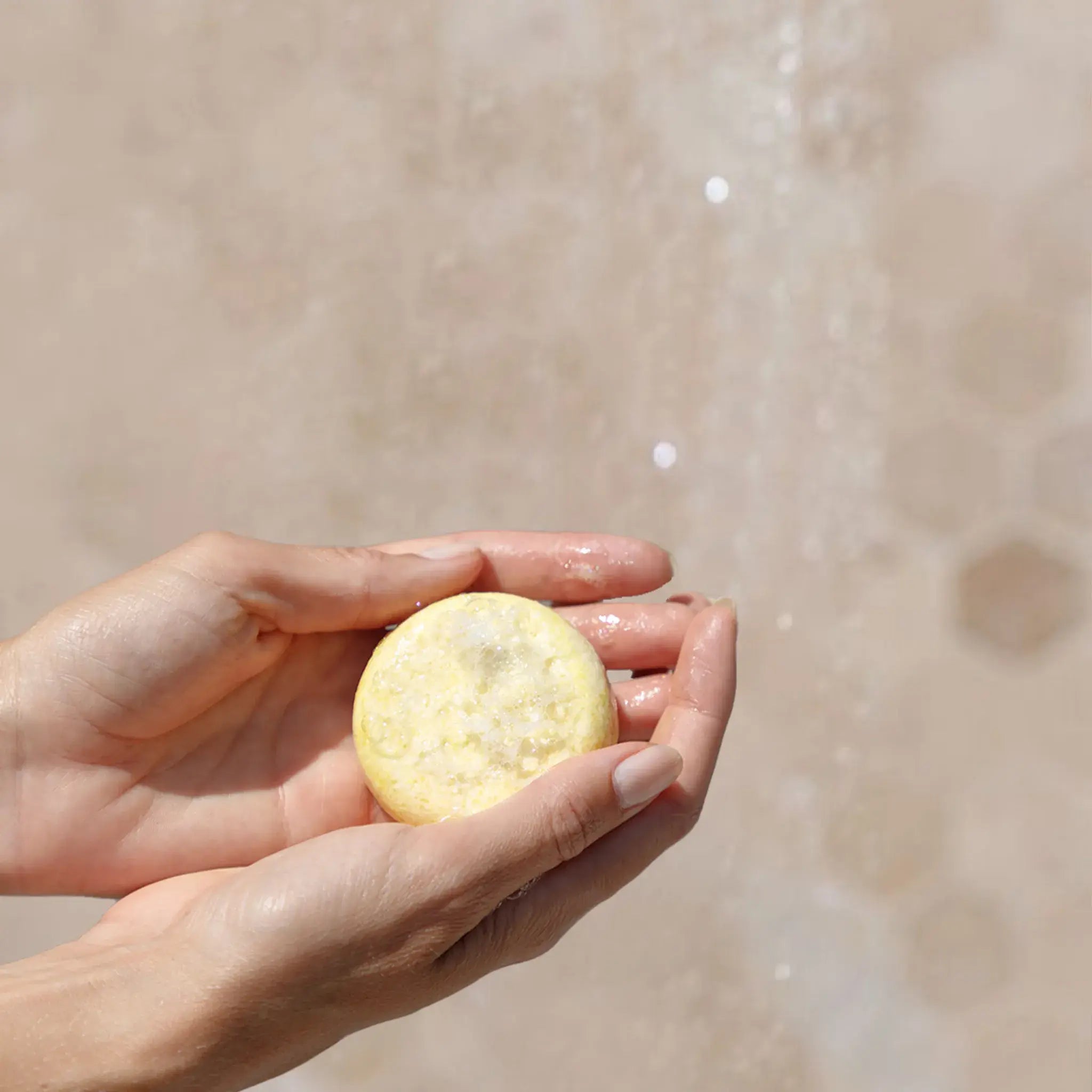
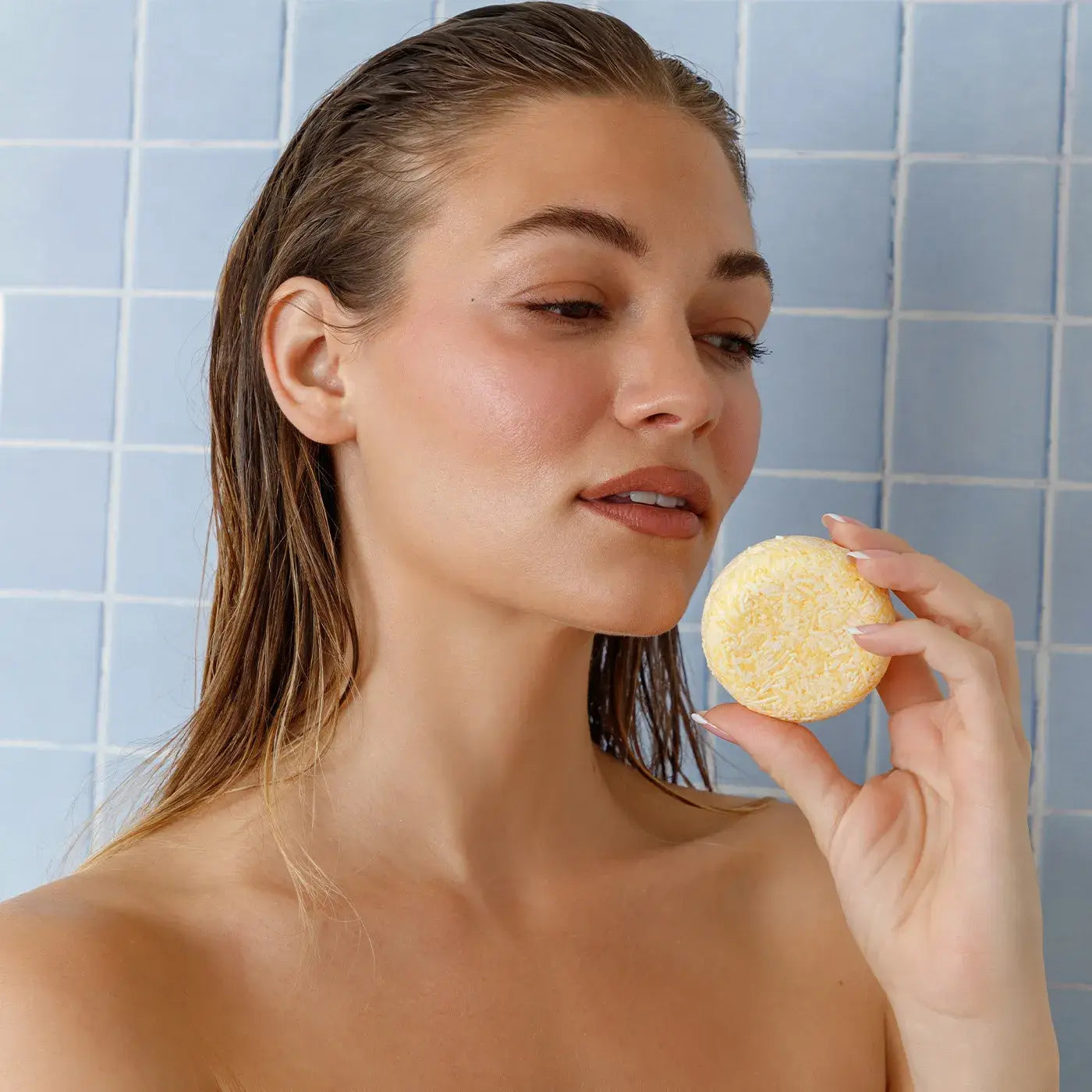
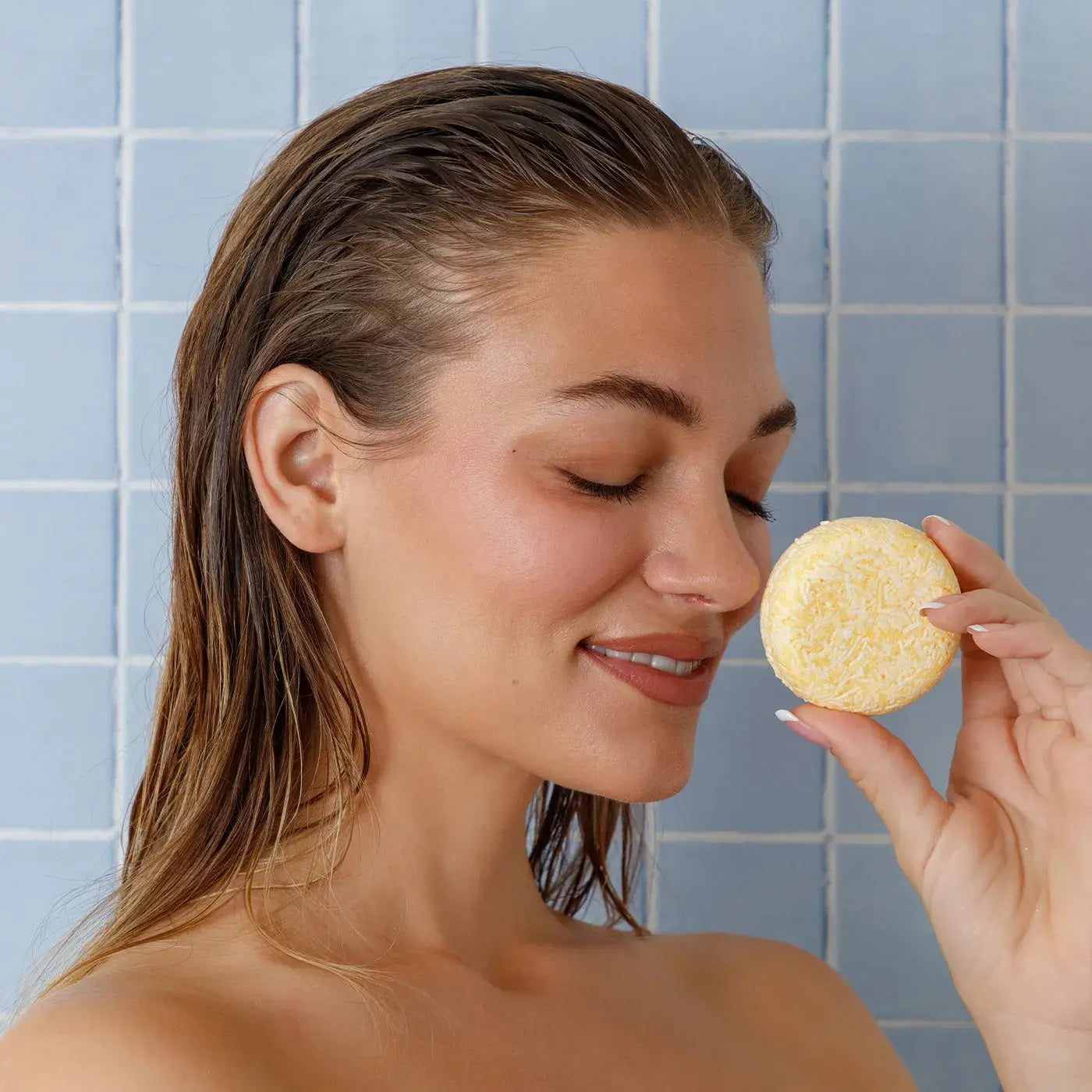
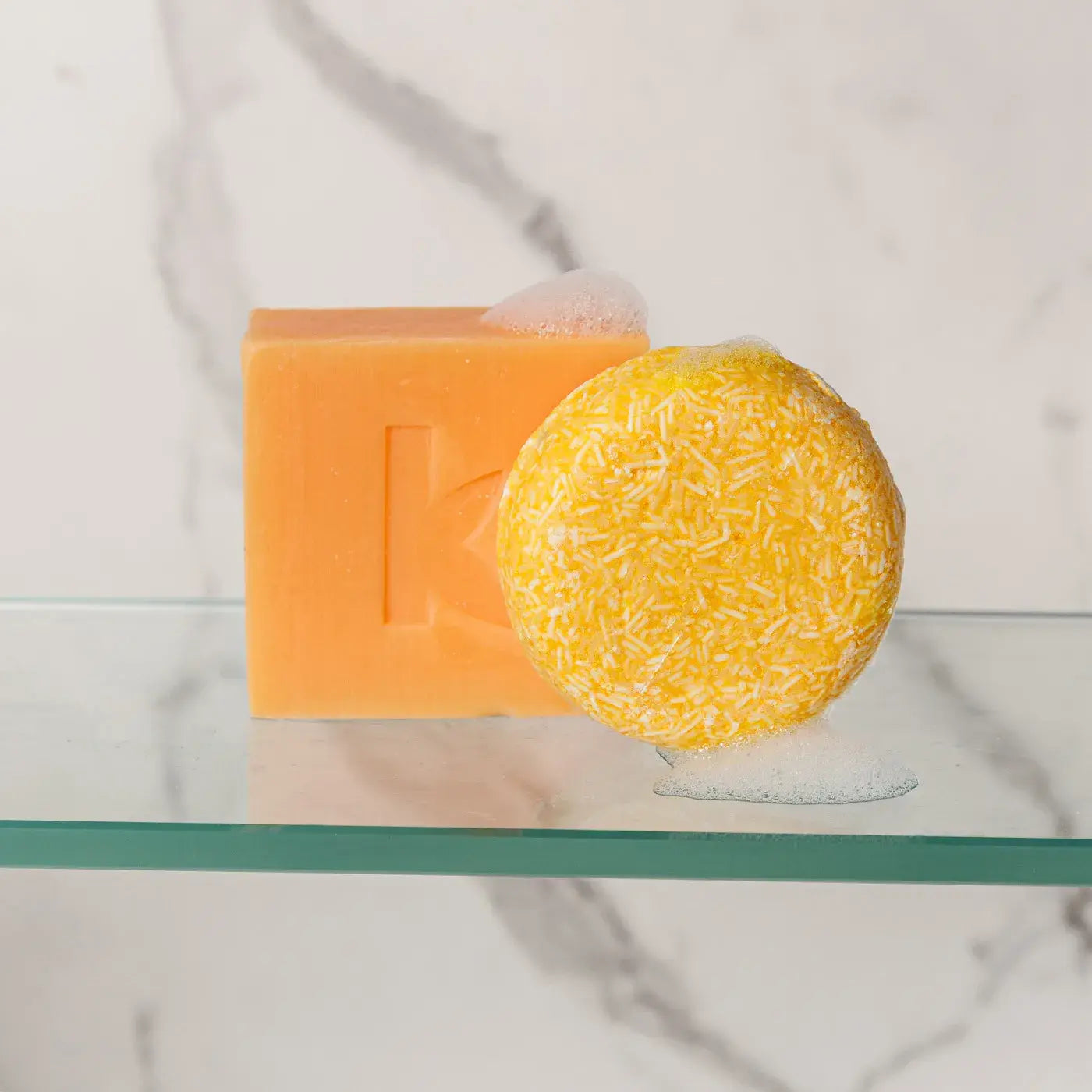
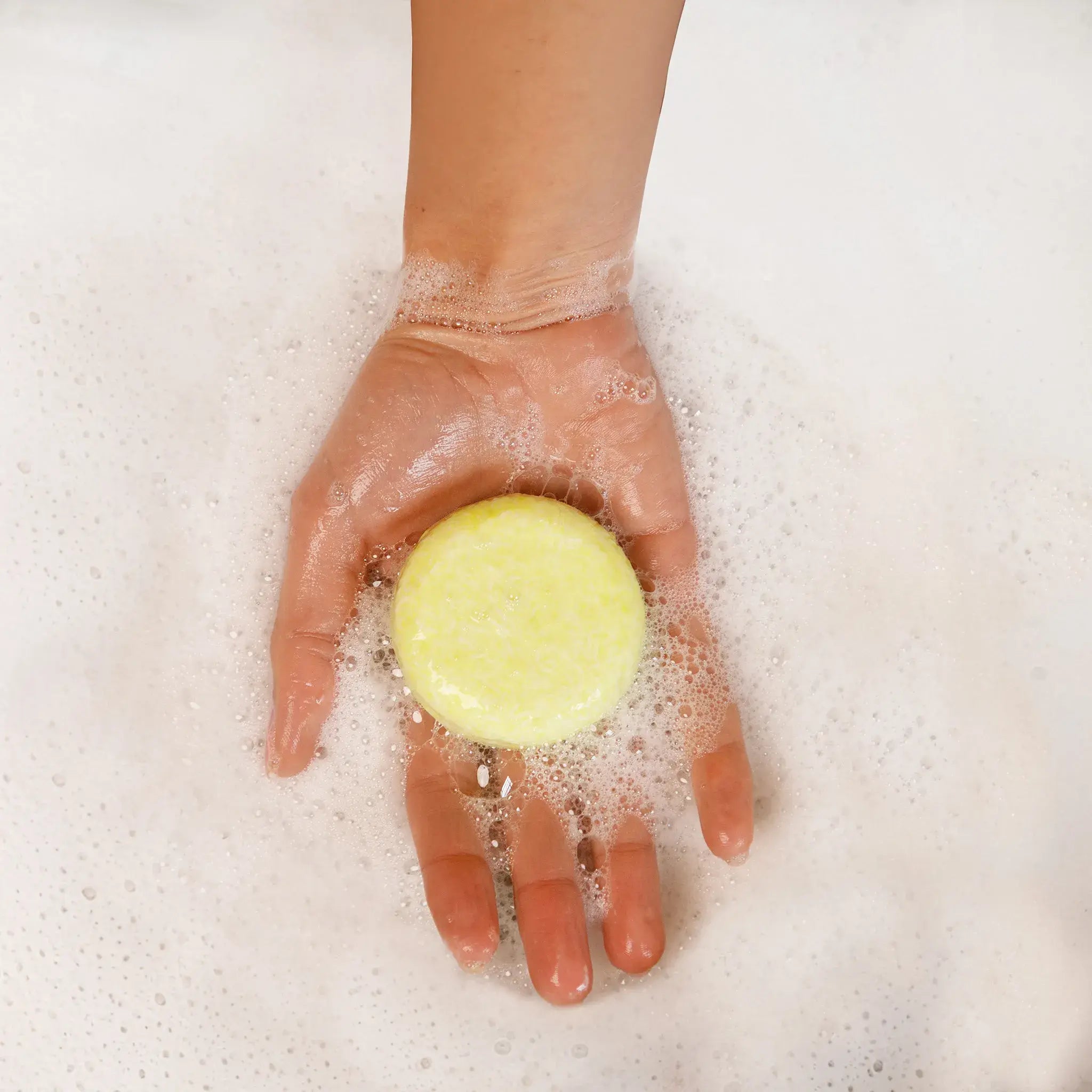
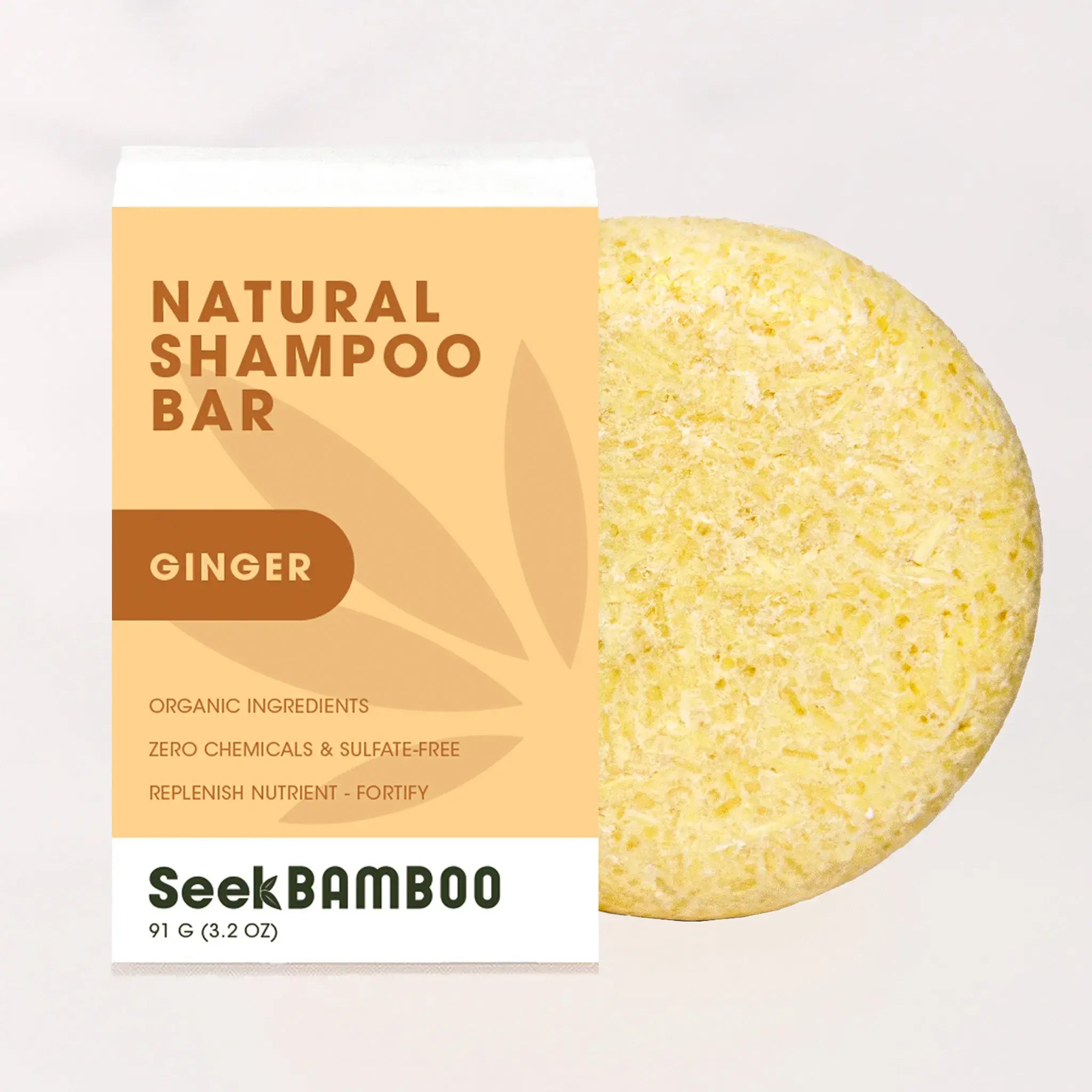
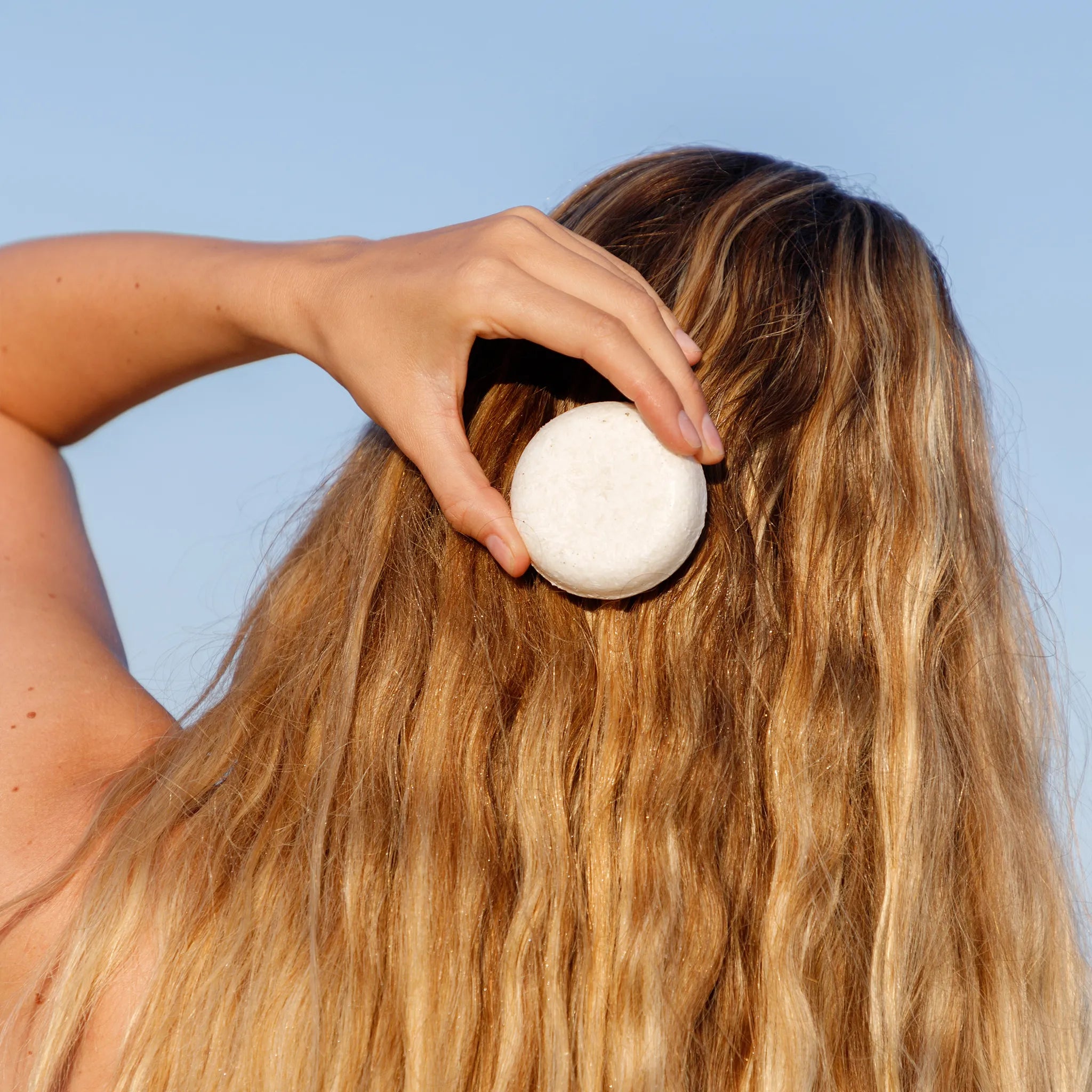
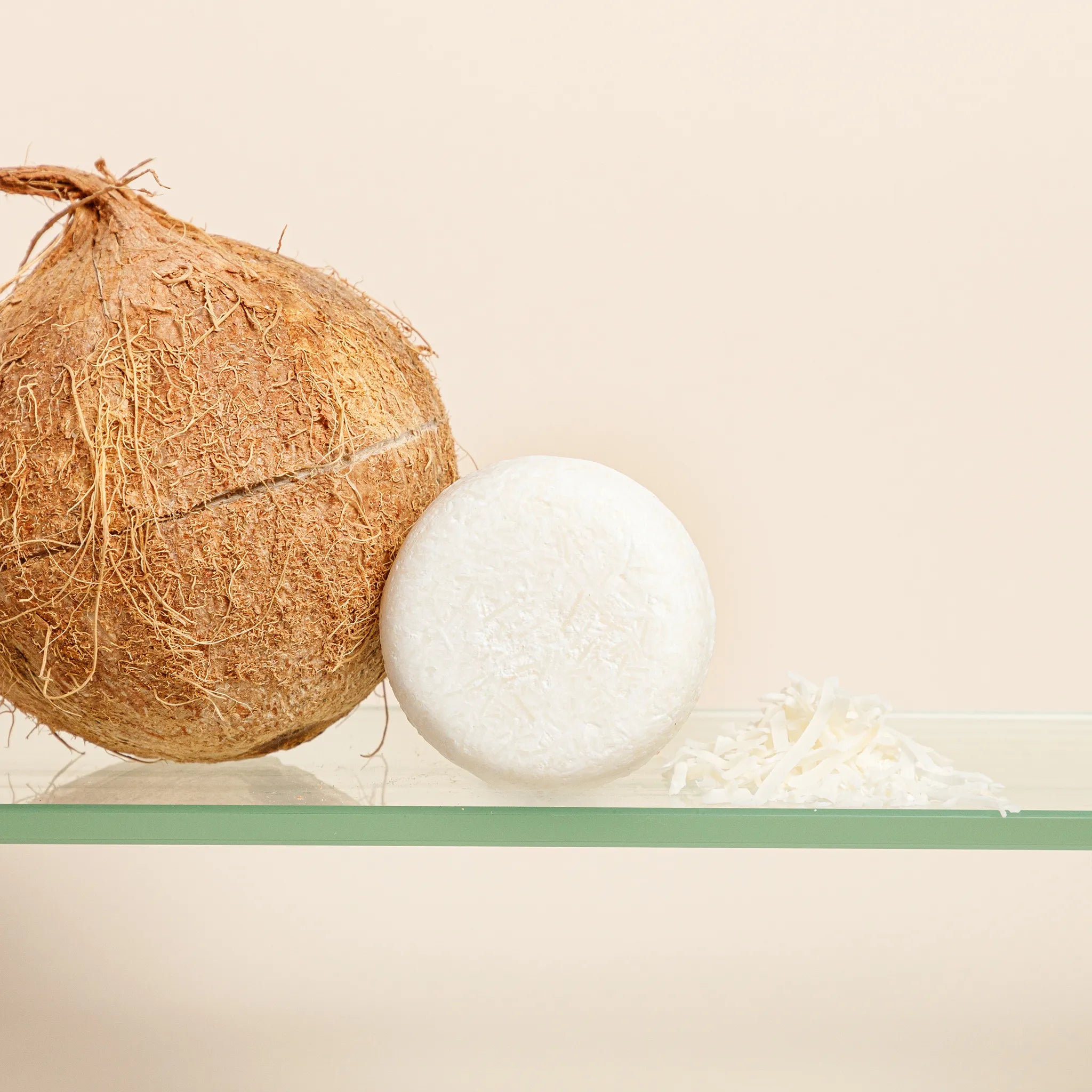
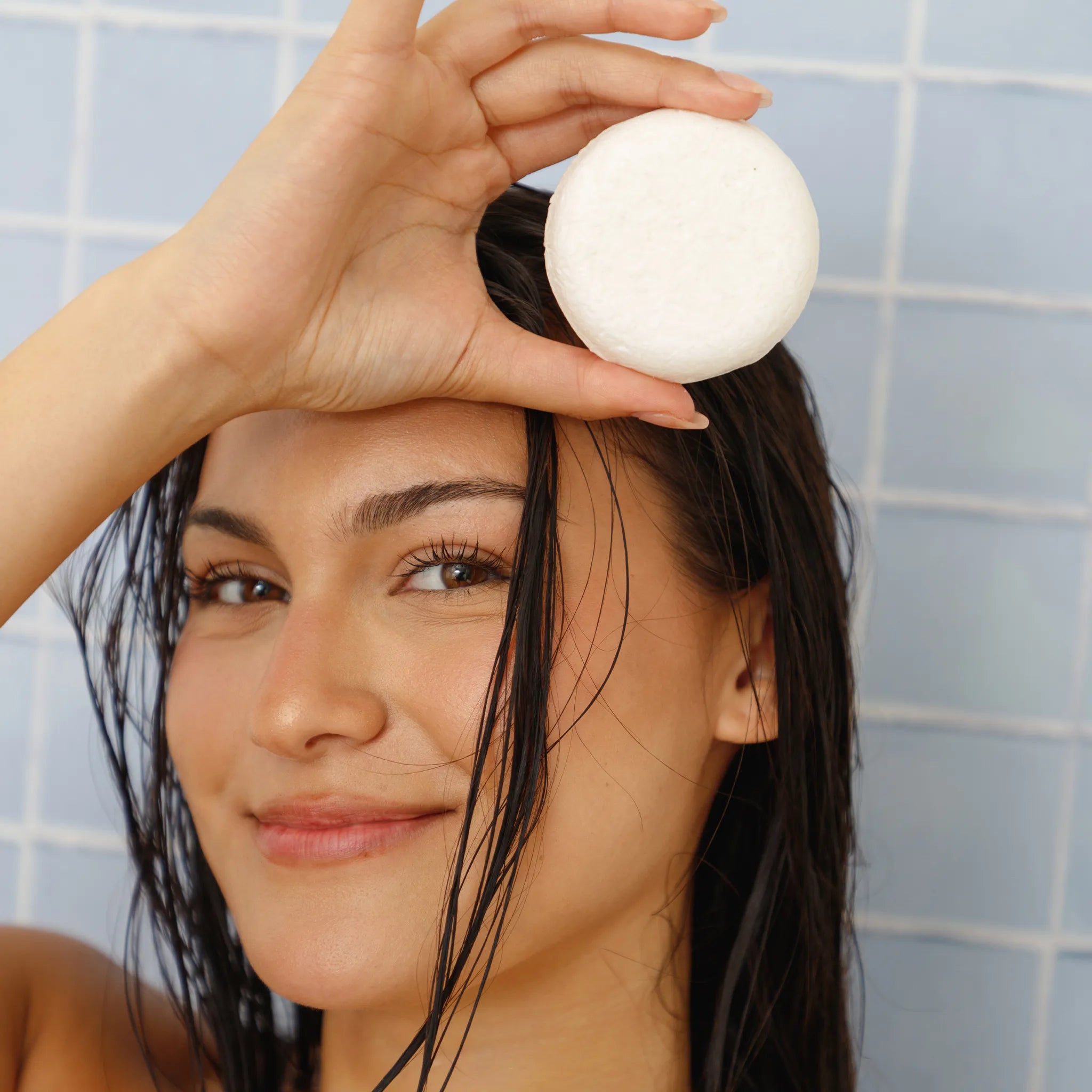
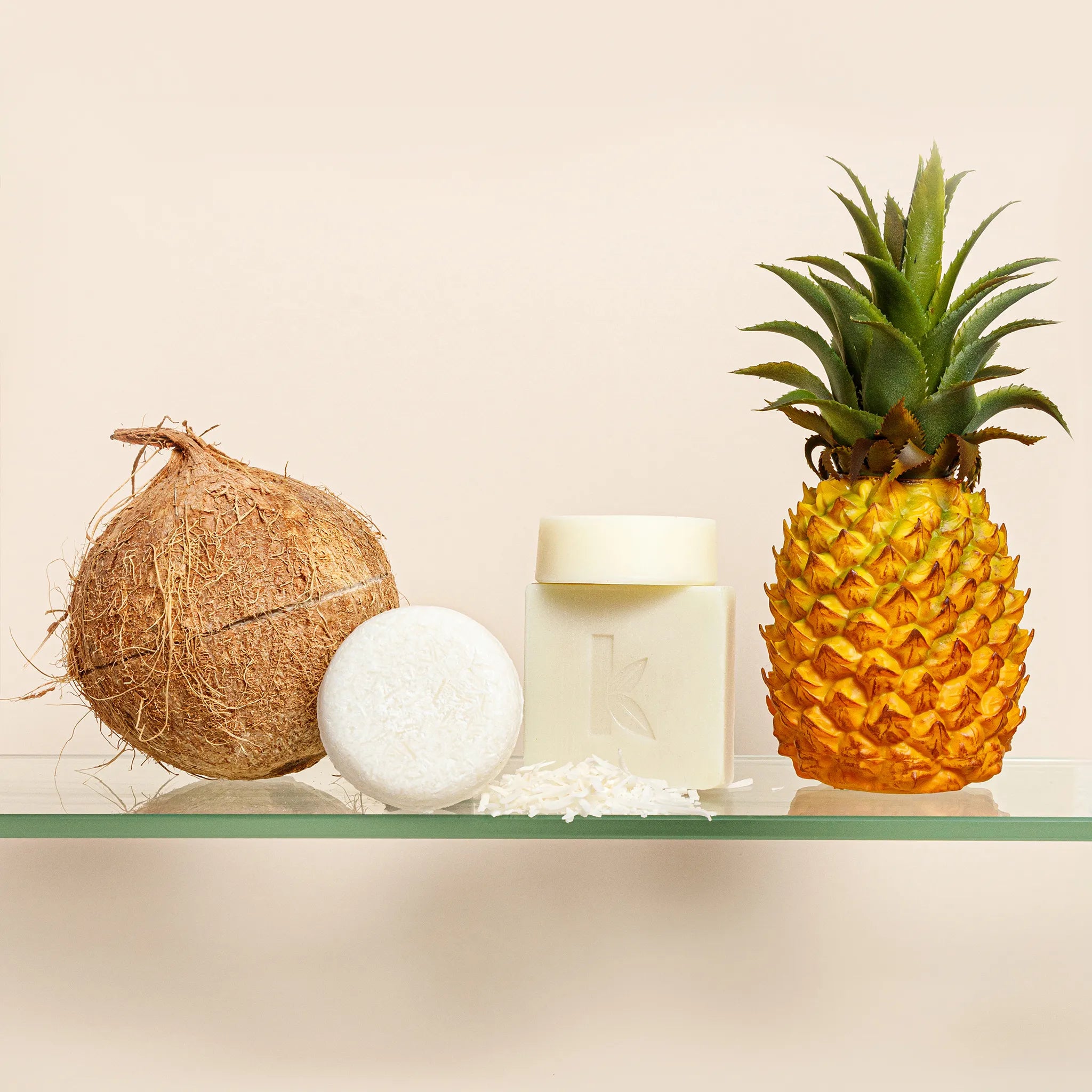
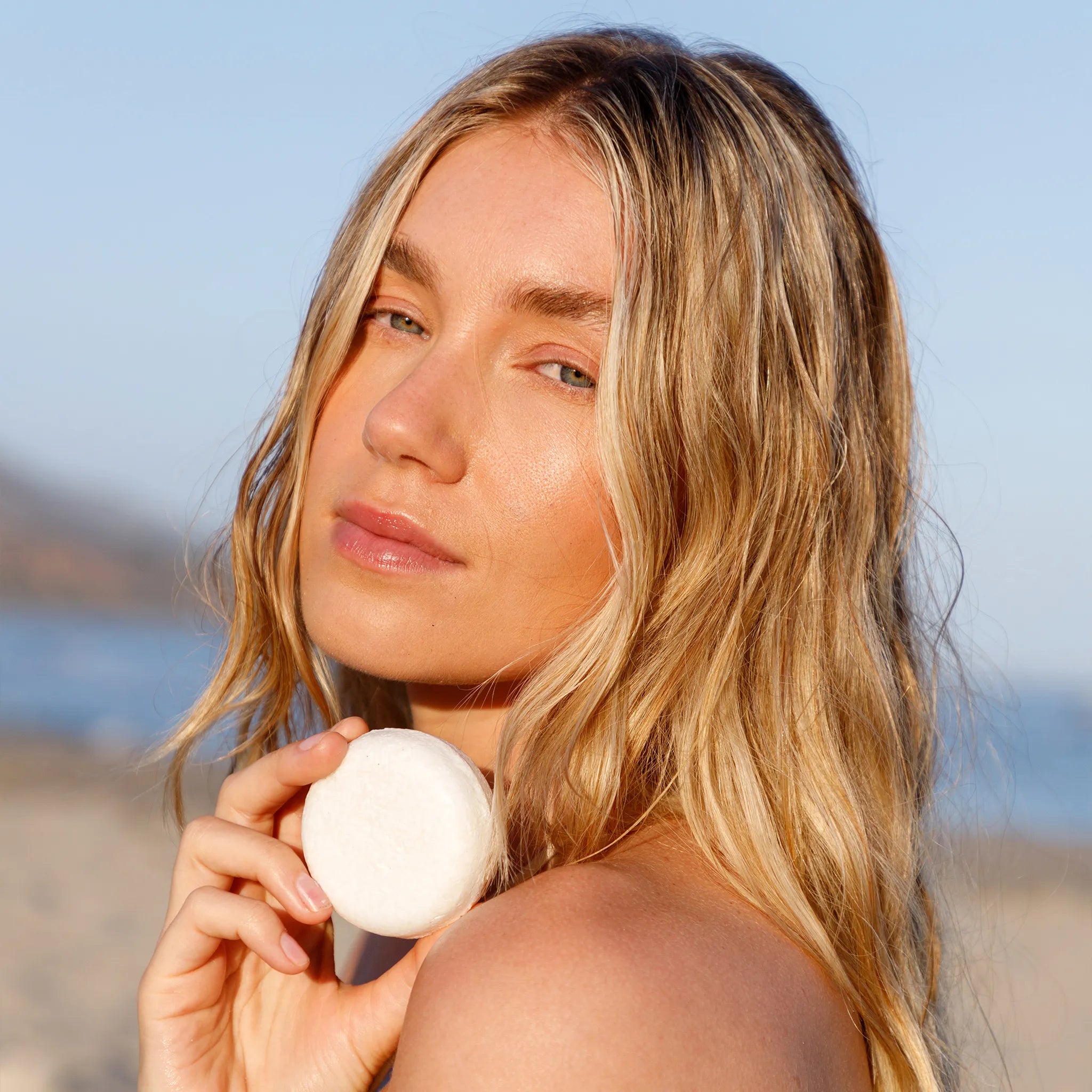
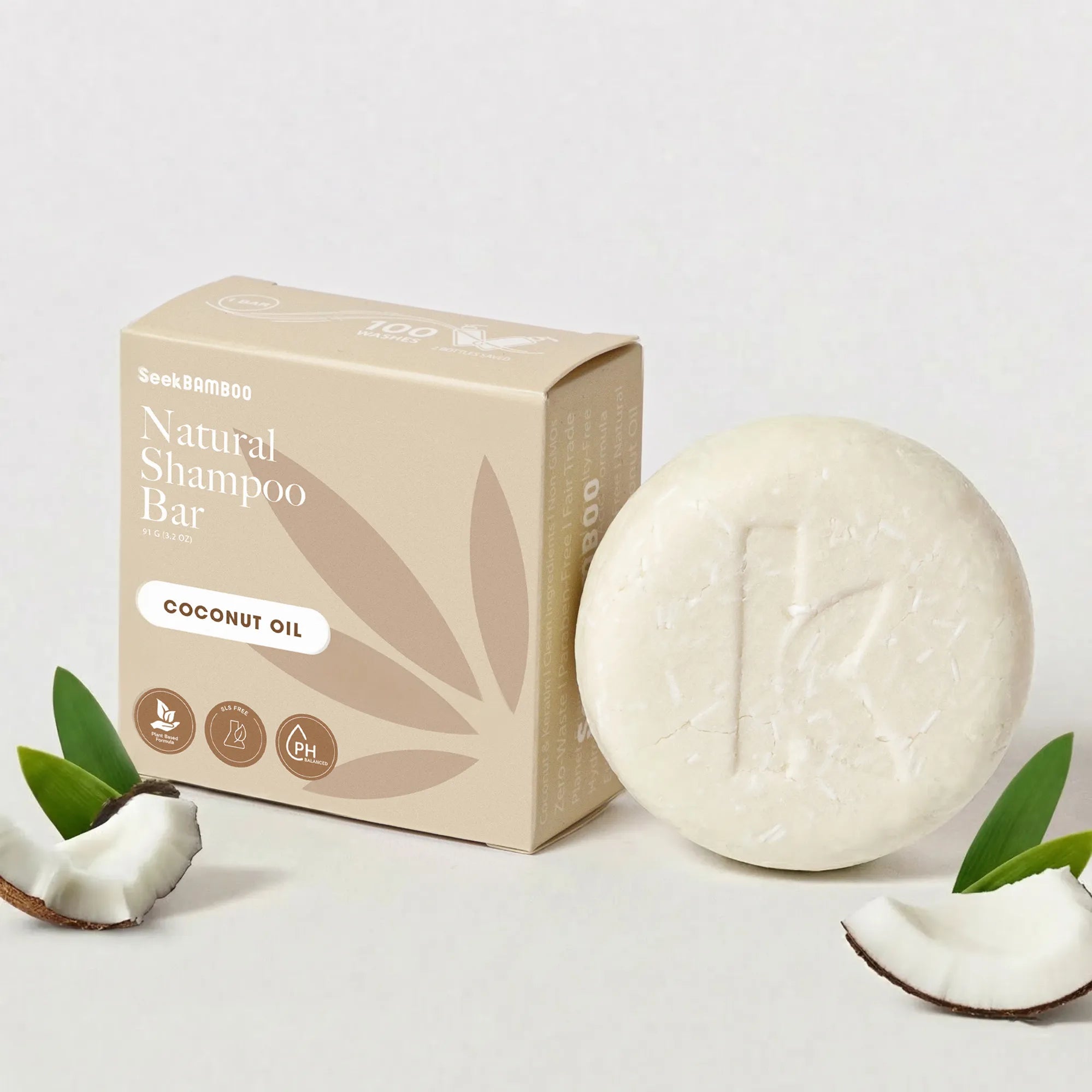
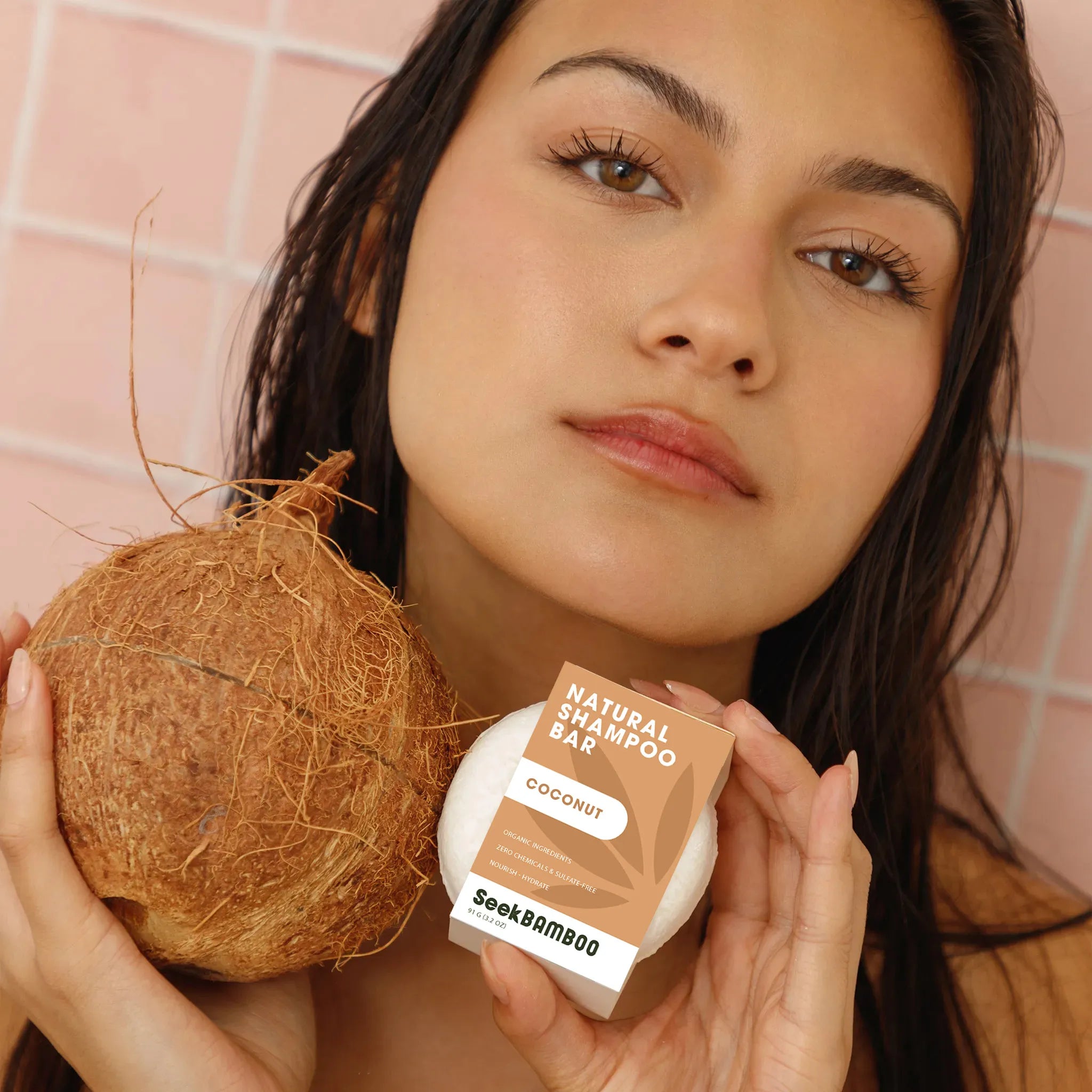
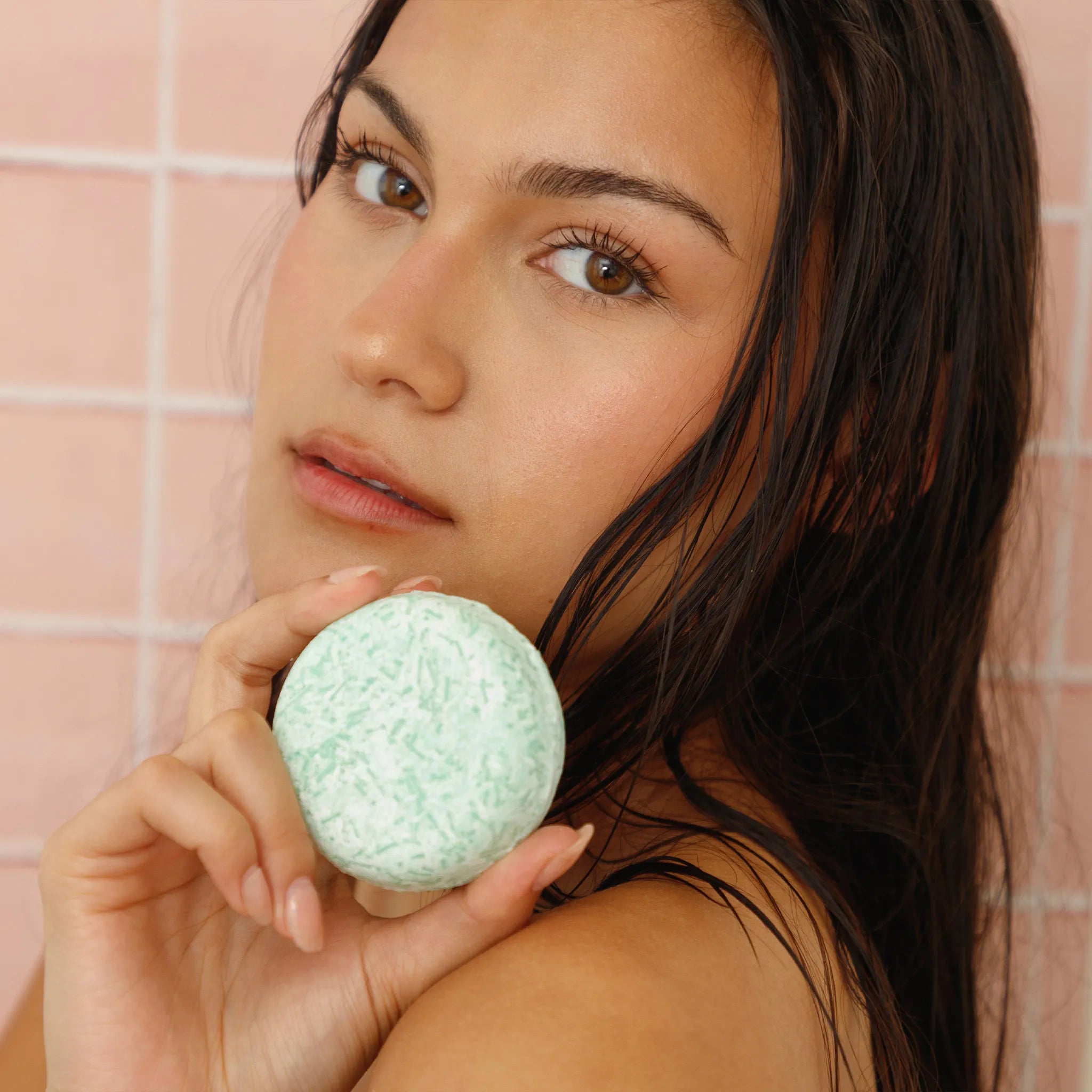
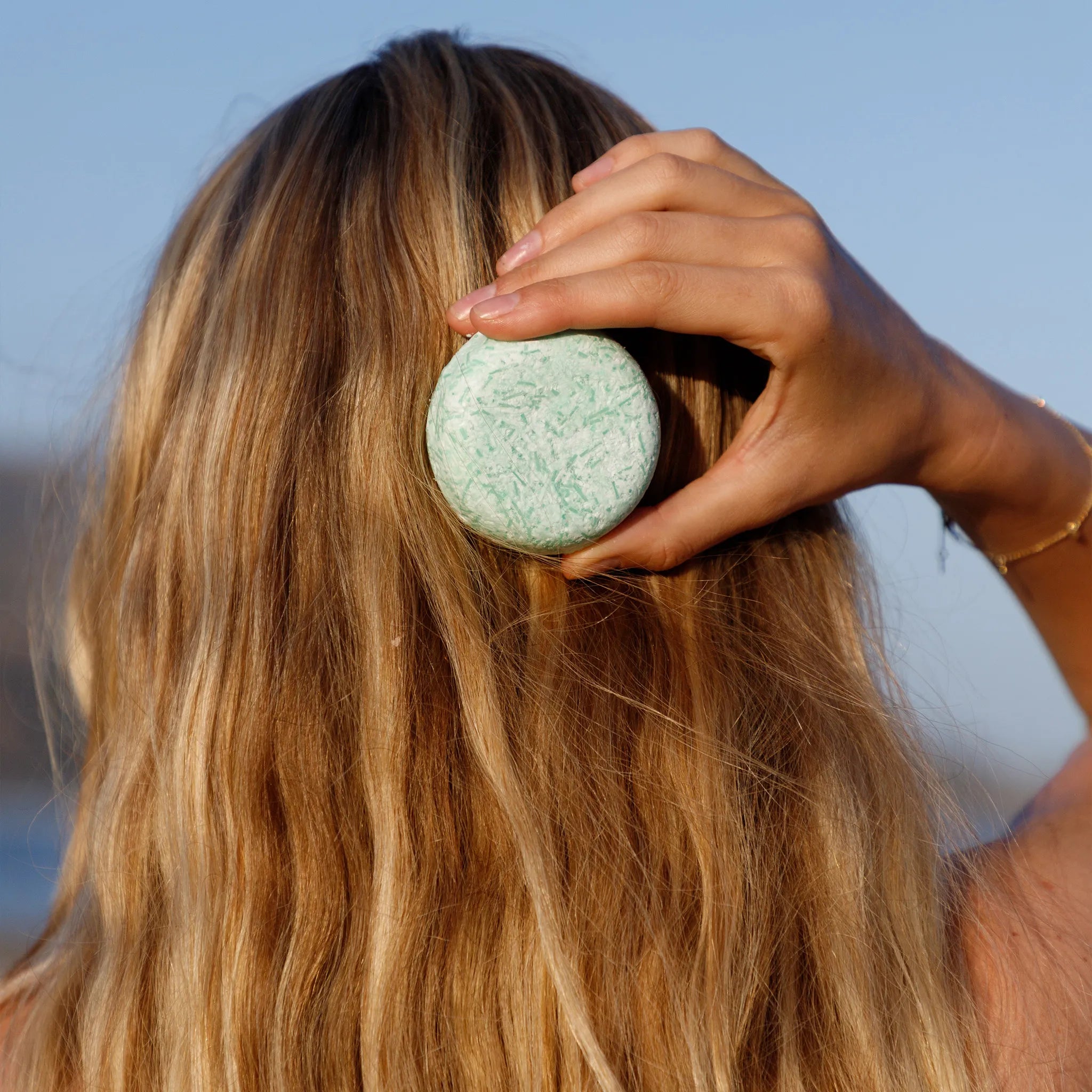
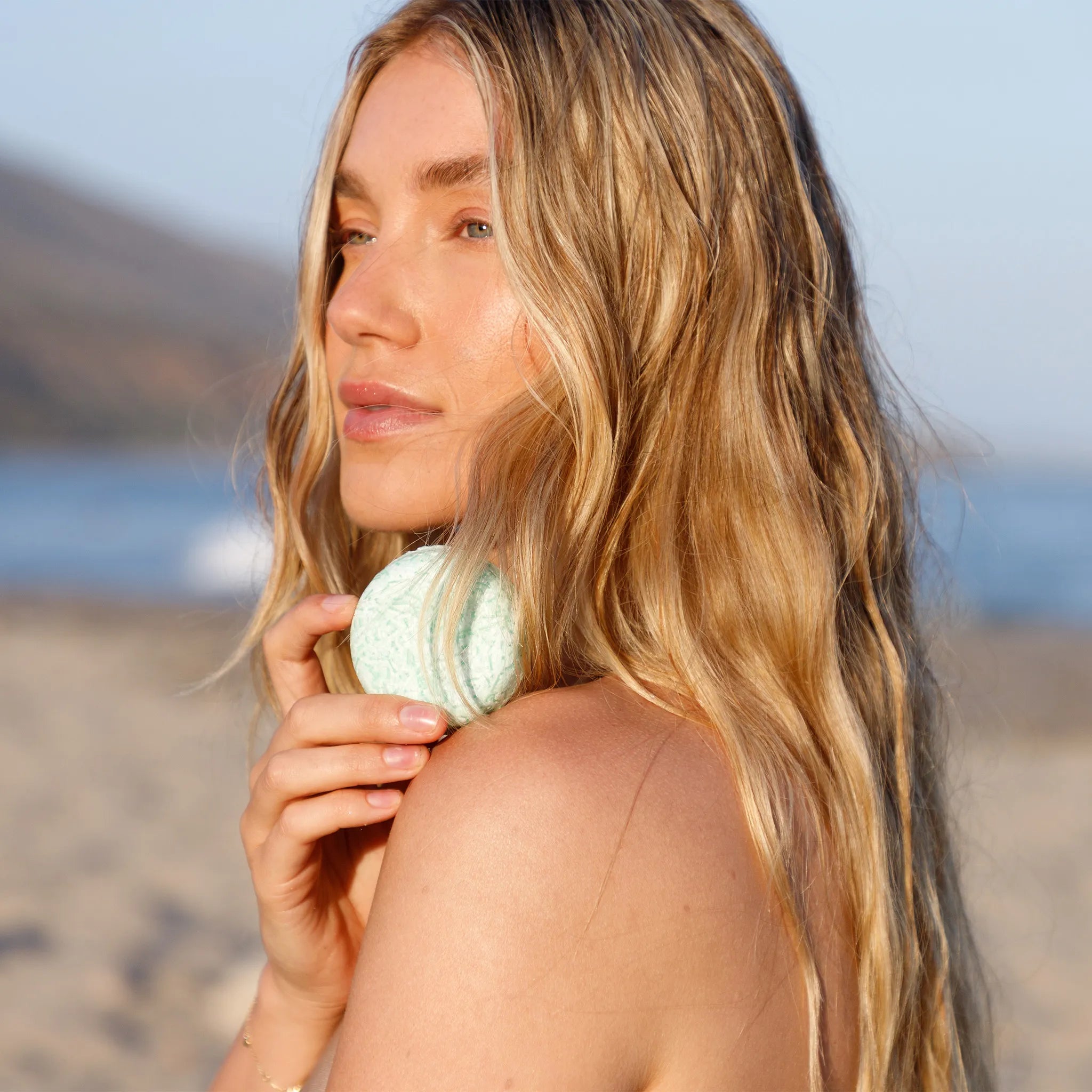
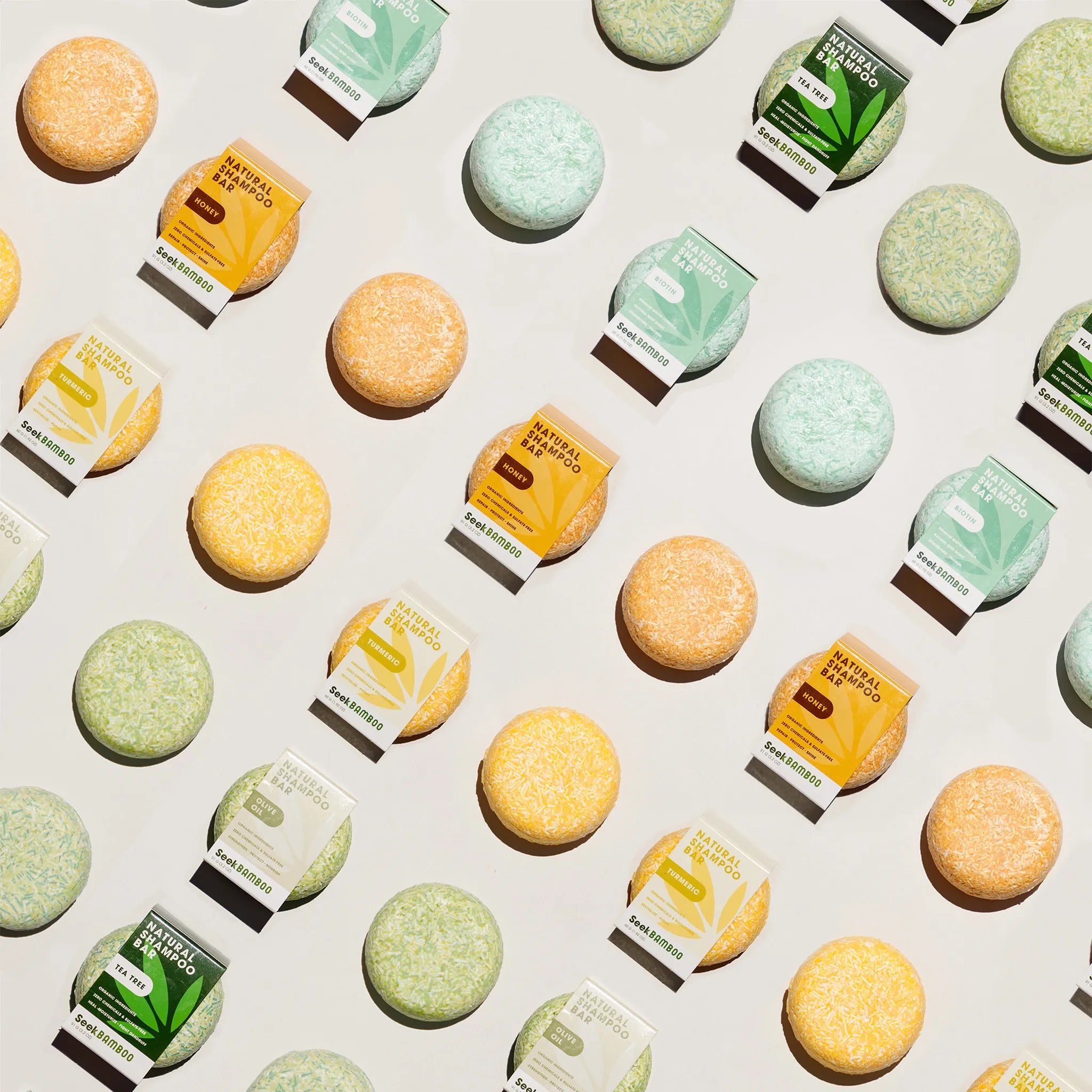
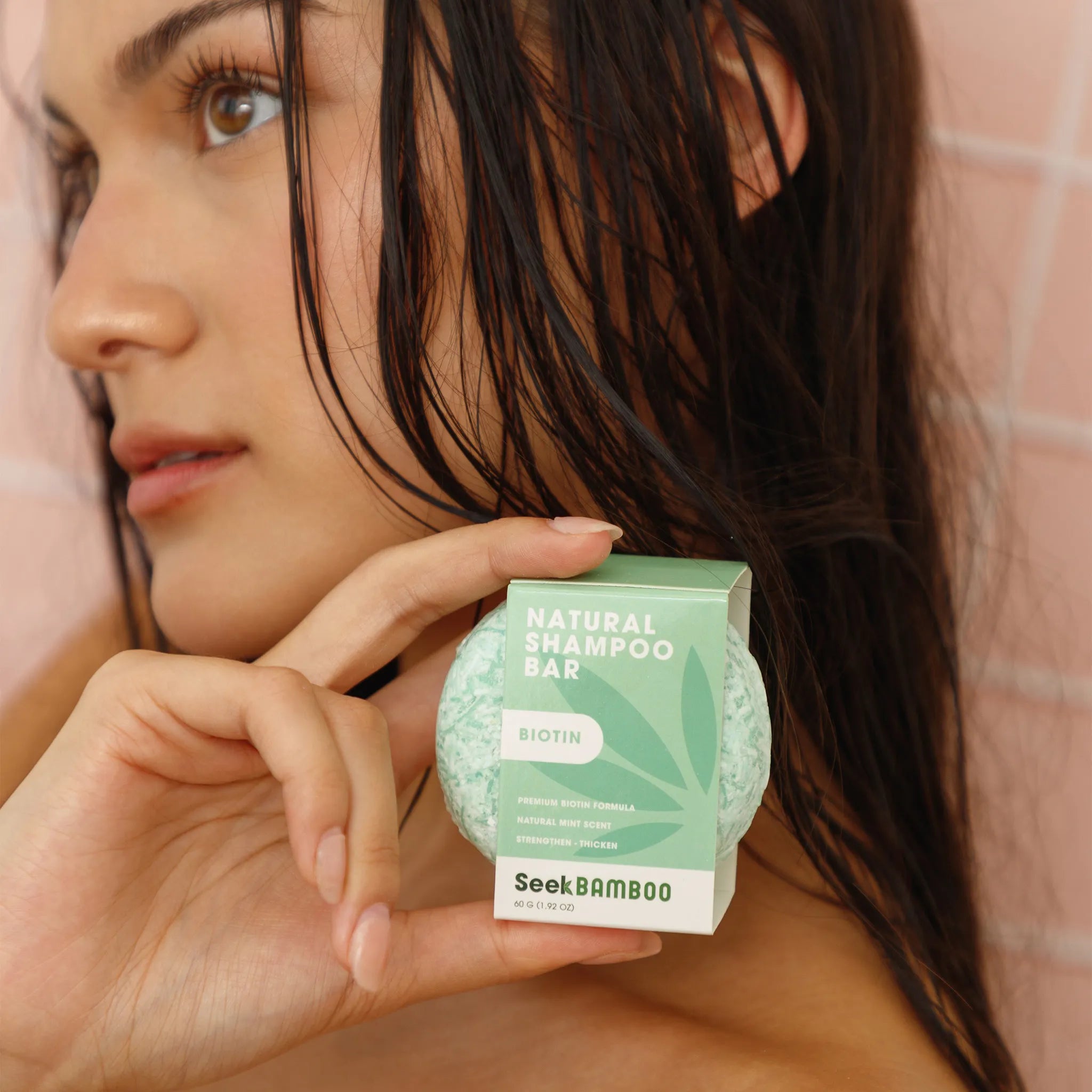
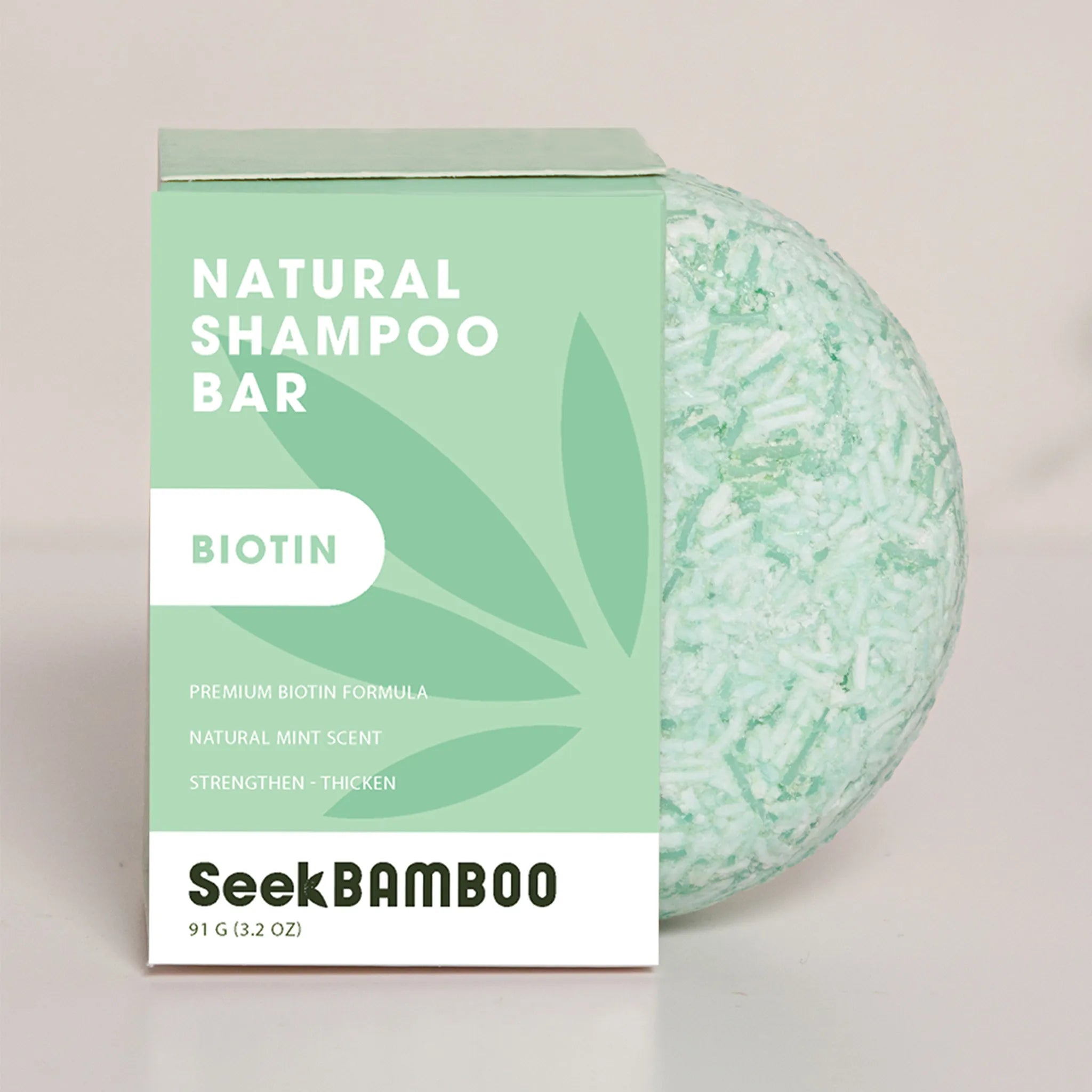
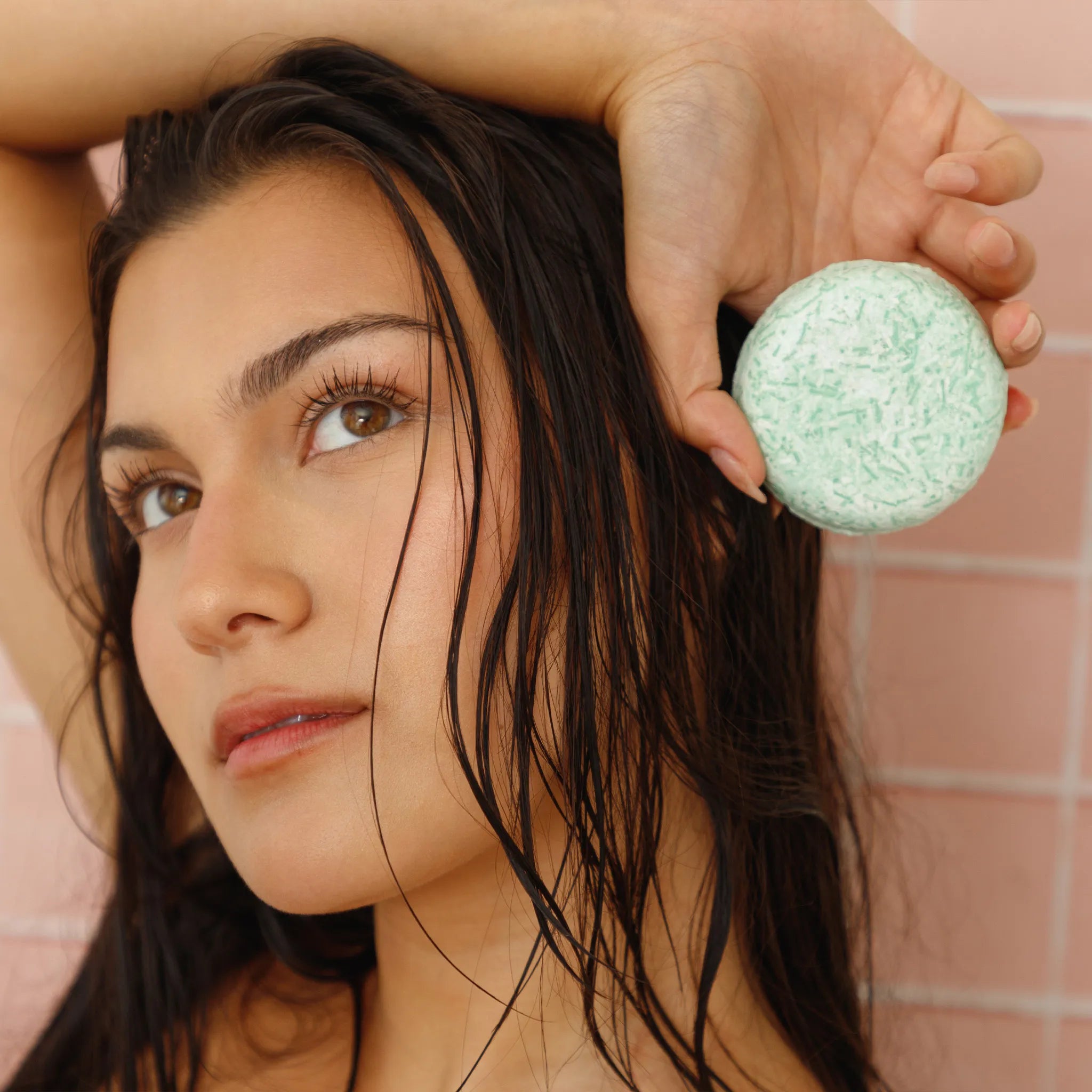
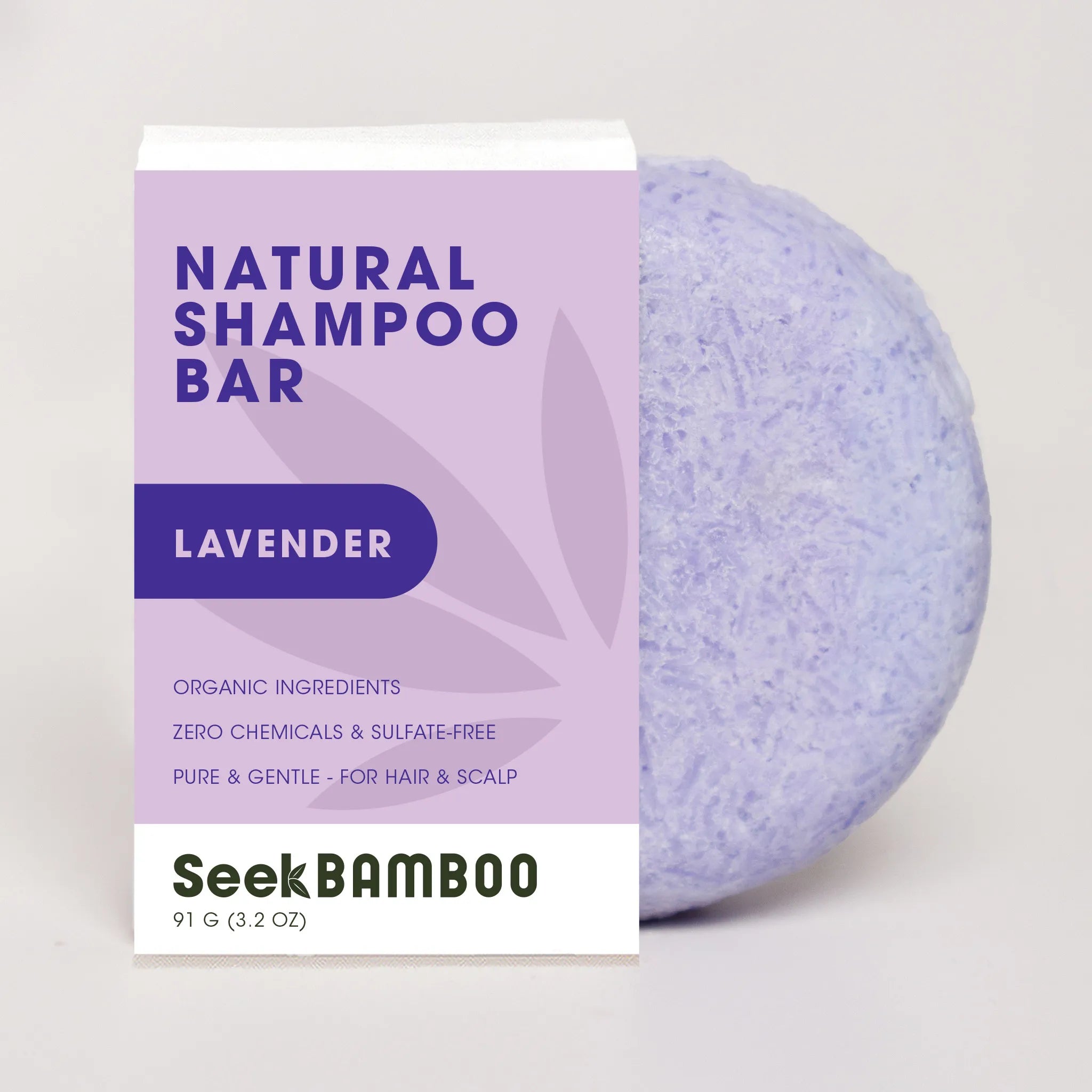
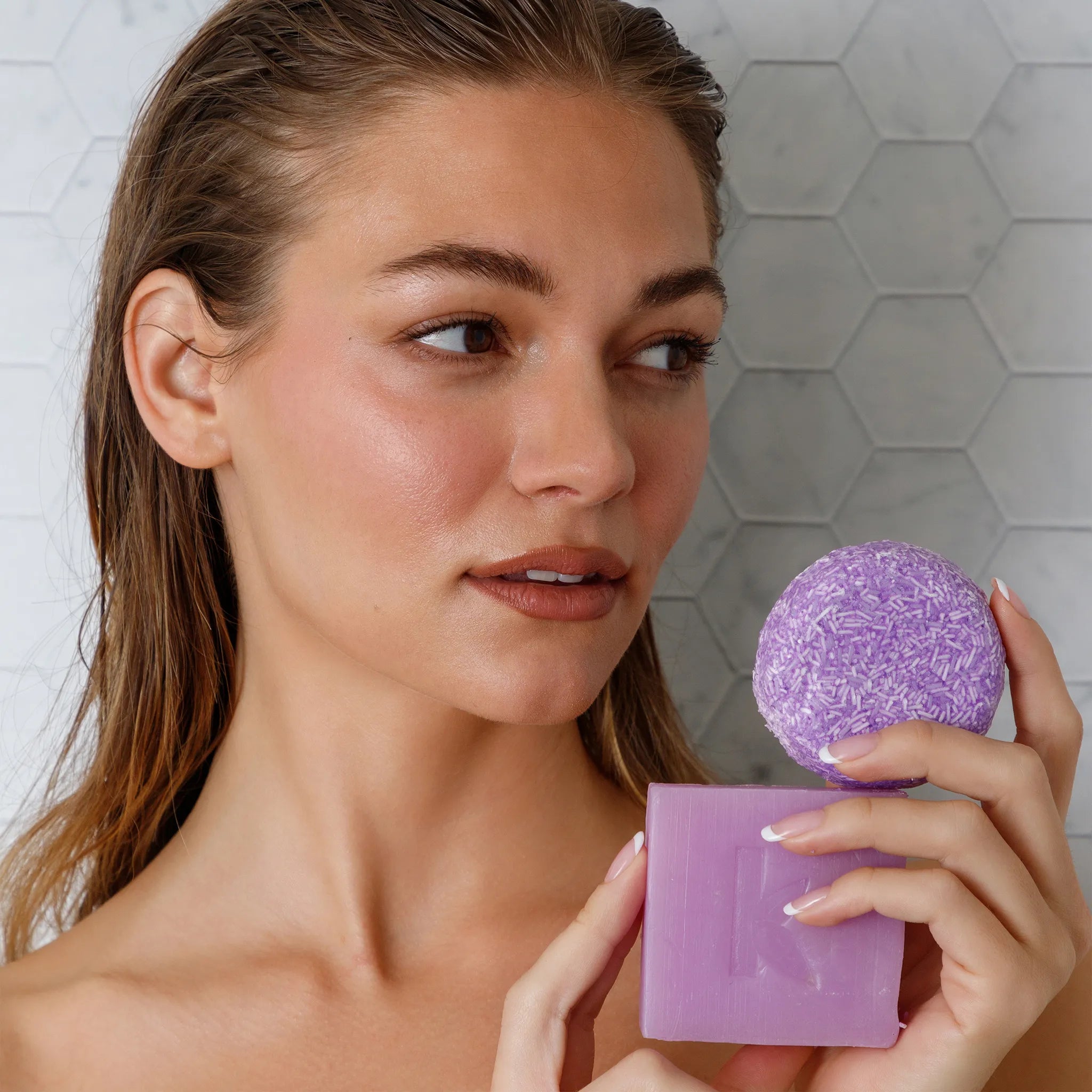
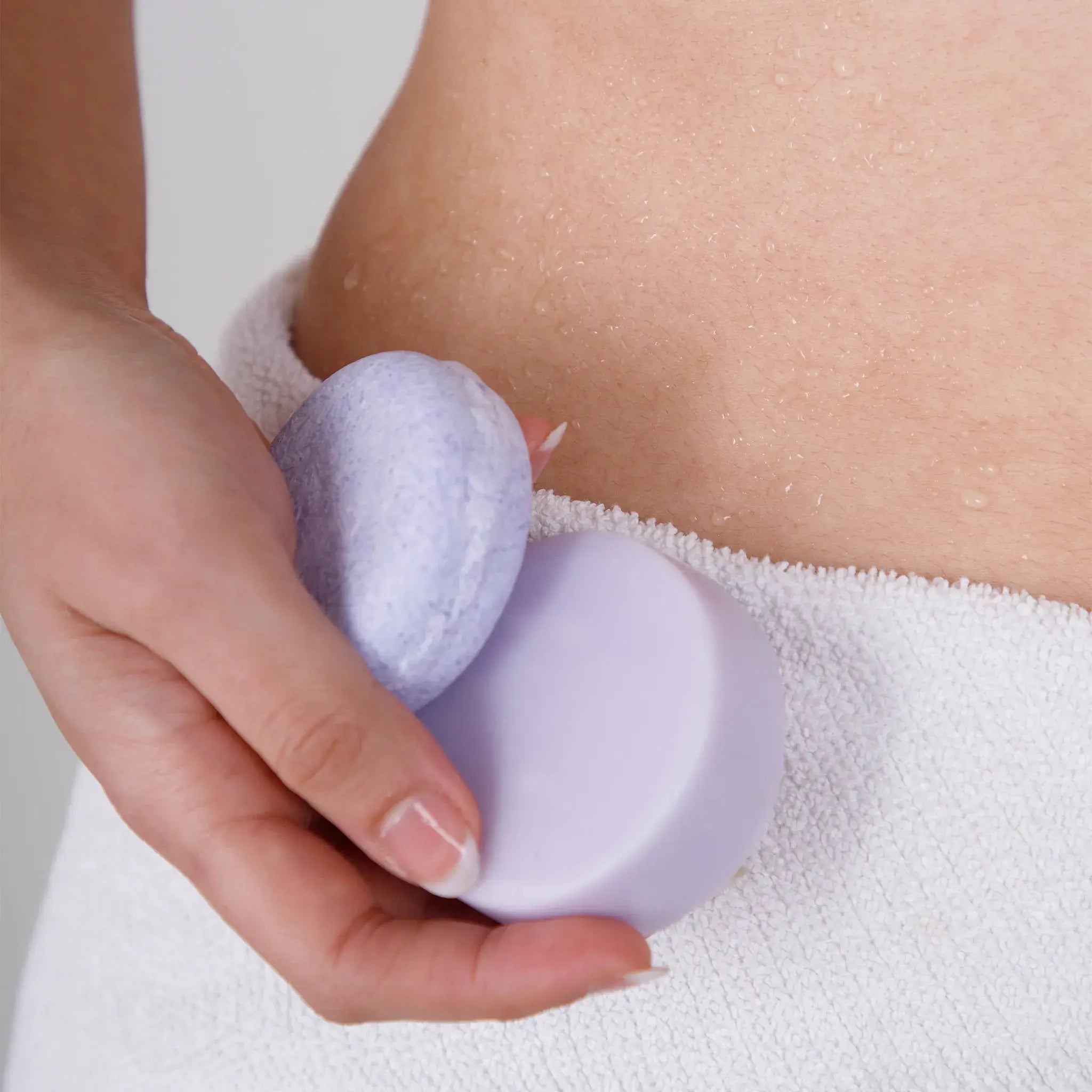
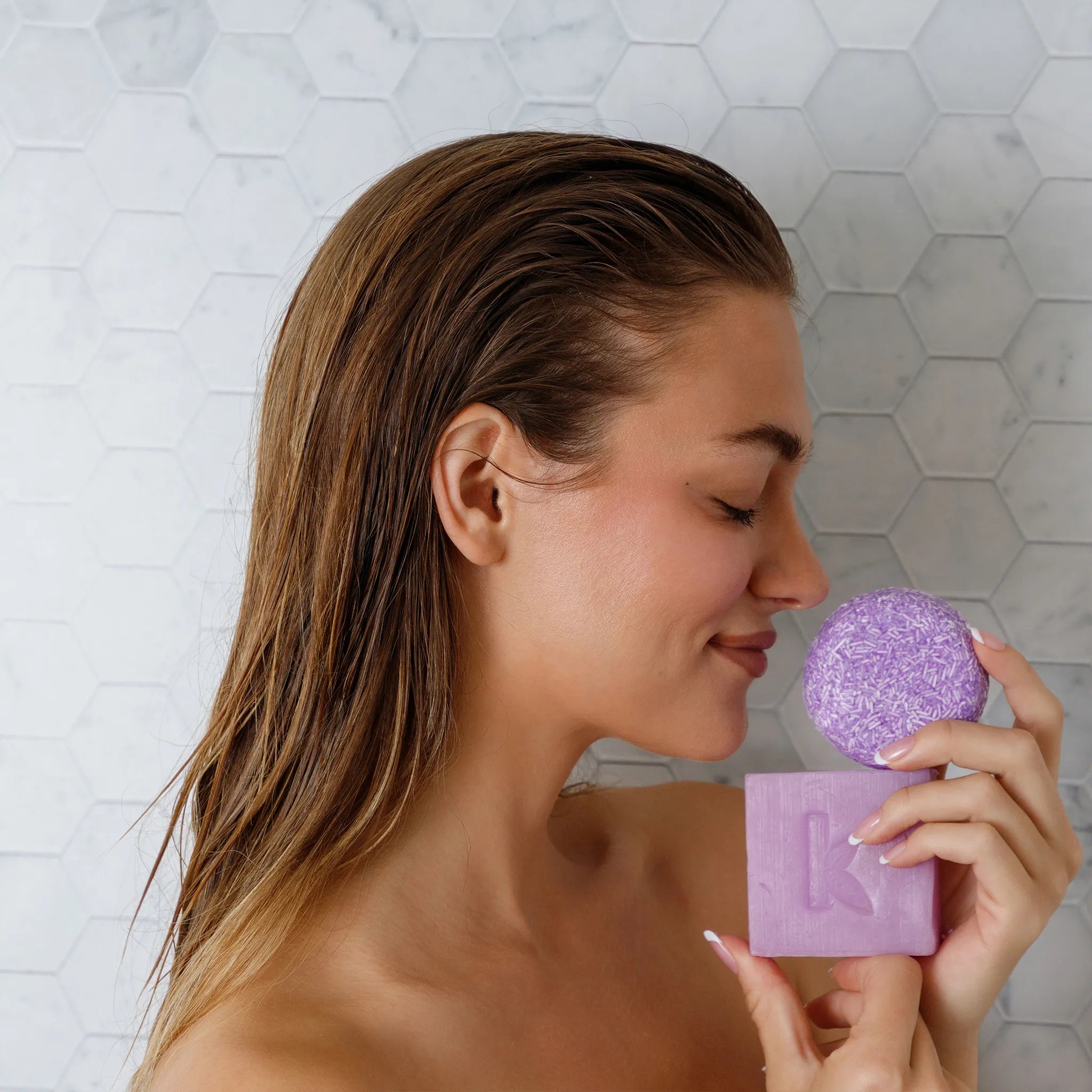
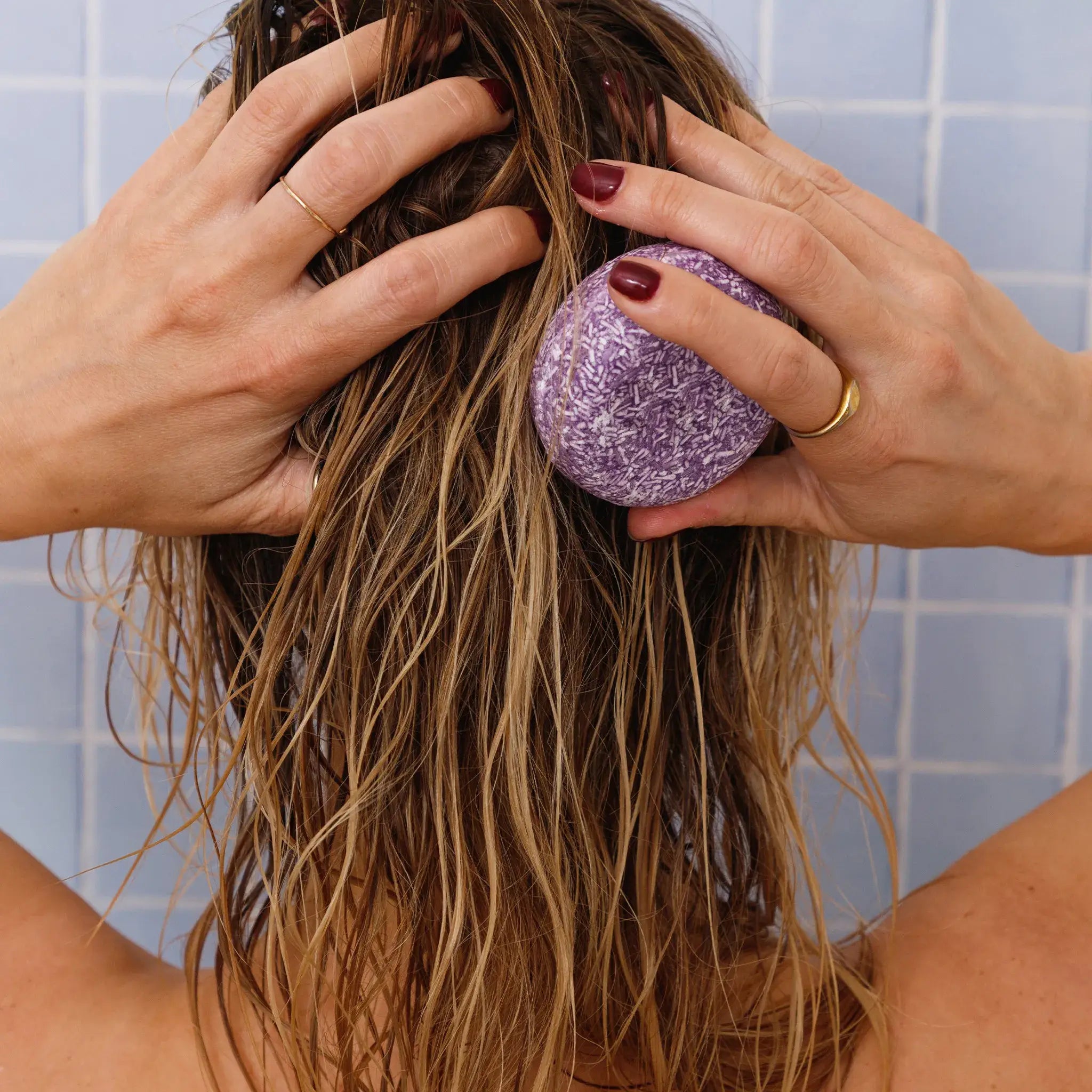
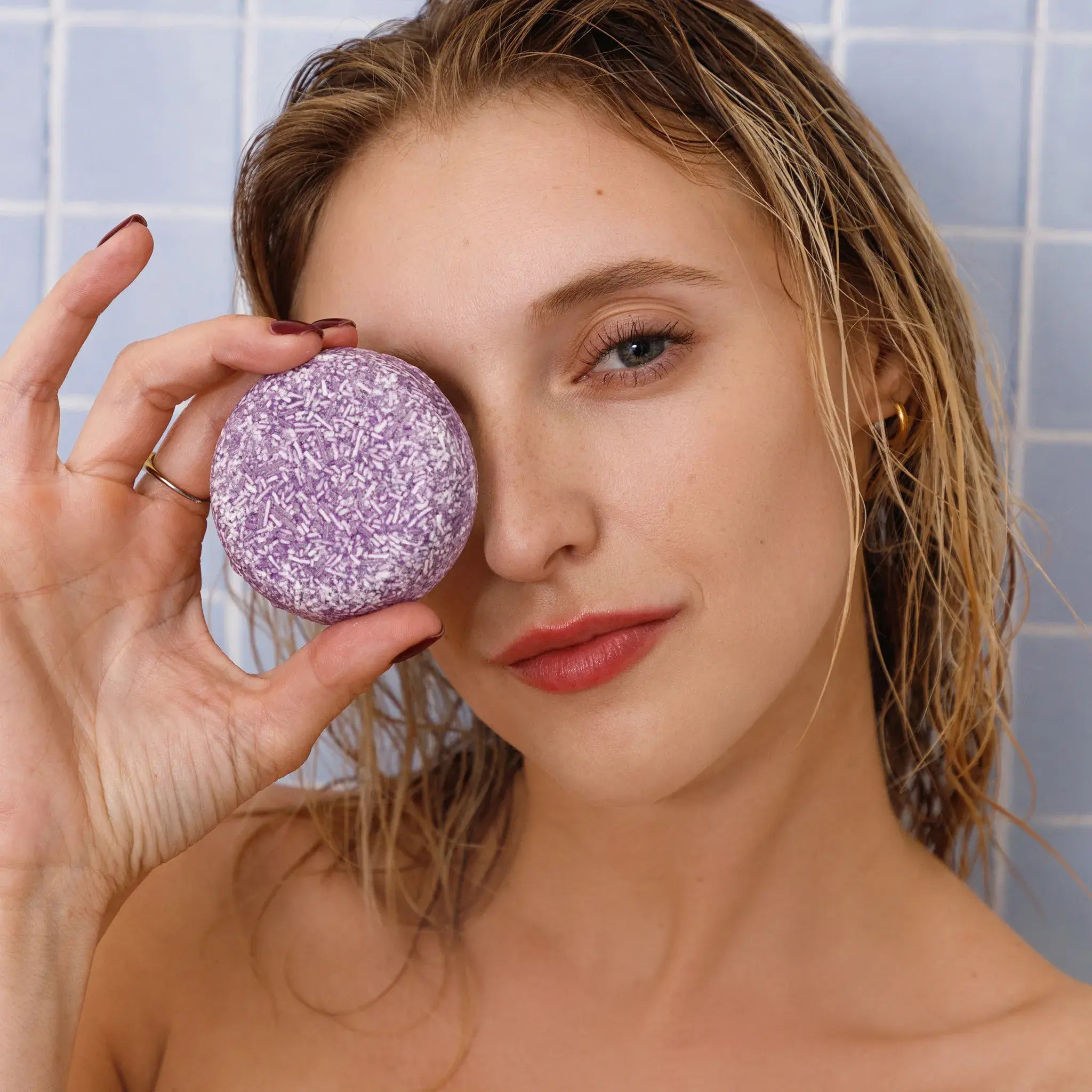
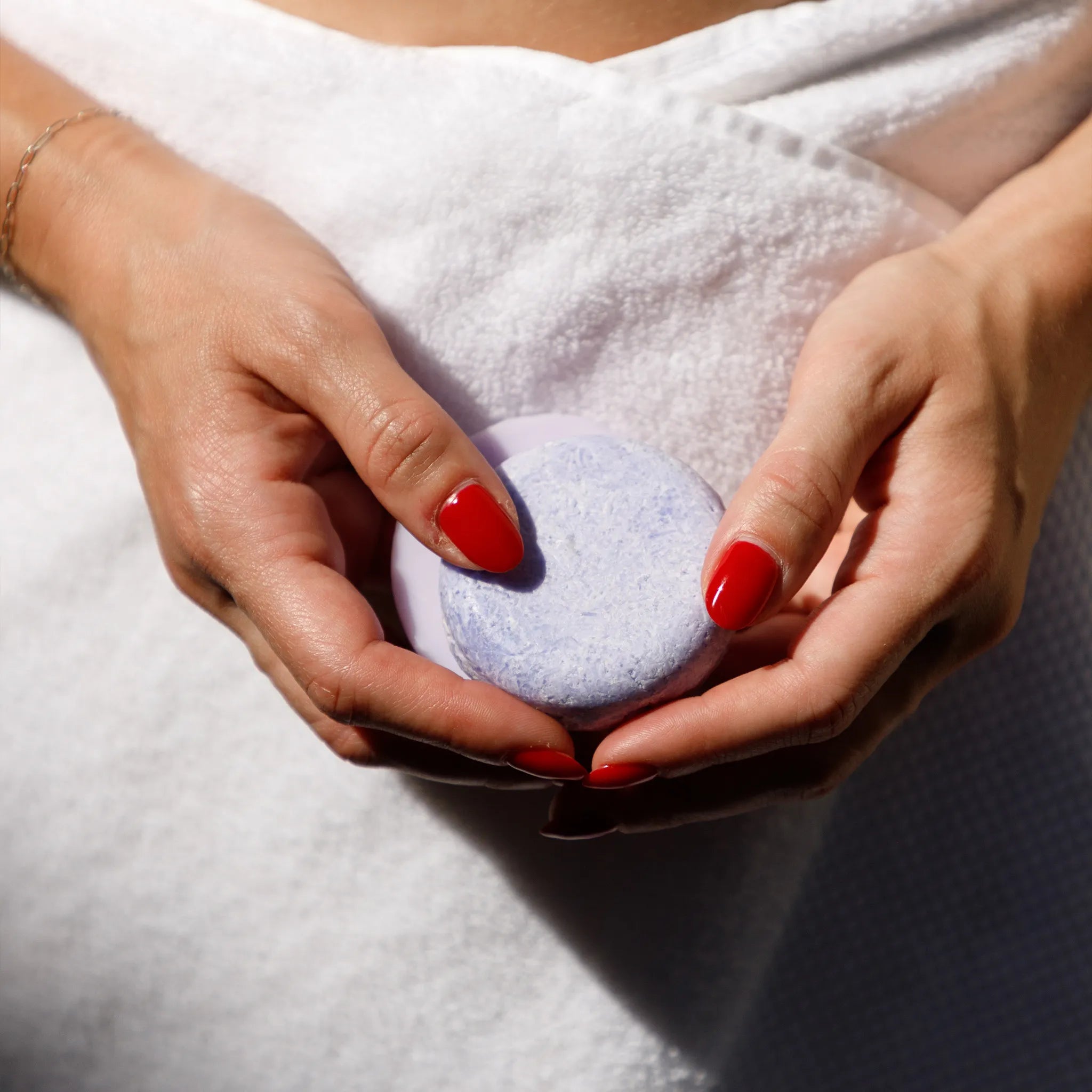
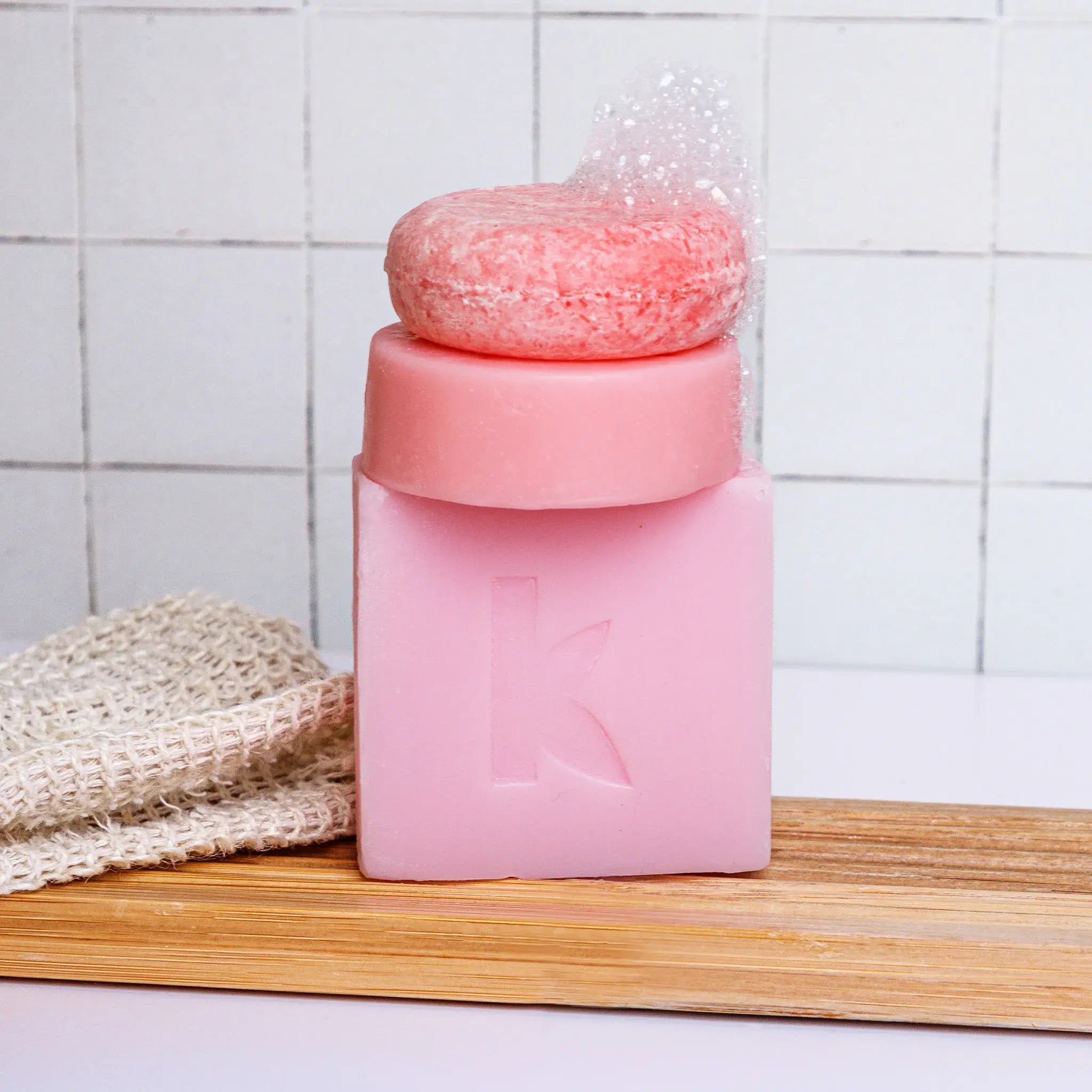
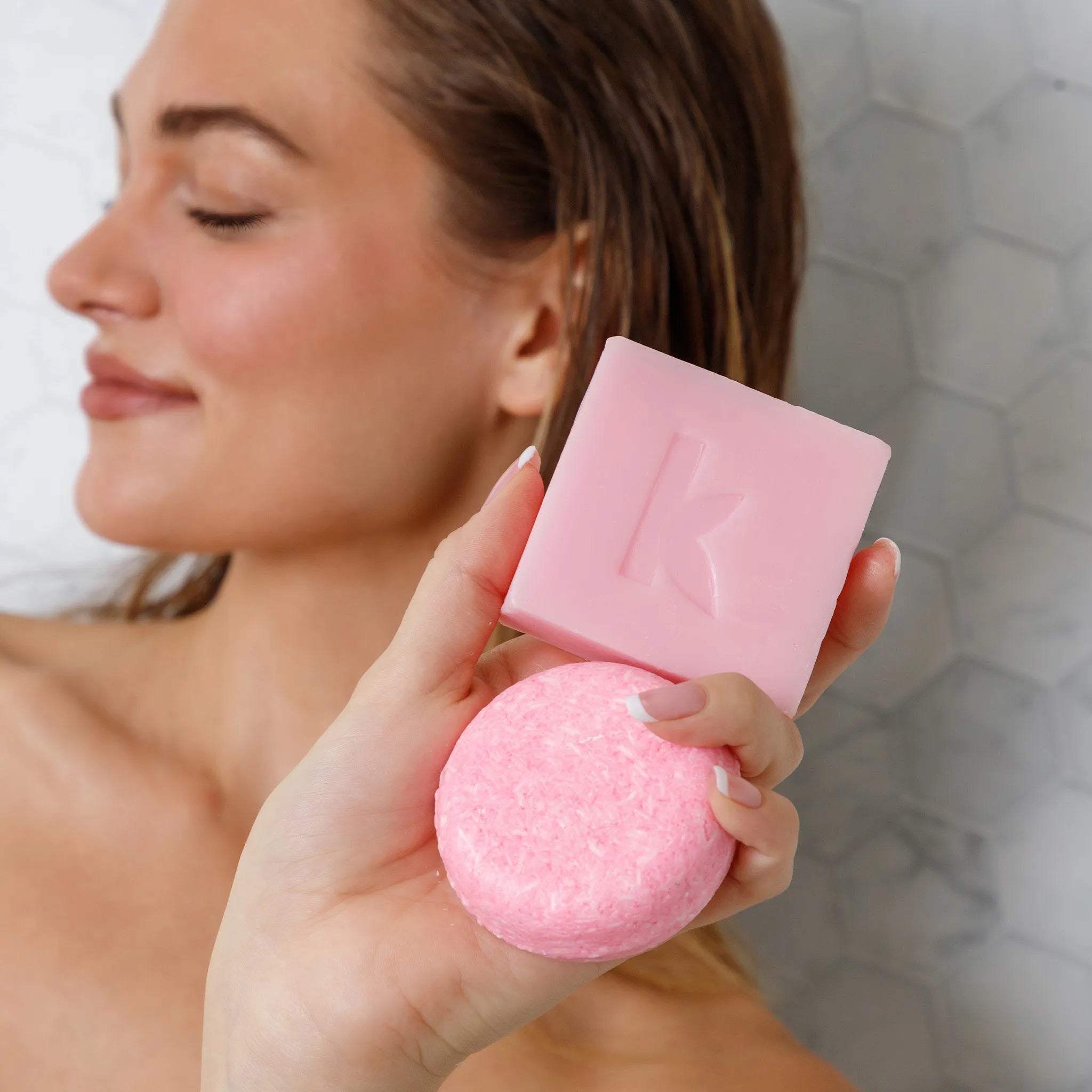
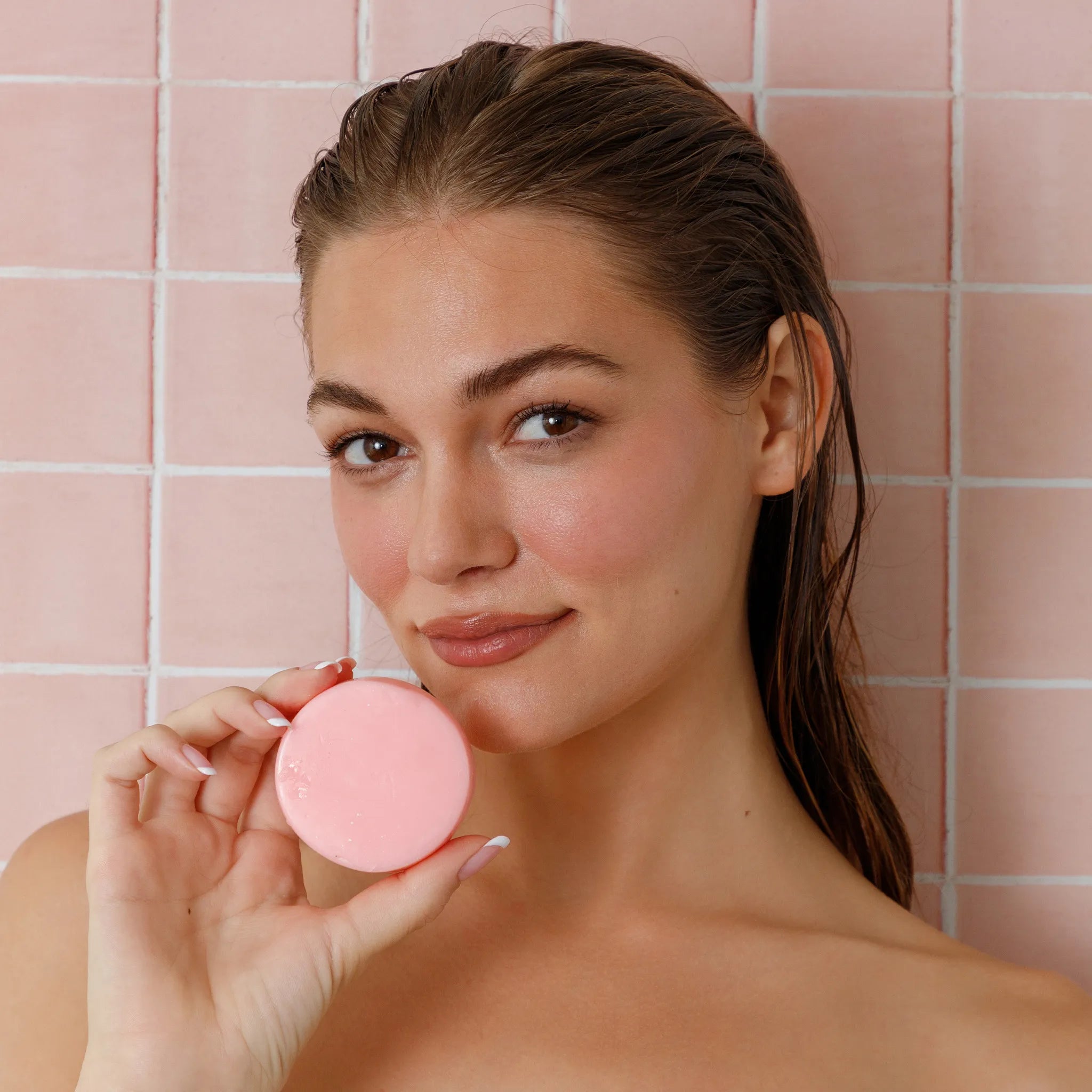
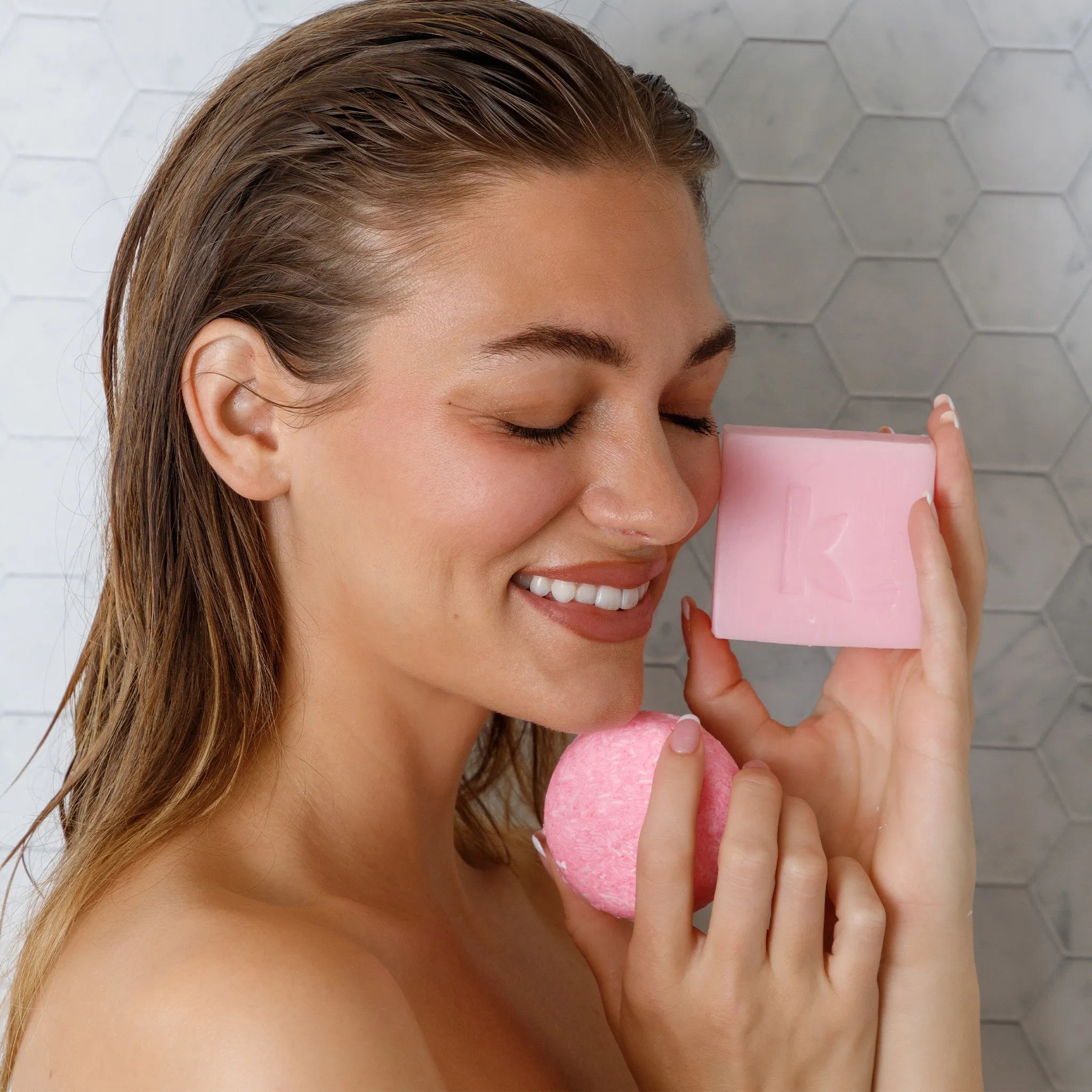
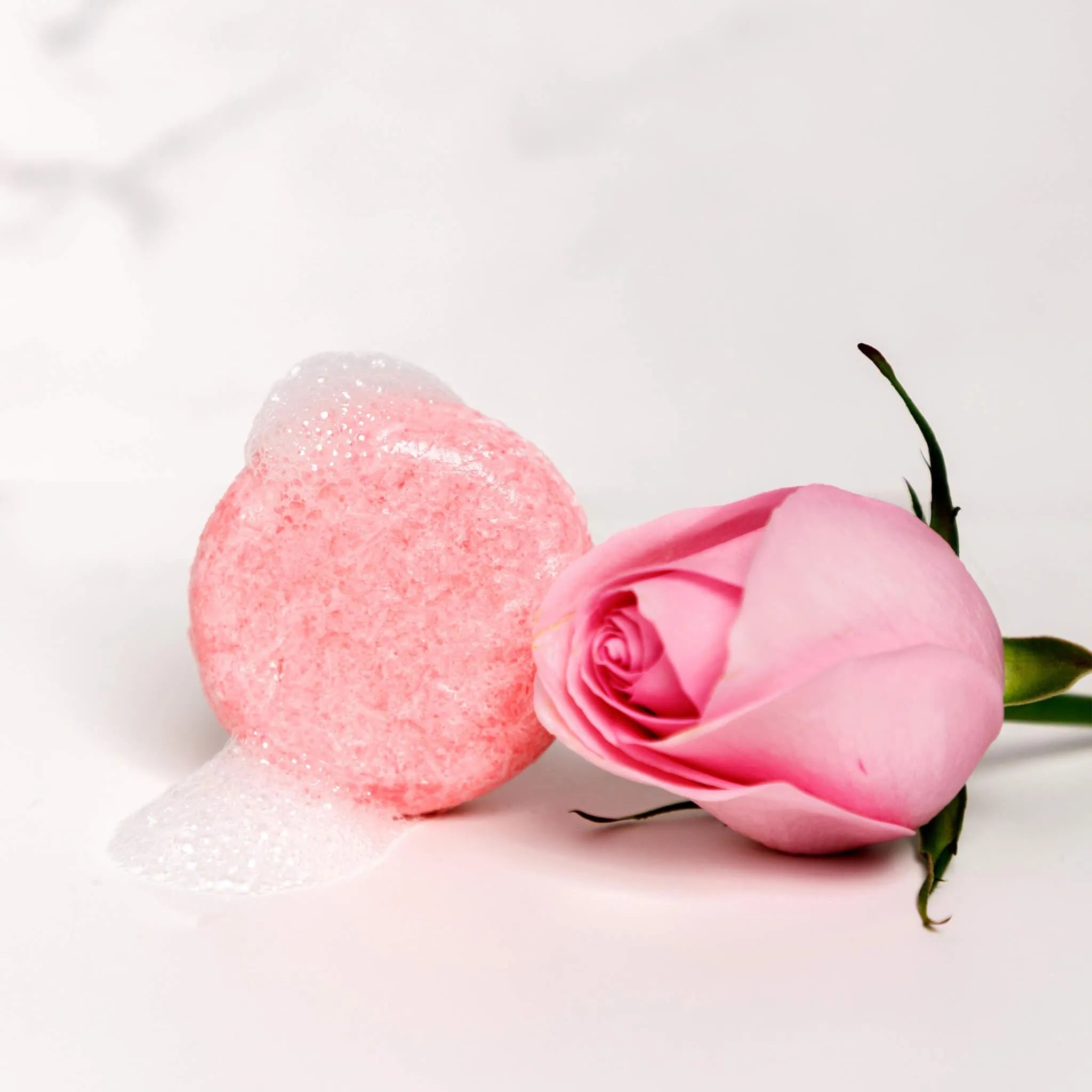
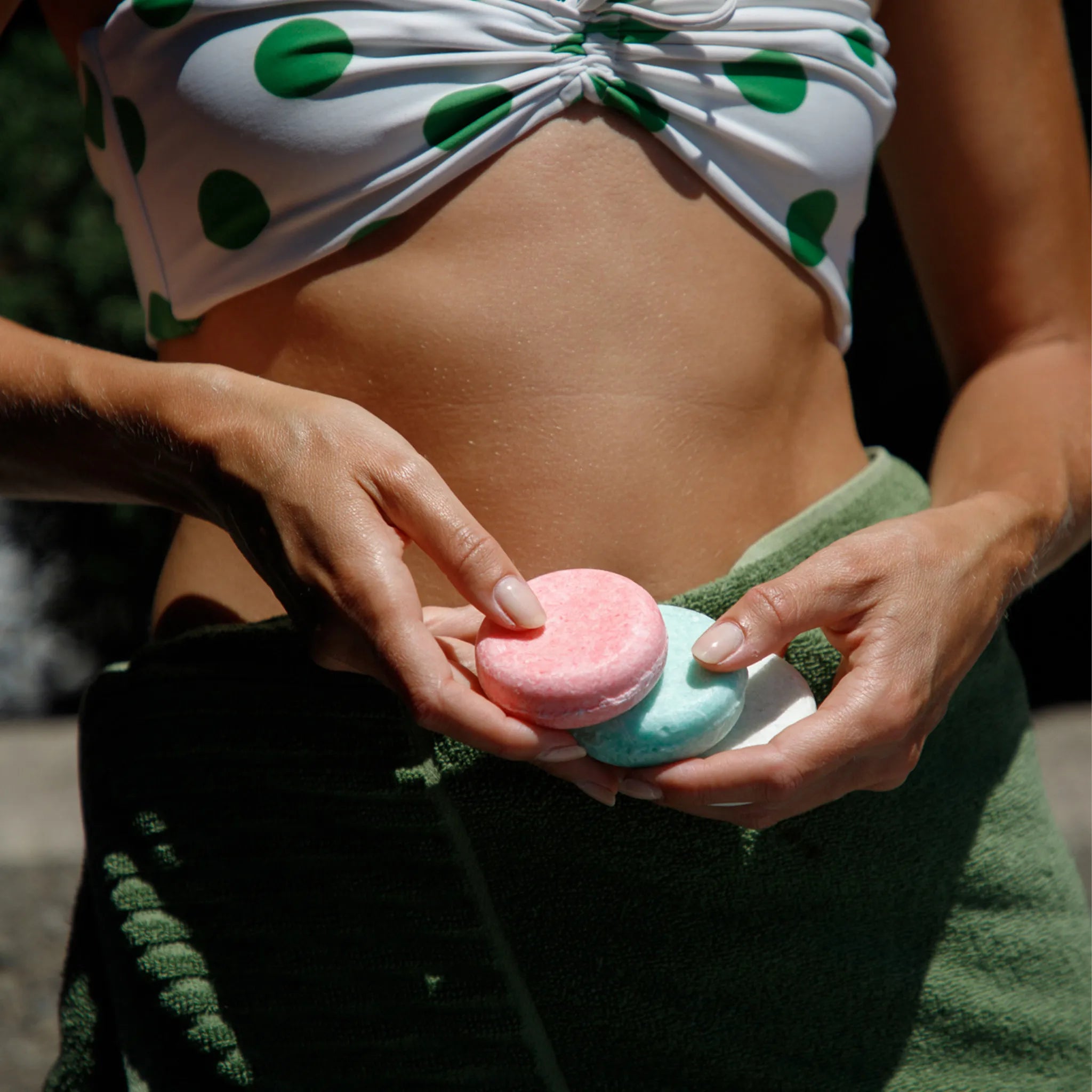
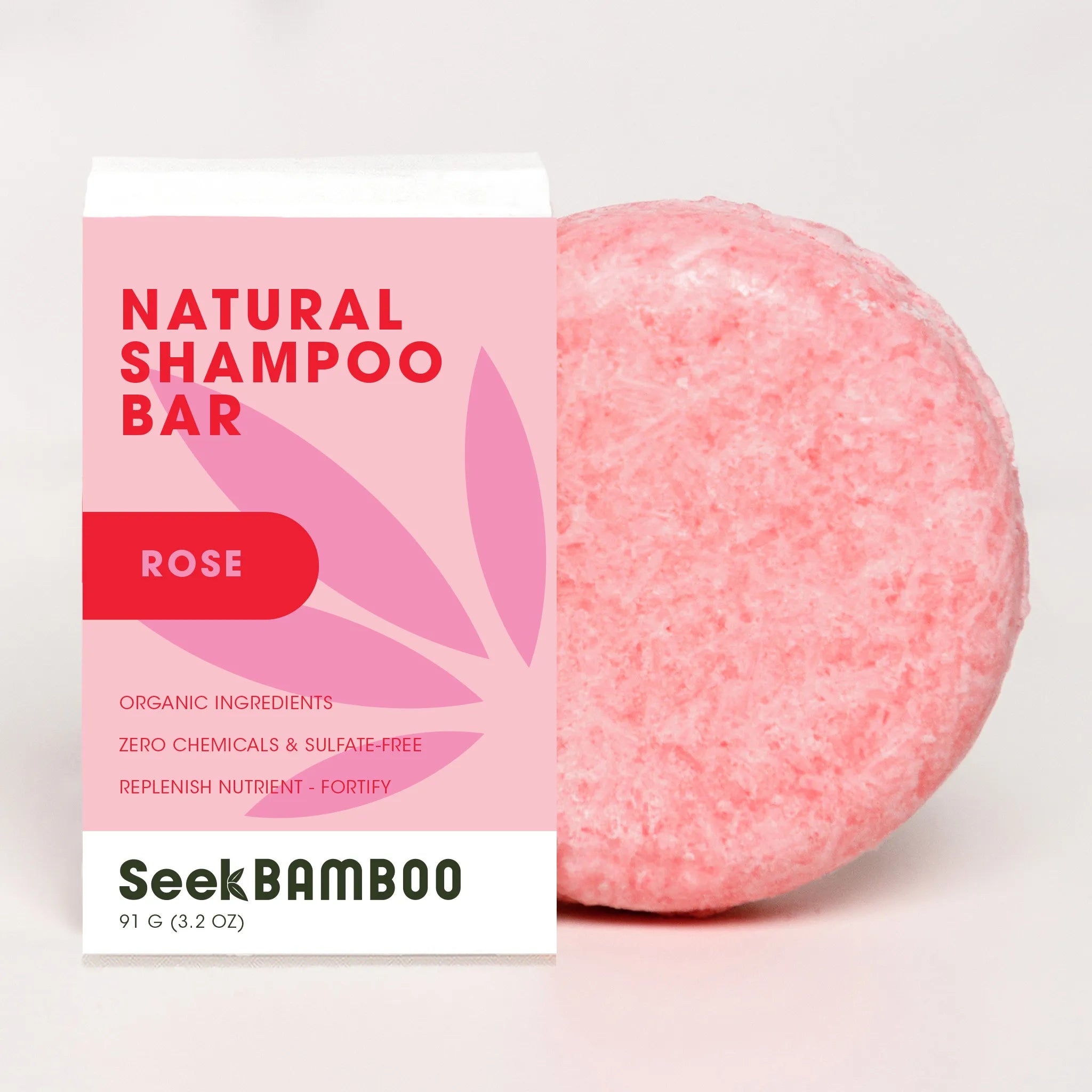
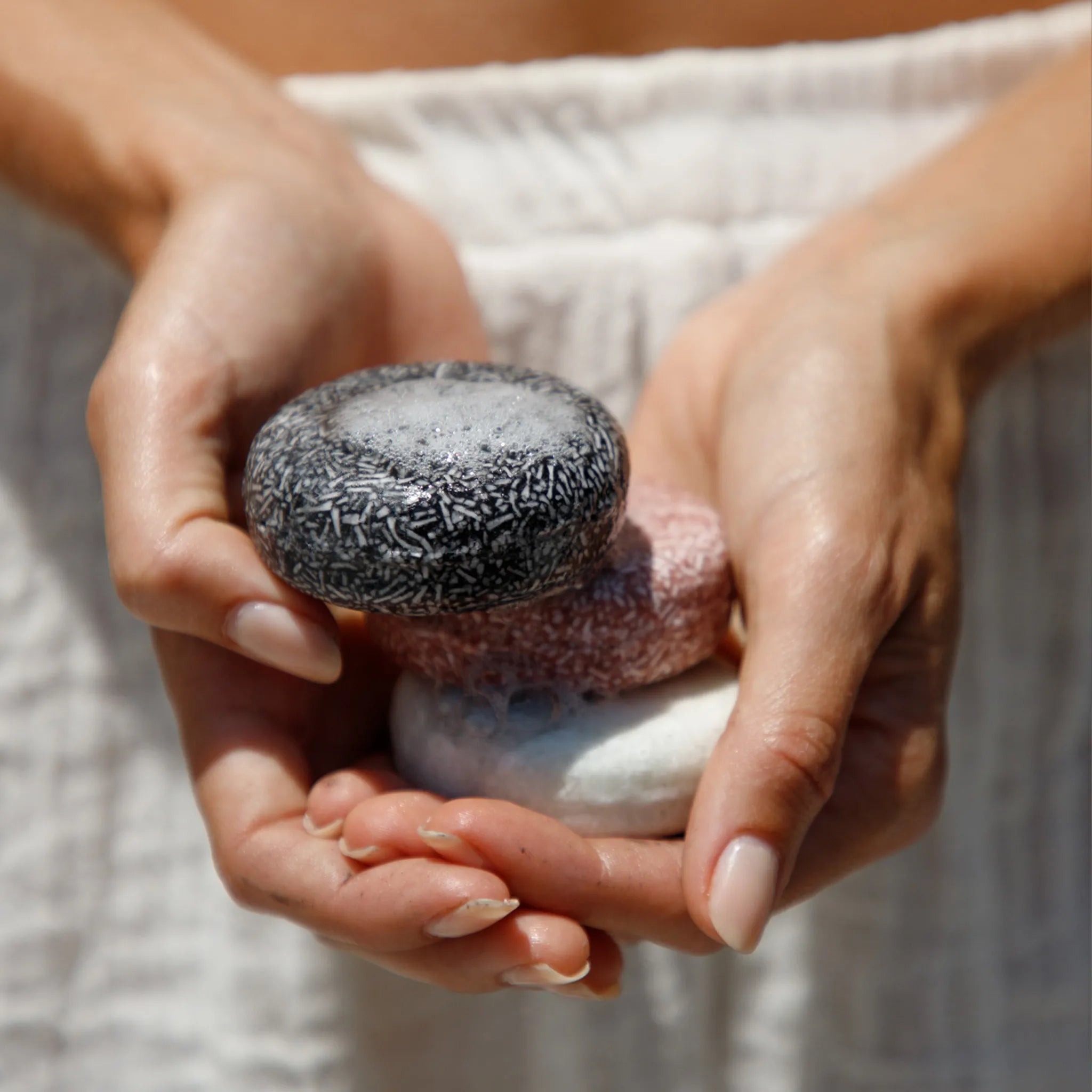
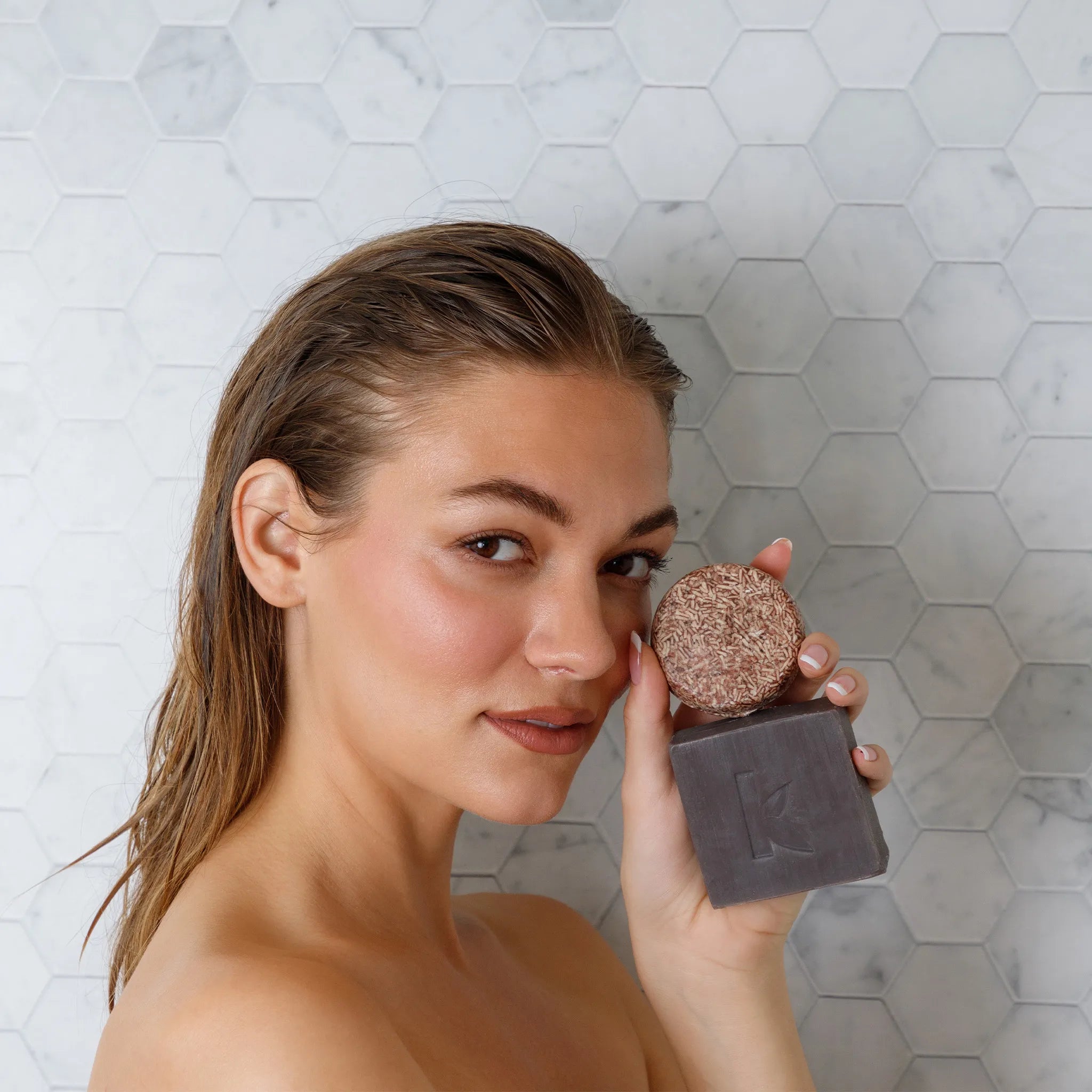
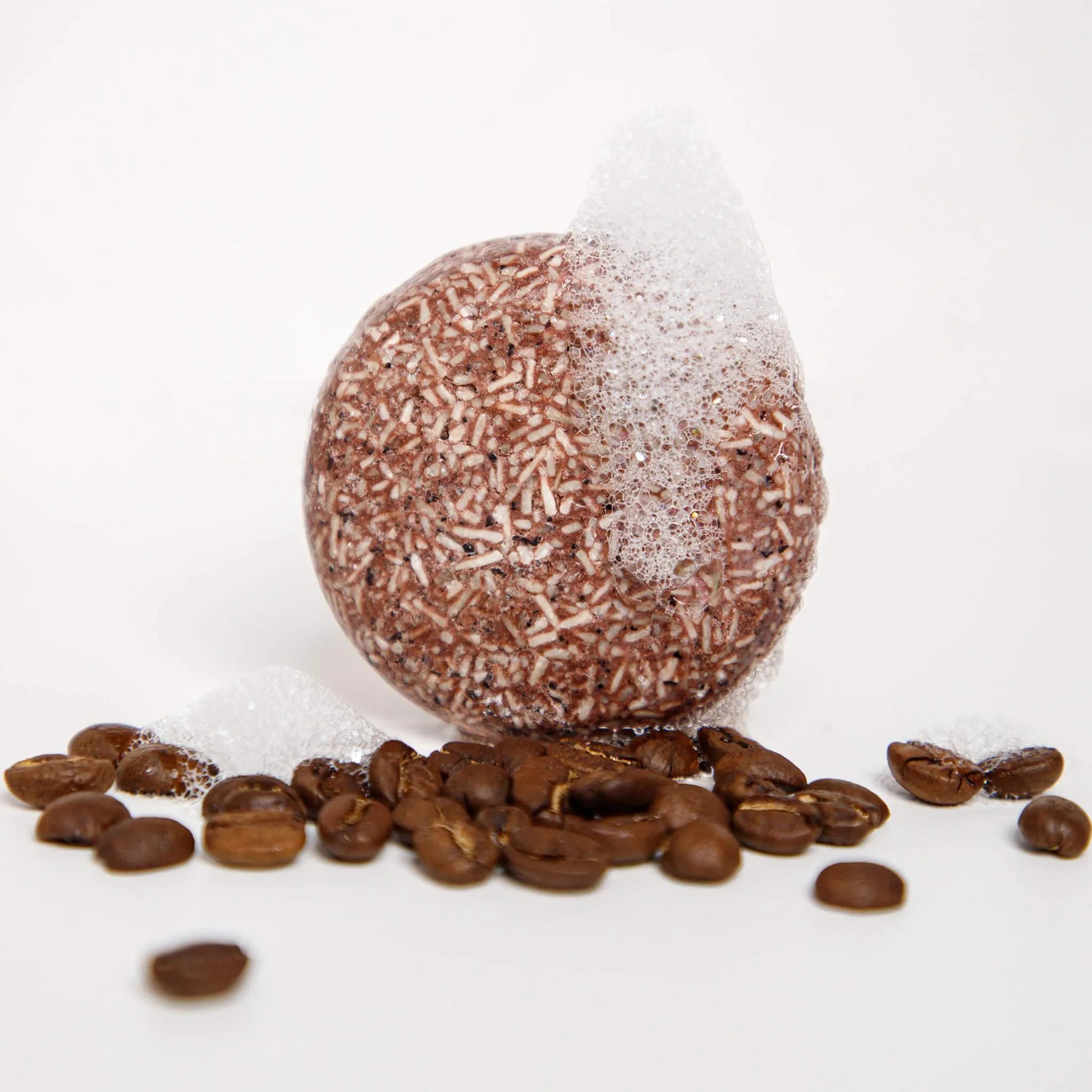
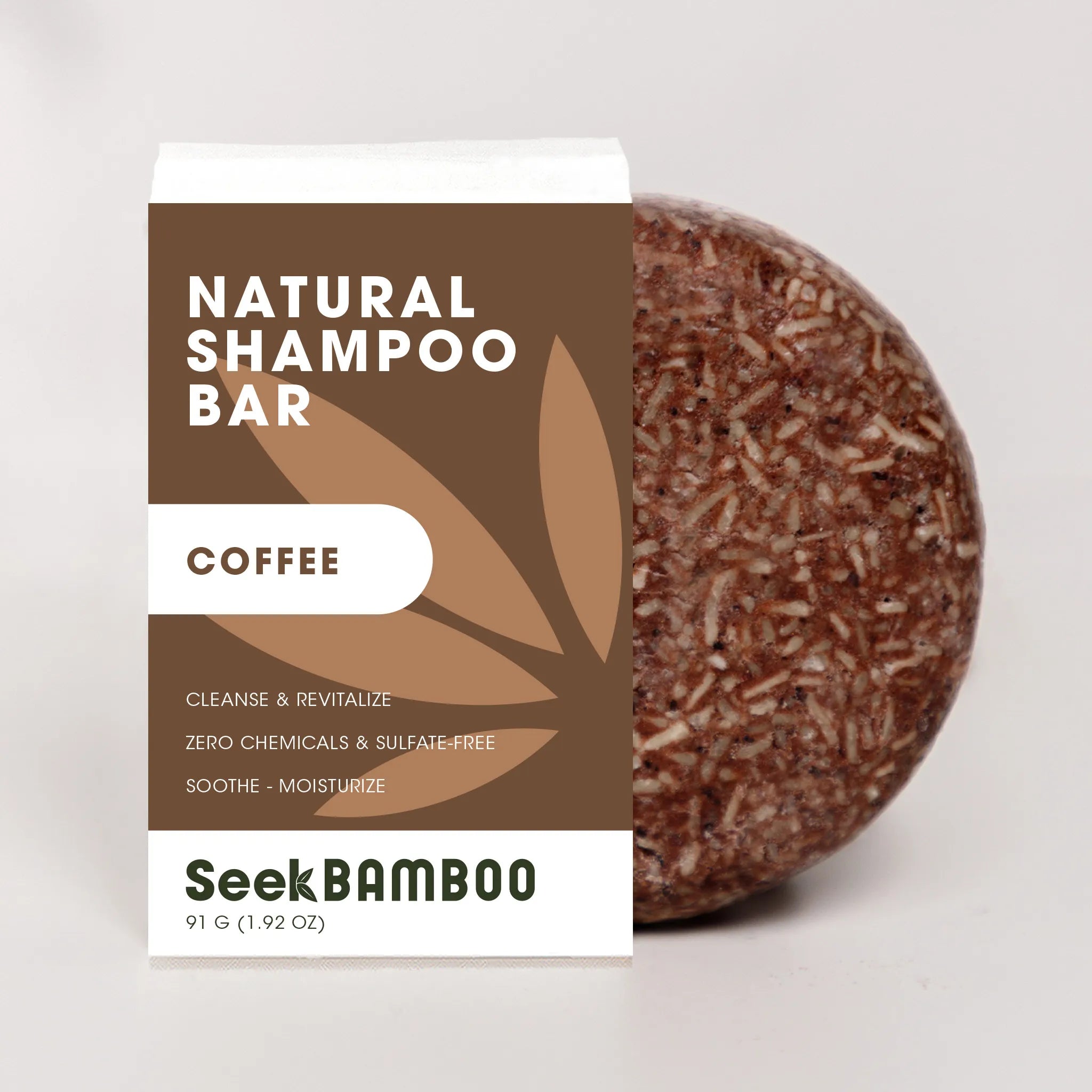
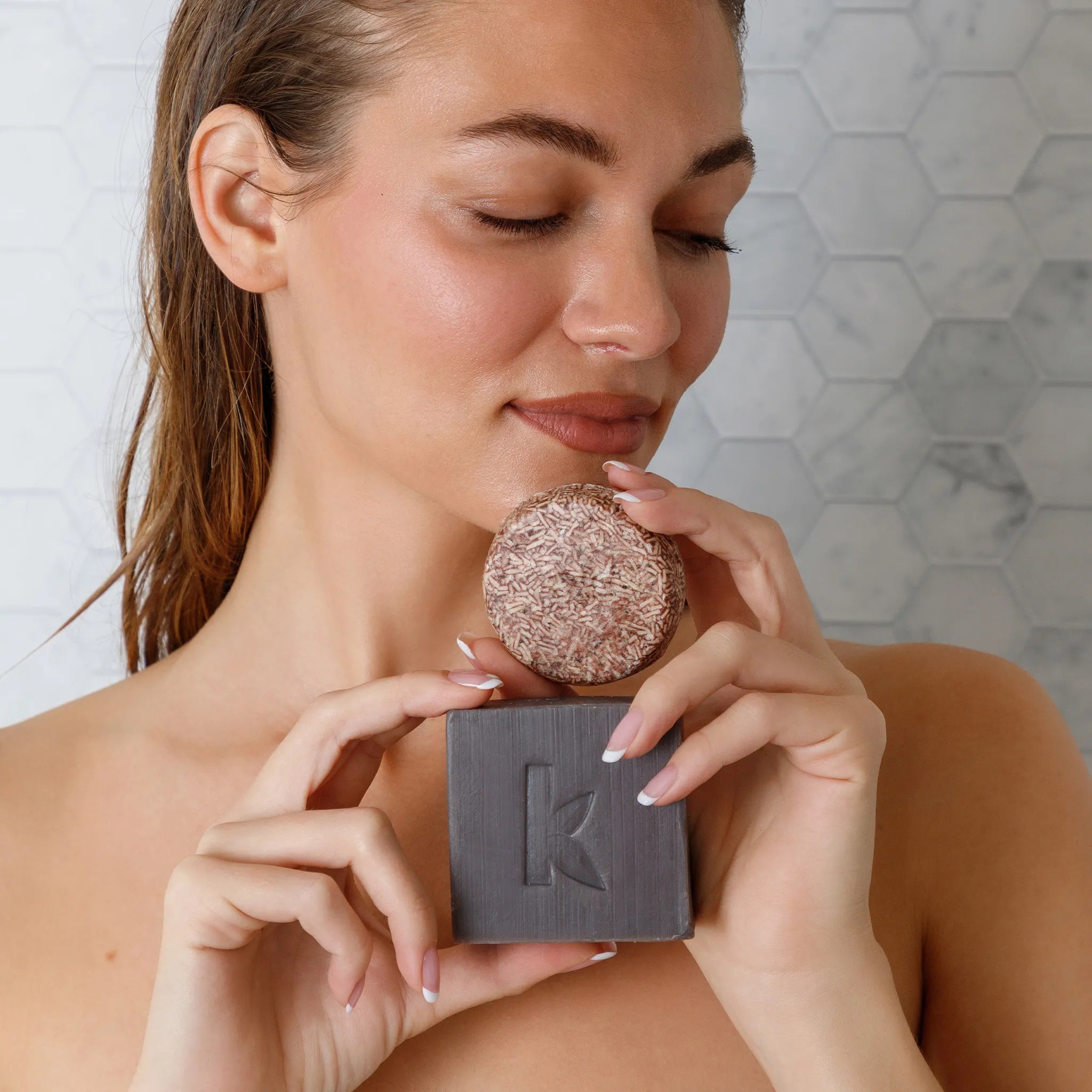
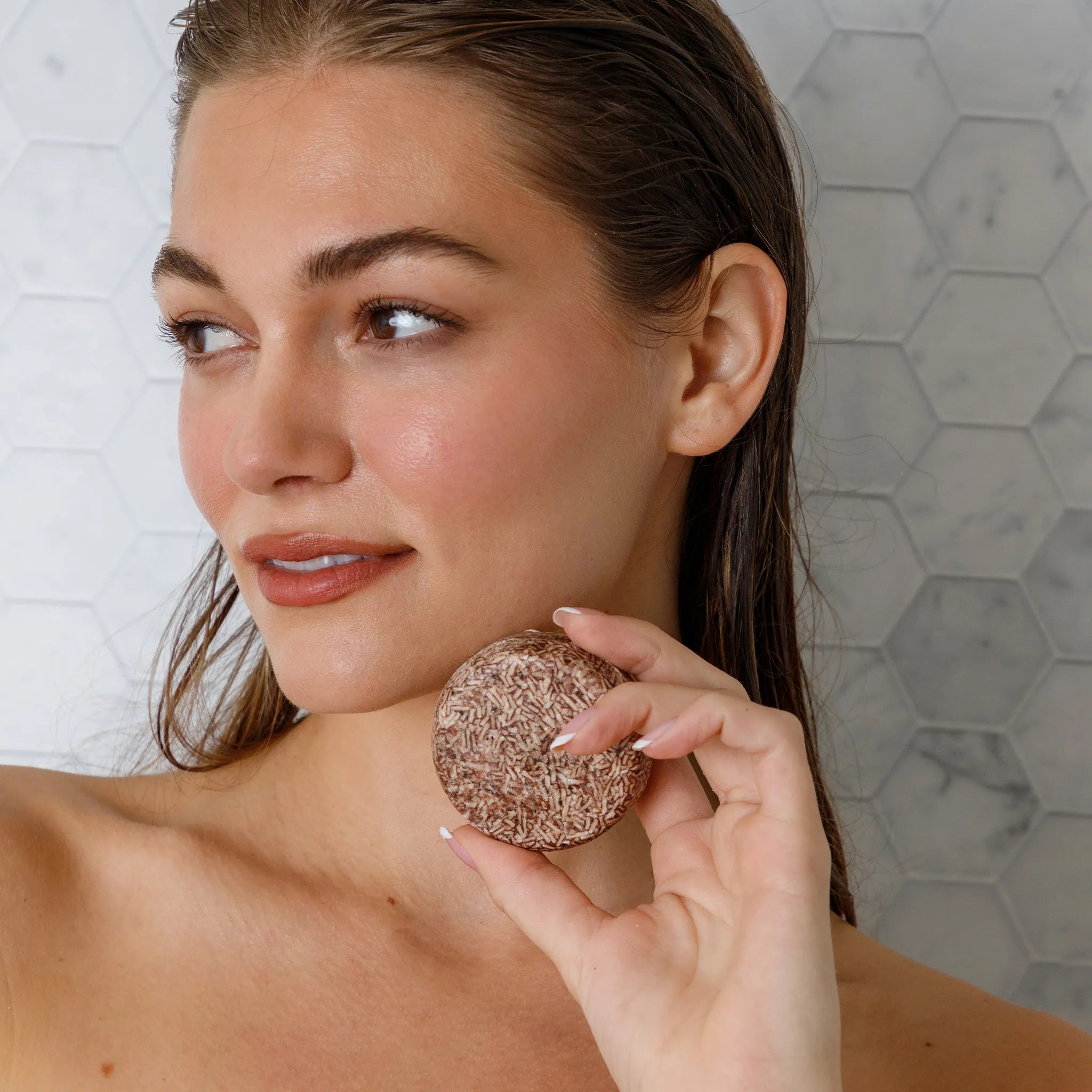
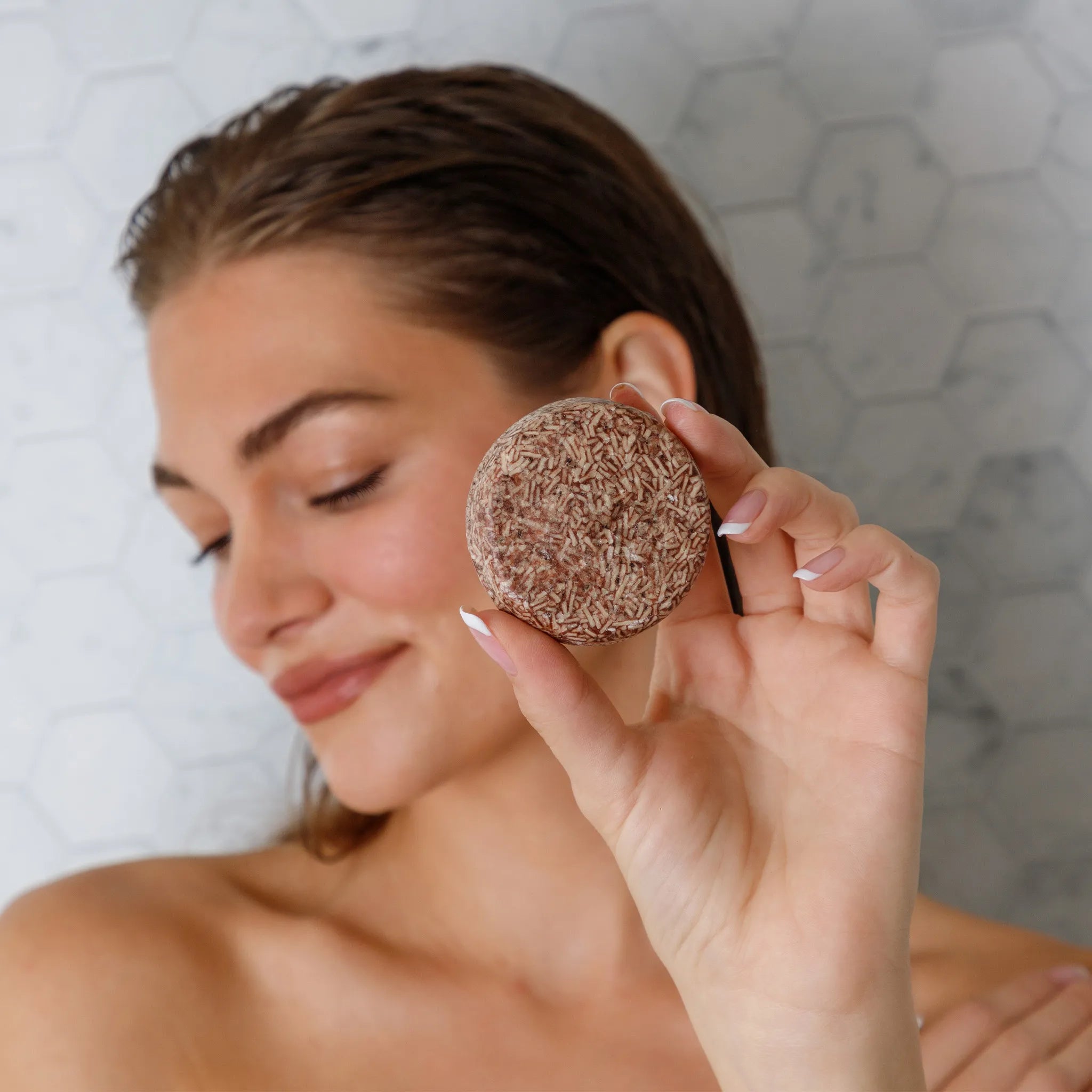
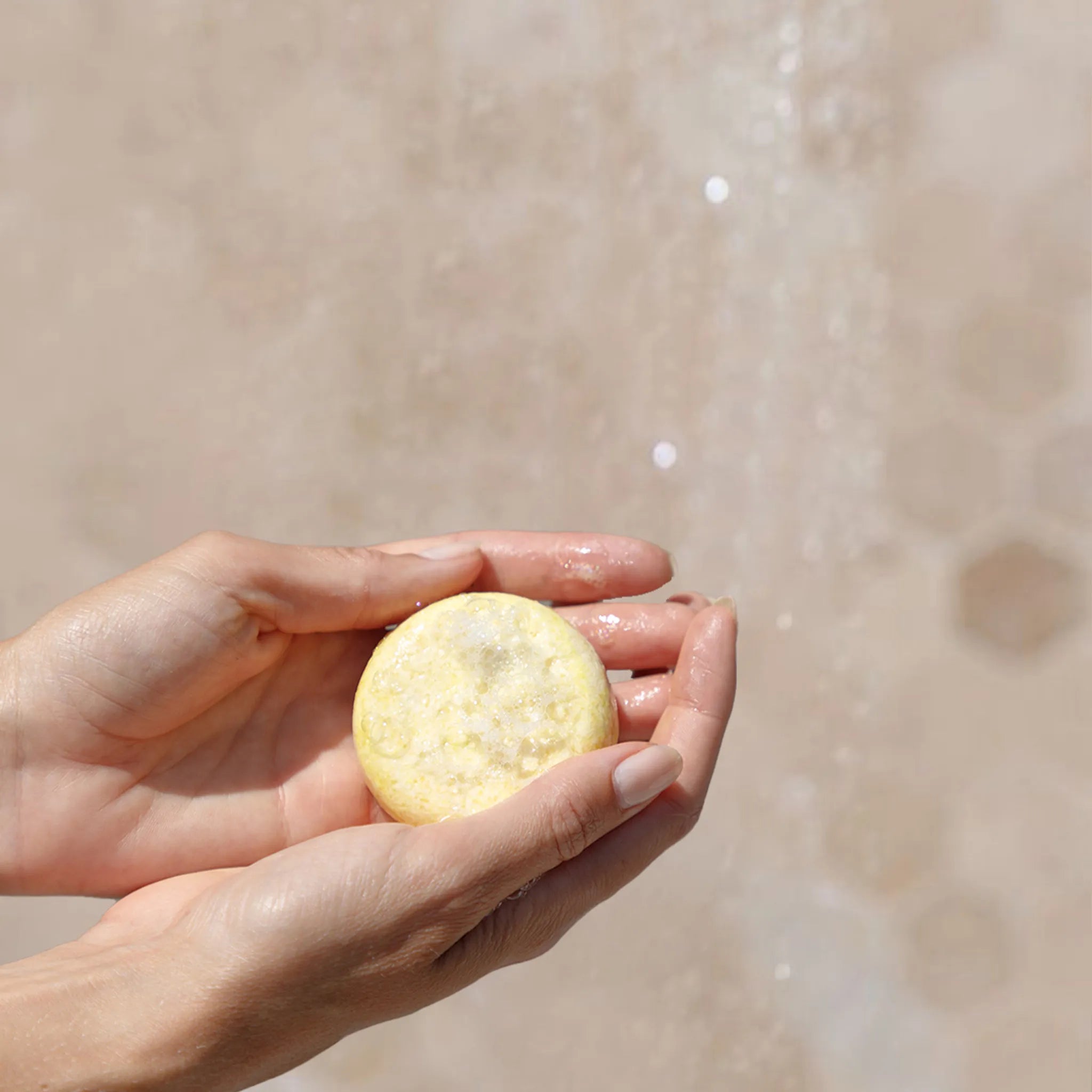
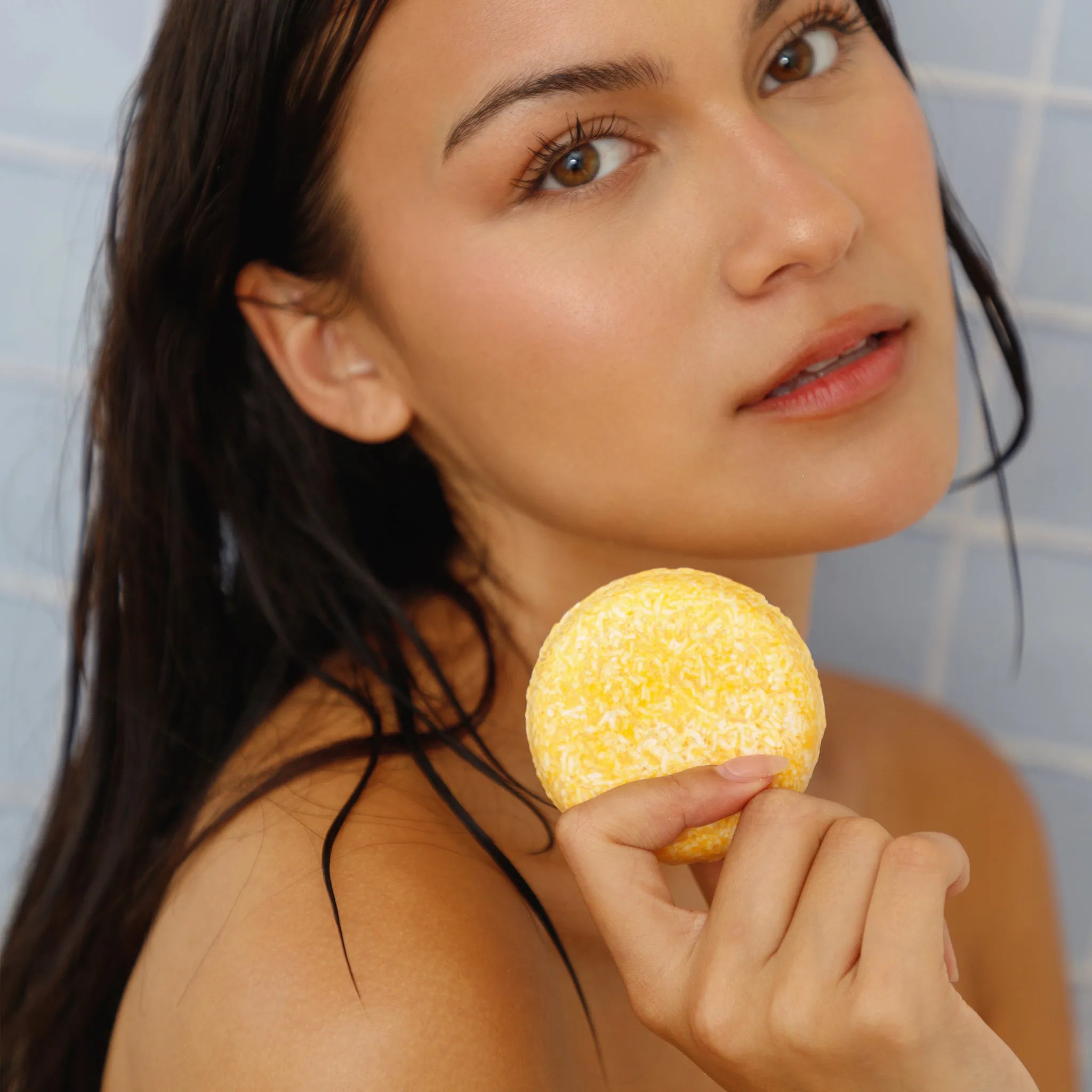
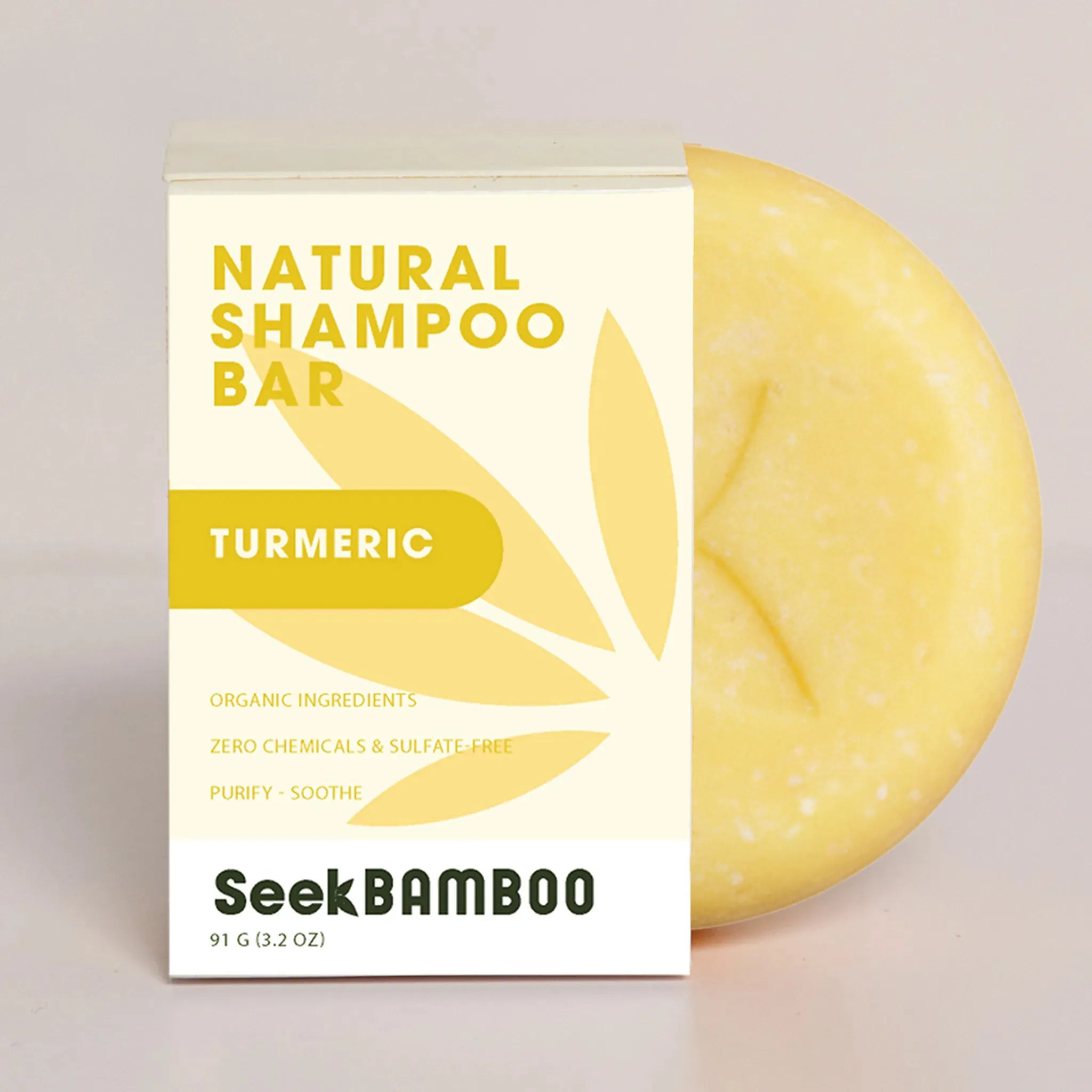
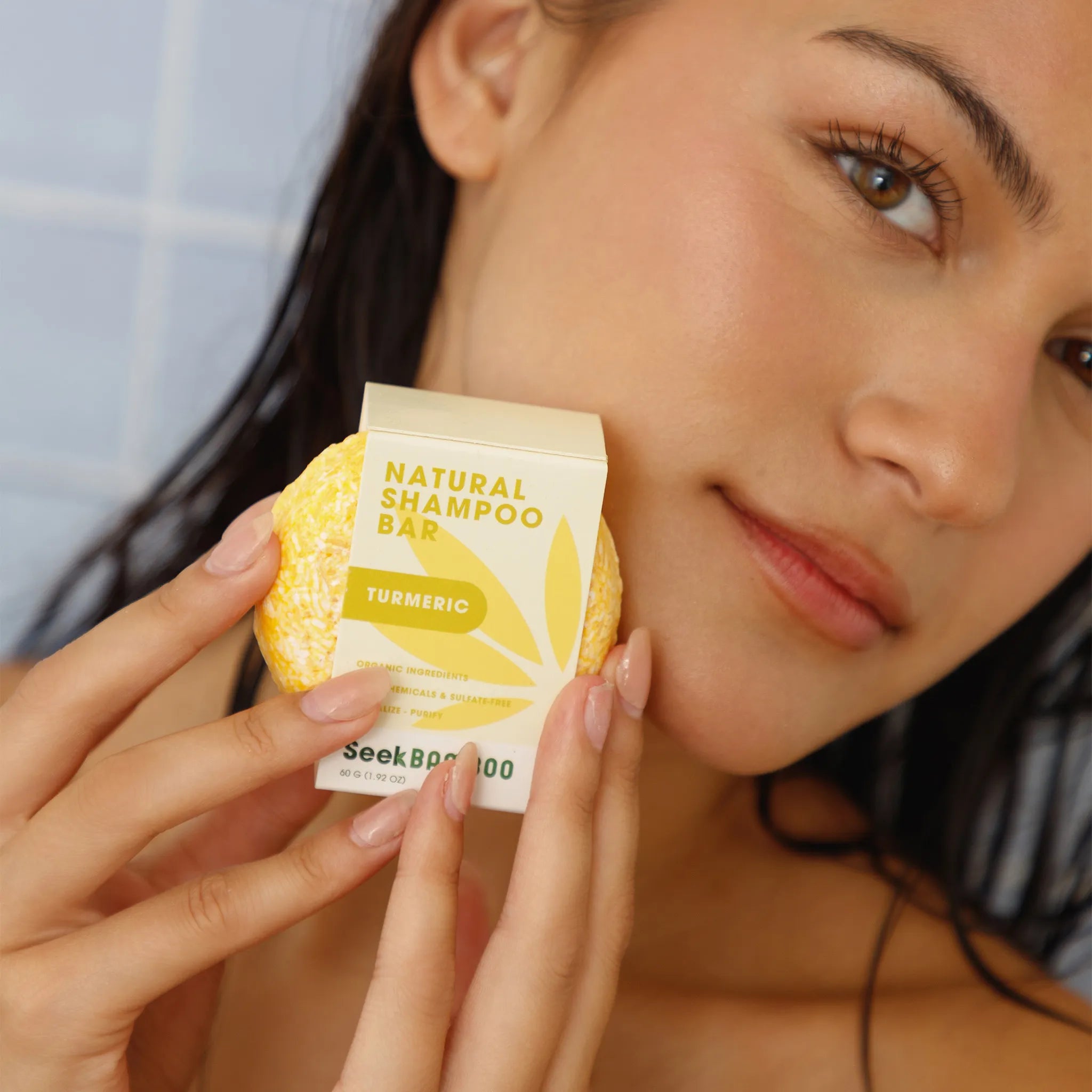
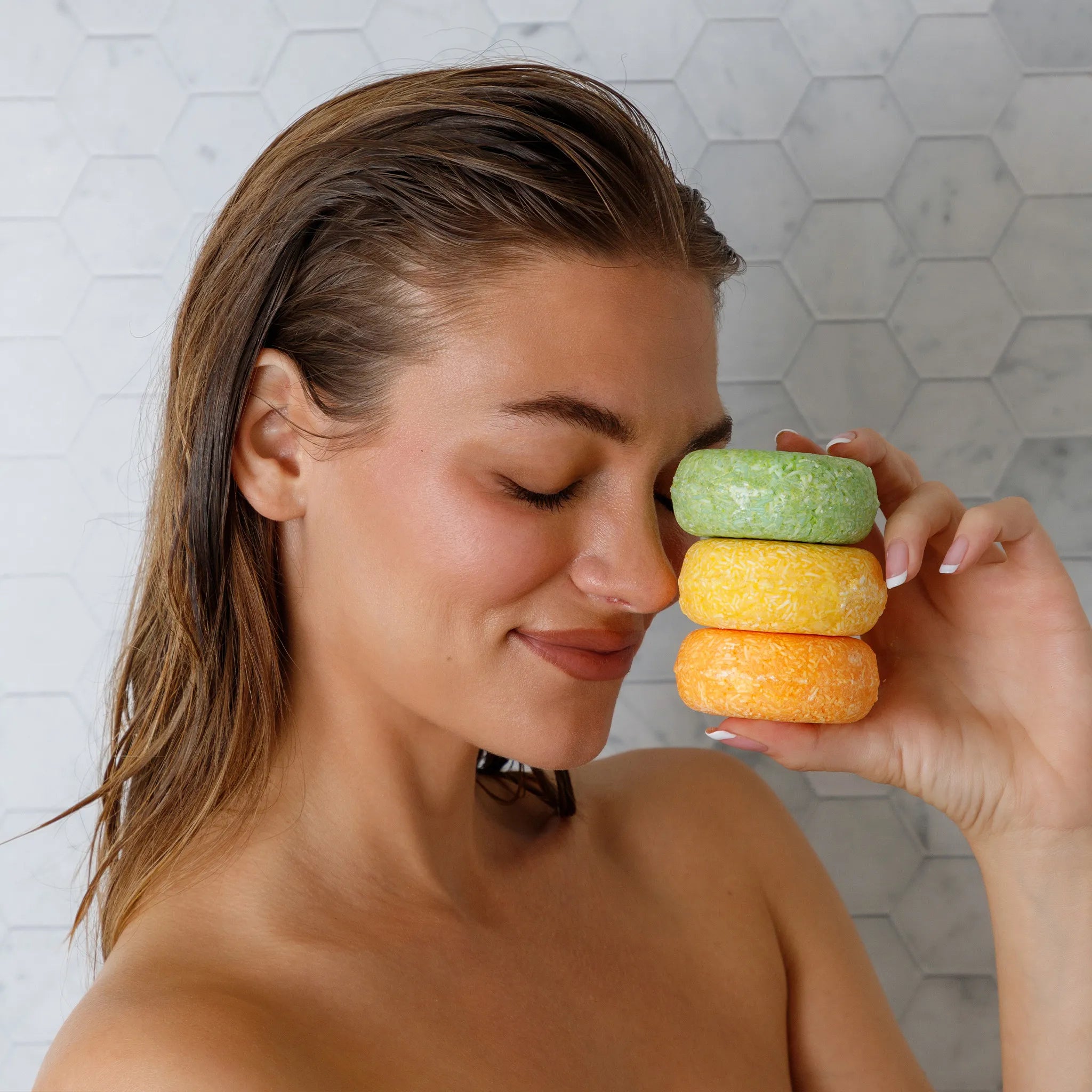
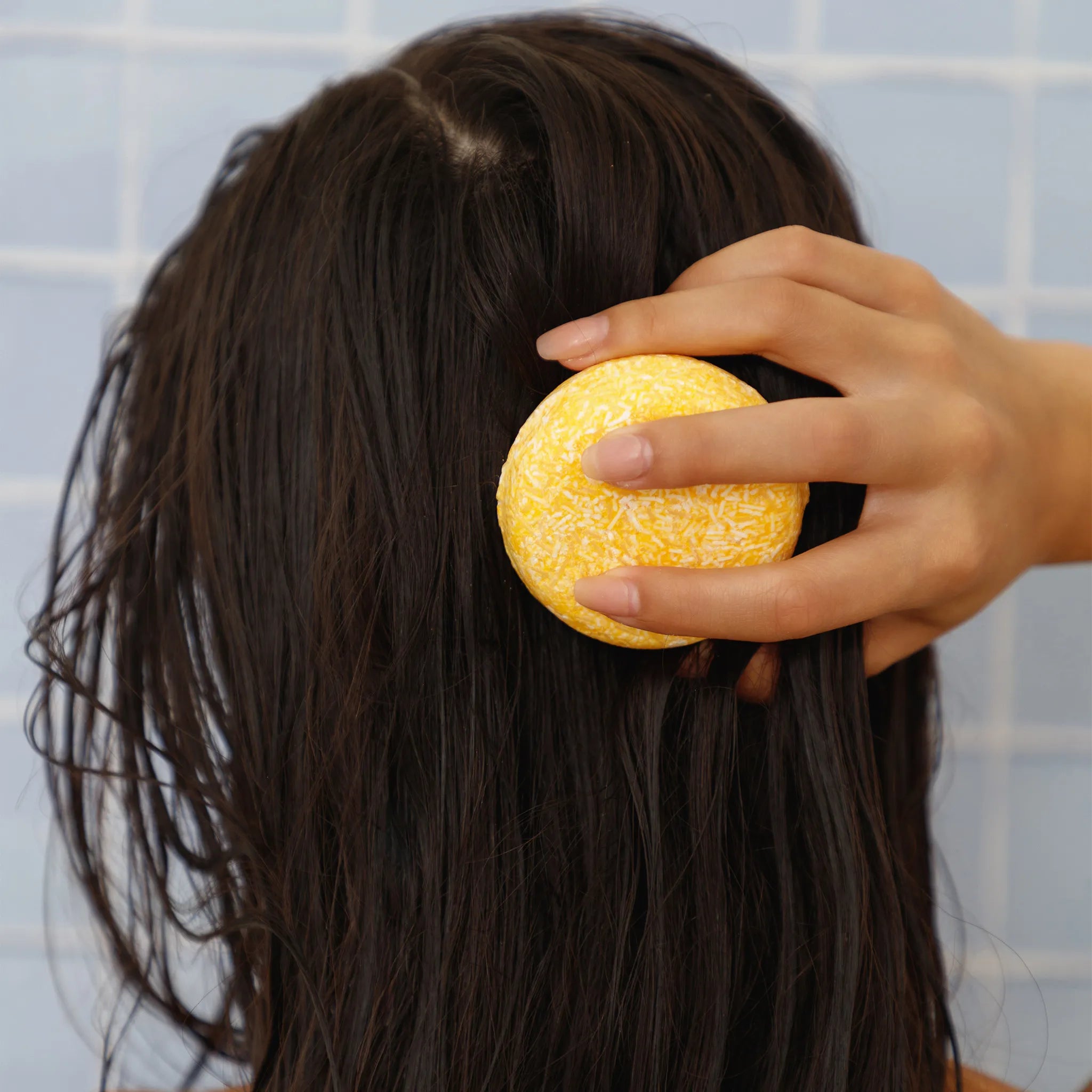
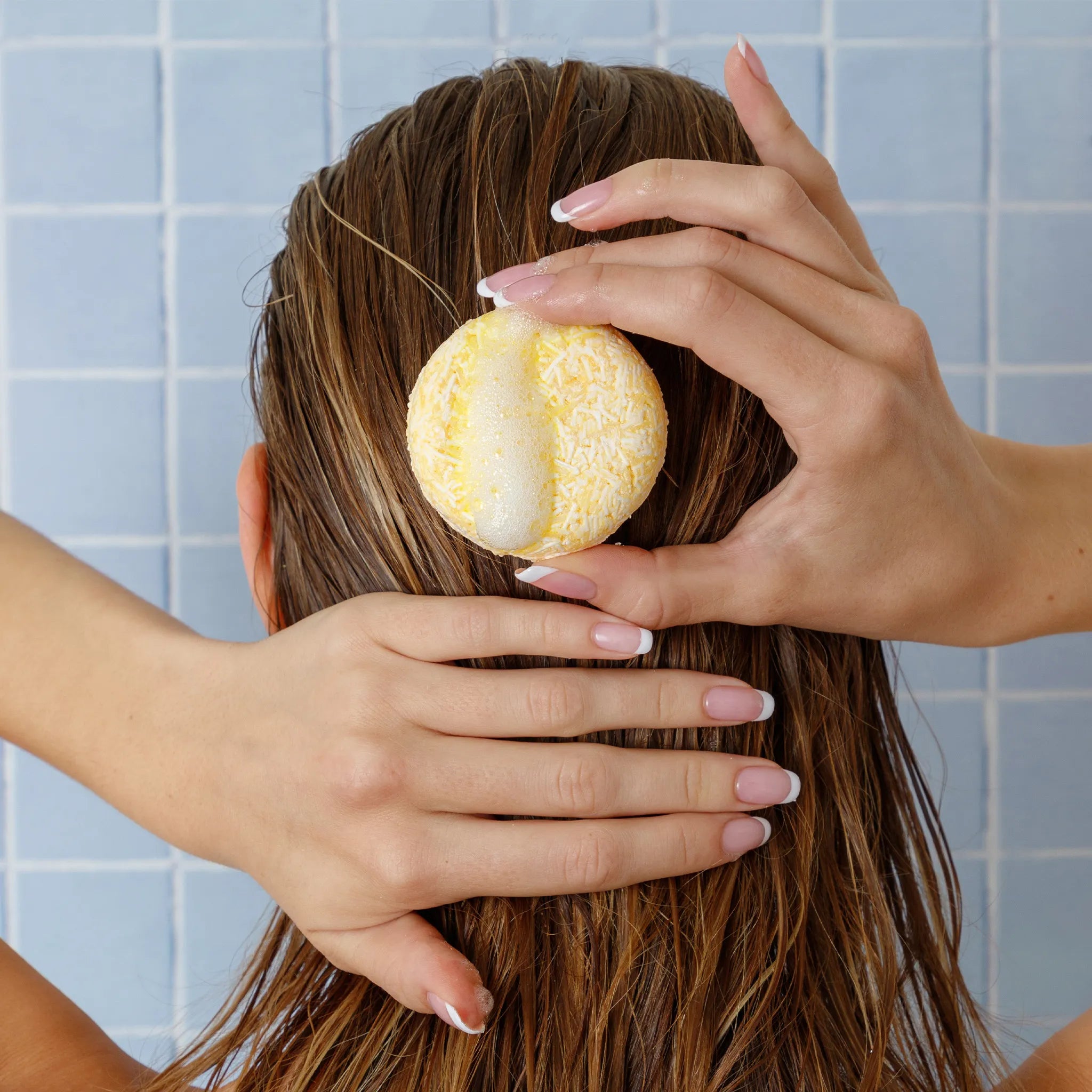
Description
✓ No Harsh Additives – Completely free from sulfates, palm oil, parabens, dyes, and synthetic fragrances.
✓ Amino Acid-Powered Care – Gentle yet effective formula that strengthens, volumizes, and revitalizes all hair types.
✓ Nutrient-Rich Goodness – Infused with antioxidants and essential vitamins for healthier hair.
✓ Long-Lasting & Efficient – A larger 3.2 oz bar provides 70-90 washes, replacing up to three plastic shampoo bottles.
✓ Sustainable & Plastic-Free – Thoughtfully packaged with the planet in mind, ensuring an eco-conscious haircare routine.
Parabens and The Environment
Parabens, once rinsed off during our daily hygiene routines, inevitably find their way into the wastewater system. From there, they travel through municipal water treatment facilities, which are not always equipped to fully remove or degrade these chemical compounds. Consequently, parabens can enter natural water bodies such as rivers, lakes, and oceans. The environmental persistence of these compounds is concerning due to their potential to withstand natural degradation processes, leading to their accumulation in the ecosystem over time.
Studies have shown that parabens are detectable in surface waters and even in drinking water supplies, indicating their ability to persist through conventional water treatment processes. This environmental presence is problematic because parabens have been identified as potential endocrine disruptors. In aquatic environments, they can mimic natural hormones and disrupt the hormonal balance of wildlife. Research has demonstrated that parabens can affect the reproductive systems of fish and other aquatic organisms, leading to developmental and reproductive issues, which can have cascading effects on the entire ecosystem.
The bioaccumulation of parabens further exacerbates their impact. Bioaccumulation occurs when an organism absorbs a substance at a rate faster than it can be excreted or metabolized. Studies have found that certain parabens can accumulate in the bodies of aquatic animals over time, potentially reaching harmful concentrations. This bioaccumulation not only affects individual species but can also affect predators higher up in the food chain, including humans, who may consume contaminated aquatic life.
Given these findings, environmental scientists and policymakers are increasingly concerned about the long-term implications of paraben pollution. The persistence and bioaccumulation of parabens in the environment call for a reevaluation of their widespread use in consumer products, and a push towards more sustainable and less harmful alternatives. This growing awareness is prompting both consumers and manufacturers to consider the broader ecological impact of everyday products and to seek out or develop formulations that are safer for both personal health and the environment.
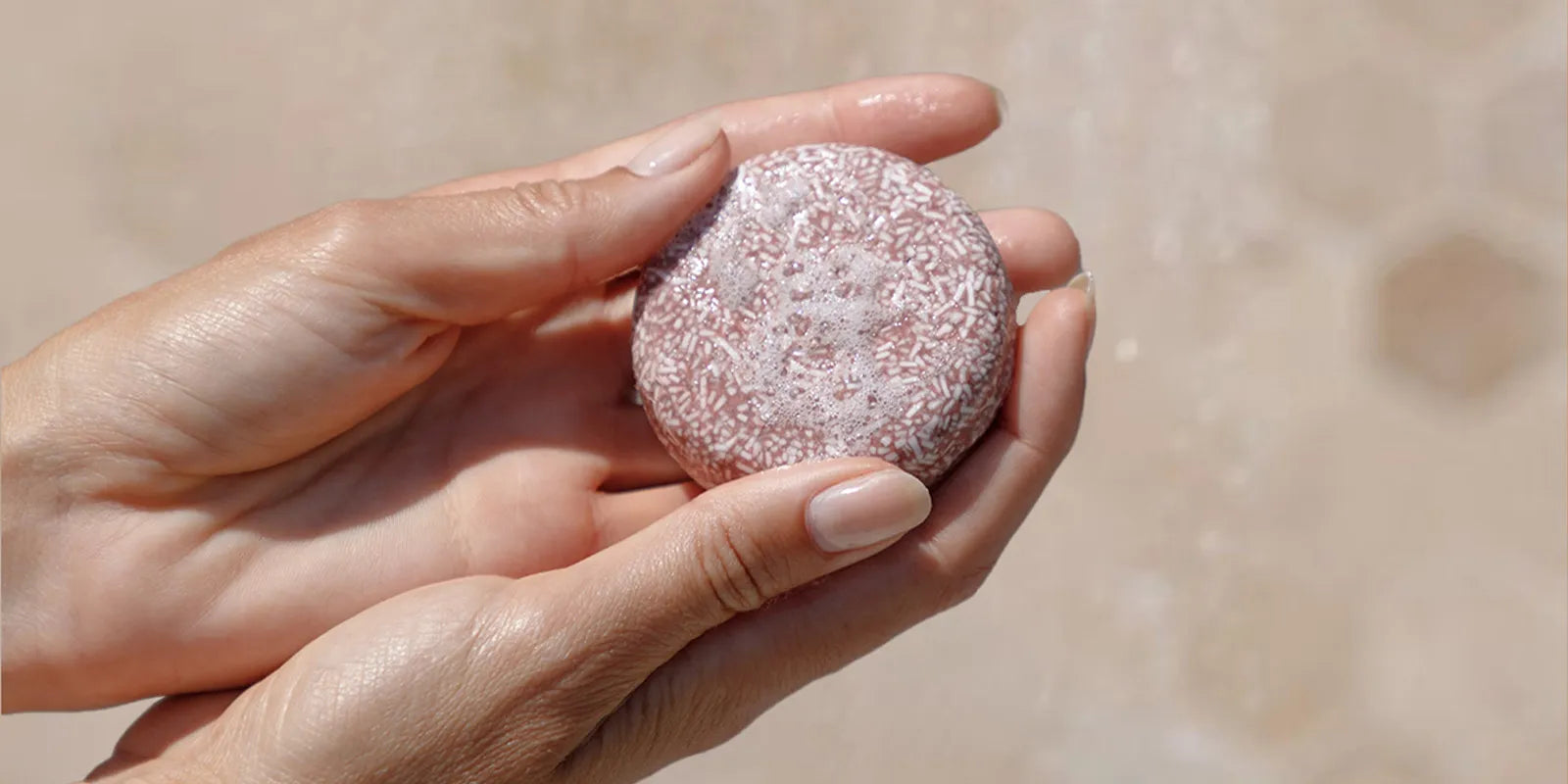
Why Parabens Are Not Needed in Our Shampoo Bars
Our shampoo bars are expertly crafted to cleanse and nourish the hair without the need for harsh chemical preservatives like parabens. This is largely due to their unique formulation and the natural properties of the ingredients we use:
Reduced Water Content
Although our shampoo bars contain water, it is present in significantly lower quantities compared to traditional liquid shampoos. Lower water content drastically reduces the potential for microbial growth, diminishing the need for strong preservatives. The solid form of the bars further ensures that the water present is bound within the matrix of the other ingredients, which inherently restricts microbial activity.
Natural Oils and Butters
We enrich our shampoo bars with natural oils and butters, such as avocado butter, cocoa seed butter, shea butter, and olive oil. These ingredients not only provide excellent moisturizing and conditioning properties but also create an environment that is less conducive to microbial growth. The rich fatty acid content of these butters and oils forms a protective barrier on the hair, which helps to naturally preserve the product.
Natural Humectants and Preservatives
Ingredients like glycerin and trehalose act as natural humectants in our shampoo bars. They help to maintain moisture in the hair and scalp while also playing a role in preserving the integrity of the bar. By binding water molecules, these humectants reduce the availability of free water that could otherwise support microbial growth.
Mild Surfactants
The use of mild surfactants such as Sodium Cocoyl Glutamate and Sodium Lauryl Glutamate in our shampoo bars provides gentle cleansing without stripping hair of its natural oils. These surfactants are derived from natural sources and are less irritating compared to their harsher counterparts found in many liquid shampoos. Their gentle nature supports the overall mild preservation system of the bar, which does not require the use of parabens.
Consumer Preference for Natural Ingredients
There is a growing demand among consumers for products that are free from synthetic additives, especially those like parabens, which have been linked to health and environmental concerns. Our commitment to using high-quality, natural ingredients aligns with this demand, providing our customers with a product that is not only effective but also aligns with their values of health and sustainability.
By leveraging the natural efficacy of these ingredients, our shampoo bars deliver a superior cleaning and conditioning experience, requiring no parabens for preservation. This approach not only ensures the safety and quality of the product but also supports our commitment to environmental stewardship and consumer health.
Understanding Parabens in Shampoo
FAQ - What Are Parabens In Shampoo
What are parabens, and why are they used in shampoo?
Parabens are a group of synthetic preservatives commonly used in personal care products, including shampoos, to prevent the growth of bacteria and mold, thereby extending the product's shelf life. They are favored for their effectiveness and cost-efficiency.
Are parabens harmful?
The safety of parabens has been debated extensively. Some studies suggest that parabens can disrupt hormone function by mimicking estrogen, potentially leading to increased risk of certain cancers and reproductive issues. However, the scientific community has not reached a consensus, and more research is needed. Regulatory agencies like the FDA currently consider them safe at the levels used in cosmetics.
How can I identify parabens in shampoo ingredients?
Parabens are often easy to identify by their names. Most parabens used in cosmetics end with the suffix "-paraben." Common examples include methylparaben, propylparaben, butylparaben, and ethylparaben. Always check the ingredient list on shampoo bottles to identify these compounds.
What are the alternatives to parabens in shampoo?
Seek Bamboo's shampoos are meticulously formulated with all-natural ingredients, ensuring they are free from parabens and sodium lauryl sulfate (SLS). By avoiding these synthetic chemicals, our shampoos offer a gentler, more eco-friendly cleansing option. They are designed not only to effectively clean hair but also to maintain its natural balance and health without harsh additives. This makes our shampoo bars an excellent choice for consumers looking for pure, sustainable hair care solutions that are kind to both their bodies and the environment.
Why should I choose a paraben-free shampoo?
Choosing a paraben-free shampoo may be beneficial if you are concerned about the potential health risks associated with long-term exposure to synthetic chemicals. Seek Bamboo's paraben-free shampoo bars are crafted with more natural ingredients and may be better suited for people with sensitive skin or those looking to reduce their environmental impact.
Are paraben-free shampoos as effective as those with parabens?
Yes, paraben-free shampoos can be just as effective as their counterparts containing parabens. The effectiveness of a shampoo generally depends on its active cleansing agents and not on the type of preservatives used. Many users find that paraben-free shampoos provide excellent cleaning with the added benefit of using more natural ingredients.
Can using shampoos with parabens affect my health over time?
Concerns about parabens often stem from studies suggesting that they can mimic estrogen and potentially disrupt hormonal balance, which might affect health over time. Although parabens are approved for use in personal care products at low concentrations, some consumers choose to avoid them as a precautionary measure, especially those with sensitive skin or hormonal concerns.
How do parabens in shampoo impact the environment?
Parabens can enter the water system after being washed down the drain. Studies have shown that parabens are not completely broken down by wastewater treatment processes, which means they can accumulate in water bodies, potentially impacting aquatic life by disrupting the hormonal systems of different species.
Are there specific groups of people who should avoid parabens in shampoos?
While parabens are generally considered safe for the broader population, individuals with sensitive skin, eczema, or those who have experienced allergic reactions to beauty products might benefit from avoiding parabens. Additionally, people concerned about long-term exposure to chemicals that can disrupt hormones may also choose to steer clear of parabens in their personal care products.
What does the research say about the safety of parabens in cosmetics?
The research on parabens is ongoing, with many studies indicating low risk when used in small quantities as currently regulated. However, emerging concerns about their potential endocrine-disrupting effects have led some to call for more stringent studies and regulations. Consumers looking to make informed choices should stay updated with new research findings as they become available.
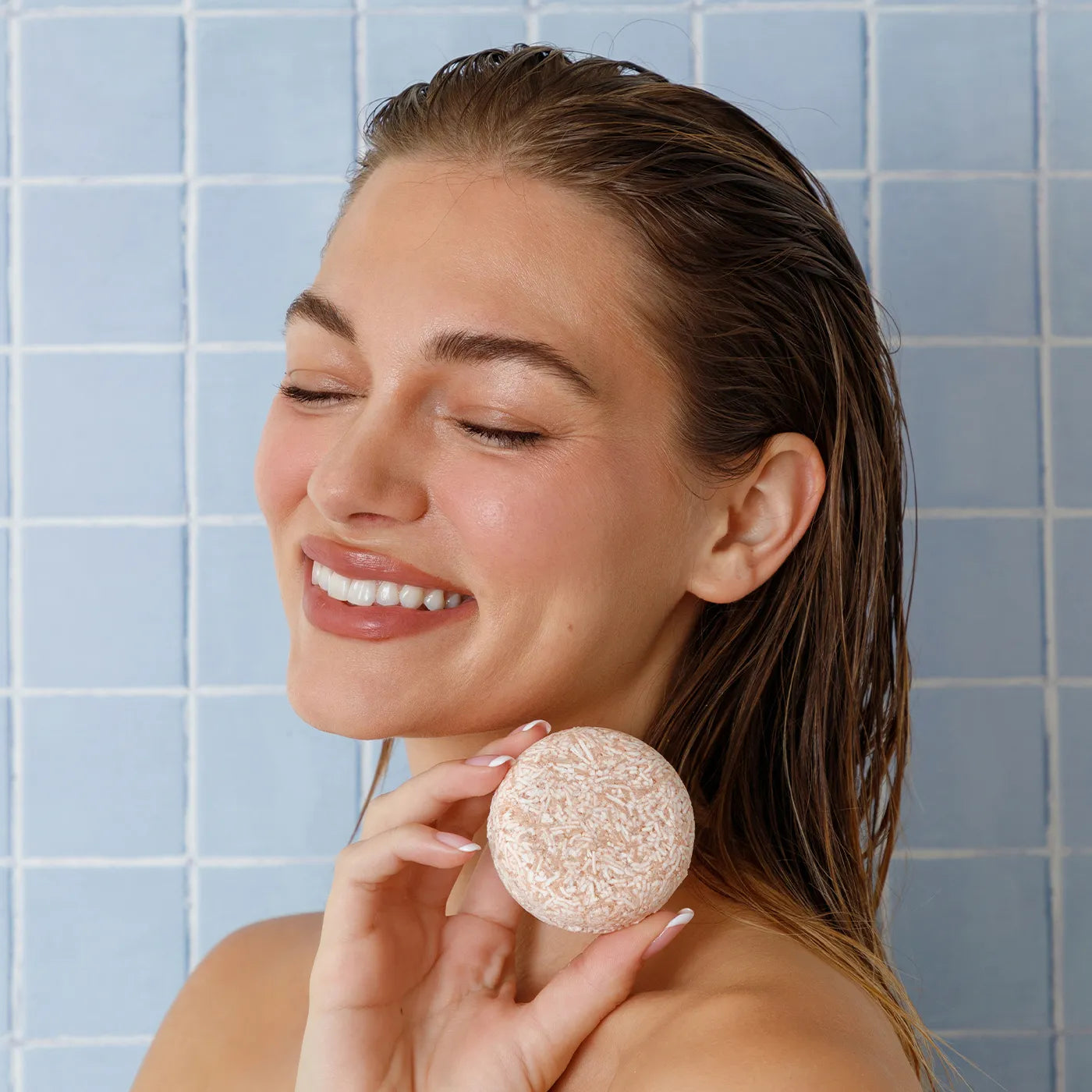
How To Use : Shampoo Bars
Unlock the secrets to healthier hair with our step-by-step guide on using paraben-free shampoo bars.
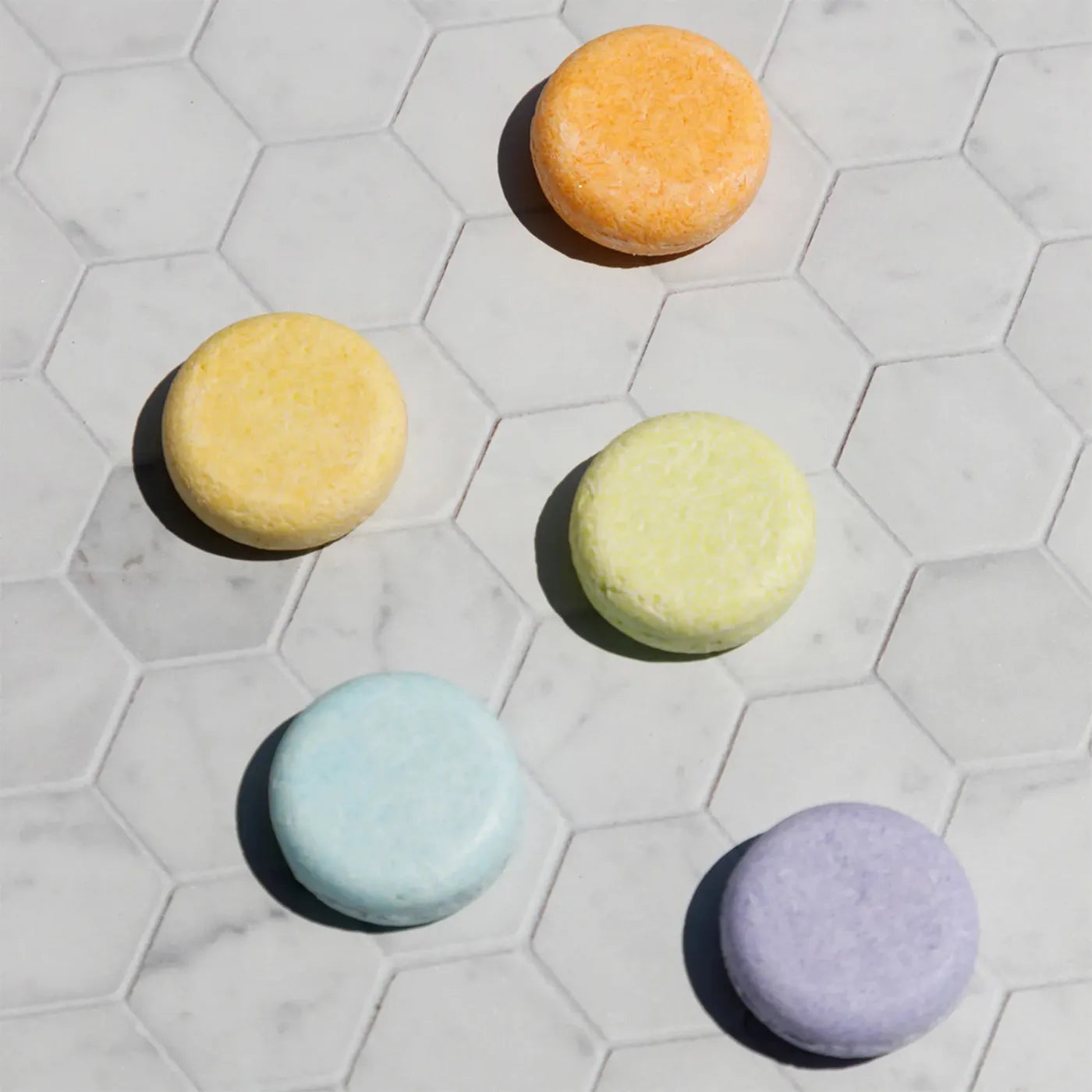
All About Shampoo Bars
Dive into the world of paraben-free shampoo bars and see how switching can enhance your hair health.



